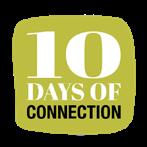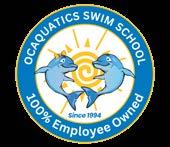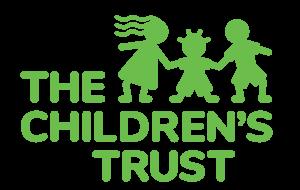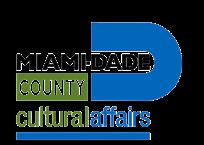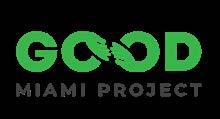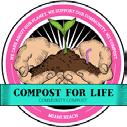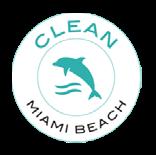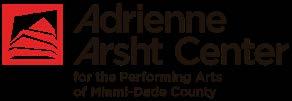














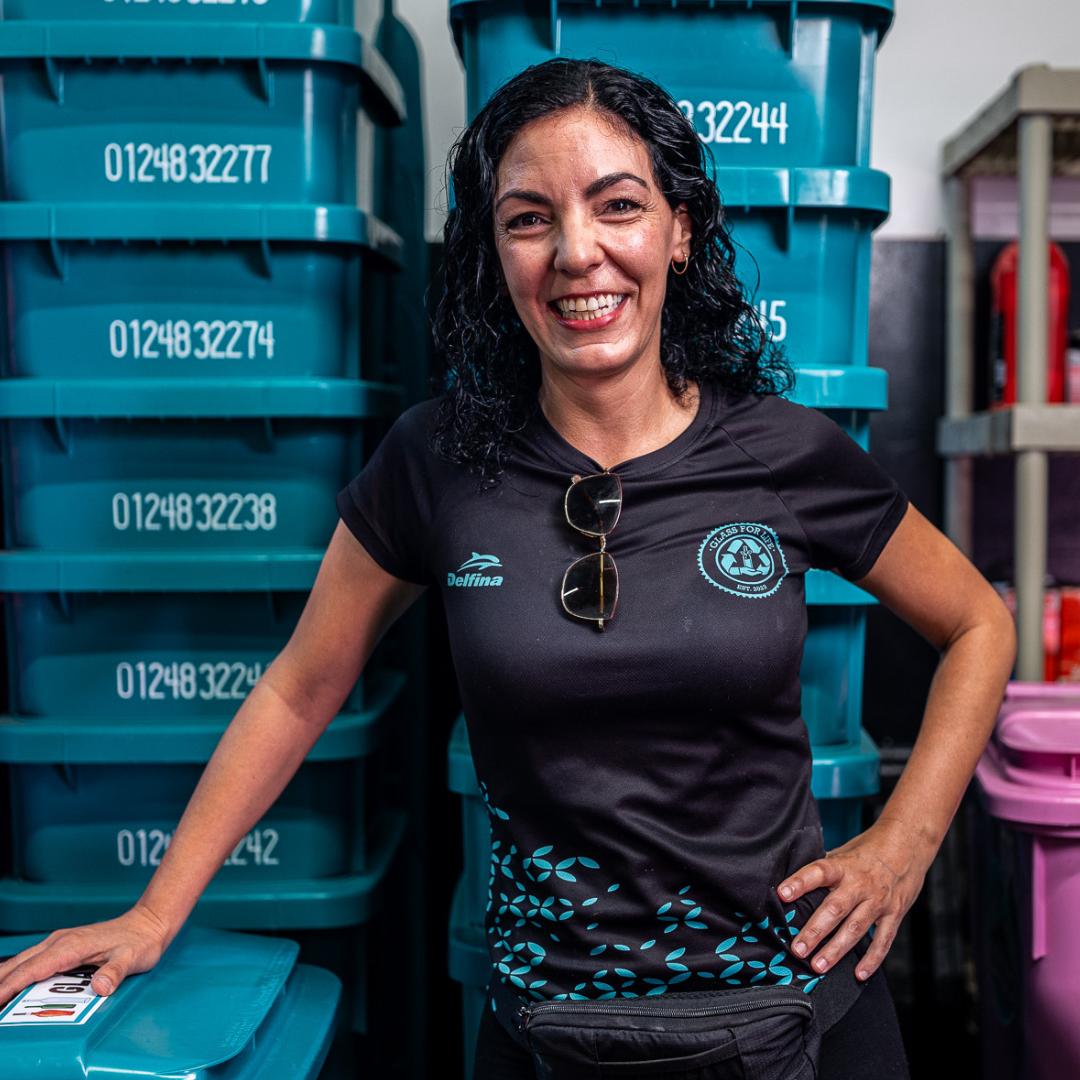
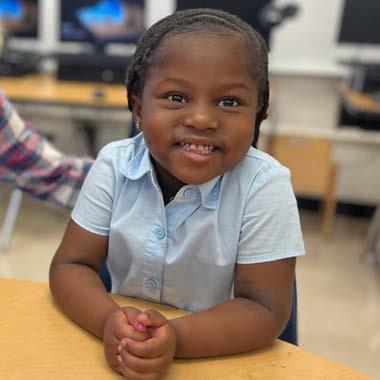
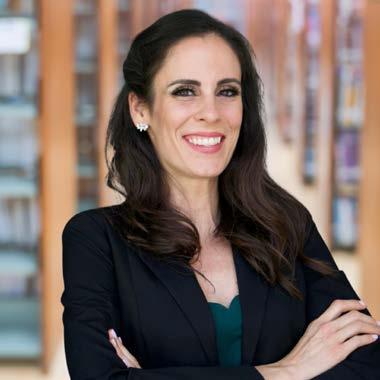

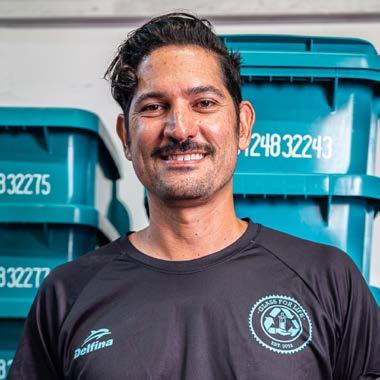
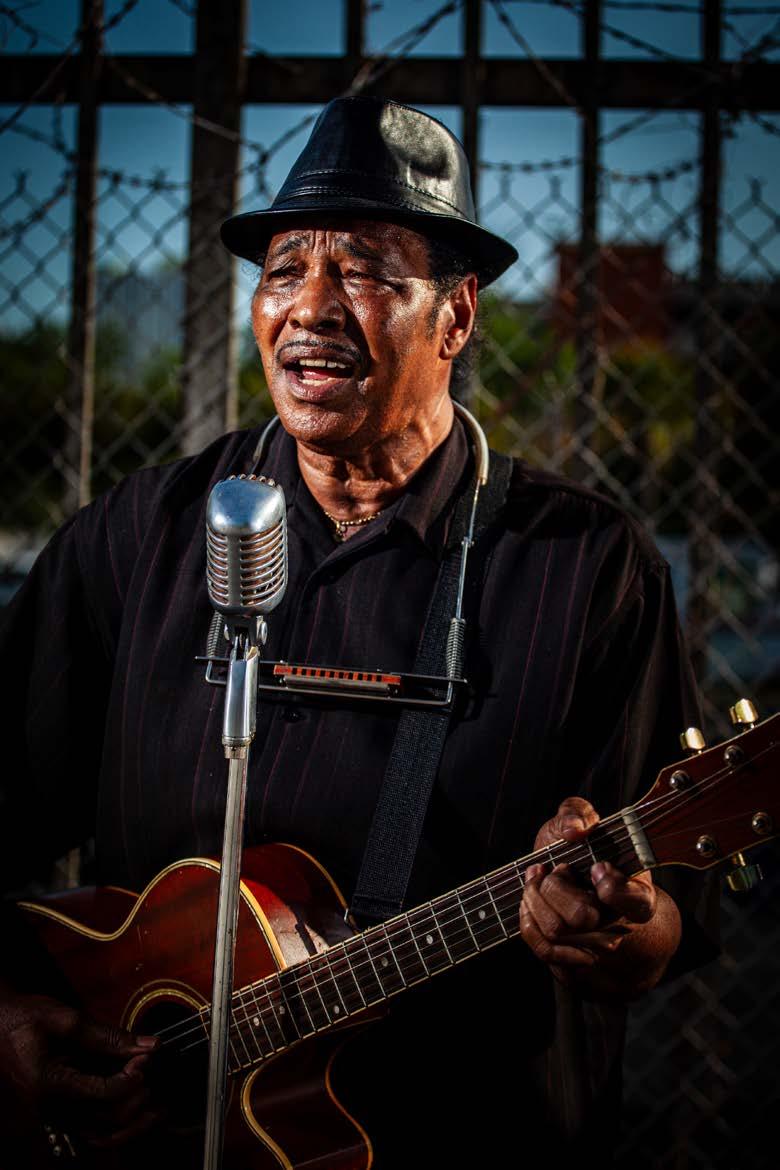
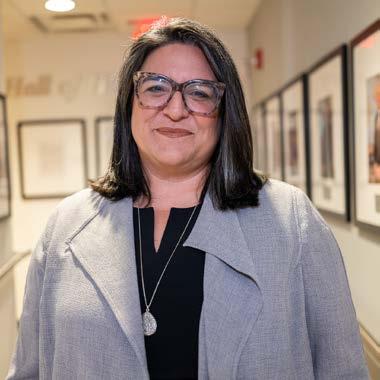
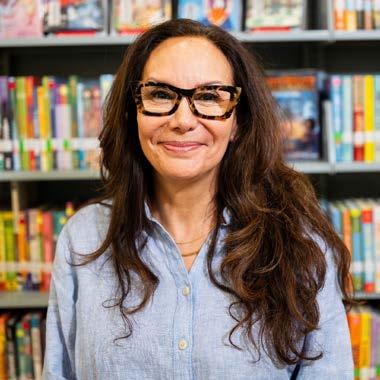
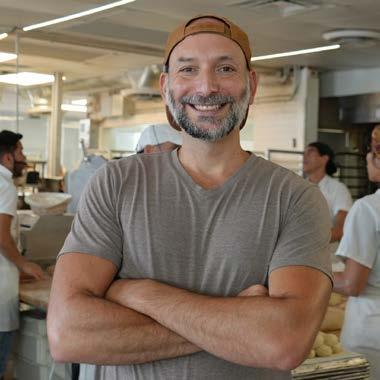
THE HEART OF OUR MISSION AT IMPACT.EDITION BEATS TO THE BELIEF THAT THE "NEWS" AGENDA SHOULD BE SHAPED BY THE UNDERREPRESENTED VOICES OF COMMUNITY CHANGEMAKERS.
THEY ARE THE ONES WHO WORK TIRELESSLY TO SAFEGUARD OUR CITIES FROM ENVIRONMENTAL RUIN; THEY RESTORE EMPATHY AND JUSTICE WHERE IT HAS BEEN LOST.
Positively influencing the Earth’s — and humanity’s — long-term future is a key moral priority of our time. To that end, Impact.Edition spreads knowledge of the solutions that will help preserve natural resources and achieve social and environmental justice. In this work, we can ensure everyone has a chance to contribute.
Through field reporting, daily research, and hours of interviews with ordinary people doing extraordinary things, we not only document community knowledge and illuminate actionable information for our thriving future — we set new standards for impactful journalism.
Our team works across and within diverse communities, encouraging bold, innovative rethinking of past practices. With solutions journalism, we’re pushing visionary approaches to understanding and uplifting more complete stories about who we are and what we advocate for.
Will you join the collective?
TEACH ME TO READ
MESSAGE IN A (EMPTY) BOTTLE
HUMAN TO HUMAN
THE RIGHT TO STAY HOME
SWEET, SWEET CONNECTION
BREAKING GROUNDS, BREAKING BARRIERS
TRUST, TRUTH, LOVE & CHUTZPAH
DEEP TIME. DEEP WATERS.
WHAT’S ON THE YOUTH’S AGENDA?
‘YOU JUST HAVE TO LISTEN’

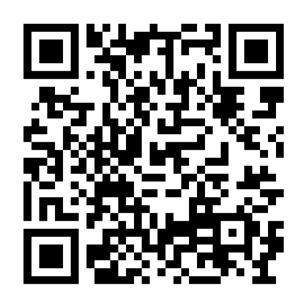
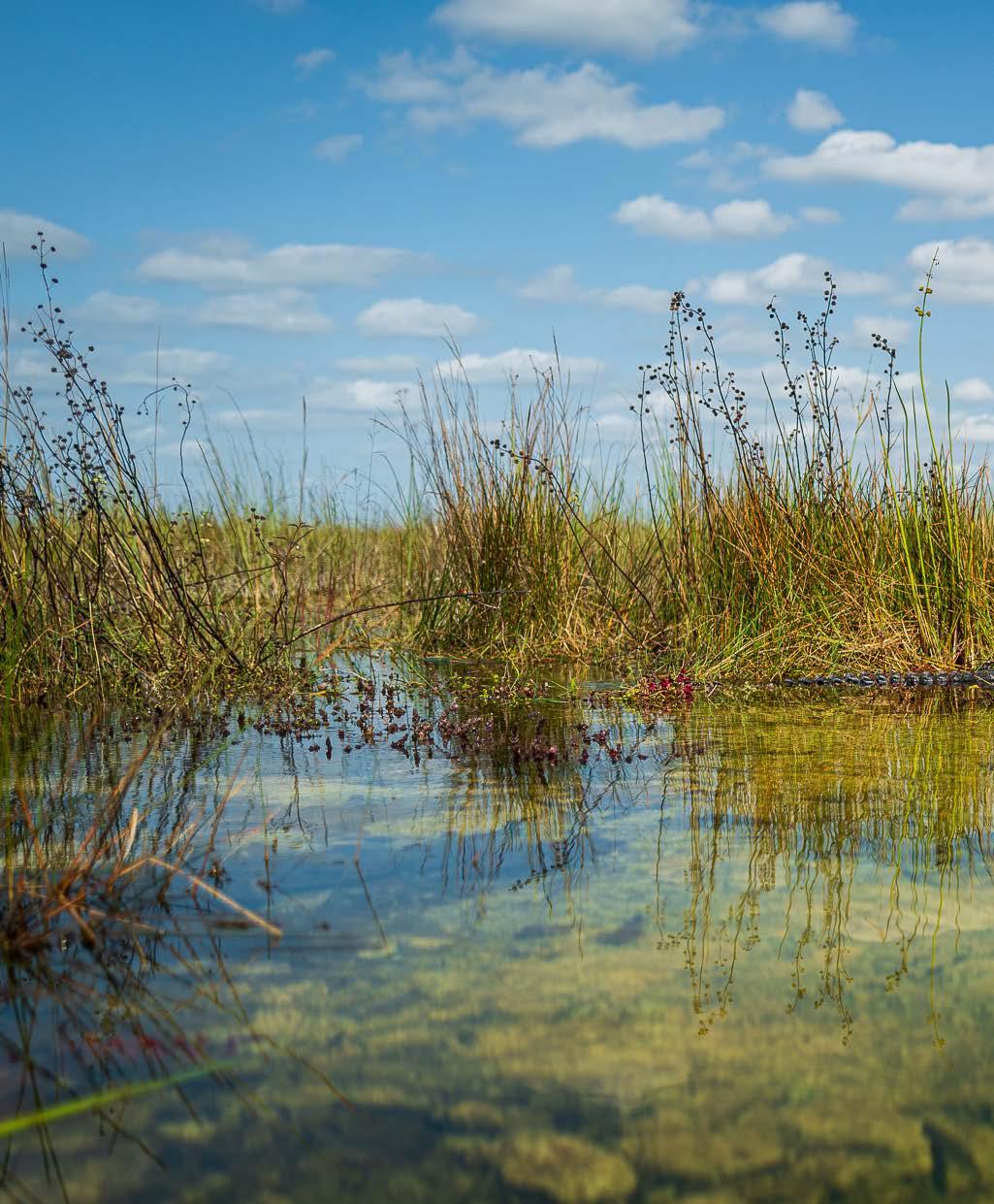
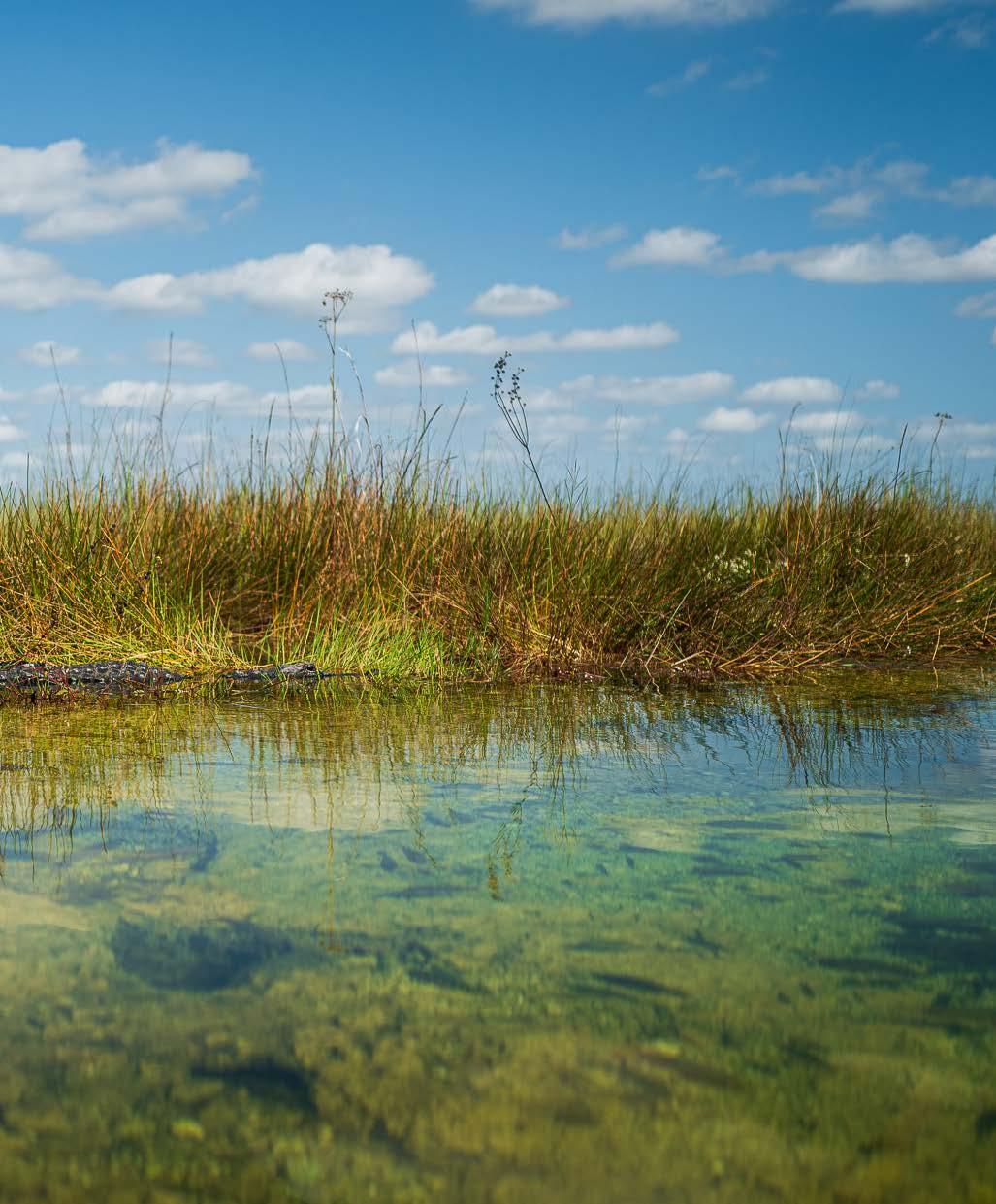
We acknowledge that the territory now known as "South Florida" has been the traditional homeland of Native nations, including the Calusa, the Tequesta, and today the Miccosukee and the Seminole. We pay our respects to the traditional custodians of this land and their Elders, both past and present.
what does it mean to belong?
When was the last time you felt, I belong here — truly, confidently, comfortably? Do your work or actions influence the community's sense of belonging and foster sustainability and progress?
These questions have a way of haunting us in a world where trust-founded connections are tested every day through glowing screens, calculated algorithms, and fast-paced exchanges.
In this issue of Impact.Edition, we delve into the essence of belonging: its transformative power for social impact and climate innovation.
Belonging is not just a feeling; it’s the cornerstone of resilience and sustainable development. It’s about creating spaces where people are seen, heard, valued, and safe. These are the essential ingredients for authentic connections, for meaningful partnerships, and for shared experiences that lead to remarkable, solutiondriven action.
With this collection, we explore belonging through the stories of changemakers creating opportunities beyond zip codes and broken
infrastructures, building bridges across differences, artists who inspire connection in deep waters, and innovators who redefine sustainability by centering community and inclusion.
As you turn these pages, we invite you to think about the role you play in fostering belonging — in your neighborhoods, your workplaces, your inner circle and widecast communities. Perhaps it’s starting a conversation, supporting a local changemaker, or simply taking a moment to see the world through someone else’s eyes.
We hope the insights of these stories inspire you: cultivate spaces where every voice matters, where collective strength paves the way for solutions to our most pressing challenges.
Change for good is a collective act. Let’s continue to uplift one another. From human to human, let’s own our power to create a more inclusive and resilient future.
There is a world where everyone belongs — but we have to keep building it.
Collectively, Yulia & Samantha
Impact.Edition (ISSN 2832-4706) is a Miami-based 501(c)(3) nonprofit publication devoted to sustainable development and collective impact. It's mission is to elevate the voices of local changemakers who prove their efforts toward positive lasting change — from addressing social inequality to saving the planet from environmental ruin.
For article proposals, advertising, and reprint inquiries, please contact us at hi@impactedition.org.
IMPACT.EDITION PRODUCTION TEAM
Yulia Strokova, Founder & Publisher
Samantha Schalit, Editor-in-Chief
Yadira Diaz, Media Producer, Business For Good
Kacie Brown, Senior Social Impact Writer
Sarah Knowlton, Social Impact Writer
Martina Potlach, Contributor
Paloma Pimentel, Contributor
Brishailah Brown, Contributor
Joseph Belzaguy, Assistant Graphic Designer
ART DESIGN GROUP
Augusto Jaramillo, CEO, Reinvent Publicidad
Laura Polo, Project Manager, Reinvent Publicidad
Fabian Grisales, Graphic Designer
BOARD OF DIRECTORS

Sanjeev Chatterjee, Founder & CEO, Media for Change
Scarlett Lanzas, Founder & CEO, Accountable Impact
Greg Clark, Photographer & Founder, Good Miami Project
MEMBERSHIP
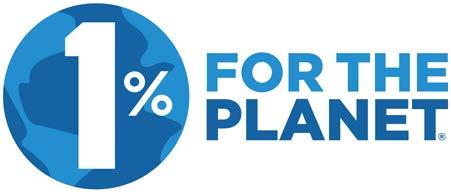

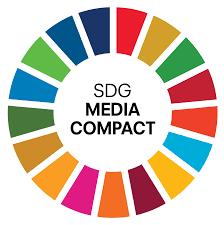
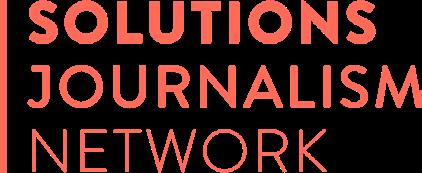
hi@impactedition.org | @impact.edition | impactedition.org

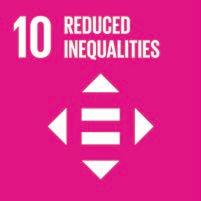
Half of Florida students read below grade level. To reverse this negative trend, the education system needs to invest in more effective instructional strategies that empower all children with essential literacy skills. Literacy training & support organizations across South Florida are making stunning strides. From books in barbershops and laundromats to science-backed teachings to the heroic “Readman” — community partnerships are turning the page.
By Kacie Brown, Samantha Schalit
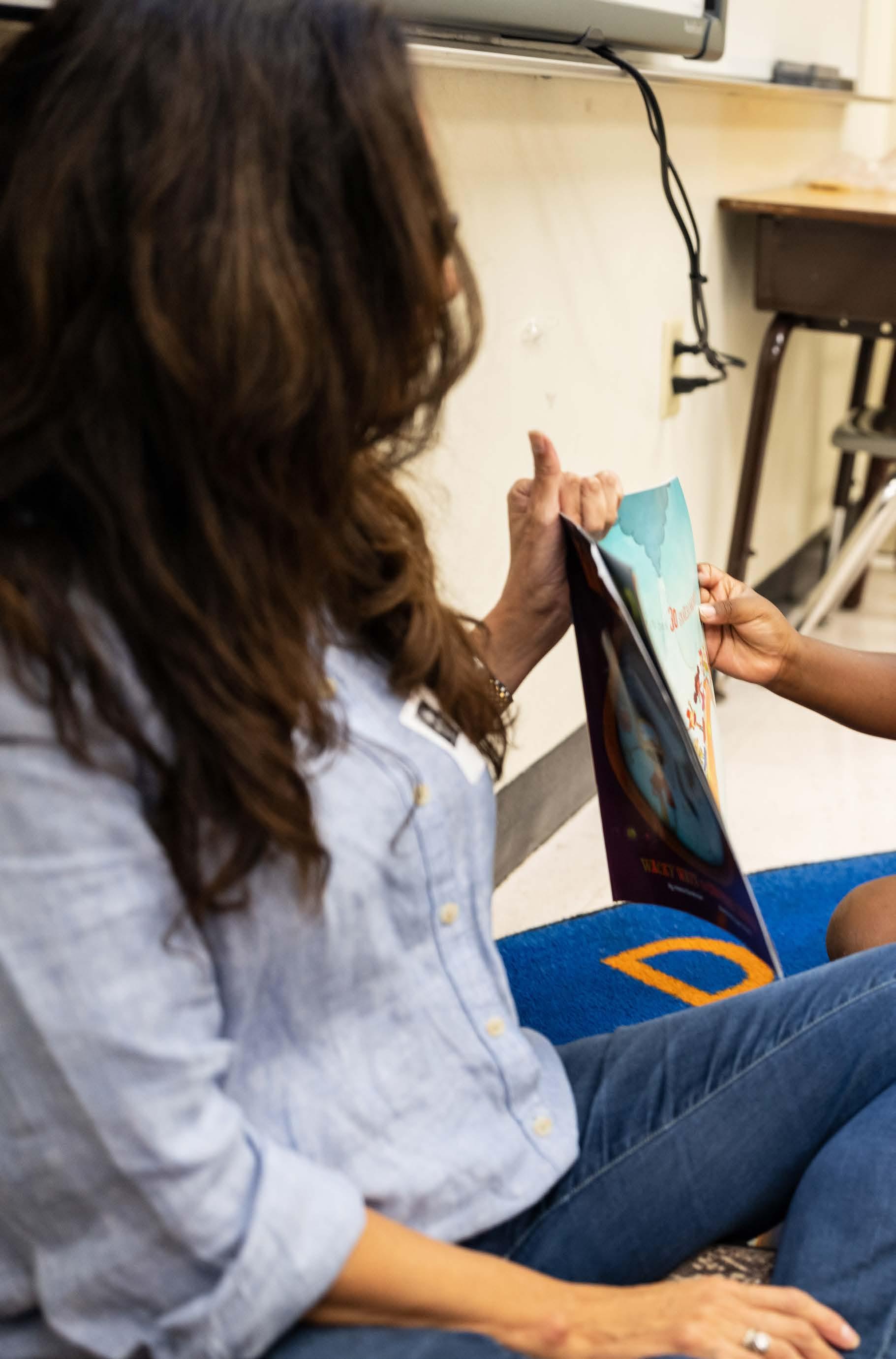
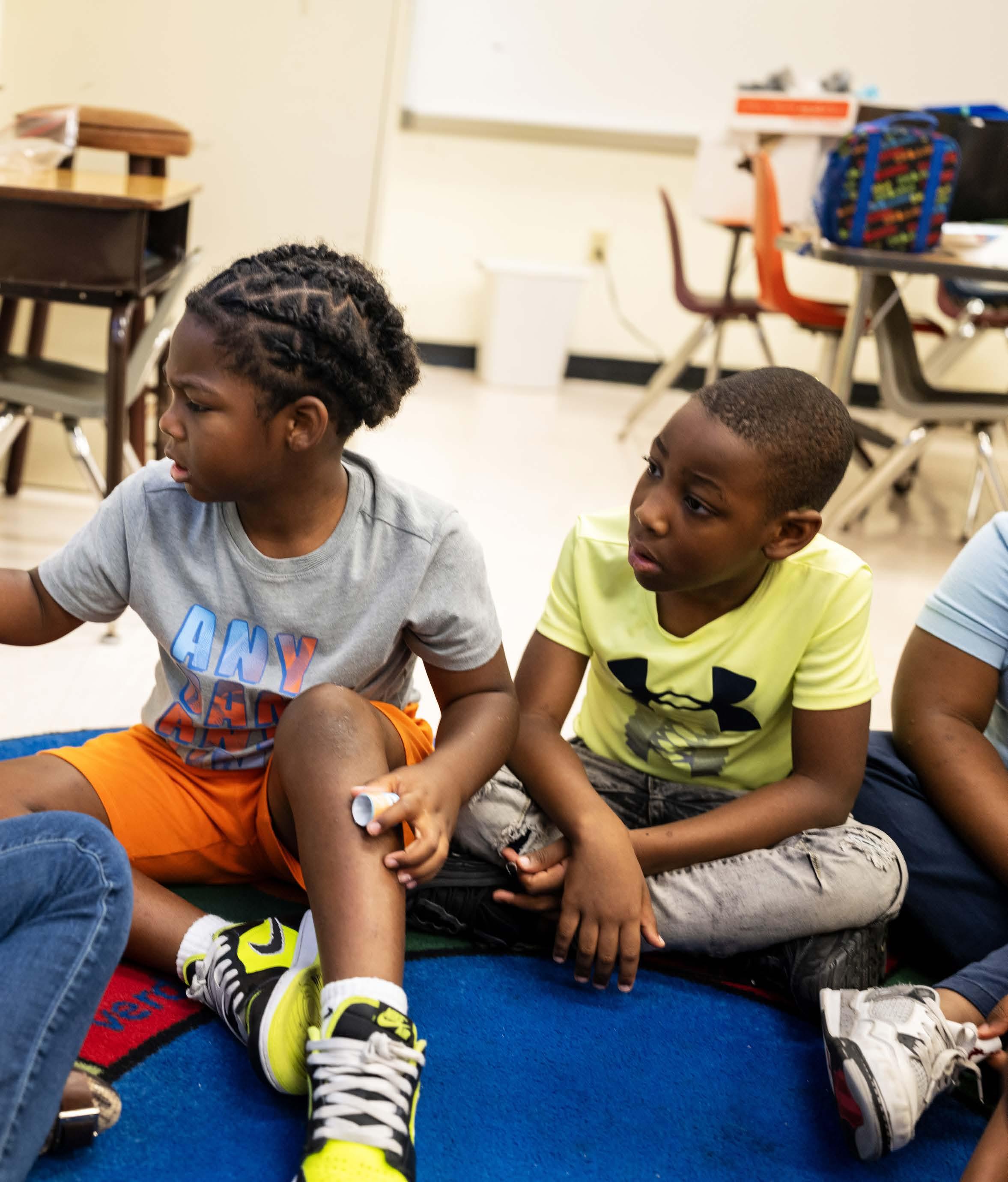
by
Sandra Bermudez sees the kids she works with through a parent’s eyes. As founder and CEO of The Lucy Project, a literacy education nonprofit named after her daughter, Sandra knows the bewilderment that comes with a learning disability diagnosis or a less-than-satisfactory progress report. For Lucy, these problems began to bubble up in kindergarten.
"I would catch her doing extra homework in the bathroom,” Sandra says. “She realized she wasn’t moving as fast as other kids. Her self-esteem started taking a hit. Our very happy-golucky child suddenly didn’t want to go to school."
Lucy wasn’t alone. Half of Florida students can’t read at grade level. In the United States, nearly 43 million adults can't read proficiently. The consequences of these numbers echo far beyond report cards: They harm emotional health. They limit individuals’ abilities to navigate healthcare and legal systems. They decrease earning potential and even lower our entire country’s GDP.
Lucy overcame her literacy challenges because she navigated the struggle with her family’s support. She grew to become a straight-A high school student. And now that Sandra has years of experience preventing Lucy and other children from facing the lifelong repercussions of illiteracy, she has actionable advice for parents:
Stop the stigma. A child stumbling over written words will continue to fail if the adults around them associate their struggle as embarrassing.
"There is no shame in struggling to learn how to read. Just like there's no shame in not learning how to tap dance. Everyone has different gifts and different weaknesses," Sandra says.
Lucy has dyslexia, a learning disorder estimated to affect up to 20% of people worldwide. Sandra explains that when Lucy was diagnosed, she and her husband were open with Lucy about what it meant.
"We explained to her: Mi amor, not everyone's brain is wired the same way, and yours is having a hard time putting letters and sounds together. And that means we're just going to get you some
awesome teachers. This isn't your fault, and we're going to sort it out. And that’s what The Lucy Project does daily."
Early detection is a game-changer. Problems with pronunciation and rhyming and difficulty differentiating right from left can often signal underlying issues.
"Don't think they're late bloomers. Look for help now, because the older a child is, the harder it is for them to catch up."
Not Whole Language, whole life. Sandra emphasizes a family’s focus can’t just be on academics, no matter how severe a child’s struggles are.
It’s important that kids have time to go to gymnastics or soccer or karate or whatever it is that they like. It's important that we let our kids succeed.
Encouraging kids to spend time in activities they naturally excel at, as Sandra says, fuels their self-esteem tank so they have more to give when they have to work in the areas they struggle.
While many factors play into students’ success, their teachers and the methods those teachers use can help or hinder reading skills tremendously. With the popular, often criticized, Whole Language approach, for example, students learn to use context clues to identify whole words rather than sounding them out. However, years of analyzed research conclude that understanding phonics (letters represent sounds, which, put together, form words) is critical to a student’s ability to decode new words they’ve never seen before.
Norwood Elementary, in Miami Gardens, is one of the schools that partnered with The Lucy Project. Their teachers have been trained by The Lucy Project in the Science of Reading, and the results are positively staggering. At the start of the 2023 school year, only 52% of Norwood’s kindergarten students could read proficiently. By the end of the year, 91% of the students had mastered the technical skills critical to reading.

by
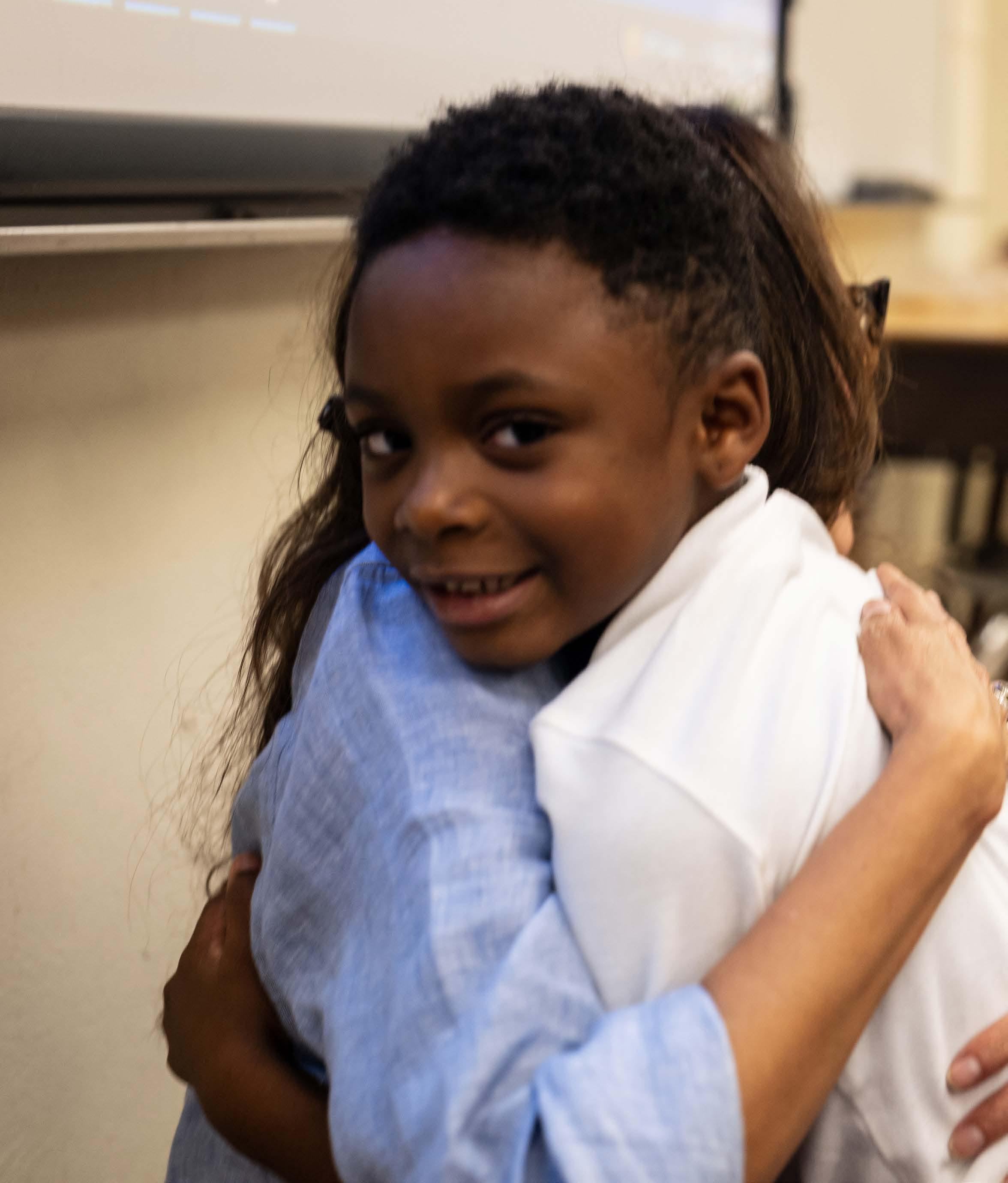
SO MANY CHILDREN ARE DEMORALIZED WHEN THEY ARE NOT TAUGHT WELL. THEY THINK IT'S THEIR FAULT, THAT THEY'RE NOT SMART. BUT A GOOD INSTRUCTOR WILL TEACH ALMOST ANY CHILD TO READ. YOU SEE THE WHOLE CHILD BLOSSOM & IT'S NOTHING SHORT OF AMAZING.
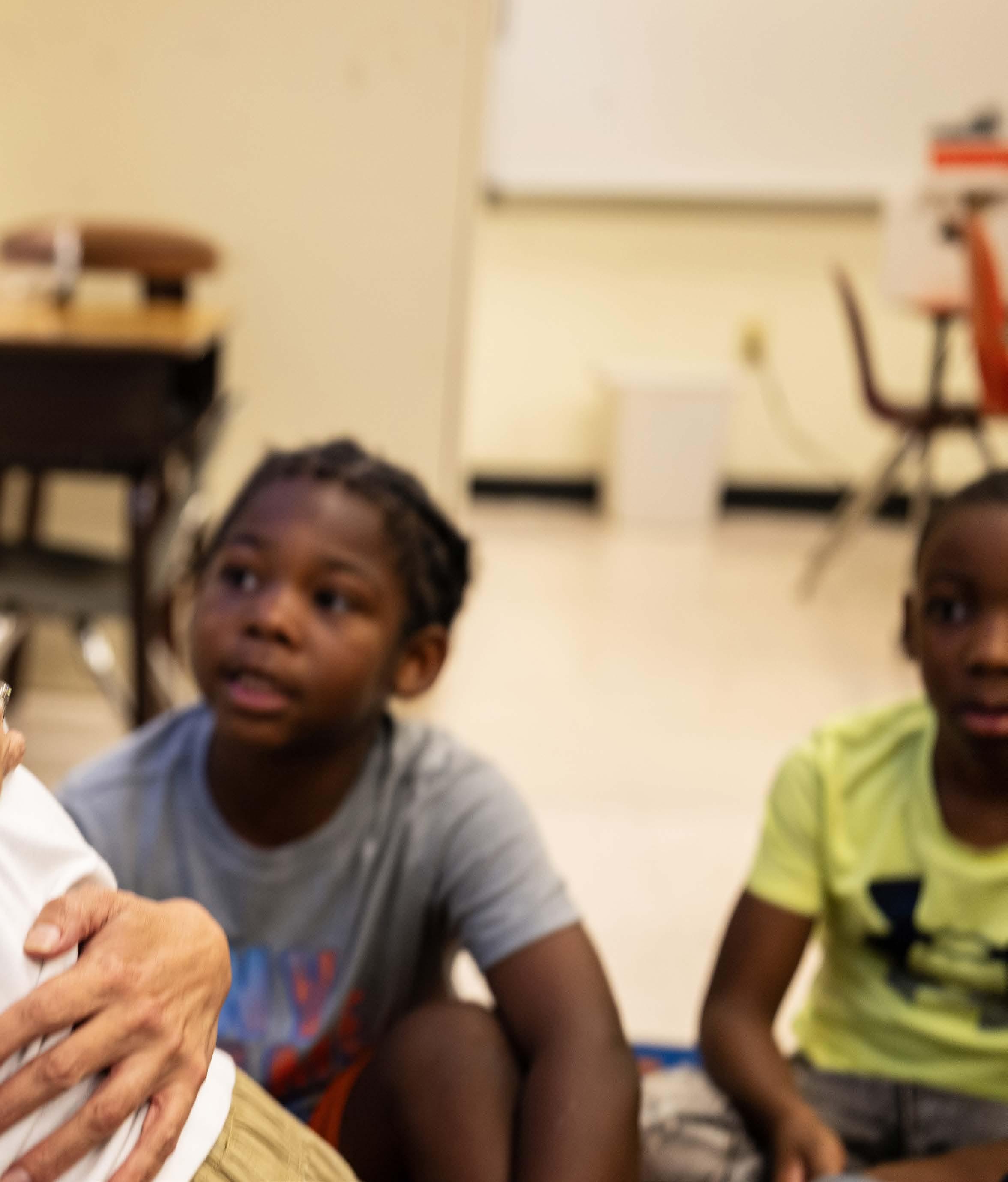
Sandra recalls Lucy's difficulties; she had to work much harder than many of her peers. But her journey through dyslexia came with silver linings. Amid the struggle, she found purpose.
“She has a club for elementary kids that struggle with learning disabilities,” Sandra says. “Dyslexia gave her a window into kindness and empathy.”

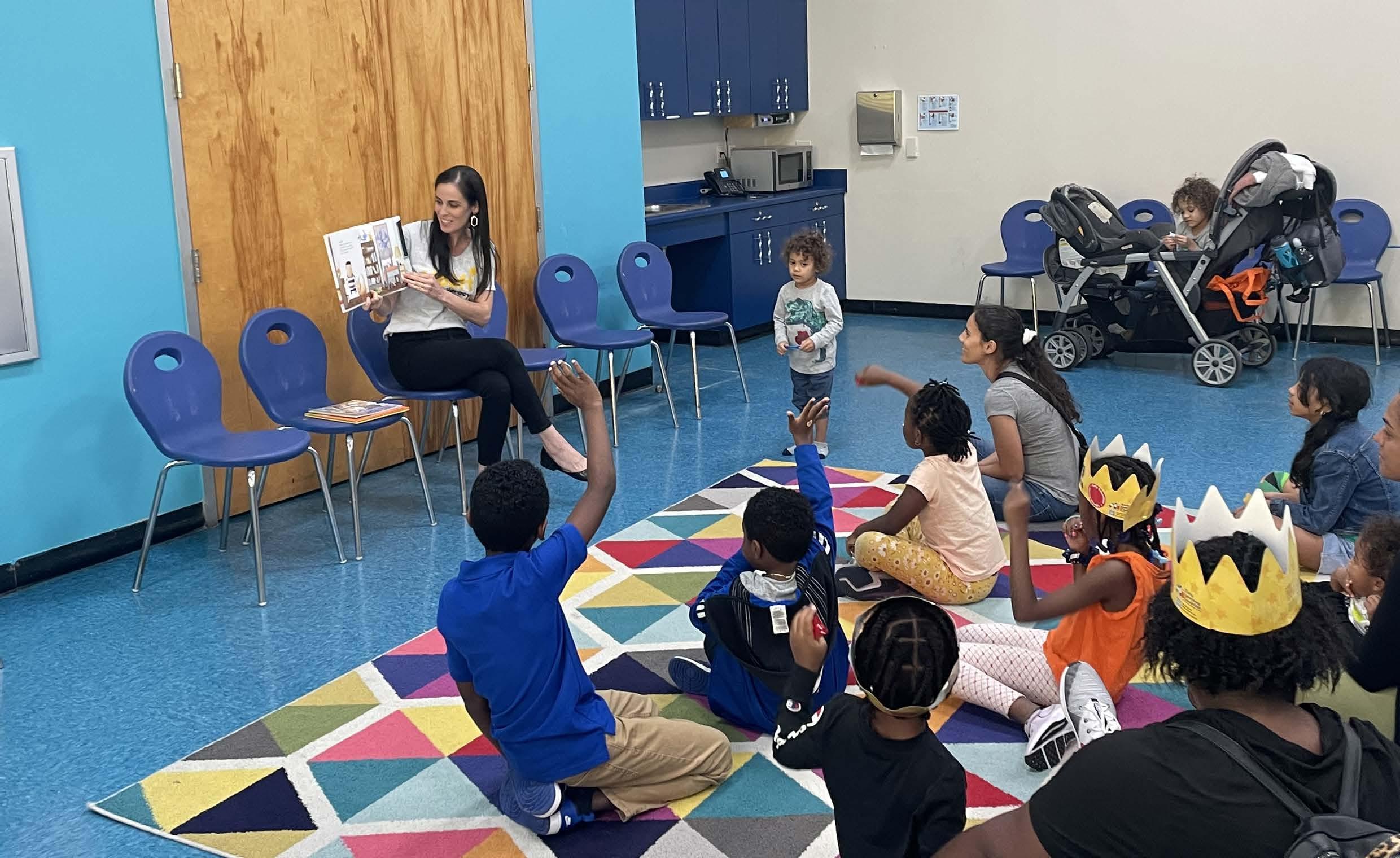
Just outside Dallas, Aileen Sanchez Gonzalez was teaching at a public middle school. She saw her students weren’t getting the individualized attention they needed — the school just didn’t have the resources, and neither did the students’ parents. The ripples of her kids’ difficulties achieving literacy stuck with her even when she returned to her native Miami.
When you’re a struggling reader, you don’t just struggle in your English class. Reading is the cornerstone of learning across all subjects.
Then, her daughter started pre-K during the pandemic. Aileen quickly realized that virtual school wasn’t the best environment for mastering the fundamentals of reading. She speaks with sensitivity, almost guilt, as she describes joining with a few friends to hire a retired teacher who gave their children extra reading support.
"I had no idea how long COVID would last, but I knew that it would affect children significantly, especially those in pre-K through second grade. Because those grades are where the building blocks for reading are taught," Aileen says.
In 2022, Aileen took action, founding Uplift Literacy and partnering with ReadingPals. This statewide Children’s Trust
initiative trains community volunteers in social-emotional learning and the Science of Reading, an evolving body of scientific literature that recommends instruction rooted in phonics and phonemic awareness. With ReadingPals, Uplift collaborates with 14 Miami-Dade public schools to support children who read below grade level or are at risk of doing so. Each ReadingPals volunteer works at their school site with two students at a time for the entire school year. During each session — Uplift has clocked 4,632 to date — volunteers get to know the students and their needs while helping them develop skills essential to being good humans, like self-awareness and responsible decision-making.
At Uplift Literacy’s End-Of-Year Appreciation event, David Lawrence Jr., founder of The Children’s Movement and former Miami Herald publisher, recounted the effects of his own book-filled childhood to a rapt audience. He imagines a brighter future for today’s children spurred by the powerful, character-building effects of reading:
You can do extraordinary things, but you got to take it from within yourself…and with books, we have more ways to build relationships with other people. The future of this republic requires people to know one another, find out what we have in common.
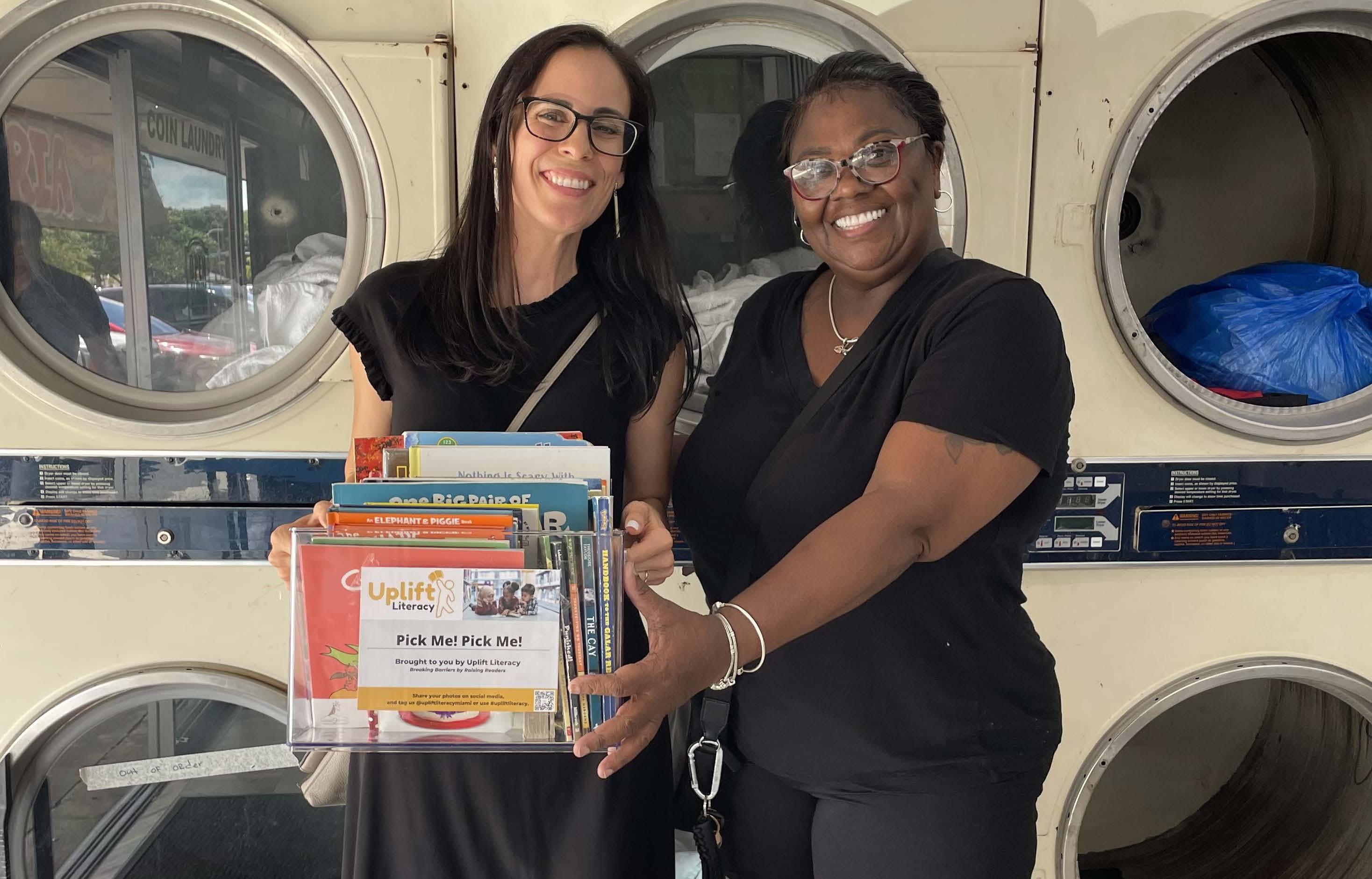
"We feel that families, parents, and caregivers are the first teachers," she says.
Even in the early days of Uplift Literacy, Aileen knew she would also need to provide opportunities for learning beyond school walls. She envisioned a community steeped in books, one where families took the importance of reading to heart and strengthened reading skills — and relationships — through everyday interactions.
Uplift takes important information on literacy directly to families. With free food and free books in hand, they host two-part events in Miami neighborhoods: part one, a workshop for adults focused on at-home strategies and free resources; part two, a storytime session for kids, often with a local author and highlighting a theme like individuality or self-compassion.
The organization surveys families after their events, and they find that parents act on what they’ve learned. “Parents have reported a significant increase in the time spent reading at home with their children after attending our events. Many have also shared that they’ve started visiting the library more frequently, taking advantage of its resources to borrow books and create a literacy-rich environment at home,” Aileen says.
Uplift volunteers also bring book bins to pediatric offices, barbershops, and laundromats. Anyone can donate books to these bins. As Aileen explains:
The goal is to provide families with more opportunities to pick up a book and enjoy reading together.
Uplift’s literacy immersion efforts mirror another Miami startup’s. Caribu, a popular app now owned by Mattel, encourages kids to read in-app books alongside family members and friends via interactive video calls. The Children’s Trust Book Club is also normalizing reading as a family activity by mailing free books to children from birth to five years old.
“Our data suggests that children who participated in the Book Club and had access to many books over five years do much better when they start kindergarten,” Associate Director of Community Engagement Danielle Barreras says.
A retired school administrator from the Miami-Dade County School System, Dr. Edward Robinson, is a superhero for literacy — literally. The superhero persona he co-created, Readman, travels to schools in historic Overtown and beyond to defend against illiteracy and encourage students to take an interest in reading.
Converging evidence has revealed that the pre-K through third-grade years are the optimal period for such learning. Children who fail to read fluently by the end of third grade have only a minimal chance of achieving literacy competency without specific interventions. Readman’s primary mission is to get children excited about reading early.
ACCESS TO BOOKS DO MUCH BETTER WHEN THEY START KINDERGARTEN.
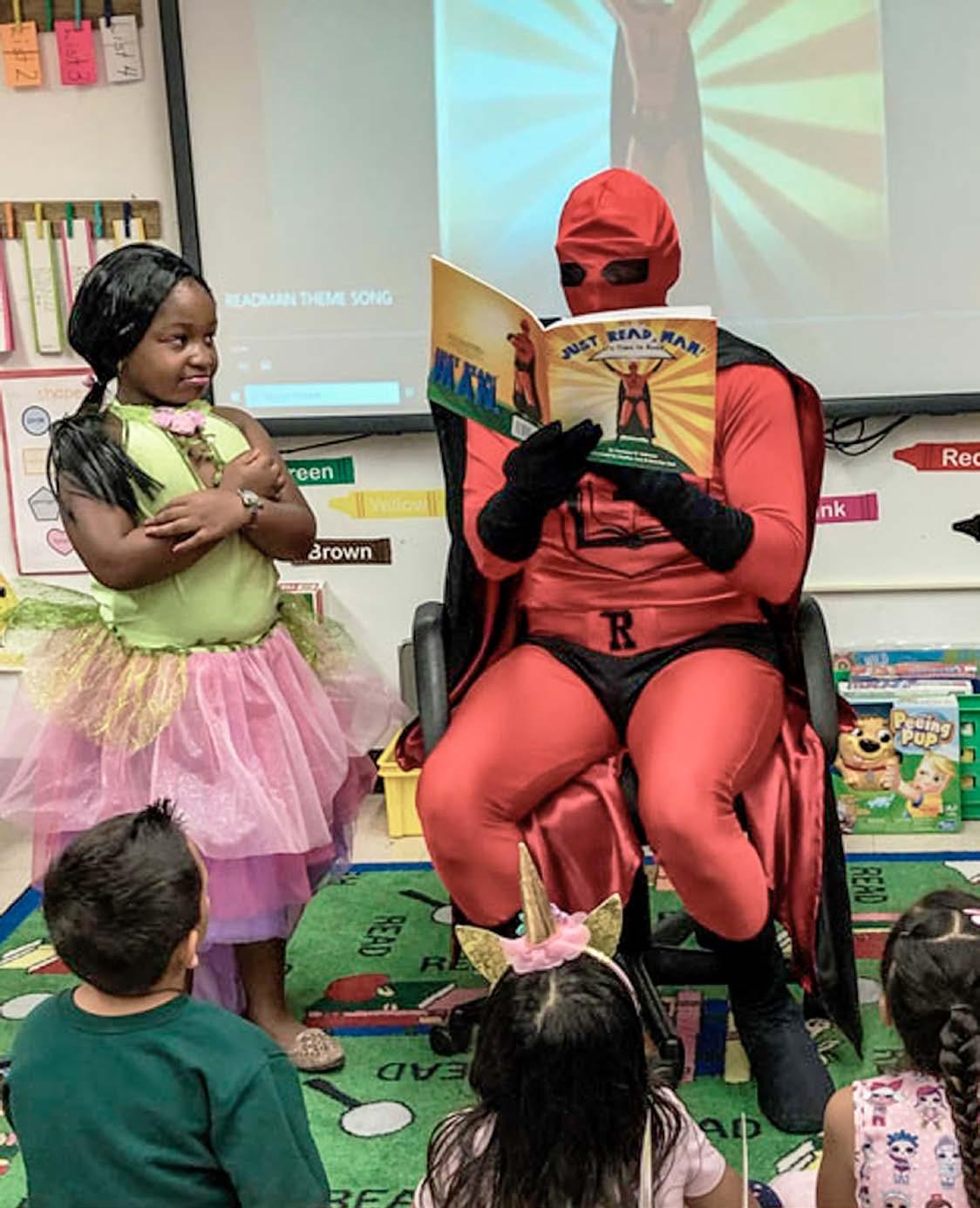
Dr. Deborah Levy, a teacher, educational researcher, and expert in dyslexia treatment runs Levy Learning Center in North Miami Beach. Her more than 50 years of experience shows through in her resoluteness about the treatment methods that work.
"I saw a child in fourth grade who was diagnosed with dyslexia. They failed him in first grade, they failed him in third grade, and in fourth grade, they want to retain him again because he can’t write his full name,” she says. “We’re able to take these children and teach them to read within a couple months."
The solution, Deborah says, is one-on-one work with a teacher trained in science-backed methods for teaching reading — her teachers are trained in 21. For dyslexia in particular, the OrtonGillingham approach is unparalleled, she says. It systematically walks children through the building blocks of reading, allowing students to master new skills one at a time.
Levy Learning Center has also effectively incorporated technology and multi-sensory work into their teaching. They adapt to students’ varied learning styles by reinforcing phonics concepts with strategies like color-coding and tracing letters in sand. They’ve developed a system that enables at-home practice that adjusts to student performance, returning to a time-tested educational philosophy often forgotten in reading.
"A teacher needs to teach concepts to the child, and the child then needs to practice," Dr. Elliot Levy, the center’s scientific advisor says.
Deborah and Elliot say individual tutoring is the best way for struggling readers to catch up, especially in the aftermath of selfguided learning popularized by necessity during the pandemic. They know that one-on-one instruction is out of reach for many families, though. “Every parent cares, but not everybody has the resources,” Deborah says.
Because of this, their work extends to advocacy. Levy Learning Center trains Miami-Dade, Broward, Palm Beach, and Monroe County teachers in the Science of Reading, something they say 75% of teachers aren’t learning in college. They partner with schools in Florida and The Bronx to hold screening sessions designed to identify risk factors for impaired reading in children as young as five and six.
Deborah says their work is paying off:
I just heard from a parent today. The father said My son won student of the month. This is a child who only got negative attention and only felt failure six hours a day. That’s why I keep doing it.
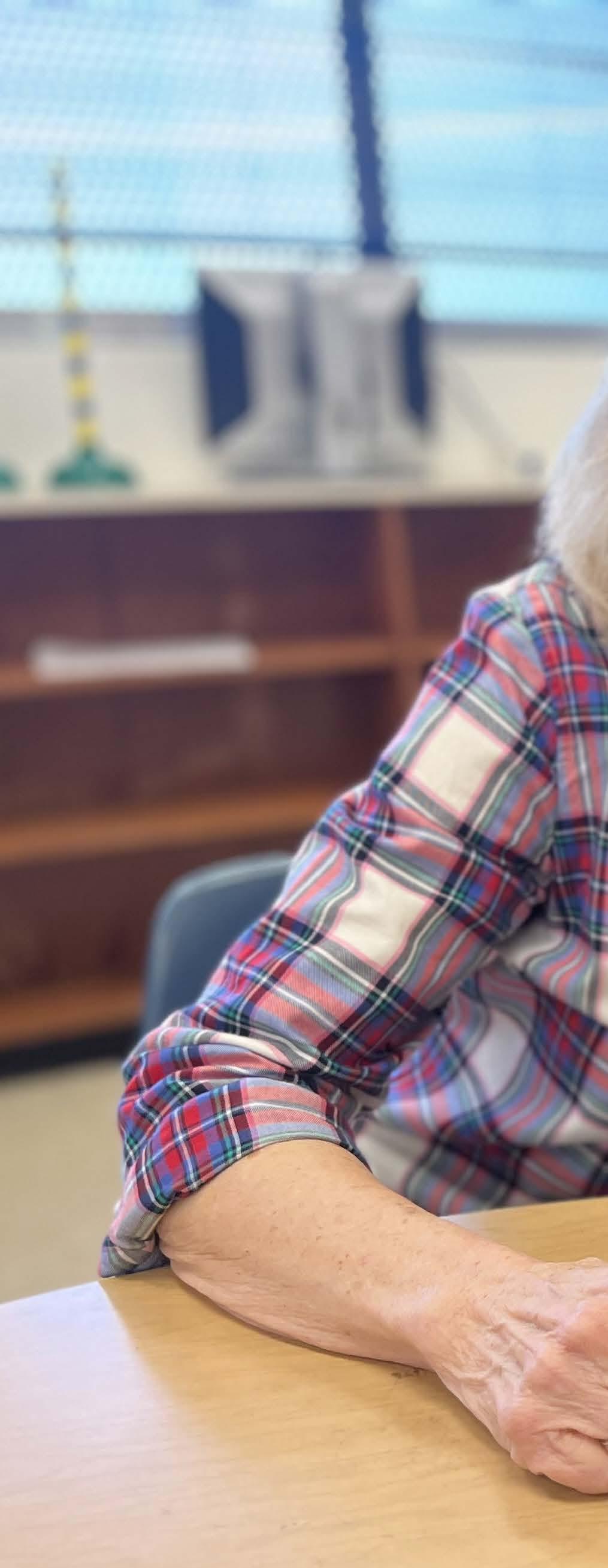
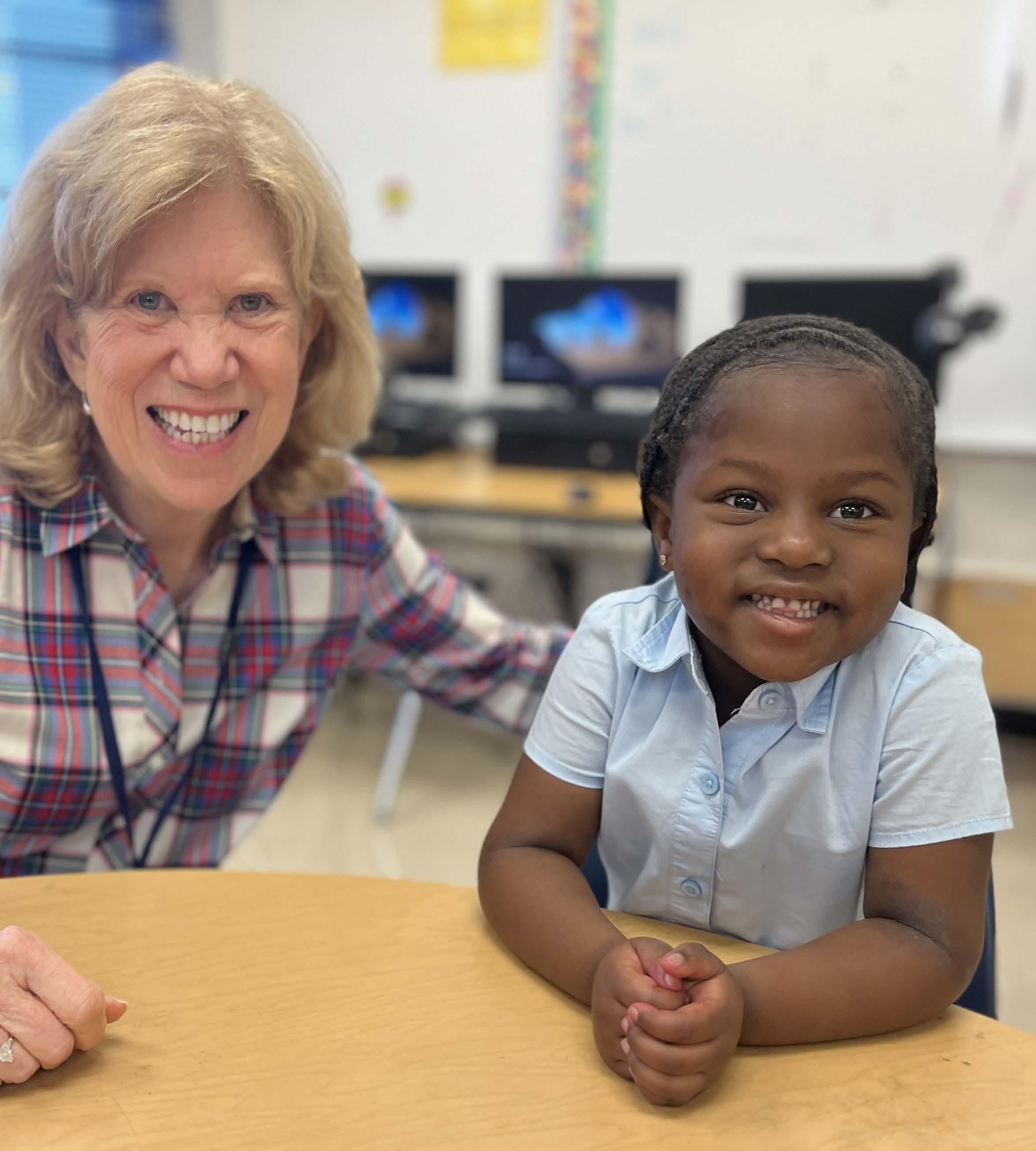
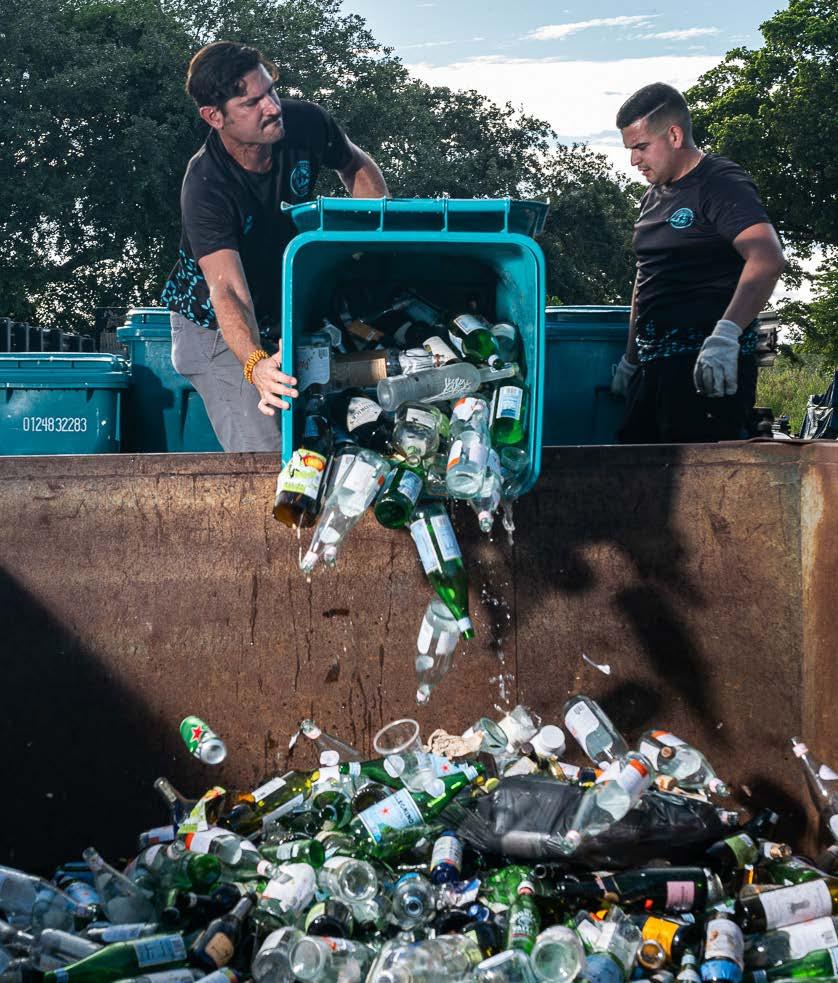
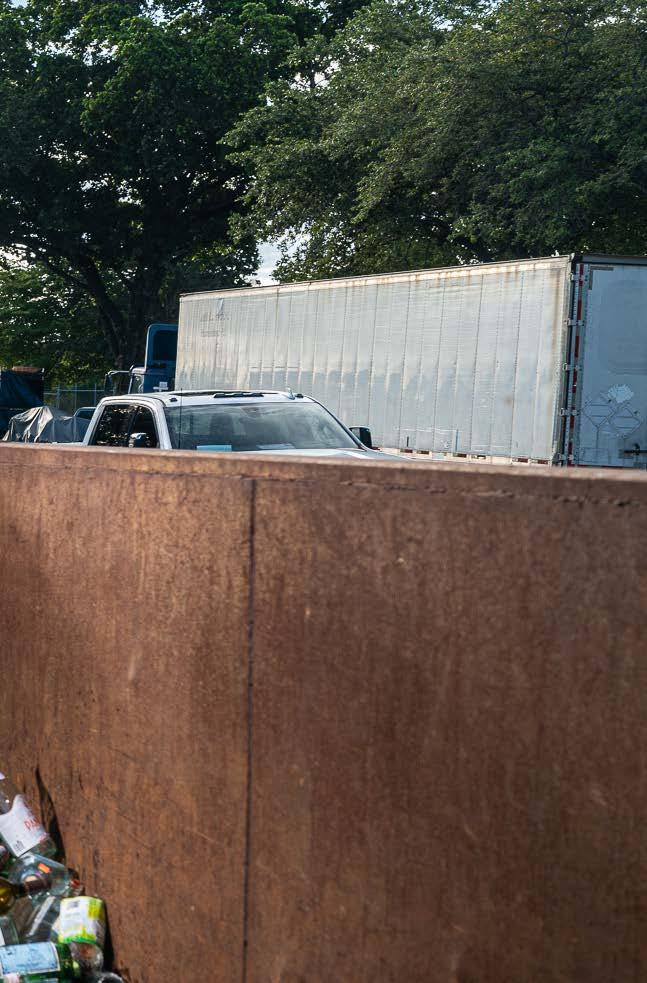
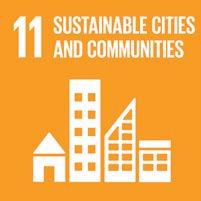
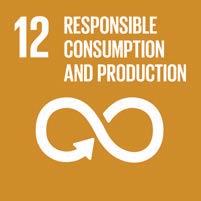
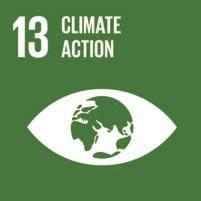
Glass is an infinitely recyclable material, but almost all glass in Miami-Dade ends up in landfills. These changemakers are innovating ways for all of us to rebuild the broken recycling system, protect coastlines, and regenerate nature.
By Yulia Strokova, Paloma Pimentel & Samantha Schalit
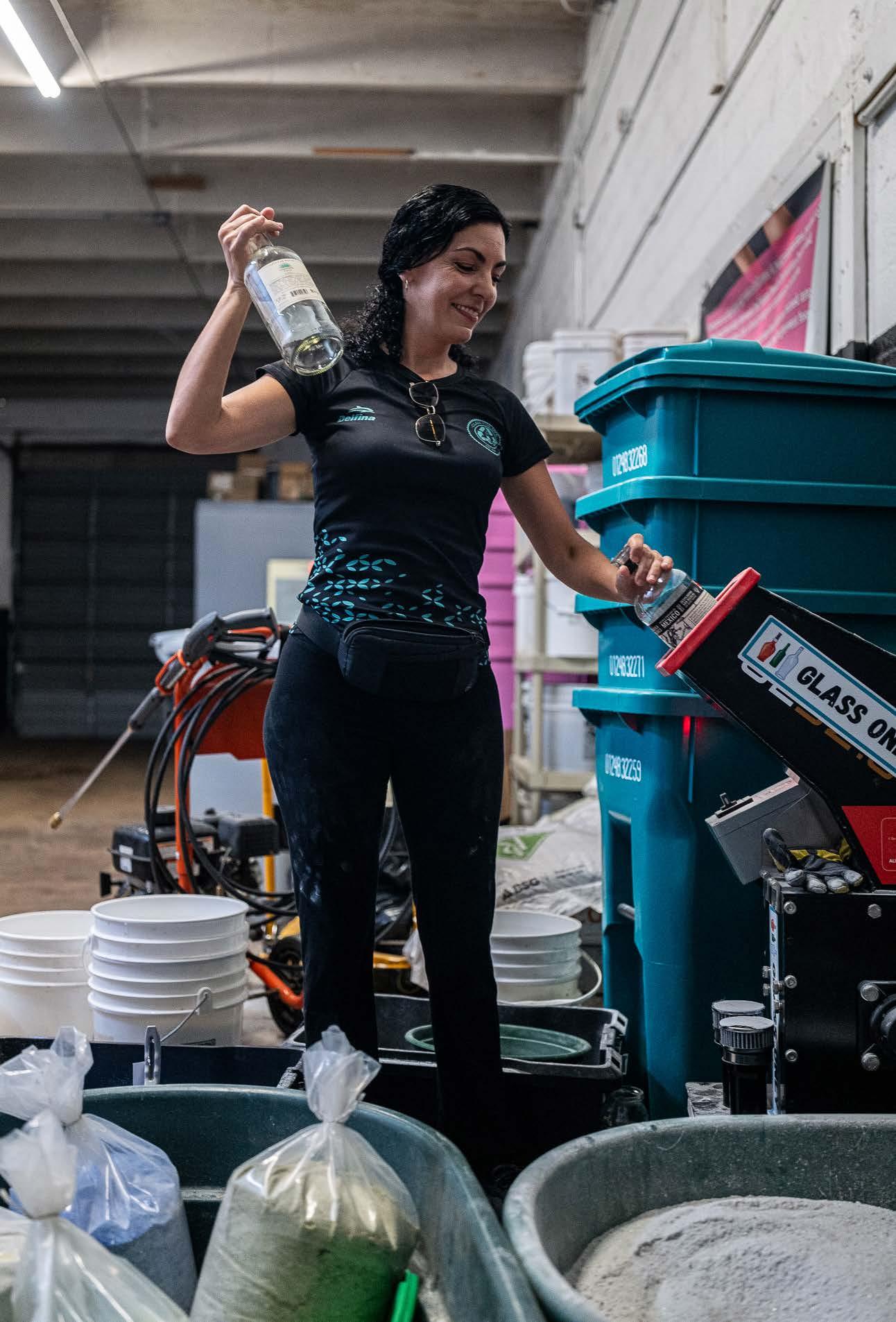
On a bright Sunday morning at the Rickenbacker Marina, boaters preparing to depart for a day on the water were greeted with an unusual question: Are you carrying any glass? This isn’t a crackdown on a new rule. This question, posed by Francisco Torres and Paola Barranco, is the first step in diverting glass products from landfills and jumpstarting the glass recycling process of the duo’s latest circular venture, Glass for Life.
At the marina, boaters can now pick up a black bin — found on the docks — to safely store any glass bottles they use and then return the bin and its contents to the marina for recycling. Since February 2024, Glass for Life has already diverted more than 200,000 bottles from landfills. Aabad Melwani, president of Rickenbacker Marina shares:
The feedback about this initiative has been great. If you make it easy for people to recycle
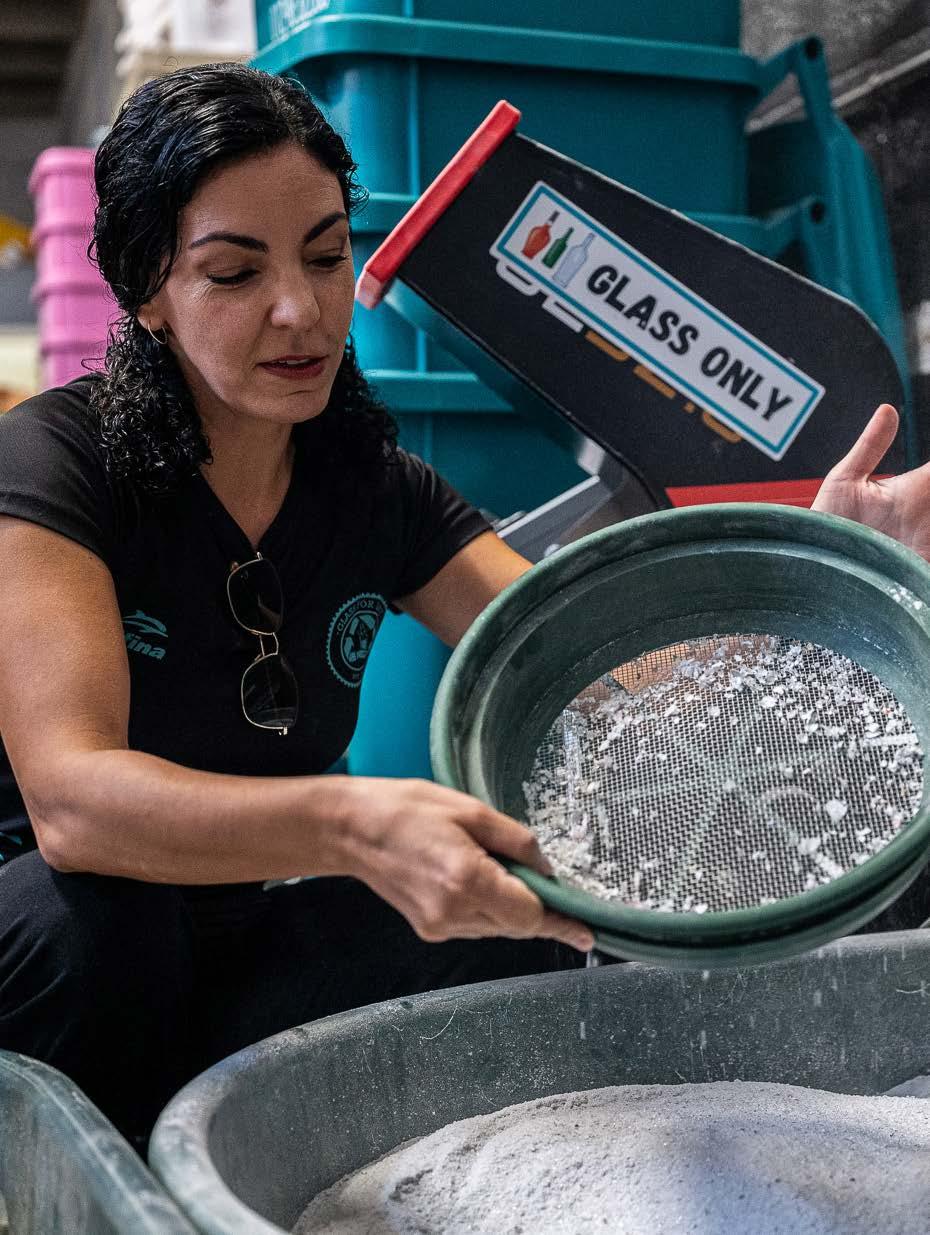
and do a bit of hand-holding and educating, not in a preachy or proselytizing way, I think people are very receptive to it.
Aabad explains how the new system works, with visitors filling the glass bins quickly. The objective is to collect as many recyclables as possible without cross-contamination:
People have to go through a learning curve here. We're probably going to have to do multiple activations with robust, consistent, and frequent messaging as to what our objective is here, but I think we'll get there, and as more businesses, schools, and other institutions get swept up in this kind of positive momentum, I think we'll start seeing a change really soon.

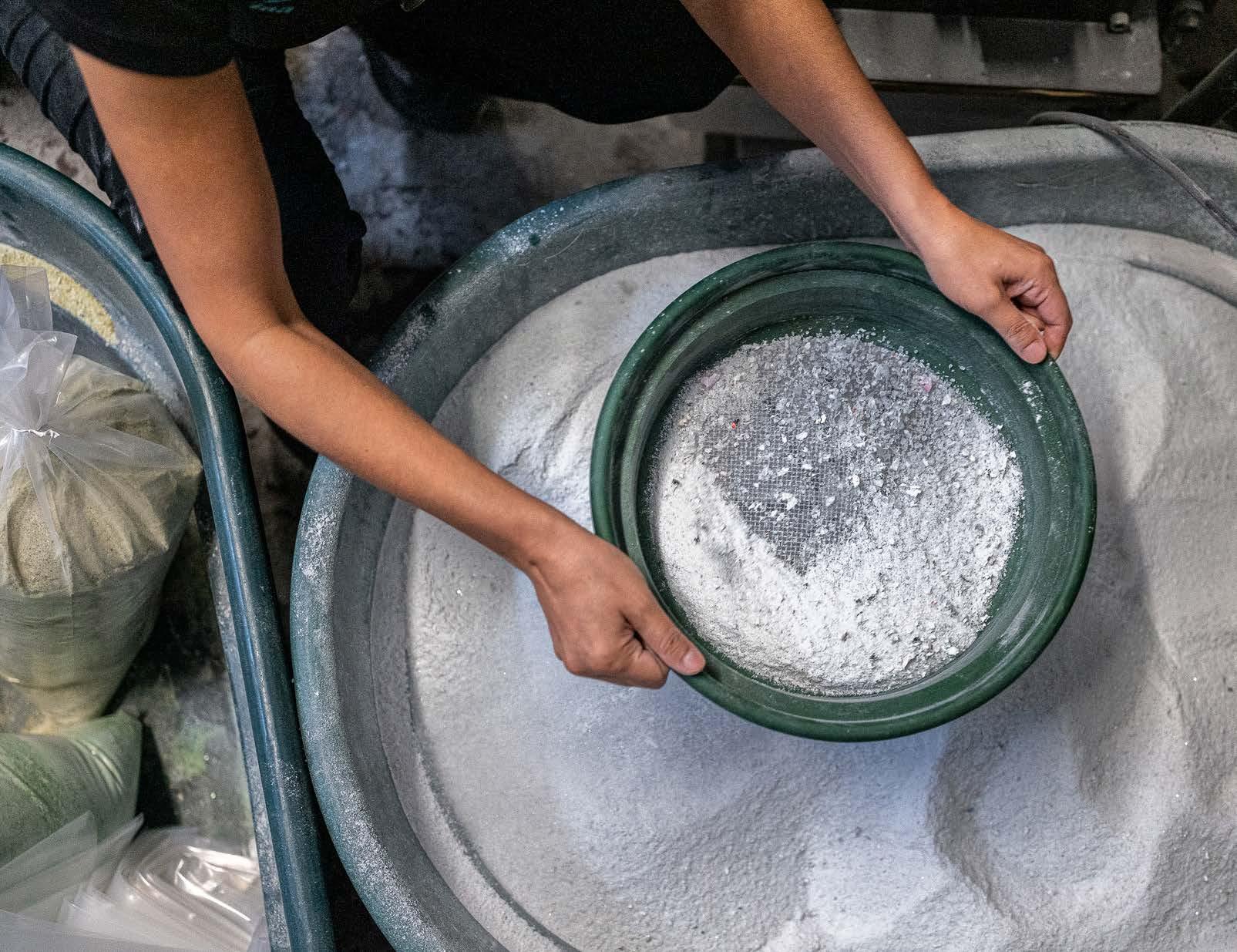
Compared to other recyclable materials such as plastic and paper, glass is 100% recyclable, meaning it can be repurposed and recycled infinite times without losing its grade or quality. However, Miami-Dade County has a historically low glass recycling rate of 7%, according to the most recent county recycling report.
Due to the existing single-stream system and lack of education, all recyclables are dumped into the same recycling bin and contaminated glass cannot be effectively recycled. In other words, almost all your beer and wine bottles end up in landfills.
Glass accumulation in our waste stream — at a local and global level — devastates our environment and air quality: a study by the University of Southampton found that the more common practice of processing glass bottles in waste facilities largely contributes to greenhouse gas emissions because of the intense
heat required to break down the glass. According to the EPA, glass takes more than one million years to break up in landfills.
Glass for Life takes a different approach. They sort glass by color and pulverize the collected glass into sand.
Sand is the second most exploited resource on the planet after water. Sand has great value, so why are we sending this glass that could be fully utilized to a landfill to pollute and take up space? We need to do better.
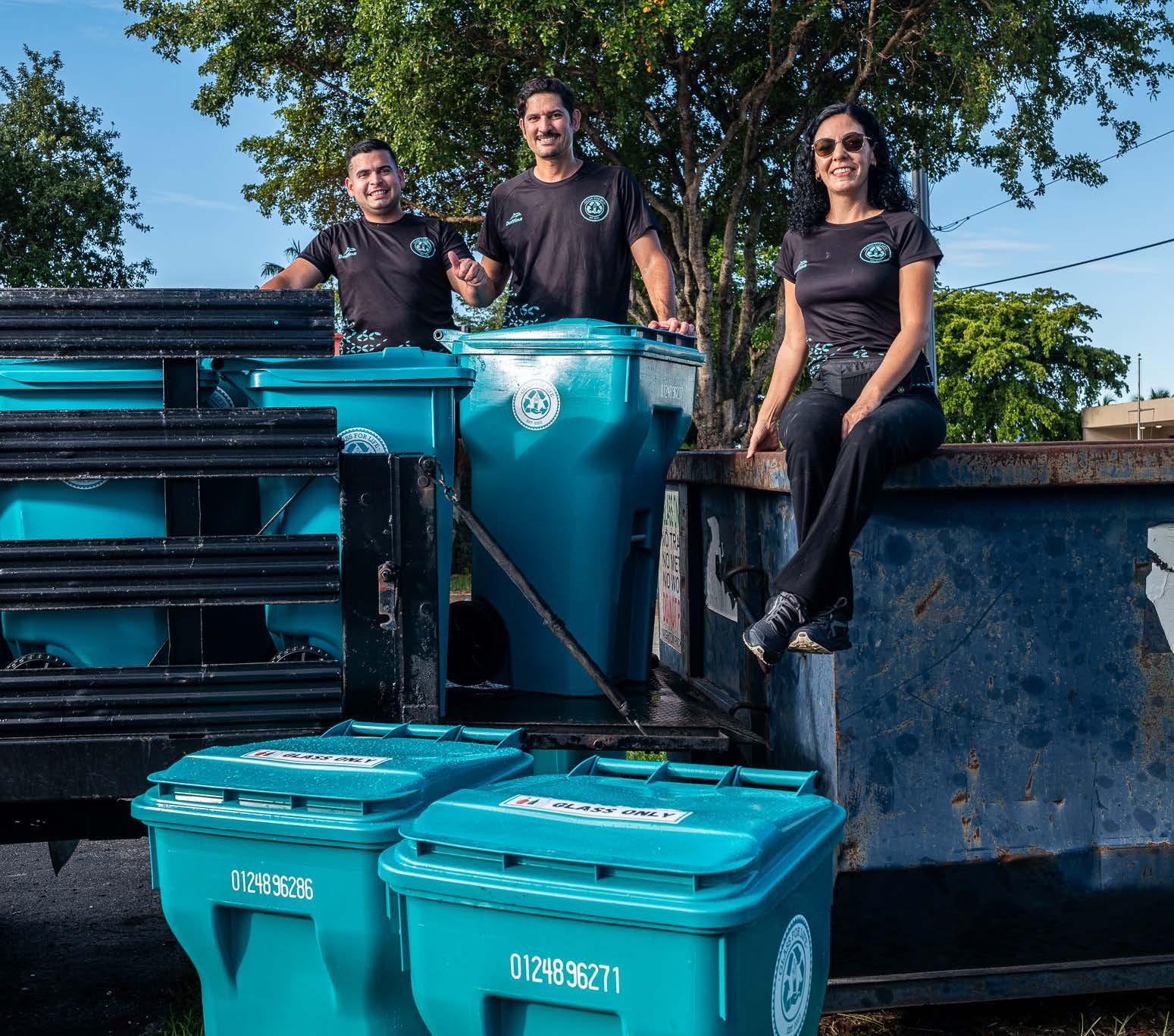
The groundbreaking Glass for Life initiative began with friendship: Paola, a passionate eco-enthusiast originally from Mexico, reached out to Francisco and offered her help.
Since October 2020, they have diverted over 4.5 million tons of organic waste from landfills through their venture Compost For Life. Now, it’s time for glass.
I ALWAYS TALK TO MY HUSBAND: HOW ARE WE GOING TO LOOK OUR CHILDREN IN THEIR EYES AND TELL THEM THAT WE KNOW THAT WE WERE DOING WRONG, WE KNOW THAT WE WERE USING OUR MONEY TO FILL LANDFILLS INSTEAD OF USING OUR MONEY, OUR TIME AND OUR RESOURCES TO BUILD A LIFE?
"So, the only way that I can see my sons in the eyes when they are my age is if they remember that we fought, that we were trying to change the system, and trying to build a better future for them," reflects Paola.
Miami-Dade and Broward County business owners can easily request a service quote online. Glass for Life sets up a custom service tailored to their client, so each business gets the number of carts and a service frequency that fits their needs – all customers have to do is fill up the cart with glass. Then Glass for Life collects the glass materials for recycling.
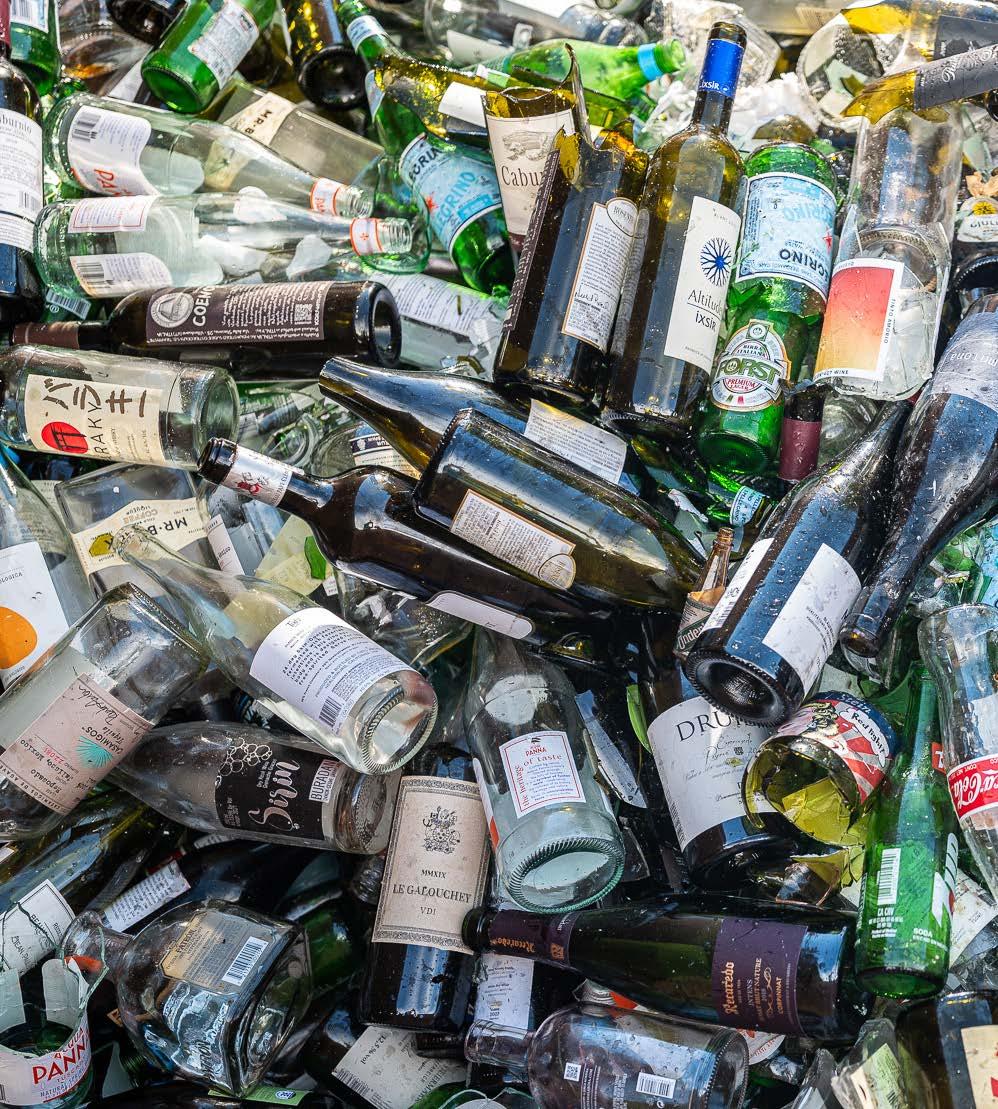
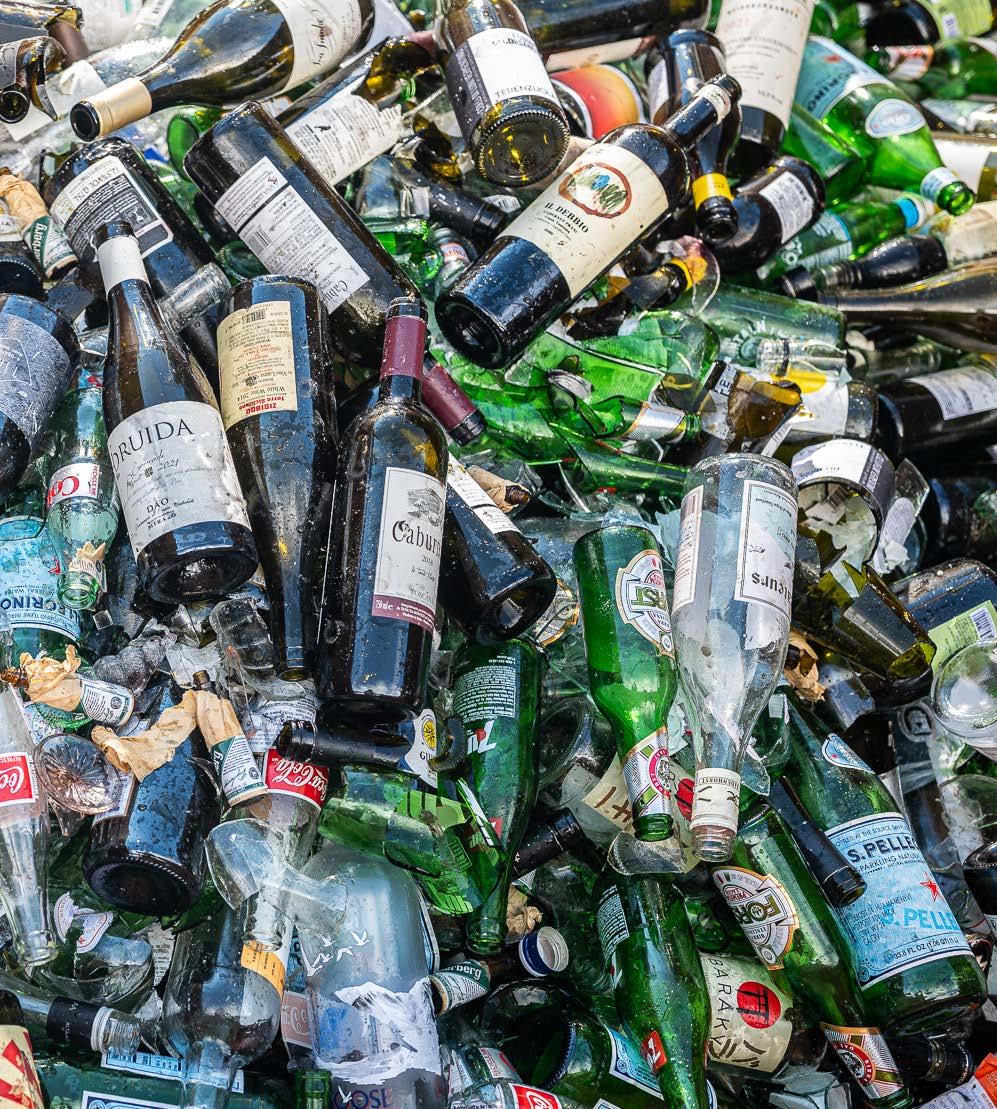
we cannot send these materials that have cycled life to a landfill to take up space. When you think about sand, sand is the second most used resource on the planet after water. So sand has a great value, and why are we sending this glass that could be fully utilized to a landfill to pollute and take up space?
Among Glass for Life's clients are small and large brands such as Mr. C, Mandolin Aegean Bistro, Rum Room, Miami Beach Botanical Garden, and Julia & Henry's Eatery. But it all started when Francisco and Paola met Paula Lombardo, a seasoned sustainability expert serving as Director of Sustainability and Community Outreach at the 1 Hotel South Beach.
Since all 1 Hotel properties aim to divert at least 70% of all waste away from landfills, and county-wide recycling programs could not help them fulfill this goal, Paula was determined to find a new solution:
Francisco is an amazing partner and is always eager to help us find creative solutions to problems. And I think that it really exemplifies the power of partnerships. Oftentimes the relationship with vendors is purely transactional. You pay for something, and you get something in return. And in my opinion, it's really a very shallow type of relationship. Whereas if you look at relationships as resources, especially if you're working with partners that are like-minded in their values, like Compost/Glass for Life, you take partnerships to a higher and deeper level.
The 1 Hotel has a comprehensive waste diversion program. All inedible food waste is managed by Compost for Life, while edible organics and gently used items such as uniforms, furniture, and office supplies are donated to organizations like Miami Rescue Mission.
Their commitment to sustainability goes even further. The 1 Hotel also partners with a cooking oil recycling company that converts used oil into renewable resources like biodiesel and sustainable aviation fuel. They also employ a downstream waste sorter to collect the recyclables that have erroneously ended up in the trash. Paula explains that although sustainability is always good for the planet, it also should be financially beneficial:
"At the core of all sustainability are three pillars: people, planet, and profit. By valuing sustainability, we're not going to make money at the planet's expense, and we're not going to make money at the expense of people. We're saying that companies that are for profit, should still be doing good for the planet and making money at the same time. These pillars should be equally balanced."
Glass has a lot of value: glass sand can fortify soil, creating a more compact structure so it doesn’t wash away in heavy rains. It can also restore Florida’s beachfront in the face of a sand shortage. To lead by example, as Francisco says, you don’t need to go far away.
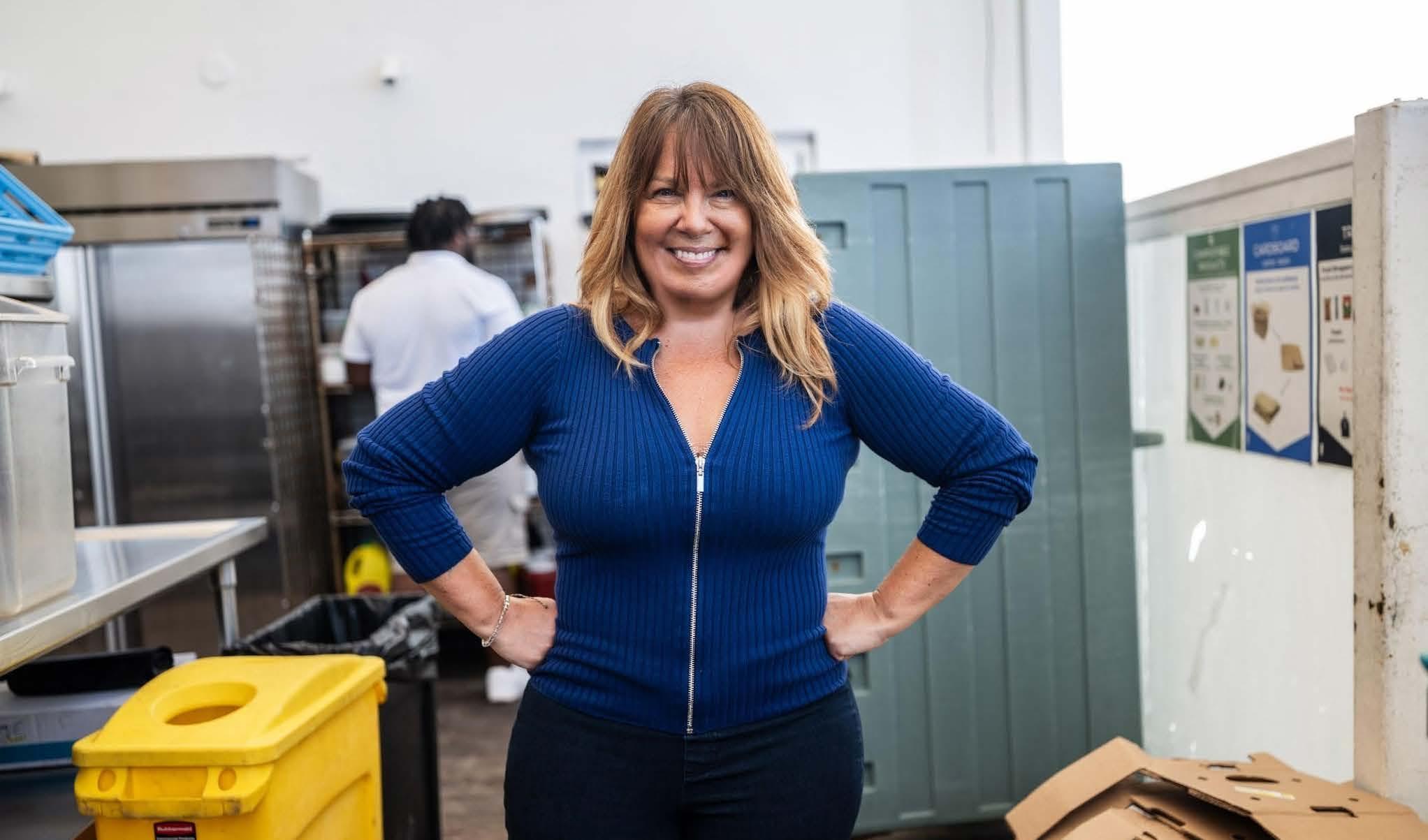
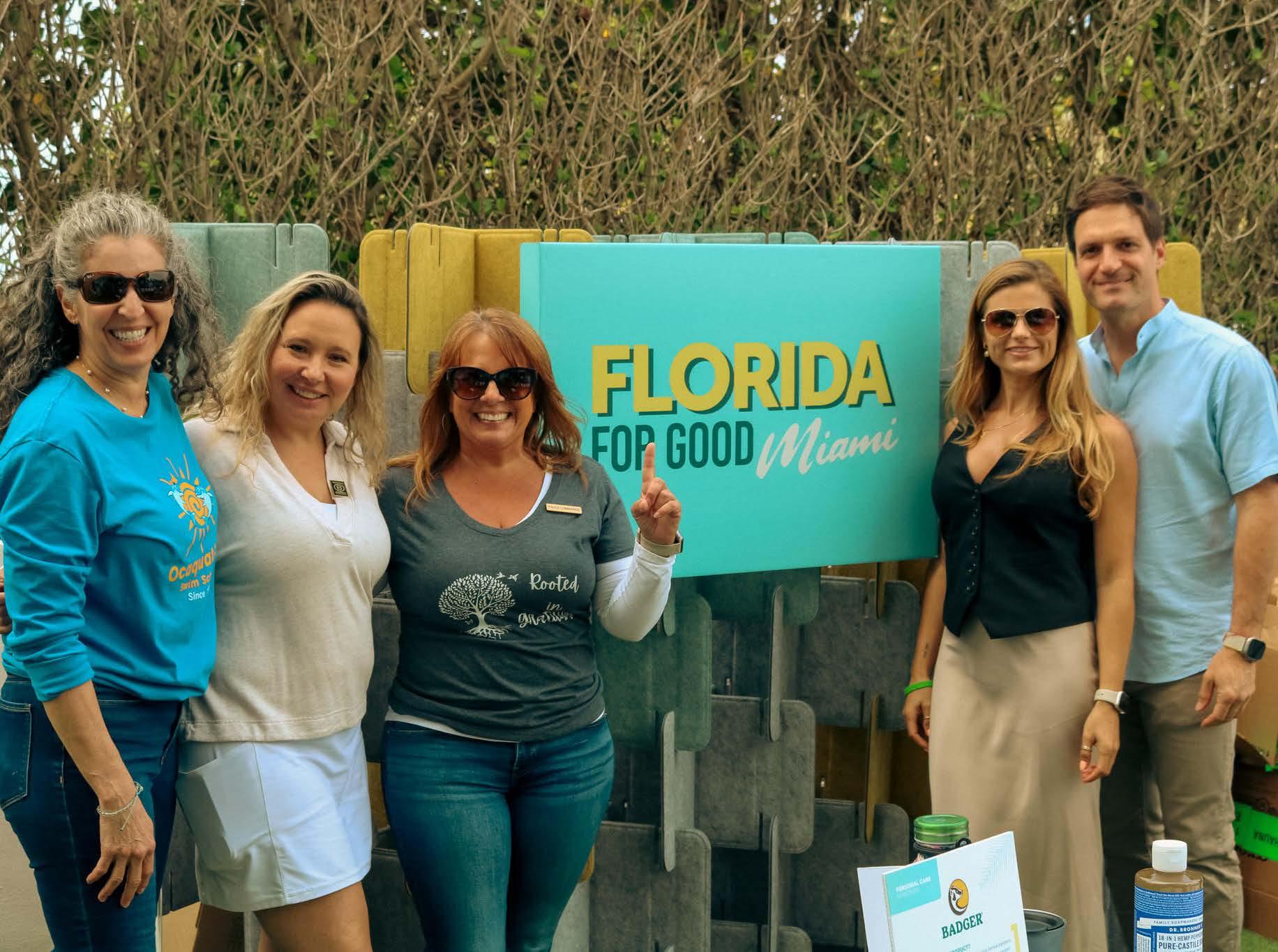
COMPANIES THAT ARE FOR PROFIT, SHOULD STILL BE DOING GOOD FOR THE PLANET AND MAKING MONEY AT THE SAME TIME. THESE PILLARS SHOULD BE EQUALLY BALANCED.
Paula Lombardo
The Solid Waste Authority, Palm Beach County’s government-funded recycling program, proves glass recycling systems are viable. Palm Beach County is recognized for having the highest recycling rate compared to all other Florida counties. They estimate recovering more than 12,000 tons of glass per year.
For those who say glass recycling is not economically beneficial and has “no value” for the market, the longterm environmental impact counters this argument – it is the value. Jessica Winter, the Authority's recycling and education marketing manager says:
From an economic standpoint, glass recycling is not profitable. Despite the challenges, the Authority has always
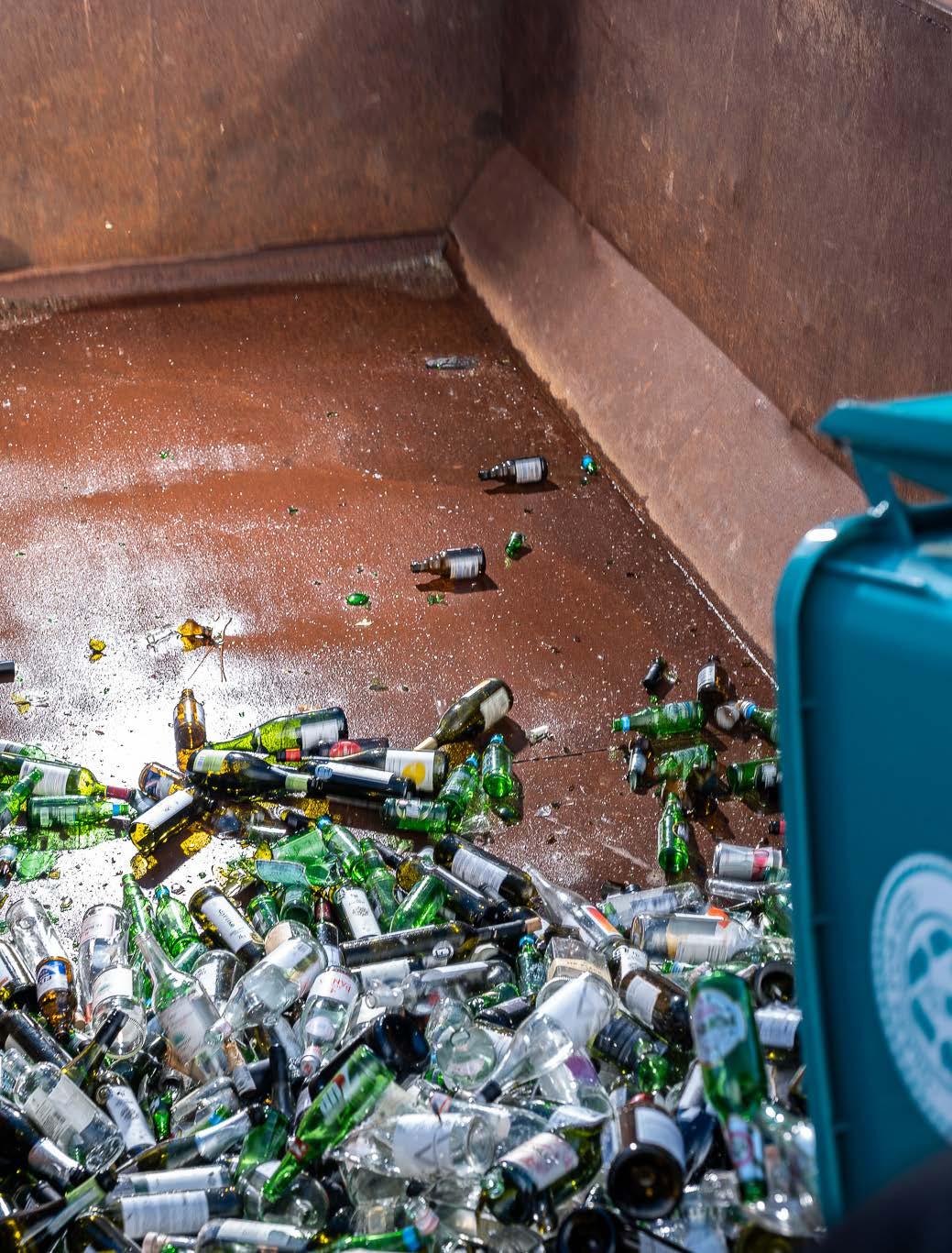
included glass in our recycling program because it’s the right thing to do. All our recyclable materials are resources that shouldn’t take up space in our landfills. We maintain strong education and outreach efforts to ensure Palm Beach County residents, visitors, and businesses participate in our recycling program.
Their system ships glass to processors who produce colorsorted cullet to manufacture new glass products or other materials such as fiberglass insulation and sandblasting grit. The Authority implements a dual-stream recycling program where residents have separate bins to separate cardboard from glass.
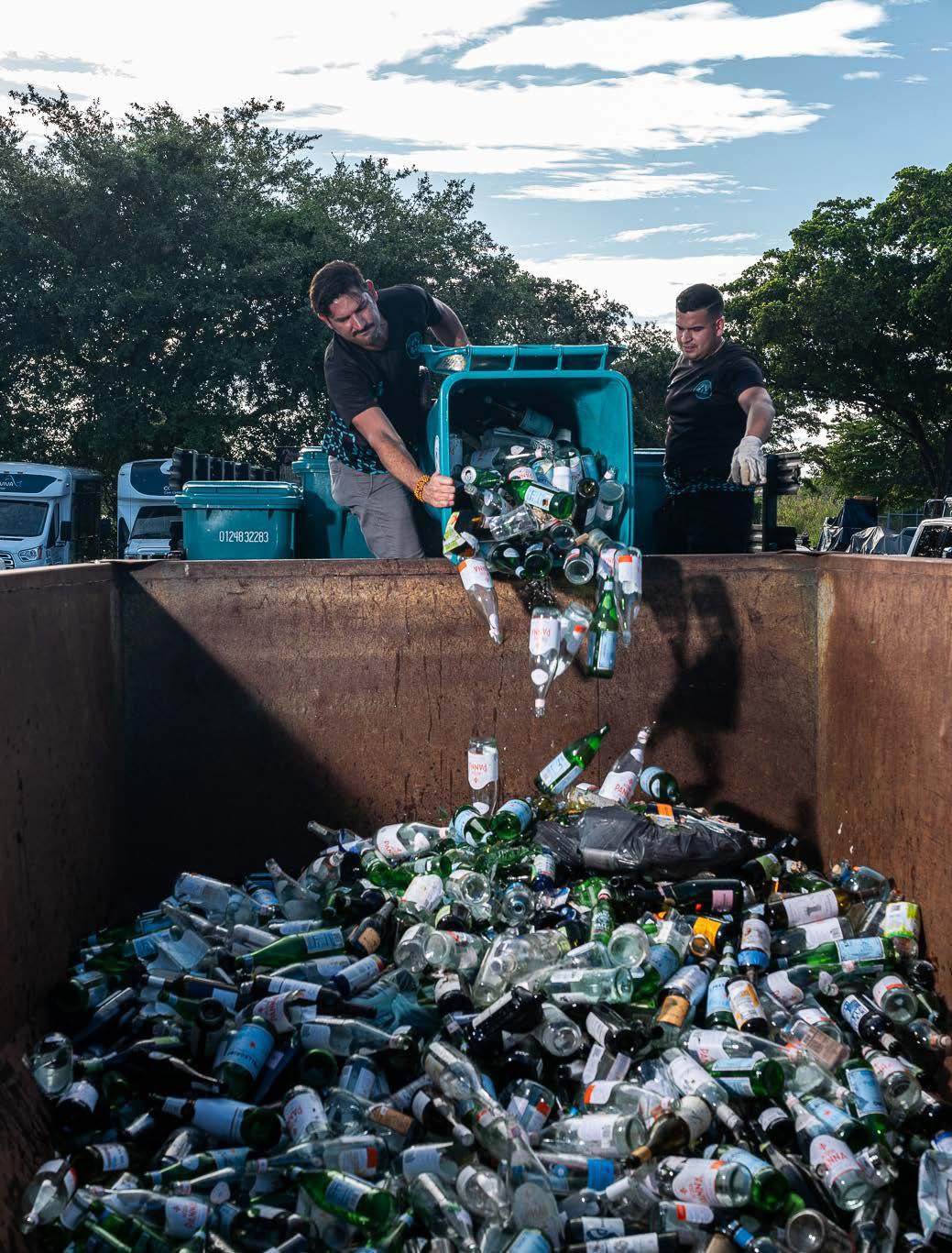
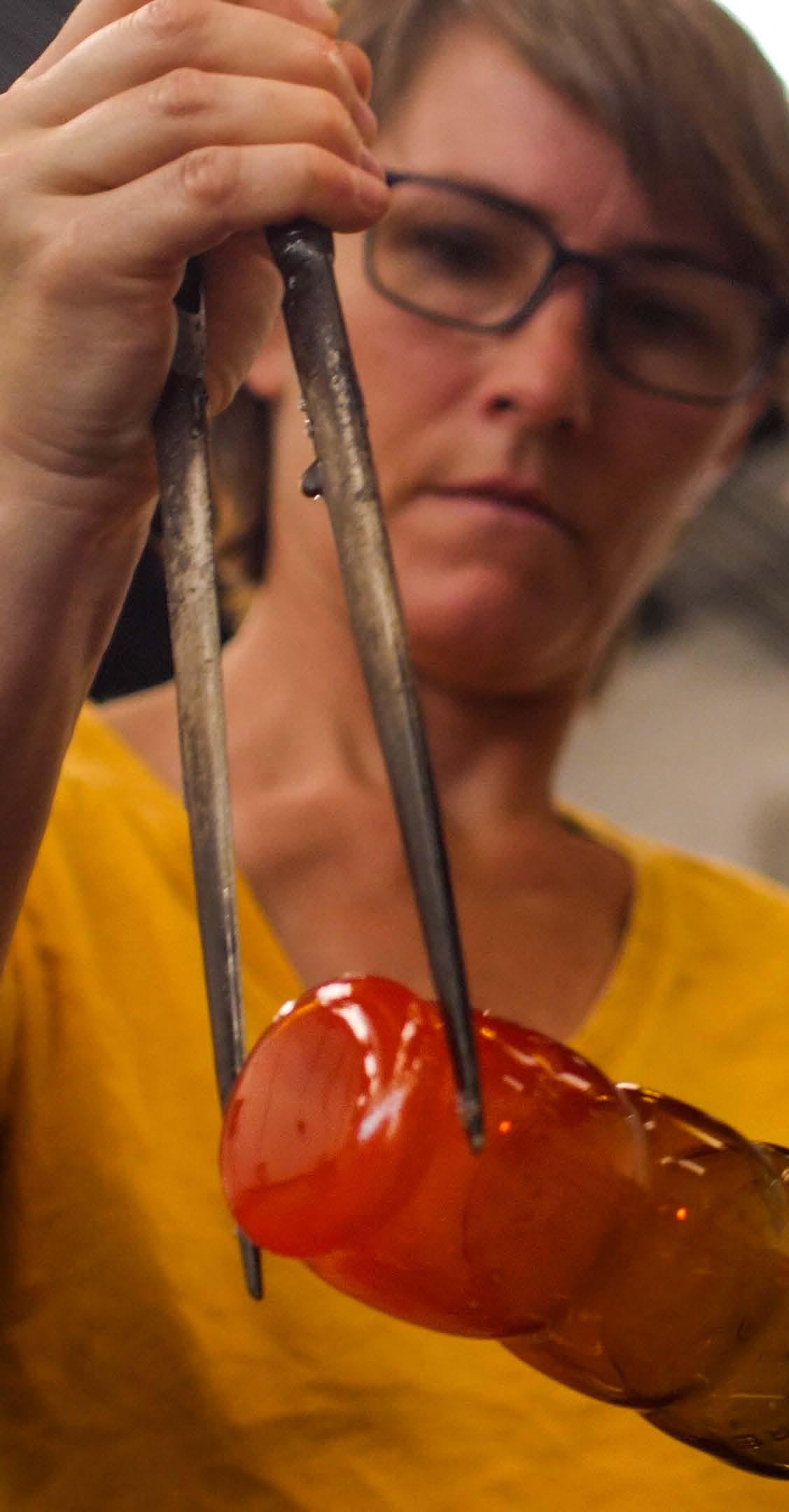
Glass is often perceived as extremely fragile. We break glass because we think it is fragile. But glass is also extraordinarily strong. Nature is extremely fragile but extraordinarily resilient.
This is the perspective of Jenna Frein, a glass sculptor and educator at the University of Miami.
Jenna utilizes upcycled glass as her primary source of artistic expressionism. She references the ancient Japanese practice of Kintsugi, the process of repairing broken pottery by mending the broken areas with other materials, which is believed to enhance and raise the value of artifacts altogether, as her motivating source of inspiration.
Her philosophy focuses on teaching the parallels between the transformational aspects of glass and human experiences. By introducing the concept of broken glass, she inspires her students to empathize with the shattered but delicate material and repurpose it as artwork to create something meaningful.
Through her exposure to glass and finding solace in nature, Jenna understands the ephemeral nature of life and seeks to share her perspective with her audiences. She has created many glass-shaped concepts illuminating Florida's environmental concerns, such as a Christmas tree adorned with 300 pieces of glass ornaments representing ocean life displayed at the Miami Beach Edition hotel during the 2023 holiday season.

MY GREATEST JOYS ARE WHEN STUDENTS FIGURE OUT HOW TO DO SOMETHING WITH GLASS AND MAKE SOMETHING THEY'RE PROUD OF. I FOCUS ON DEVELOPING CONFIDENCE AND A SENSE OF AGENCY IN PEOPLE SO THEY FEEL LIKE THEY HAVE A PLACE IN THE WORLD AND A SENSE OF OWNERSHIP IN THEIR ENVIRONMENT SO THAT THEY TREAT IT WITH LOVING KINDNESS.
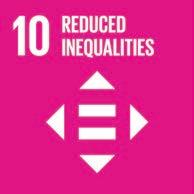
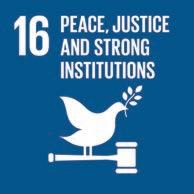
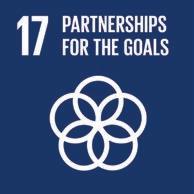
The inclusive arts are not just shifting society’s misperceptions of populations typically cast aside — they’re uncovering people’s self-worth and transforming the lives of generations.
By Sarah Knowlton, Yulia Strokova & Samantha Schalit
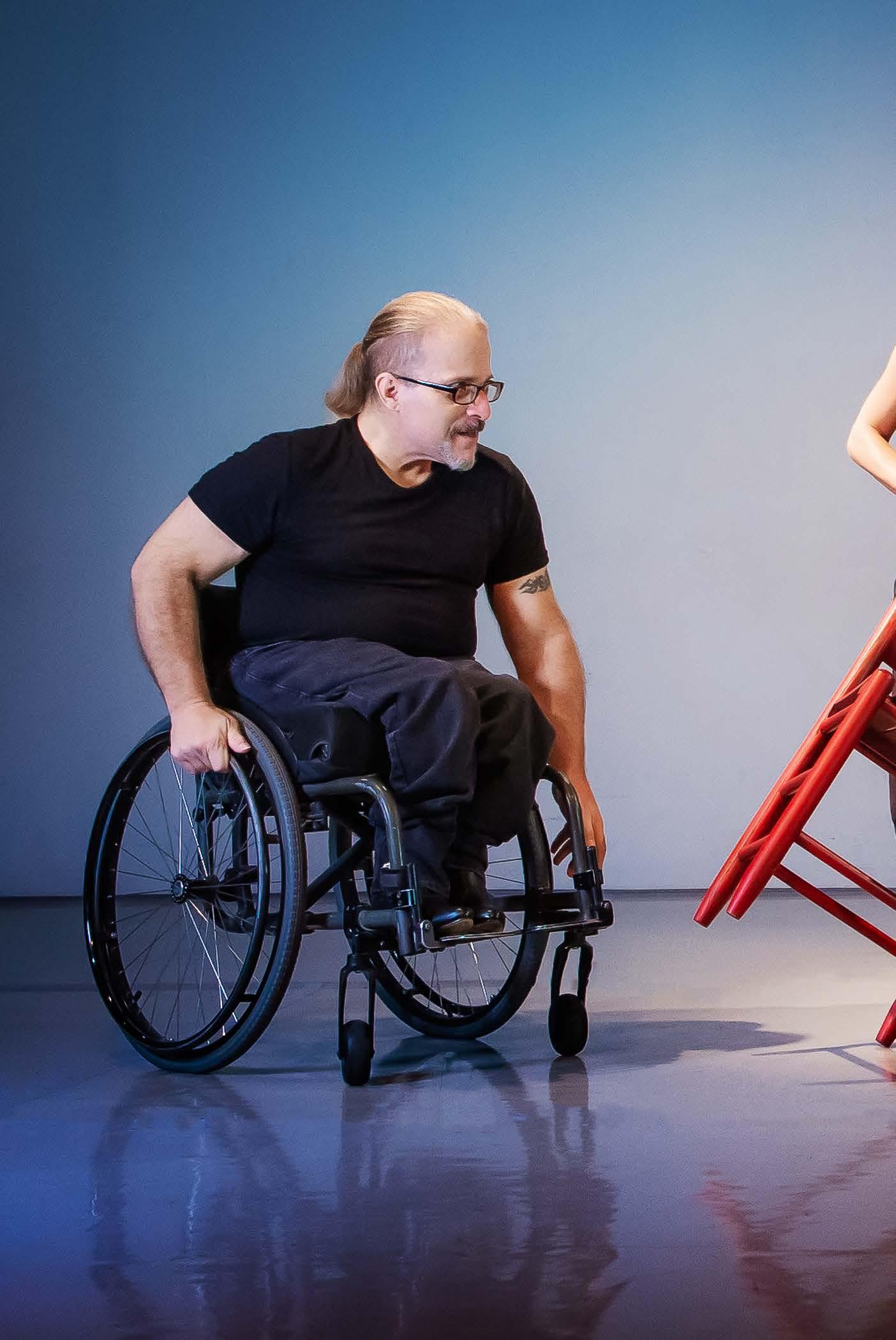
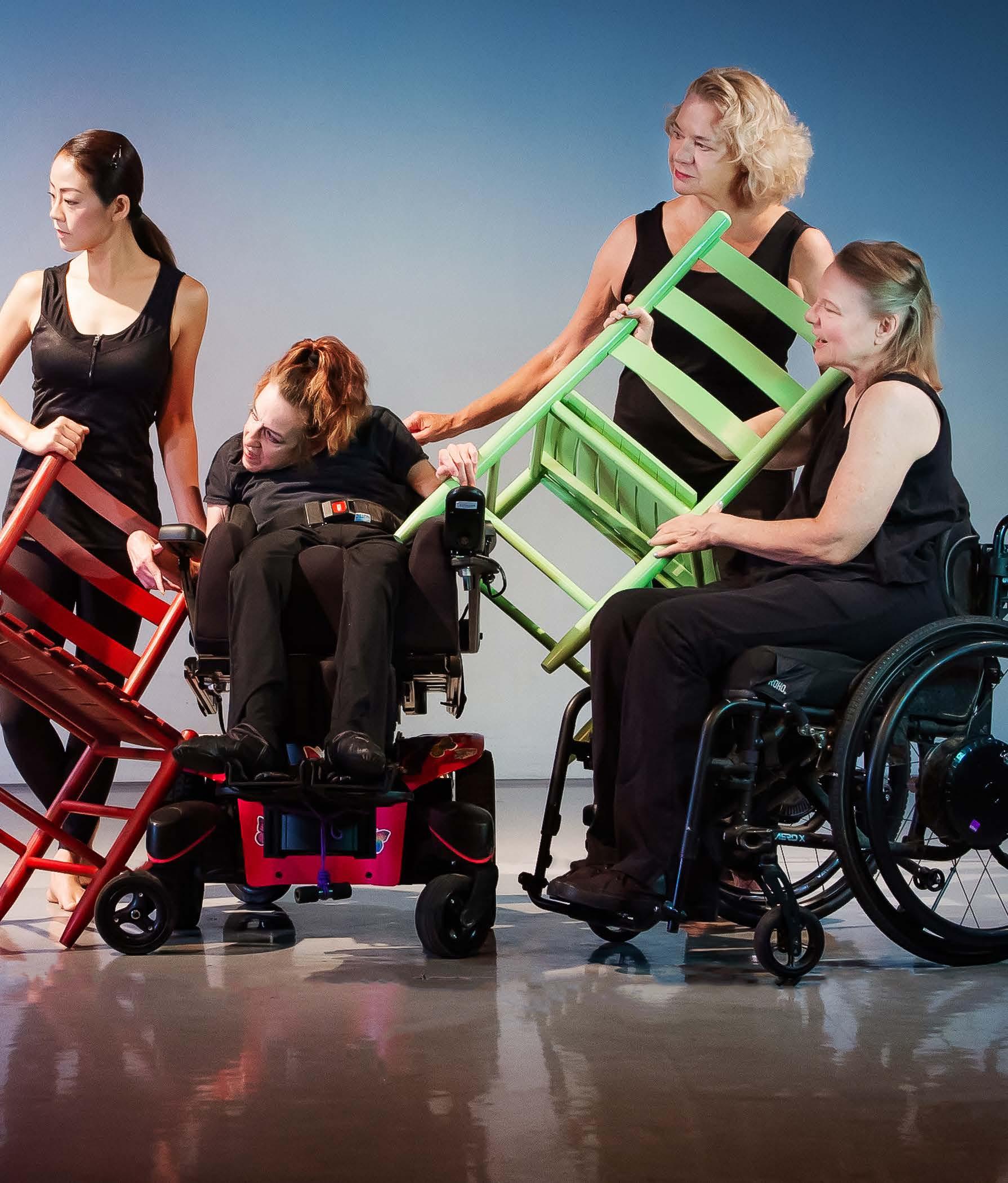
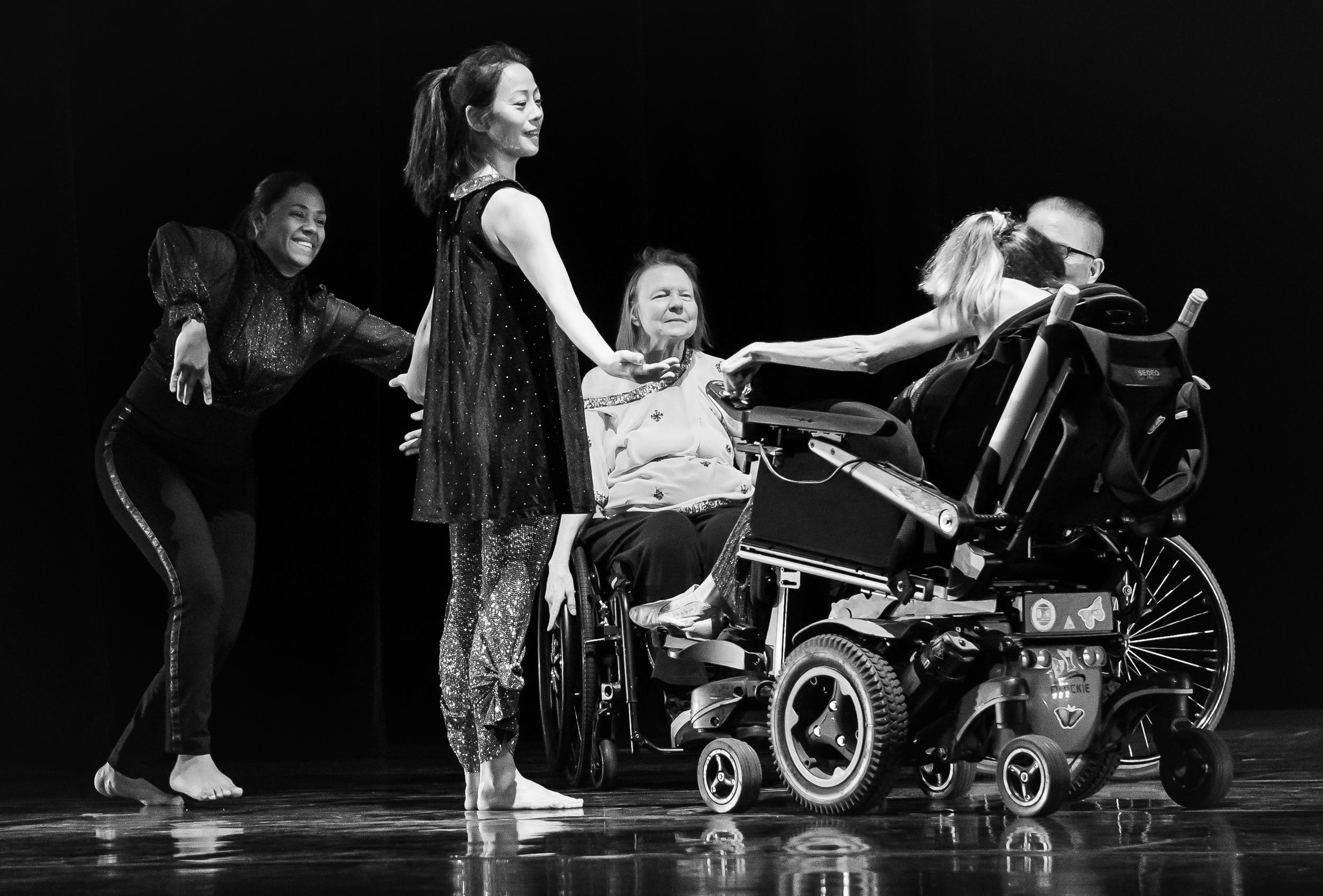
Karen Peterson Corash has been choreographing physically integrated dances for almost 35 years. While one might think the Karen Peterson Dancers’ (KPD) movement reminiscent of Martha Graham, the queen of contemporary, physically integrated dance bends the traditional perception of the “body” — where it ends or begins, what makes it “whole” and how the wheelchair a body sits in transcends the freedom to move by achieving the freedom to dance.
I’ve given them the space over the years to also be researchers as well as performers. One thing about working with people with disabilities: it is never the same. Each medical history creates a whole new set of problems and a whole new set of opportunities.
The annual Forward Motion Dance Festival, powered by KPD, is a spectacular celebration of inclusive dance, showcasing a diverse range of dancers with and without disabilities. Outside of Forward Motion, KPD hosts residencies for Miami dancers and travels the world, teaching classes and performing everywhere from Guatemala to Ireland to Montenegro, and even, the KIADA dance festival in Seoul, South Korea.
The organization also teaches dance classes for Miami youth with physical and intellectual disabilities. After a nineweek residency with Karen Peterson Dancers, these young performers take to the stage to share their achievements with the community. The performance is a vibrant display of inclusivity, demonstrating how dance can empower and bring joy to individuals of all abilities. Whether KPD students go on to become professional dancers, or not, Karen says that they learn more than just dance:
"Every time we go to a different country or city and work with performers, we teach individuals in different places about commonality. The common thing we share is movement, so you don’t necessarily have to speak the same language."
"For a lot of the students, they end up working at Publix, bagging or doing simple jobs. But I do believe that the skills they learn in the studio will move over into real life: discipline, taking directions, being mindful of others, taking responsibility. When you put a group of students on the stage and they’re responsible for duplicating choreography, learning something they had done in the past, there are a lot of lifelong skills in that three-minute dance outside of physical awareness and physicality and having fun."
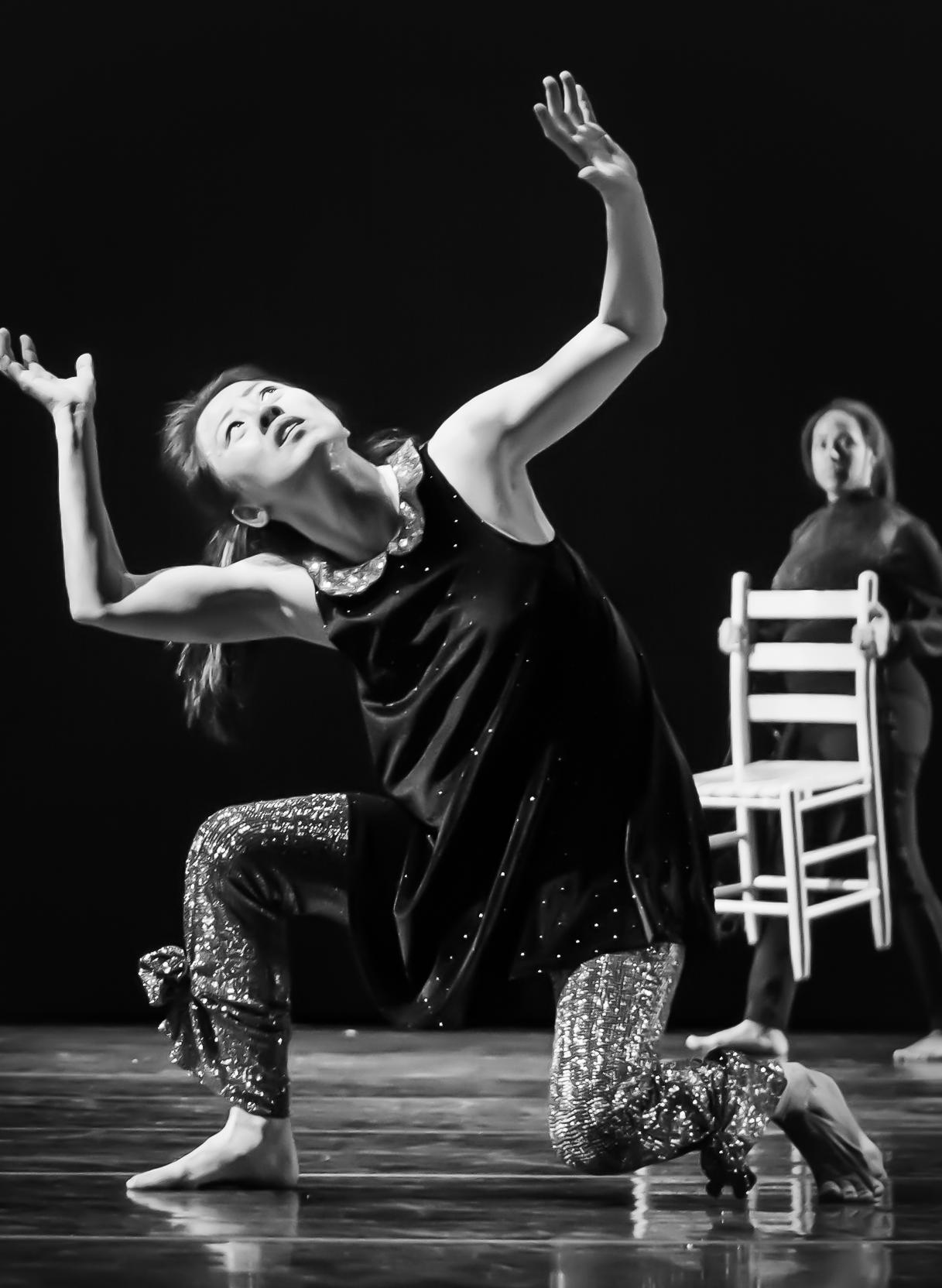
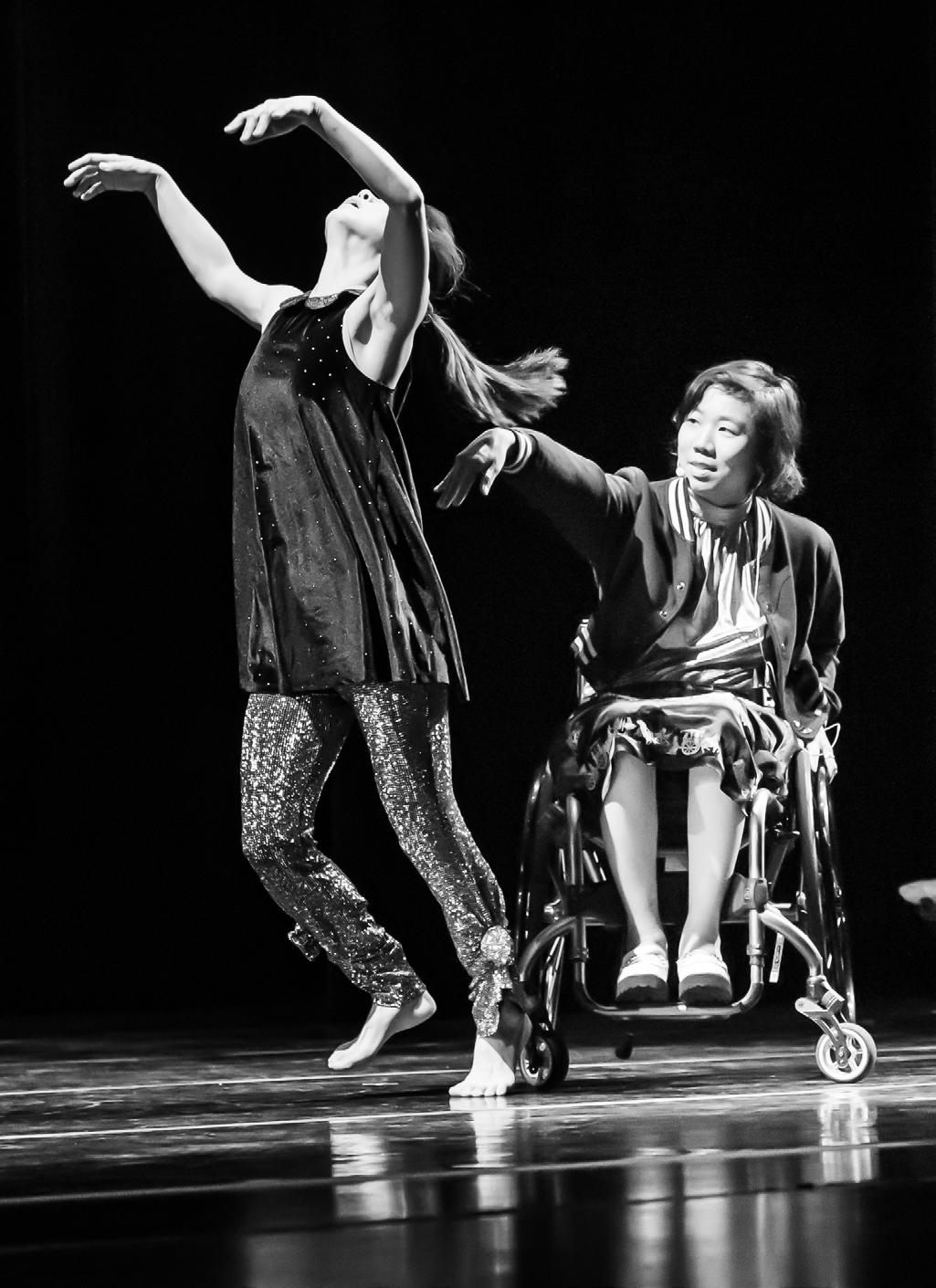
EVERY TIME WE GO TO A DIFFERENT COUNTRY OR CITY AND WORK WITH PERFORMERS, WE TEACH INDIVIDUALS IN DIFFERENT PLACES ABOUT COMMONALITY. THE COMMON THING WE SHARE IS MOVEMENT, SO YOU DON’T NECESSARILY HAVE TO SPEAK THE SAME LANGUAGE.
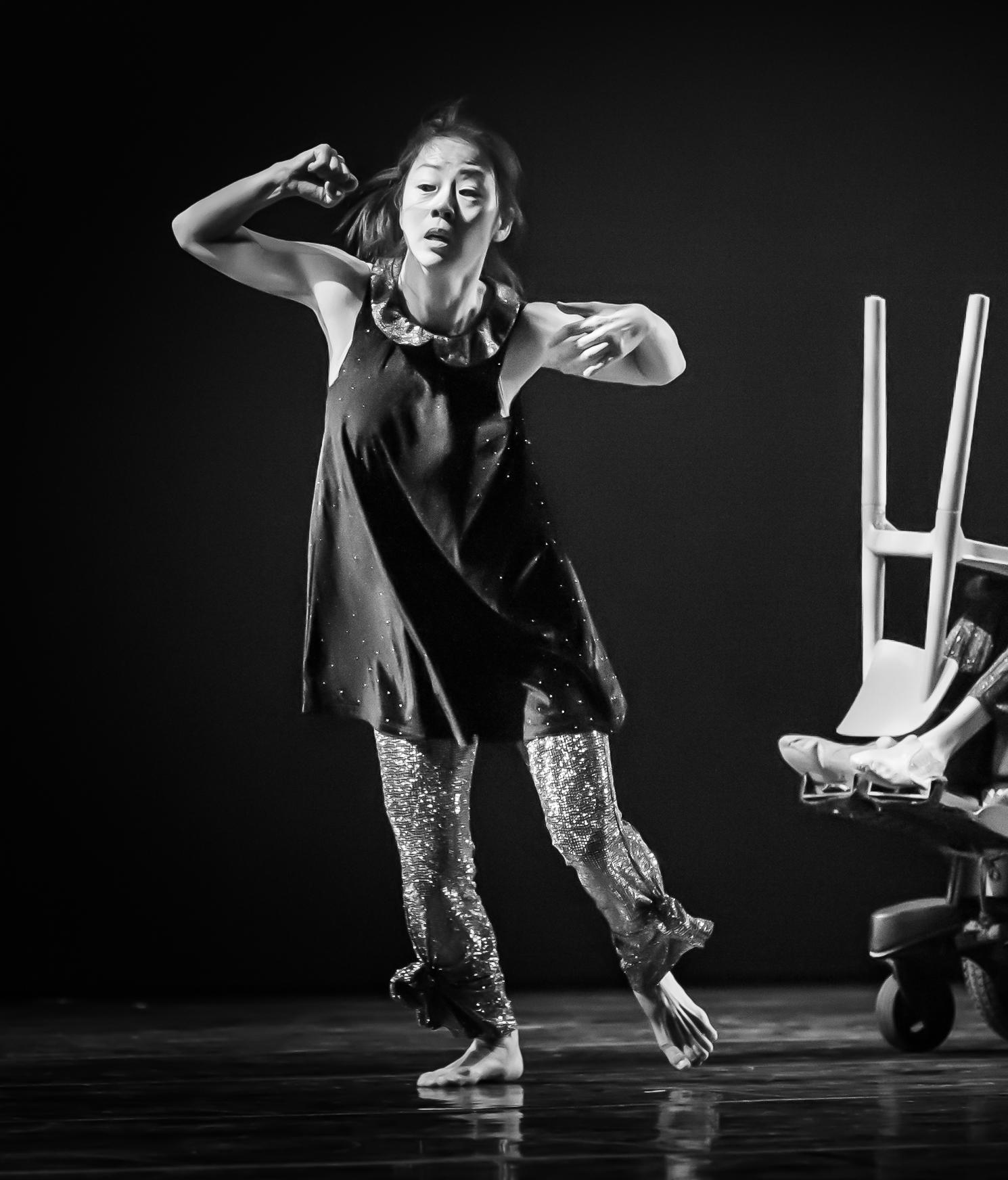
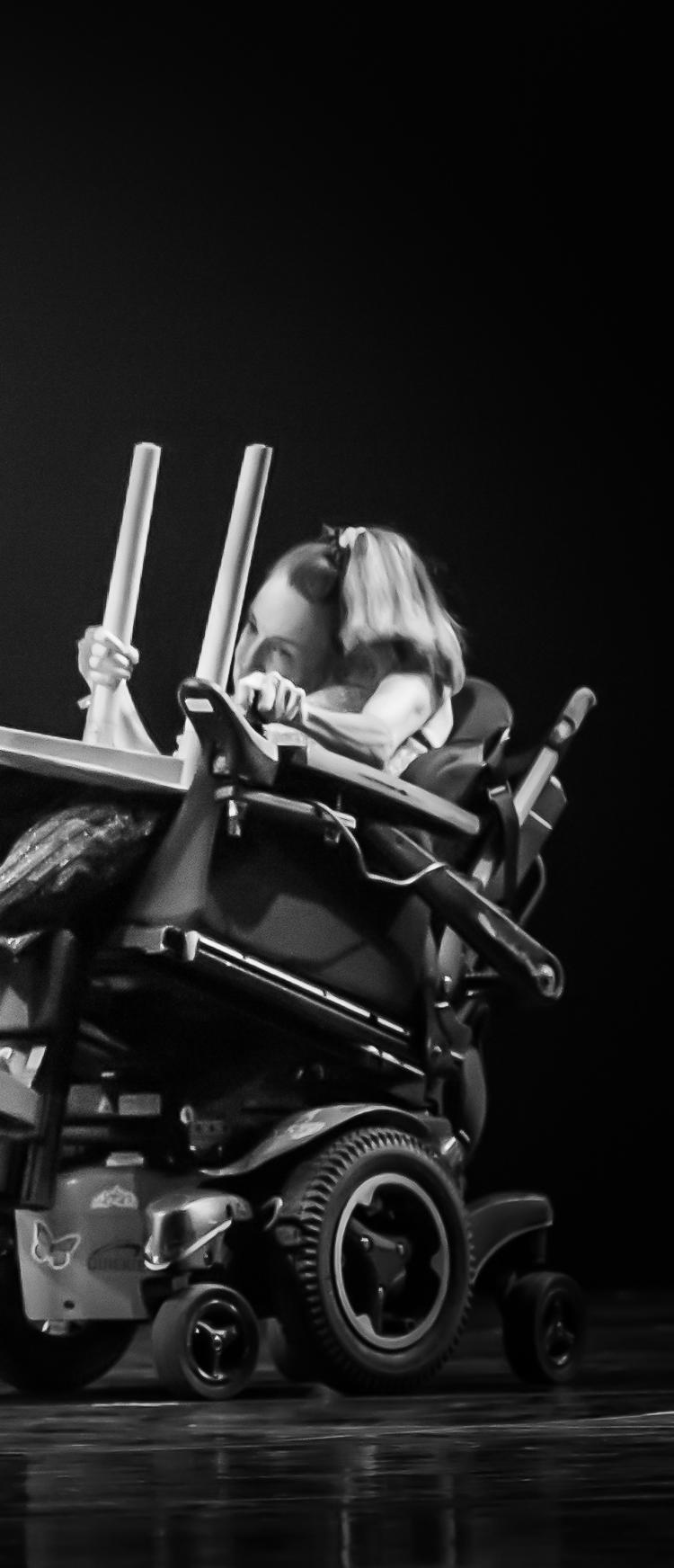
Dancers who performed at the 2024 Repertory Favorites took their post-performance bows and questions from the audience. While their bodies and cultural backgrounds differ, they spoke about what their experience with KPD means to them, and their perspectives revealed recurring themes of freedom, connection, and communication.
“It’s a possibility to share my world with others,” says dancer Penelope Huerta. “The body talks.”
Karen started working with disabled dancers in California in 1990, the same year the Americans with Disabilities Act was passed. As studios began designing more inclusive classes, Karen developed a passion for making dance more accessible. This experience inspired her to bring these opportunities to Miami:
A woman by the name of Mildred Levenson used a wheelchair and was an activist and an actress from New York; I created my first dance with her, using her language and her story about her medical condition. I think audiences at the time were really engaged. I don’t think they had ever seen a person use a chair in a performance. Audiences should give themselves a chance to go to performances and come with an open mind.
For Kathie Klarreich, the founder of Exchange for Change, her path to the inclusive arts also started with a dance performance in the early 2000s, but the performers were women in prison.
"Honestly, I’d never been in a prison before and I was completely blown away. And I think this is one of those things where you have an experience, and it sits in the back of your mind, and it just percolates, right? You know that it’s there. But you’re living your life, and you’re doing other things. And I was doing other things."
Kathie was working as a journalist and had already spent nearly 13 years reporting in Haiti. She wanted to get involved with Miami’s Haitian community, so she worked with a local nonprofit to teach writing lessons to incarcerated Haitian women in Homestead.
When the catastrophic 2010 earthquake struck, Kathie went back to Haiti, reporting for three more years. Upon her return to Miami, Kathie visited the women’s prison again and found herself reflecting on experiences of deep contrast:
I felt my world had been turned upside down. But then I walked back into the prison where everything looks like it’s exactly the same. You got your same uniforms, you’ve got your same pattern of walking, you have your same routine. And I was sure that that’s just an appearance, that their lives have changed too. And rather than tell stories about other people — which I had done for several years — let’s figure out a way to get these women to tell their own story, to include their voice in the conversation. It’s always about them, but not with them.
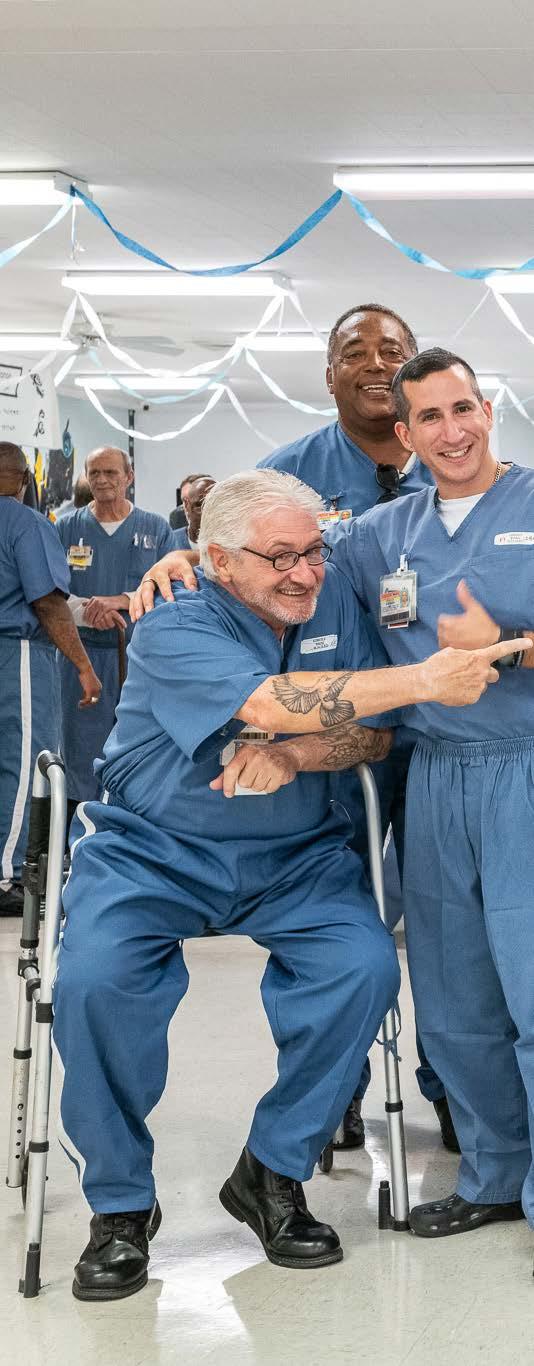
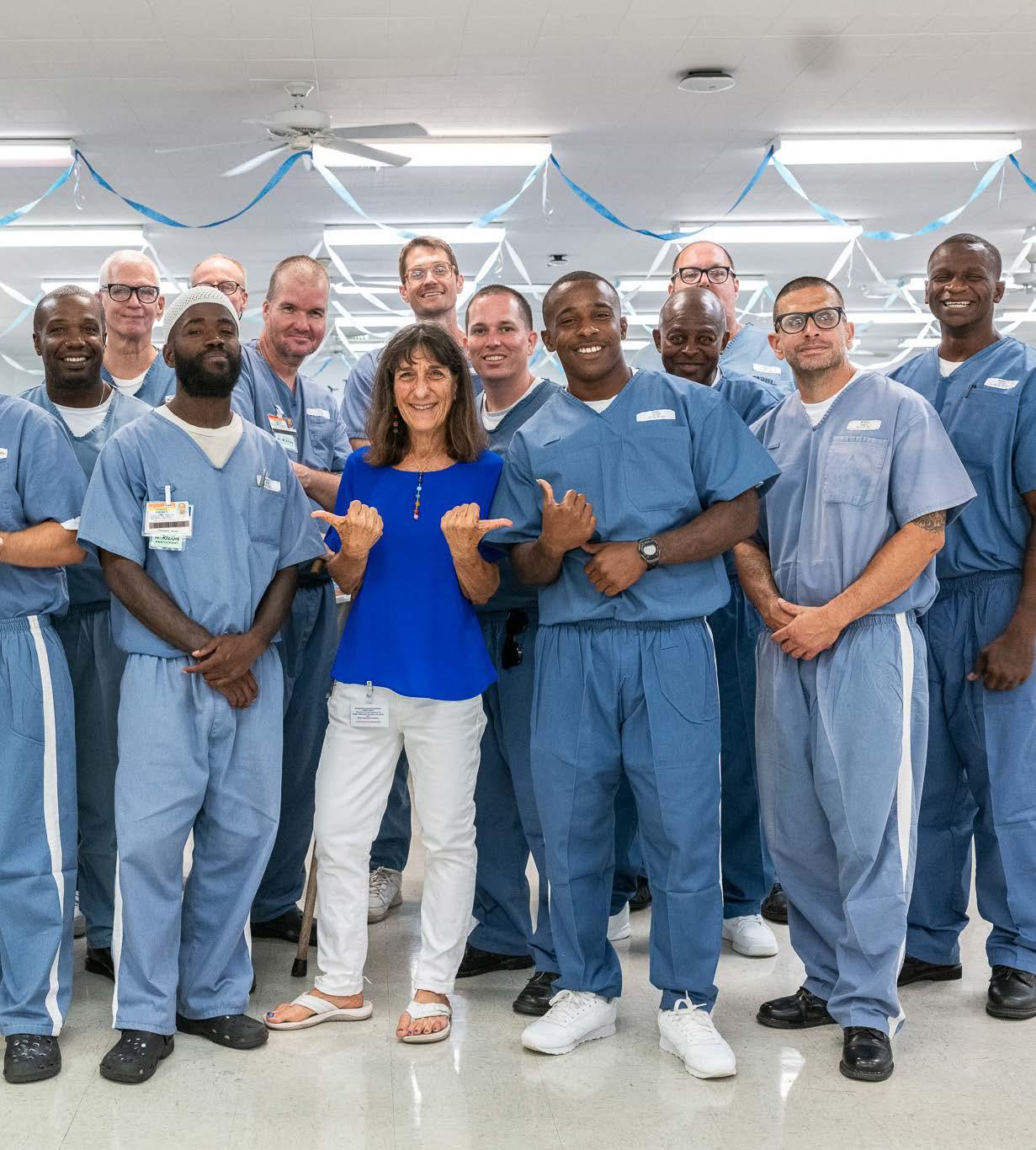
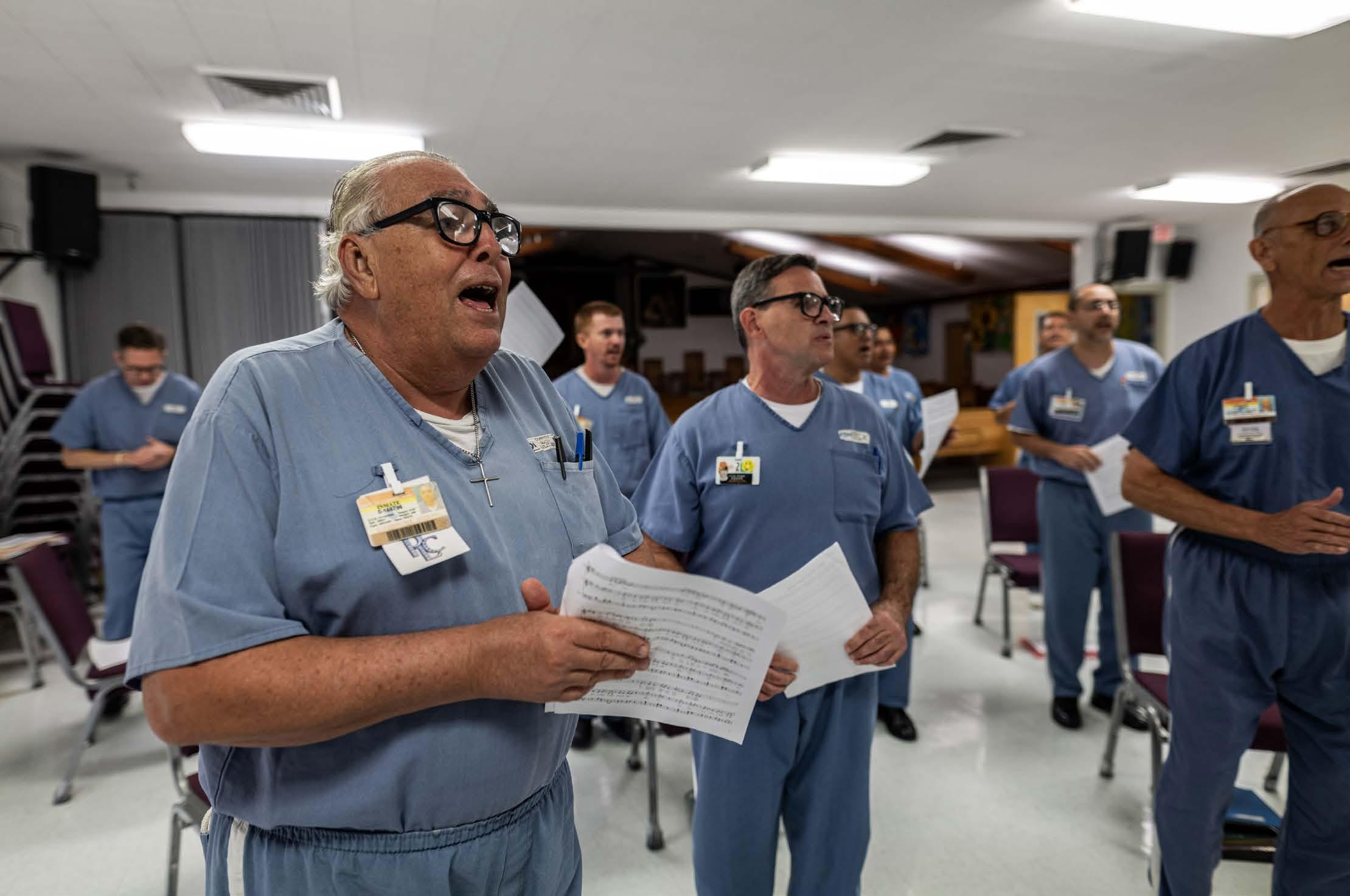
It was a meeting with Bill Burnett of The Center for Social Change that influenced Kathie’s next chapter. With pad and pen in hand, he asked Kathie what she will call her nonprofit. “I’m not a nonprofit,” Kathie told him. “I’m just a single person who wants to teach. And he goes, No, no, no, no, you need to think bigger.”
In 2014, Kathie founded Exchange for Change, a program that teaches writing classes in prisons.
The mission has always stayed the same, which is to improve communication skills for people who are incarcerated, whether it’s a prison, a jail, a juvenile residential center, or a reentry center. We then bring the voice of the incarcerated out to the public through our publications, these exchange classes, our prison visits, and our graduations.”
Exchange for Change classes are taught by volunteers from throughout the Miami community, particularly students and academics. With programs like Exchange for Change, the goal is not to dwell on the past, but to help inmates look toward their futures. Kathie says:
When someone comes to our class, they come as a student, because they want to learn. And so I have to respond to the person in front of me. I don’t want to know what they did. I’m not saying that it doesn’t matter. It’s informed them on who they are. But what I’m looking at is the person in front of me. How can you not give someone a second chance, right?
Incarceration affects entire families, but through Kathie’s work, there’s a way to make a real difference and bring a sense of hope and connection that is often lost.
"When someone is incarcerated, the whole family is suffering. And this is a way particularly for people who, let’s say committed their crime in Florida, but their family lives in Washington state or in Venezuela, or places where they’re not going to see them, their family can take great pride in what their loved one is doing even in a prison setting. Because it’s an accomplishment."
It’s an achievement that truly transcends the walls.
Don’t Shake the Spoon is a literary journal published by Exchange for Change. Its title refers to the request incarcerated people often make to the kitchen — don’t shake the spoon so that those few extra crumbs can make it to the plate.
Hear Us: Writing from the Inside During the Time of Covid is a unique anthology of poetry, fiction, nonfiction and artwork. The pieces were submitted from incarcerated writers, family members and staff spanning from Alaska to California, Florida to Illinois, Michigan to Utah and more.
The real impact extends far beyond that. One notable story came early on, involving a woman incarcerated in Homestead. Exchange for Change provided her with a few writing courses, Kathie recalls.
THE MOST SUCCESSFUL PARTS OF OUR PROGRAM IS THIS IDEA THAT THEIR VOICES WILL BE HEARD. THEY'LL BE IN PUBLICATIONS THAT ARE PERMANENT.
Kathie Klarreich Exchange for Change
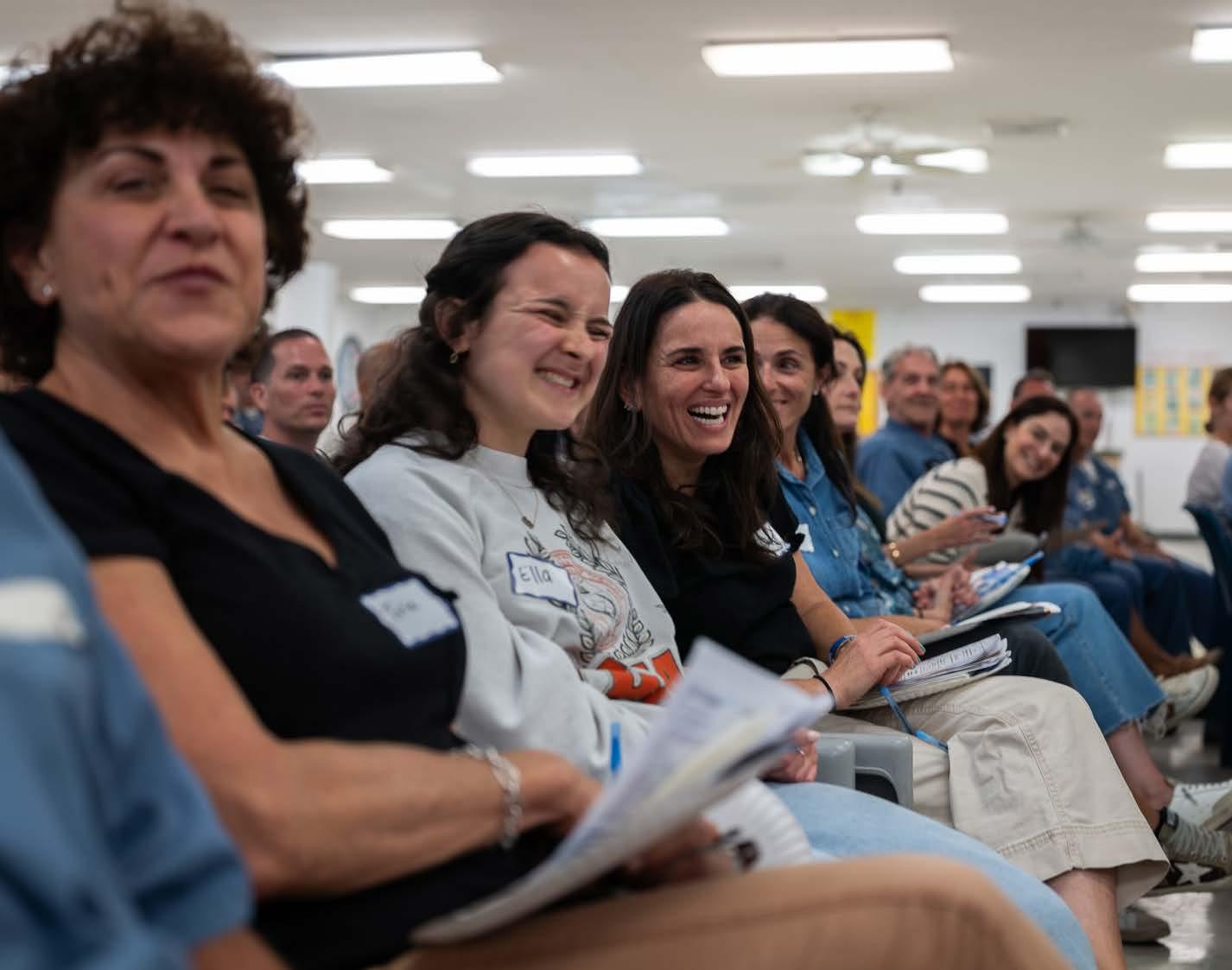
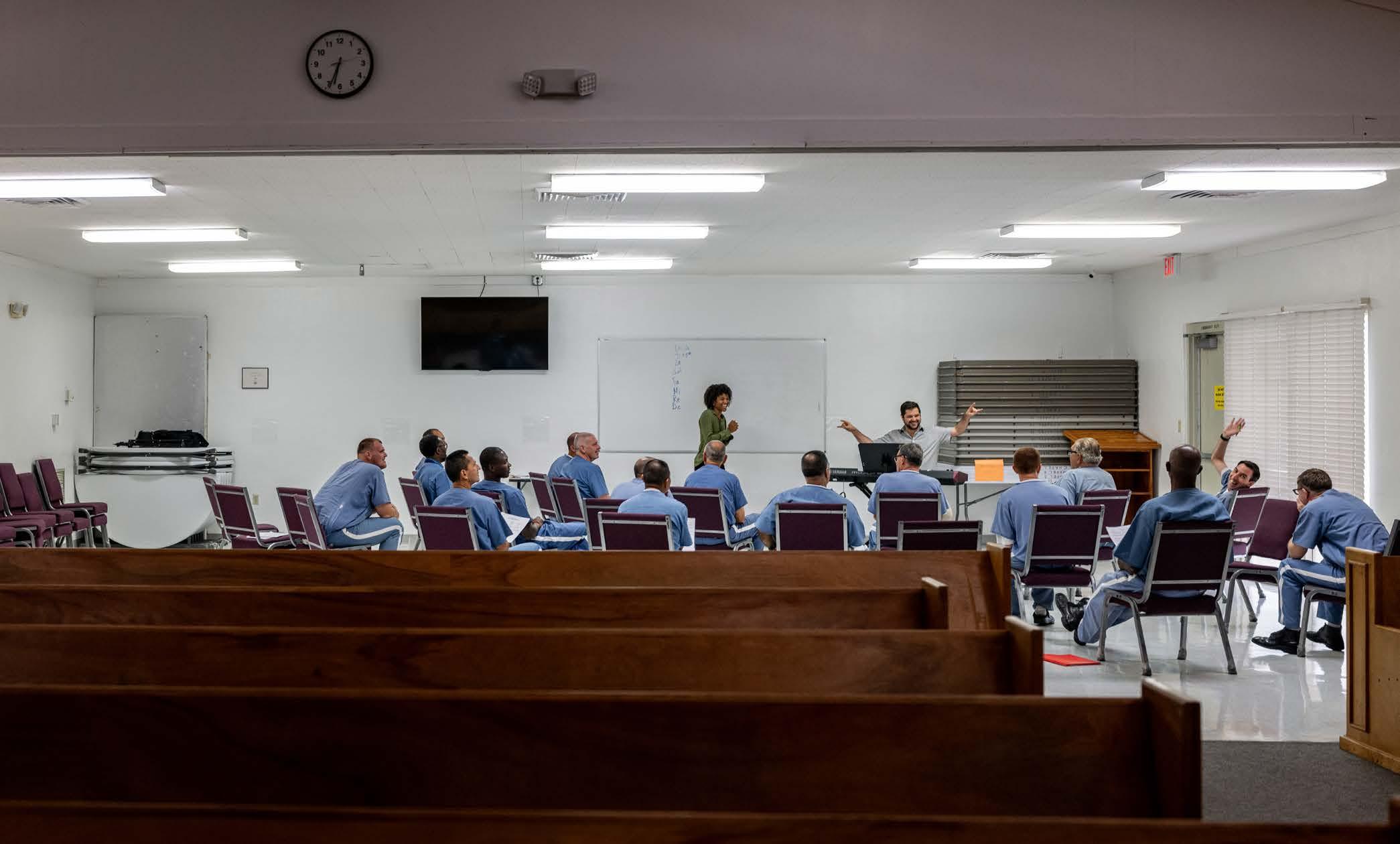
She was released and went on to earn her degree from FIU. During that time, she supported herself by working at Dunkin’ Donuts. She excelled so much that she became highly sought after, which led Dunkin’ Donuts to reconsider their stance on hiring formerly incarcerated individuals. Thanks to her, they’re now open to providing such opportunities, where before they had been closed off.
Like Kathie, Laurah Merisier also works with people in prison and transforms their lives through songs. She is the dedicated music educator and founder of Miami Sound Space and The Bluebirds, a men’s choir at the Everglades Correctional Institution.
"Because of the work that I do, I get to see the inmates human to human — as fathers, as husbands, as grandfathers, as lovers. I get to see them in their humanity. I think, because they are so far away from everyone, people don’t get to experience that they are people, and we forget that."
As part of the program, the Bluebirds participate in a songwriting course. In 2022, they wrote a song entitled “Be Free” with the help of Miami Sound Space volunteers and local musicians. The song explores their experiences with incarceration.
“It’s kind of become our anthem, and it wrestles with how you experience freedom if you don’t have access to your own freedom, or if your freedom is held by someone more powerful than you,” Laurah says. “Me and my team have taken the song the guys have written and we’ve done several community popups where we teach the audience the song, we record it, and we bring it back to the guys so the guys can hear their song in the public’s voices.”
Laurah explains that this human connection is one of the most impactful aspects of the choir:
If you would ask the guys what the impact is for them, I think most of them would say it’s joyful. I think a lot of that is because we call them by their first names, which is not the case for the guards and the leadership in the prison. We talk to them like they are people. We know about their lives and their families and they know about our lives and our families. We sing with them and we make jokes. For those two hours, when we go into the prison, we treat them like human beings.
BECAUSE OF THE WORK THAT I DO, I GET TO SEE THE INMATES HUMAN TO HUMAN — AS FATHERS, AS HUSBANDS, AS GRANDFATHERS, AS LOVERS. I GET TO SEE THEM IN THEIR HUMANITY.
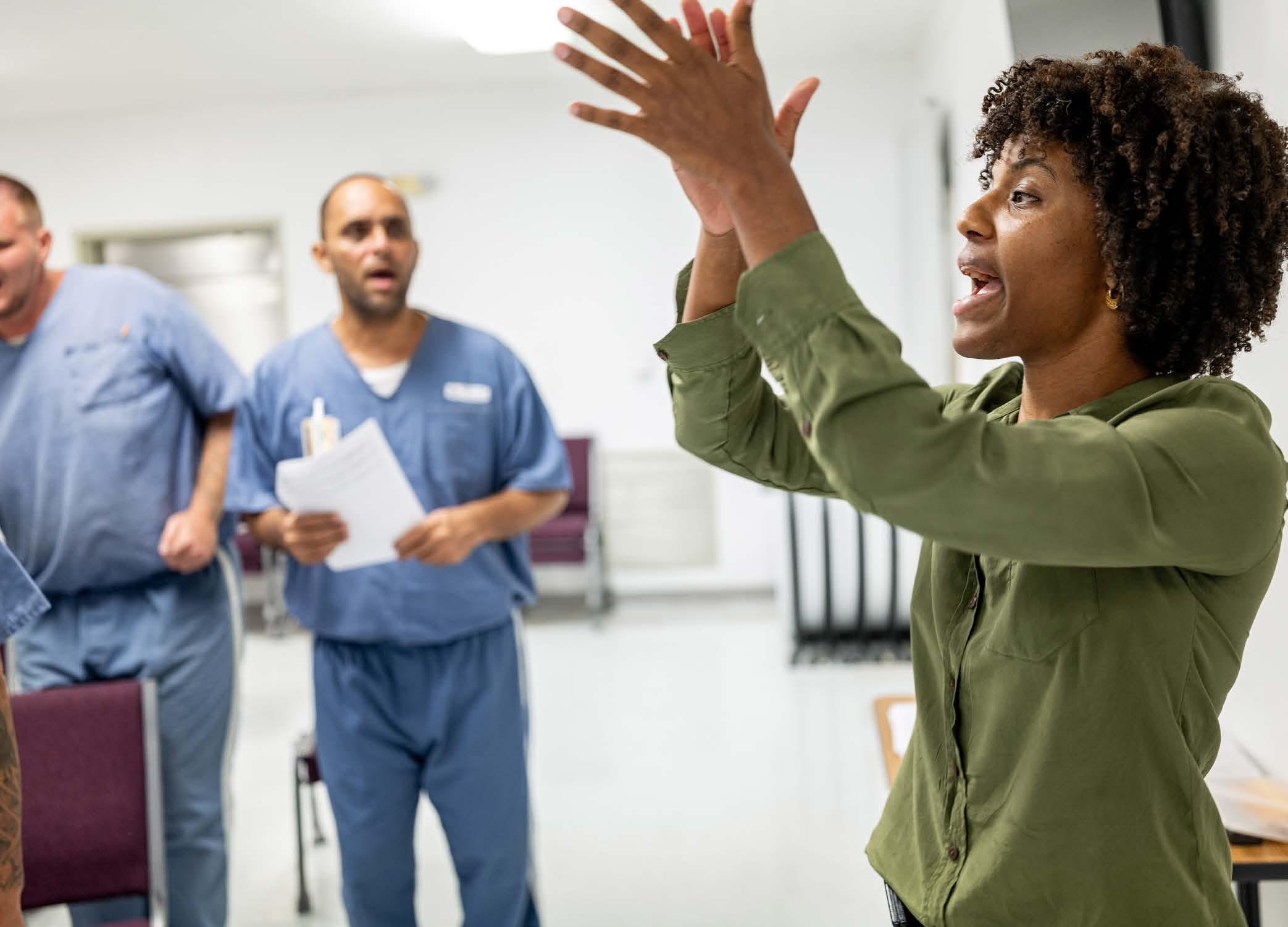
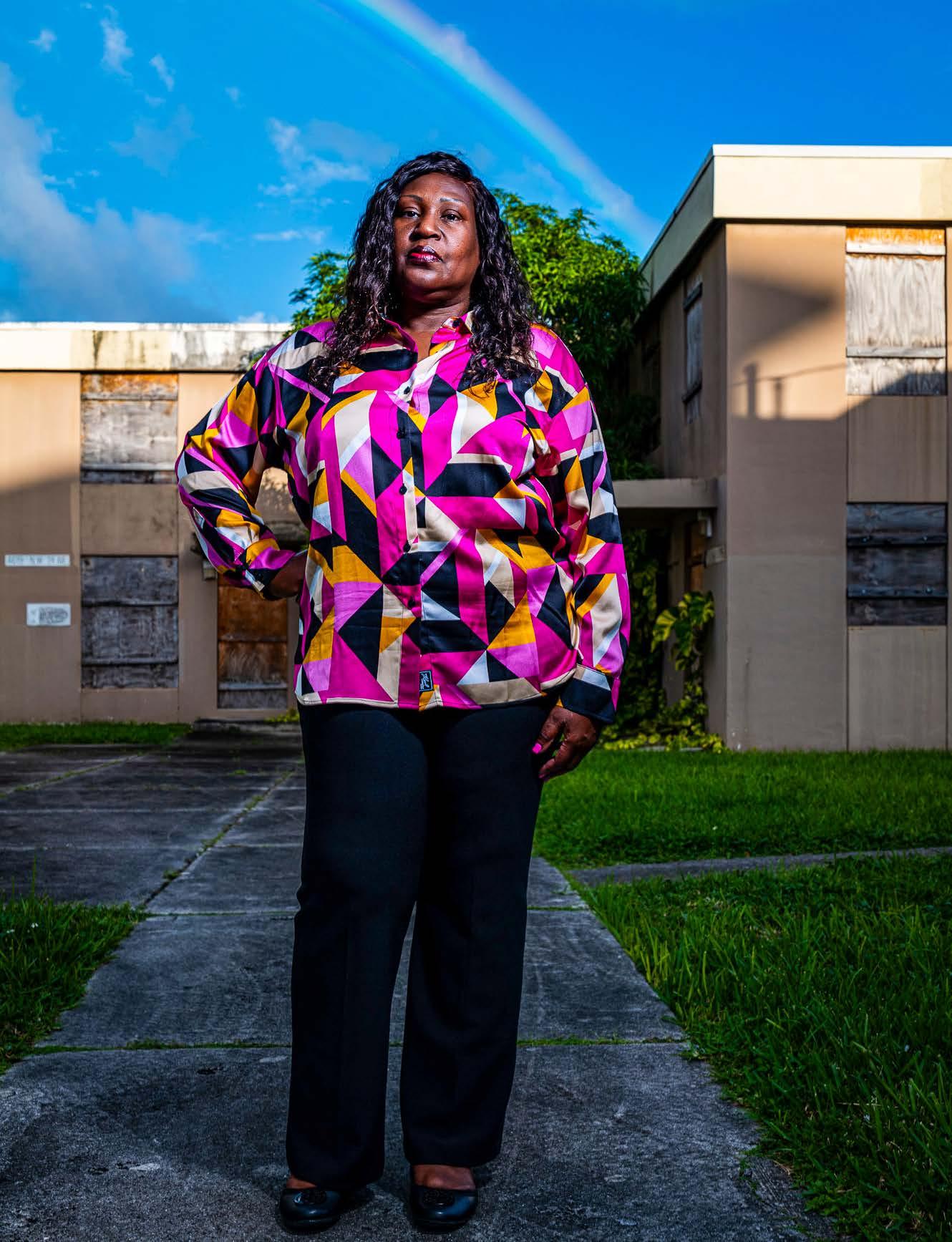
When faced with the threat of losing essential resources — like housing, healthcare, or safety — access to effective legal advocacy is paramount. The legal system is full of complexities. Yet, it also serves as a vital support system, providing tools to secure stability and empowering individuals to rebuild their lives.
By Yulia Strokova




I FIGHT BECAUSE I AM A RESIDENT, ON BEHALF OF OTHER RESIDENTS, BECAUSE THE ISSUES WE FACE – WHETHER IN PUBLIC HOUSING OR WITH COMMUNITY DEVELOPMENT – COULD HAPPEN TO ANY OF US.
The move-out order had a larger impact than just relocating families. Residents were panicked. They were anxious, and some of them just moved into the first thing they found that would accept the voucher,” reflects Rose Adams on the chaos that engulfed her community nearly six years ago.
" Coleman 14 twice weekly to meet their board and displaced tenants. At every meeting, they're surrounded by silent, empty buildings. Her advocacy has expanded to a broader mission: ensuring that her community, and others like it, have the knowledge and tools to defend their rights. Protection from eviction is what tenants need most. As Rose explains:
As the president of the Annie Coleman 14 resident council, Rose Adams witnessed the displacement firsthand. In 2019, MiamiDade County informed the residents of the public housing complex in Brownsville that they had to move. The official cause? Substandard living conditions and rampant crime.
At the time, crime was not a big issue in our area. Yes, we had those moments, but during the displacement period, we weren’t seeing a spike in incidents. We asked the County, Why not work with the residents to bring more resources and programming to improve the area instead of tearing our community apart? They chose a whole other route. They just totally disregarded the residents and destroyed a whole community. And the effects are still felt today because those buildings are still standing vacant.
Rose was among the few who refused to accept the voucher. While she now resides in Miami Gardens, Rose visits Annie
I fight because I am a resident, on behalf of other residents, because the issues we face — whether in public housing or with community development — could happen to any of us. It’s about informing and educating people so they can be empowered to advocate for themselves, just as I’ve learned to do.
Public housing, like Annie Coleman 14, is owned and operated by the government — often a housing authority or, in this case, Miami-Dade County. When the County decided to close Annie Coleman 14, it offered Section 8 vouchers to the families.
The Housing Choice Voucher Program was initially designed to help low-income families by subsidizing at least 70% of rent in privately owned buildings. As rents continue to skyrocket and the housing crisis deepens, the program has struggled to keep pace with demand, making it difficult for families to find places to use their vouchers and failing to consistently provide stable and affordable housing for those it was meant to serve.

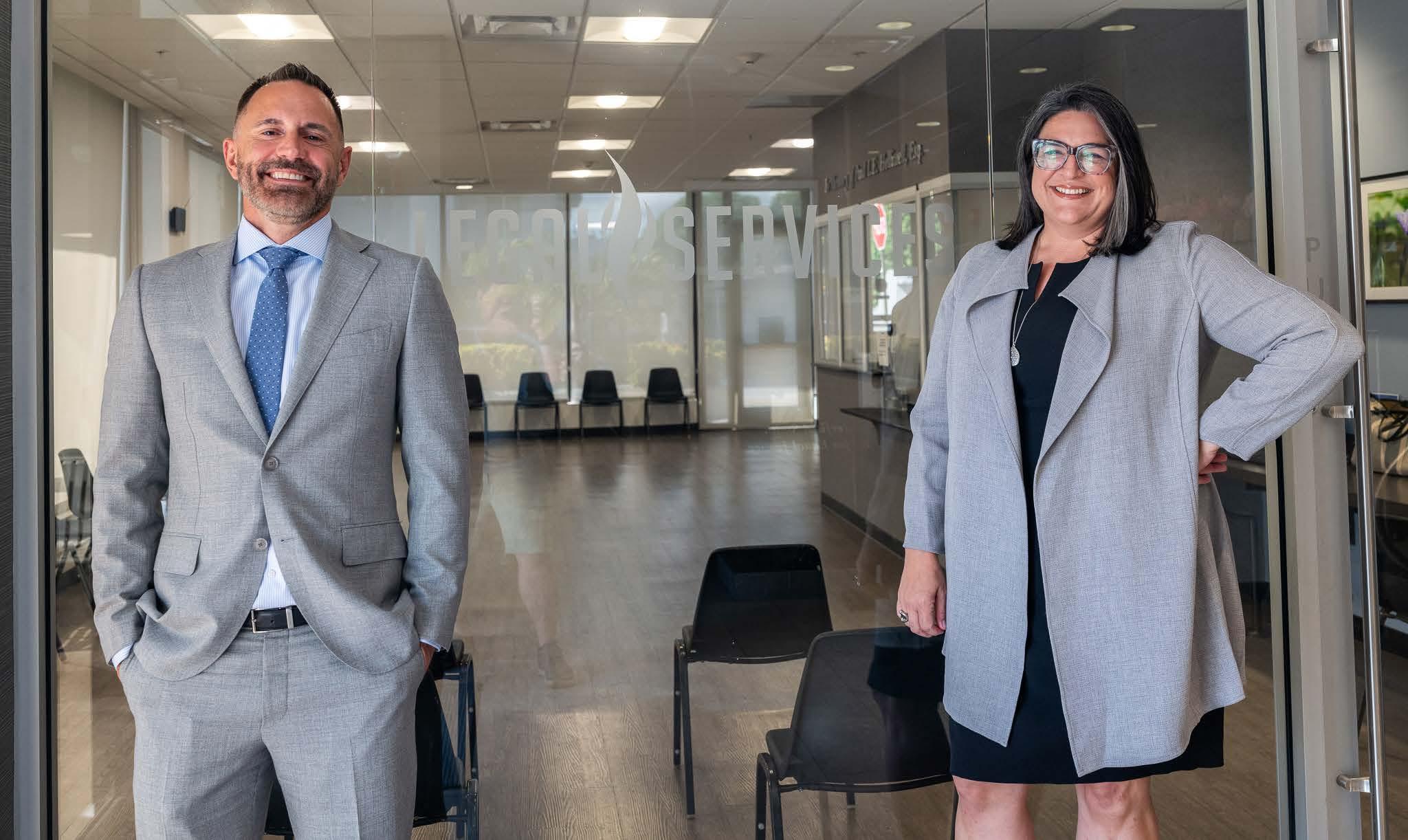
For many families, abrupt relocation brings new financial burdens, leaving them vulnerable to unscrupulous landlords and instability.
This was the situation for Annie Coleman 14 residents, but that changed when Rose received support from the Legal Services of Greater Miami. Rose emphasized:
They have been just like our angel, Mr. Hearne and his team. We were able to secure a tenant relocation agreement with the County, with Legal Services’ assistance, and that was a major milestone. Nothing like this has ever been done.
Legal Services of Greater Miami is a nonprofit with a long legacy. For more than five decades, the passionate team of attorneys has provided free civil legal services to low-income residents of Miami-Dade and Monroe Counties.
“One of the paramount things that Legal Services does for residents is protecting them from eviction. This is crucial because, unfortunately, some landlords can be unscrupulous, or residents may need more time to relocate. Often, 60 days isn’t
enough to find a new place, coordinate with public housing, secure payments, and get approval to move in. This is where Legal Services steps in, mediating and protecting residents during the process," adds Rose.
One of the biggest initiatives toward that protection is the Eviction Diversion Program, which was launched as a pilot program in 2023 with $3.1 million in total funding and was renewed for another year. The core goal is to assist hundreds of at-risk tenants and their families, and to assess the impact of legal representation on the housing stability of the residents served.
Legal Services of Greater Miami works with five communitybased nonprofits to provide advocacy, outreach, and awareness of tenants’ rights. The cohort of subgrant awardees includes the Cuban American Bar Association Pro Bono Legal Services, Community Justice Project, Miami Workers Center, Haitian Lawyers Association, and the Wilkie D. Ferguson, Jr. Bar Association.
A HOME IS A HOME, WHETHER IT’S RENTED OR OWNED. WE NEED TO ENSURE THAT THERE ARE SUPPORTS FOR RENTERS TO HAVE AND MAINTAIN STABLE HOUSING.
M. Hearne Legal Services of Greater Miami
Legal Services helps tenants navigate systems that aren’t designed for most people. These legal systems often chew up and spit out those without legal representation, which means eviction and homelessness for most families. You really have to know the law to defend an eviction. One of the strengths of our organization is our long history and expertise in tenants’ rights, which allows us to achieve good outcomes for communities that are often overlooked and taken advantage of.
For more than 20 years, Jeffrey M. Hearne, originally from Texas, has advocated for vulnerable communities. As Chief Advocacy Officer at Legal Services of Greater Miami, he oversees the firm’s significant litigation and strategically guides the firm’s advocacy across all practice areas. Keeping people in their homes is a cause that reflects both his expertise and passion.
“Ensuring housing stability is really important to a family’s success. Priority is often given to homeowners, and tenants’ homes are considered less valuable because they rent rather than own. However, this shouldn’t be the case.
As the number of renters grows, it’s important that we recognize that a home is a home, whether it’s rented or owned. We need to ensure that there are supports for renters to have and maintain stable housing."
Since 2021, Miami-Dade County has doubled its investment in affordable and workforce housing projects and continues to receive federal development grants. Still, the housing gap remains vast. A Miami Homes For All report reveals a more than 90,000 affordable housing unit shortage. The analysis shows the need for approximately $1.5 billion in funding to develop 101 projects and about 14,000 affordable housing units that are already in the pipeline.
The Eviction Lab at Princeton, which tracks housing trends, reports that evictions are up in South Florida. Within one 12-month period, they recorded more than 23,000 evictions in Miami and Fort Lauderdale. According to their latest report, updated on March 1, 2024, Miami alone saw 9,737 eviction filings — a 5% increase compared to previous years. Each of these numbers represents a real person or family grappling with housing insecurity, often in urgent need of legal support.
“You’re going to meet people on their worst day. We listen to them, we hear them, and we do our best to advocate for them. For the most part, we consider it an incredible
privilege to be in this position – to get paid to do work we’re passionate about. I’m truly grateful for our team. From legal secretaries to attorneys, to those in finance who may not even have client contact. Everybody is really mission-driven,” states Monica Vigues-Pitan, CEO of Legal Services of Greater Miami.
Monica speaks with immense pride and gratitude about her journey and work. A Class of 2003 graduate of the University of Miami School of Law, she recognized early on that her mission was to advocate for better opportunities for underserved communities. Driven by a deep sense of justice, Monica has dedicated her career to ensuring that everyone, regardless of their background, has access to vital resources. Under her guidance, Legal Services of Greater Miami has expanded its reach and effectiveness, transforming the lives of many. Between 2023 and 2024, Legal Services increased representation in housing cases by over 81%.
Their impact even extends beyond housing issues. Several years ago, West Kendall Baptist Hospital and Legal Services of Greater Miami launched Medical-Legal Partnership Miami-Dade. This collaboration between doctors and lawyers will enable healthcare staff to refer patients for legal assessments and advocacy when a non-medical obstacle is identified as adversely affecting the patients’ overall health.
“What truly drives me is the belief that everyone should have equal access to opportunity," Monica says. "This means that people should determine their own lives, not be limited by the circumstances or zip codes they were born into.”
JUST BECAUSE AN ISSUE DOESN'T AFFECT YOU DIRECTLY DOESN'T MEAN IT DOESN'T IMPACT YOU. OUR COMMUNITY THRIVES WHEN EVERYONE IS DOING BETTER.
Monica Vigues-Pitan Legal Services of Greater Miami

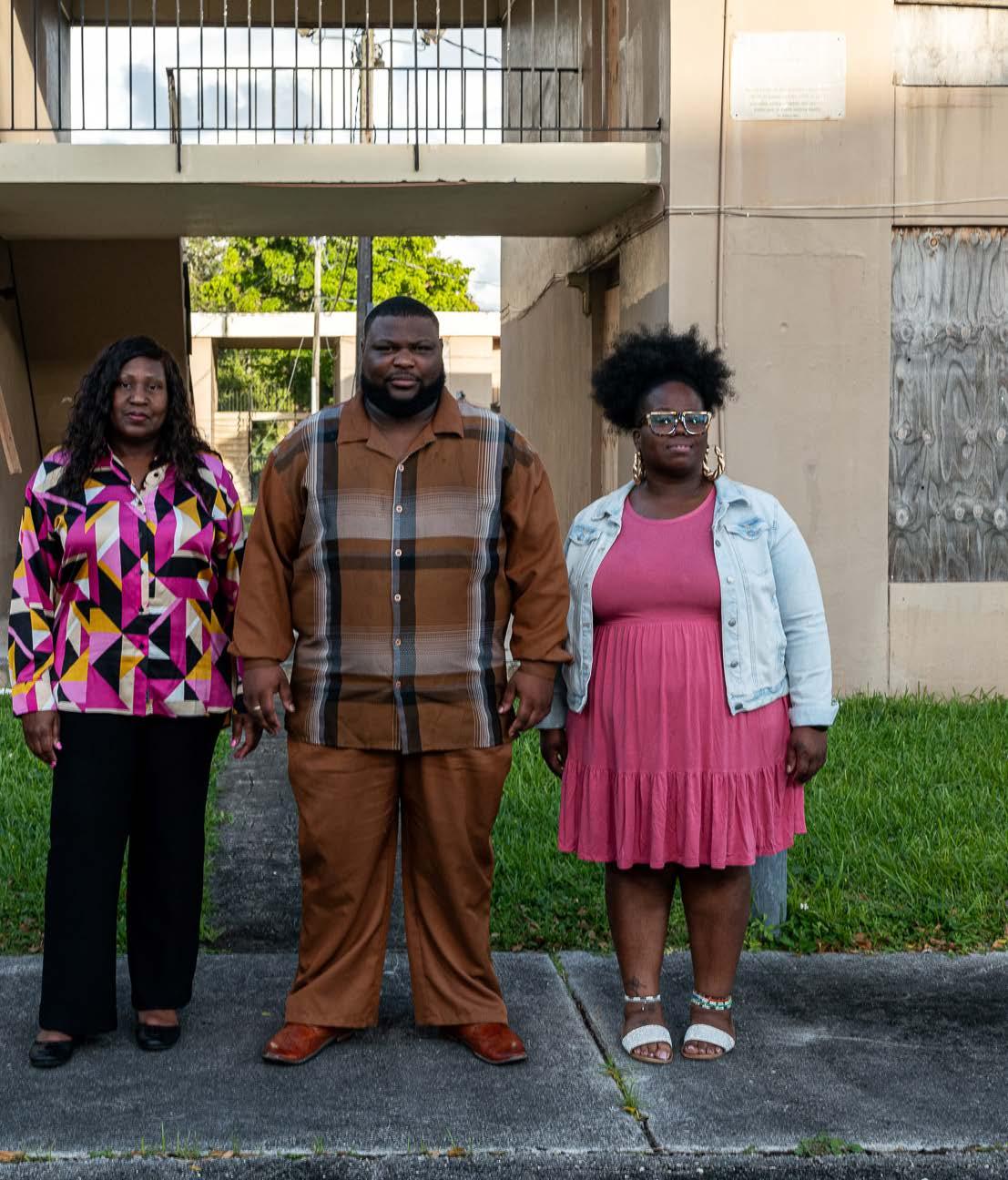
by
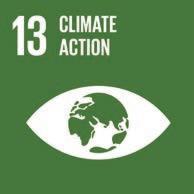
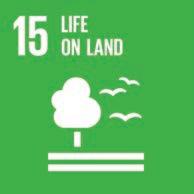
Mangoes hang over Miami, brightening our smoothies, salsas, and cocktails. But the 2024 season’s scarcity was a lesson in savoring the flavor, and intentionally find ways in our daily lives to protect the climate we have. Whether you see them as a simply fragrant fruit or a cultural icon, it’s time we consider how mangoes connect us within urban landscapes.
By Martina Potlach, Samantha Schalit
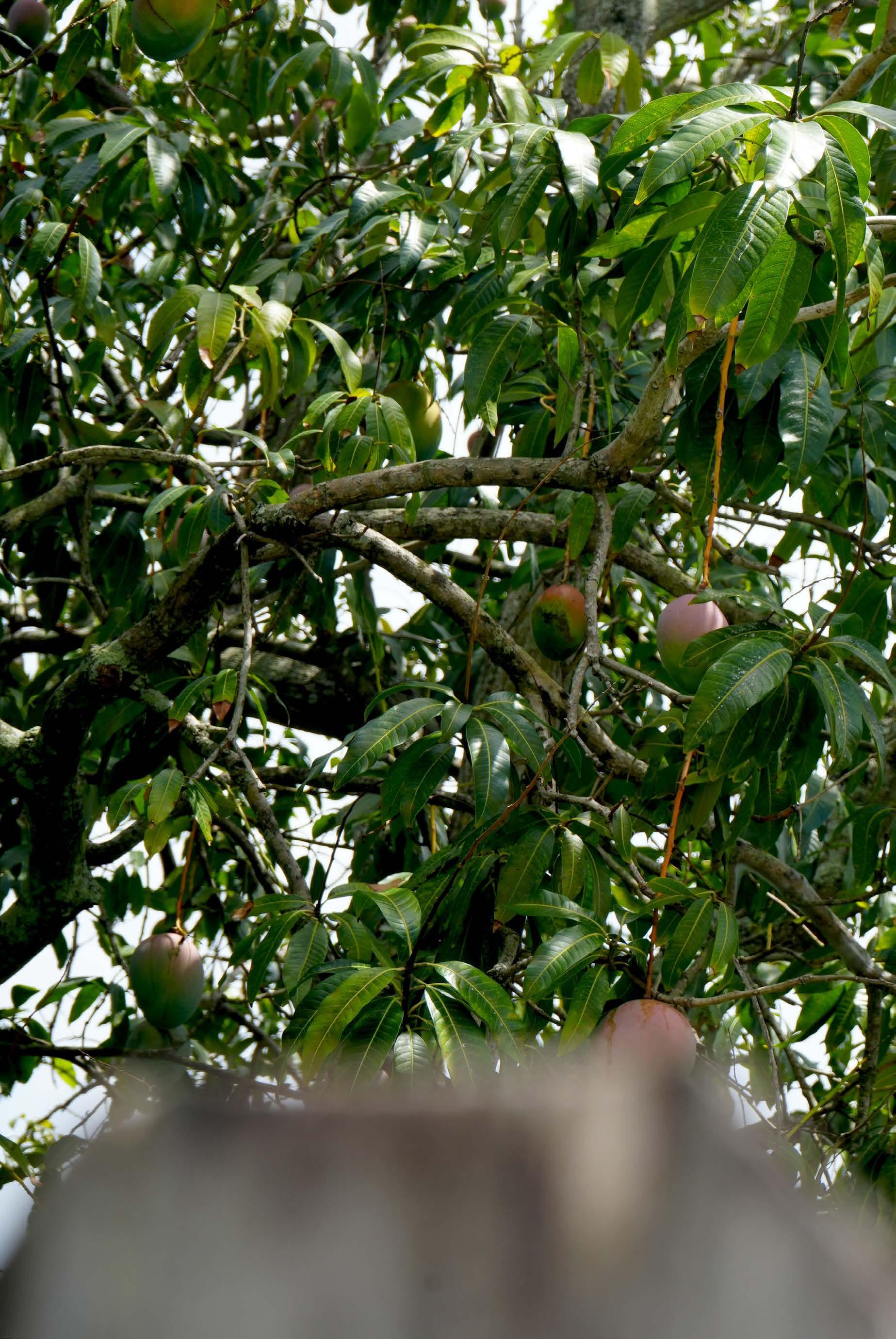
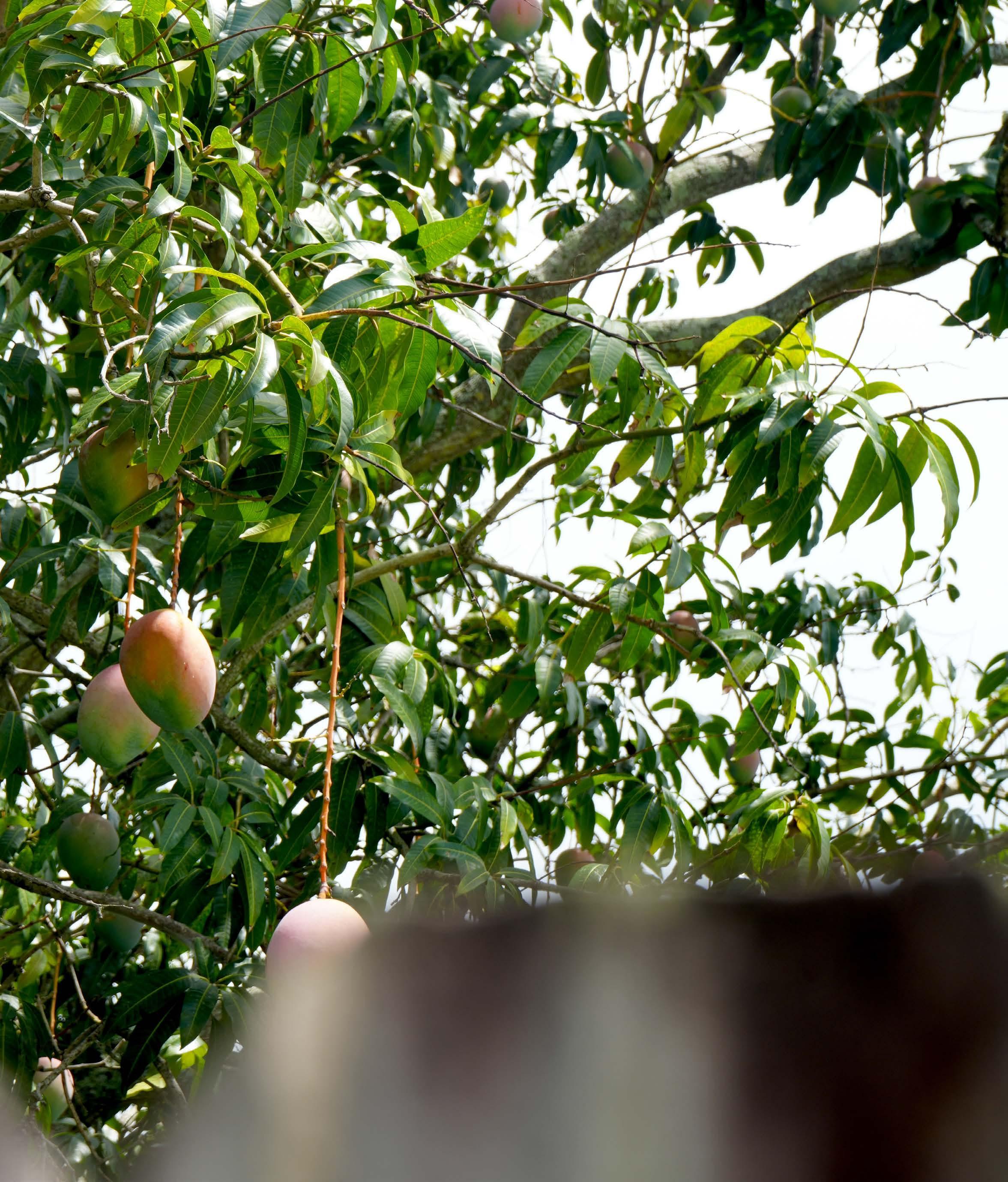
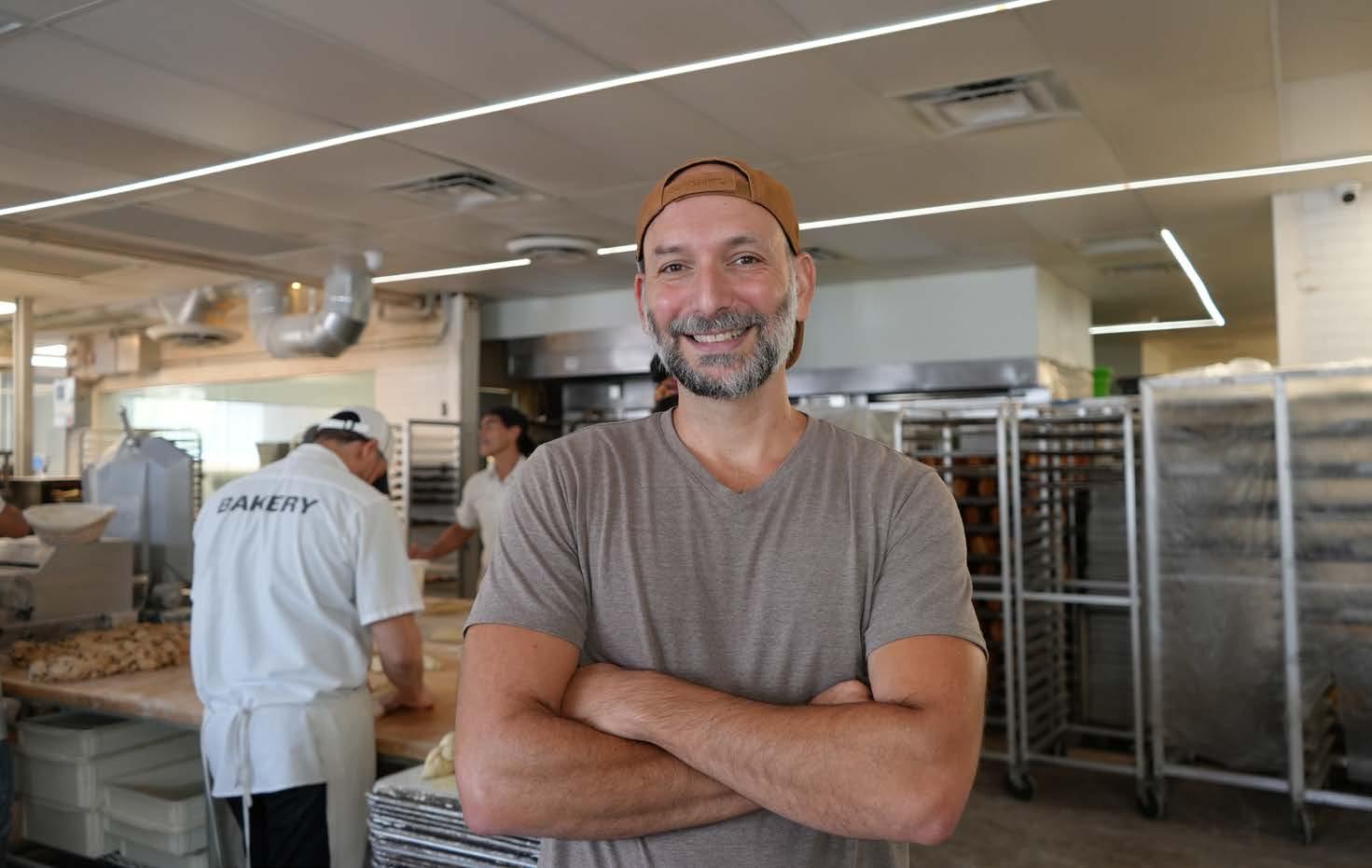
Every summer, fleshy, sunset yelloworange to jade-green mangoes dot residential trees in tropical abundance. But the 2024 mango season was a slow one. The culprit, some said, was the wind. Others said it was a combination of extreme heat and rainfall. With fewer fruits on our trees and a weak harvest, Miamians found themselves embracing every mango moment.
Zak Stern’s approach to hospitality has been anything but ordinary. From the kitchen of his Wynwood corner kosher bakery, emerged what is known as “The Mango Trade.” Every season, people can bring five local mangoes from their homes or neighborhoods in exchange for one loaf of freshly baked bread. In this “new currency,” Zak the Baker weaves seasonal fruit with community to create
unexpected baked goods representative of Miami’s regional cuisine, like mango cheesecake, mango soda, and mango parfait.
Creating the mango trade was an opportunity to get people to see what’s valuable here, and to get people to participate in our currency around the conversation of what is our regional cuisine? We’ve got things down here in the summertime that no one else has…It’s an opportunity to celebrate and embrace.
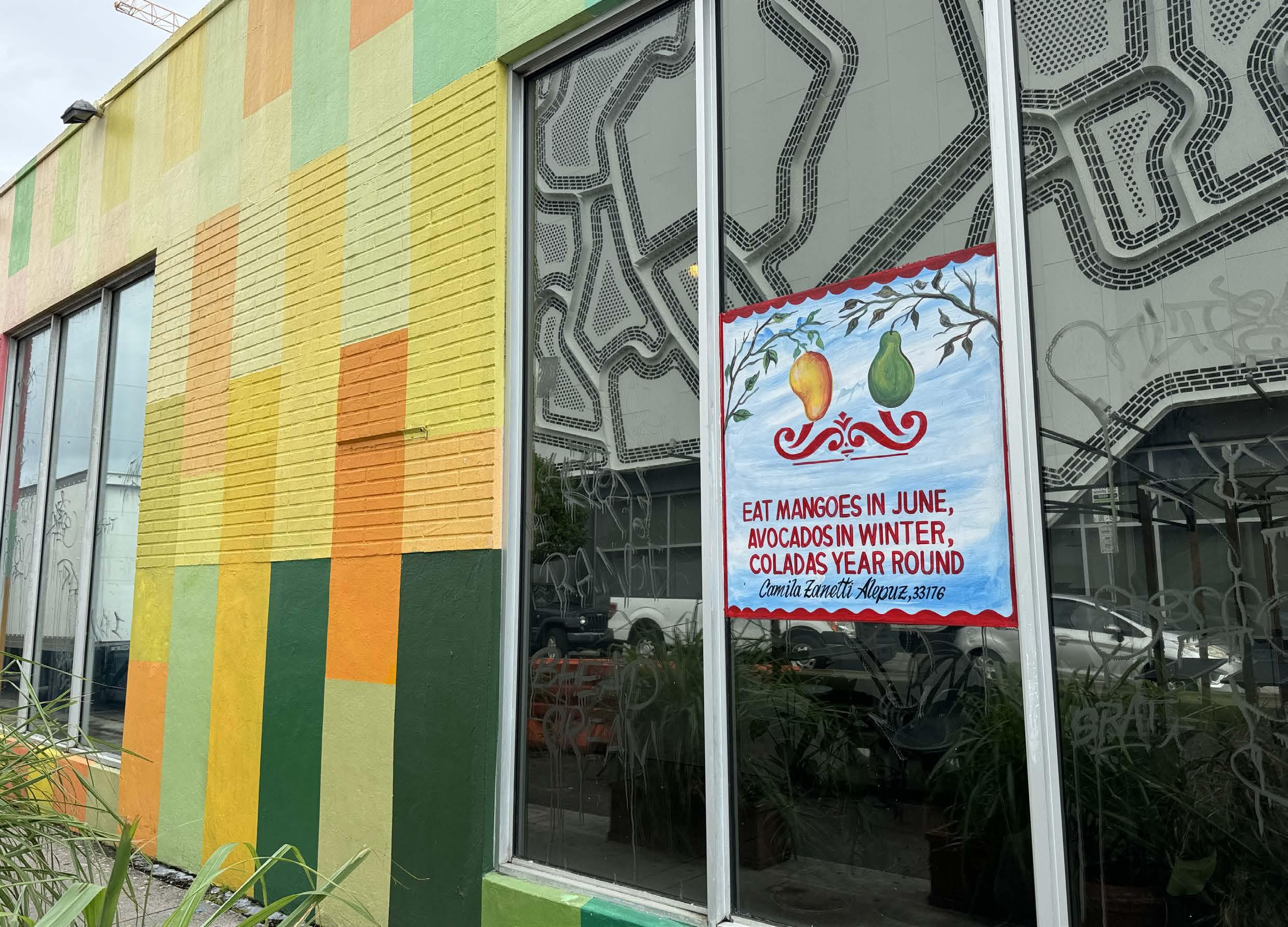
In 2023, Zak the Baker spent over $10,000 just on “overage” fines because their cans were always overflowing. As a result of the waste expenses from both food and cardboard, Zak focused on reducing the company’s waste by partnering with composting company, Compost for Life. With this switch to composting, Zak reduced the bakery’s waste by 60%, and in just two weeks, they diverted more than 16,000 pounds of waste from landfills.
Zak projected that more than half a million pounds of waste could be diverted in 12 months. Fostering a circular food economy, this compost is then returned to the bakery as nutrient-dense soil, contributing to Zak’s newest project, the Farmhouse. Its goal: grow as close to 100% of their own produce as possible for the cafe at the bakery.
Every season, roughly 40% of unpicked mangoes are estimated to go to waste. Green Tomato, a business connecting South Florida residents to farm-fresh produce,
tackled this problem by partnering with Nicholas Spence, the 12-year-old behind SoFla Boy Mangoes, to sell otherwise wasted mangoes — a hands-on lesson in entrepreneurship, agriculture and food waste solutions. Green Tomato founder Vanessa Aflalo shares:
Nick is an entrepreneur and the son of one of our customers. Early in the season, they were interested in collaborating. Nick took the initiative to collect mangoes in his neighborhood that would otherwise be wasted; his neighbors were elated by this solution, and his community shared in the profits. We loved supporting this young entrepreneur, and our customers really enjoyed the mangoes, even in this shorter season.
Photo by Martina Potlach
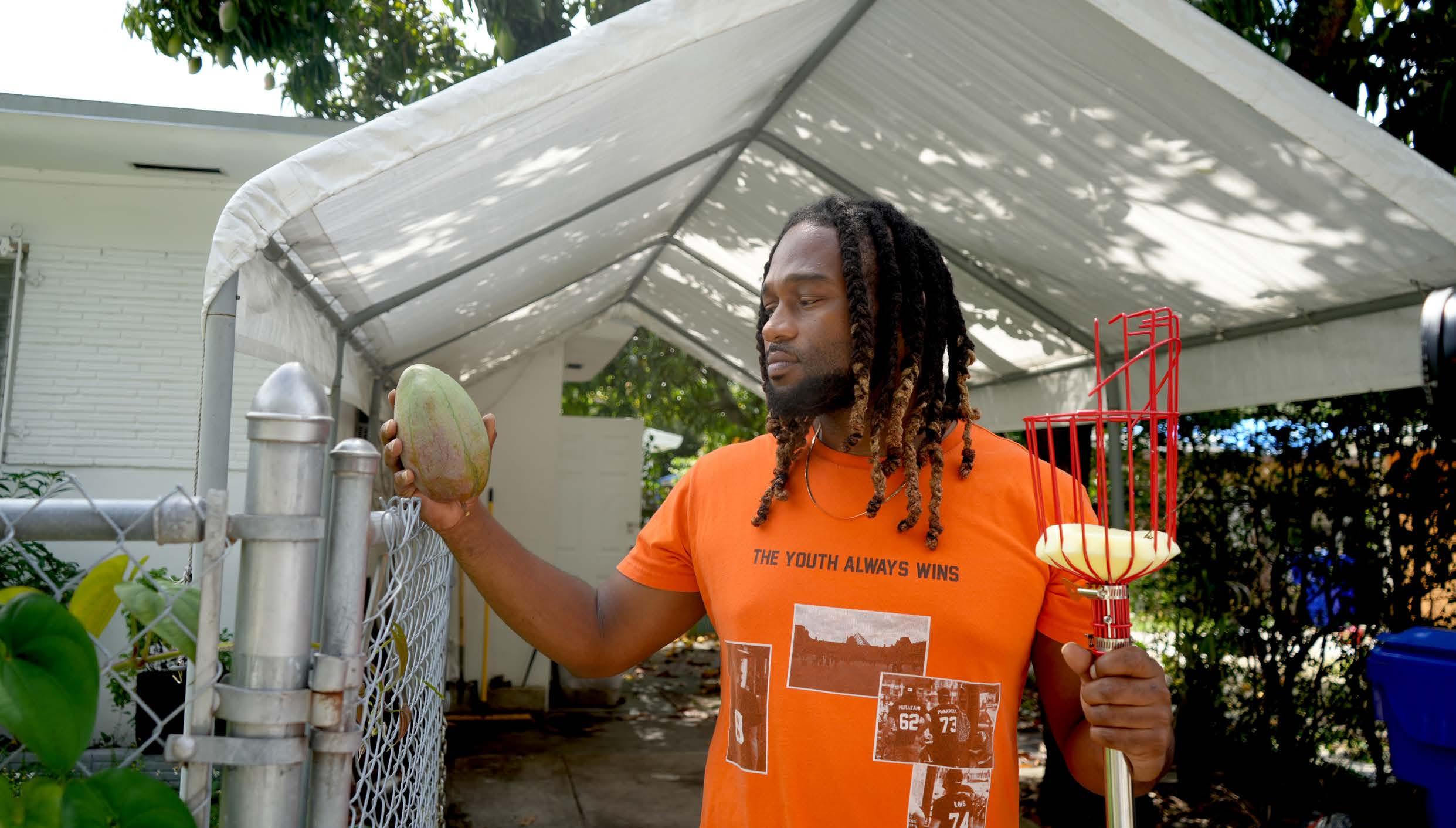
There are more than 600 varieties of mango growing throughout South Florida, which means this is one of the largest genetic diversities of mangoes in the world, grown on a relatively small scale. Since David Fairchild introduced mangoes to South Florida in the late 19th and early 20th century, these sticky, sweet fruits have become an integral part of Miami’s sub-tropical urban fabric, adapting to our wet and warm climate akin to the fruits’ native climate in Asia. "If you don’t have a mango tree in your house, then your neighbor does," says Rane Roatta, co-owner of Miami Fruit, a home-grown tropical fruit business and farm in Homestead.
A grower with over a decade of experience working with a network of local farmers, Rane has dealt with the uncertainties that come with climate change: “The heat and the drastic difference between our winter rains and our summer rains are actually making it a lot harder to grow mangoes here,” notes Rane, who still keeps a positive and opportunistic view of what each season brings. During season, Miami Fruit sells Mango Variety boxes that can ship nationwide and change weekly, offering even those at a distance a taste of Miami’s unique flavors.
Miami Fruit rose out of a community’s request. “The community asked me to sell fruit at farmer’s markets. And then, the online community asked me to ship the fruit to them,” says Rane. Connecting people with fruit, and creating unique and delicious experiences continues to be an important part of Rane’s mission, yet the vision goes further:
ONE
A slow season never keeps Miamians from venerating mangoes, as summer celebrations range from the annual King Mango Strut parade in Coconut Grove to weekend-long events relishing fruit biodiversity and cuisine. Miami-Dade County offers homeowners free trees through a special Adopt-a-Tree program Since 2001, over 225,000 trees have been given away. Residents can stay tuned to each year’s Adopt-a-Tree giveaways through Miami-Dade County's website.
To many, coming home from a long, hot day to a fresh, dewey harvest is one of life’s most simple pleasures that is undeniably, uniquely Miamian.
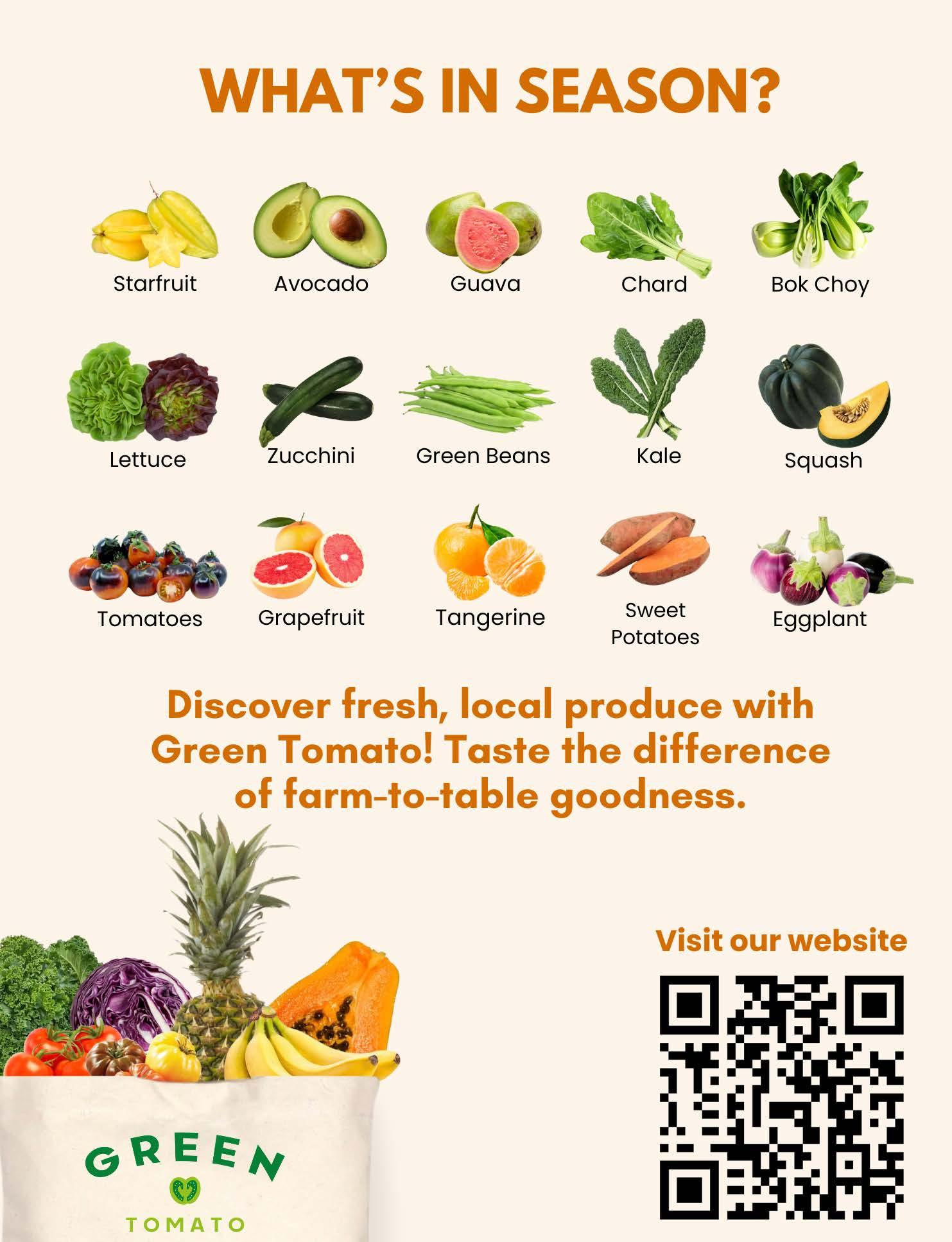
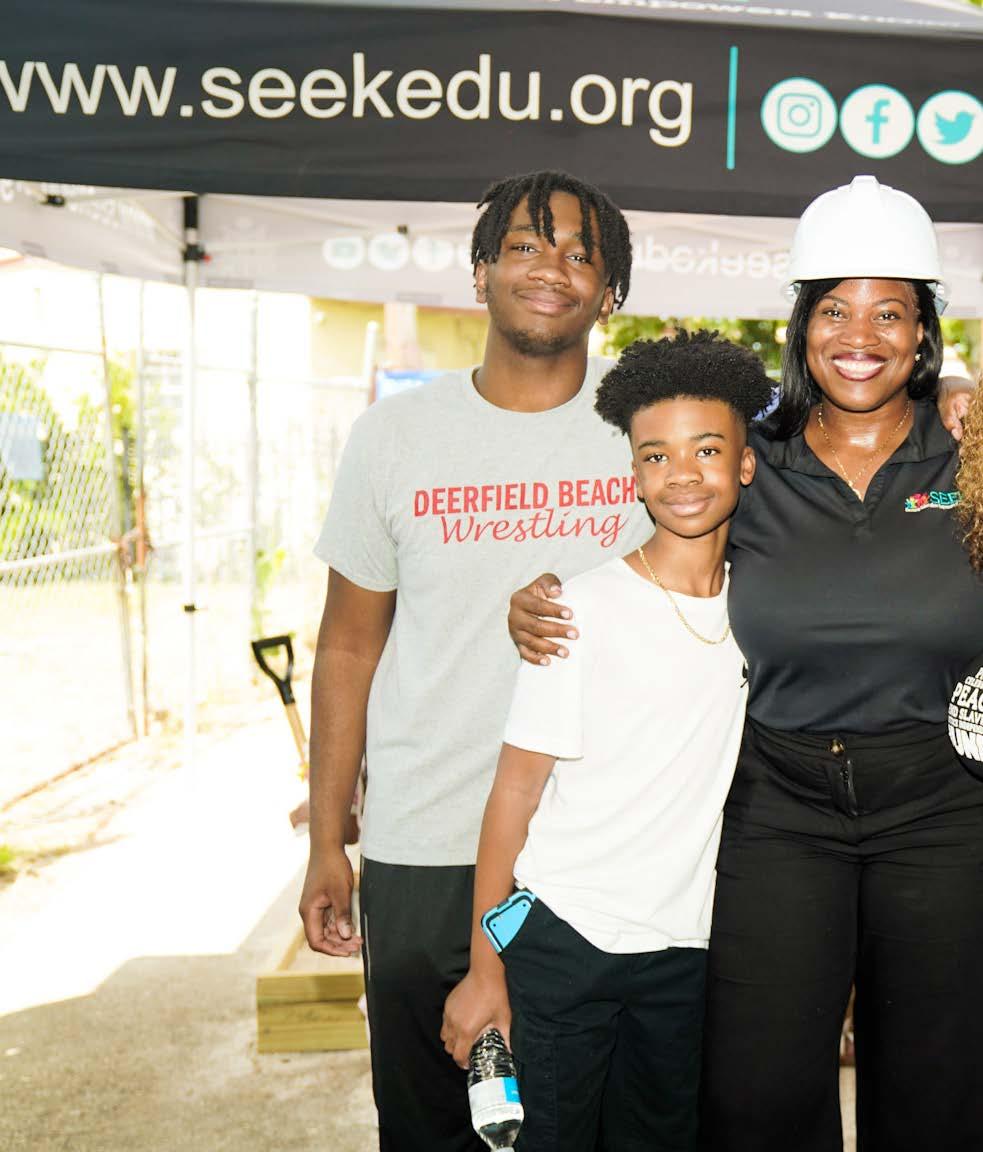
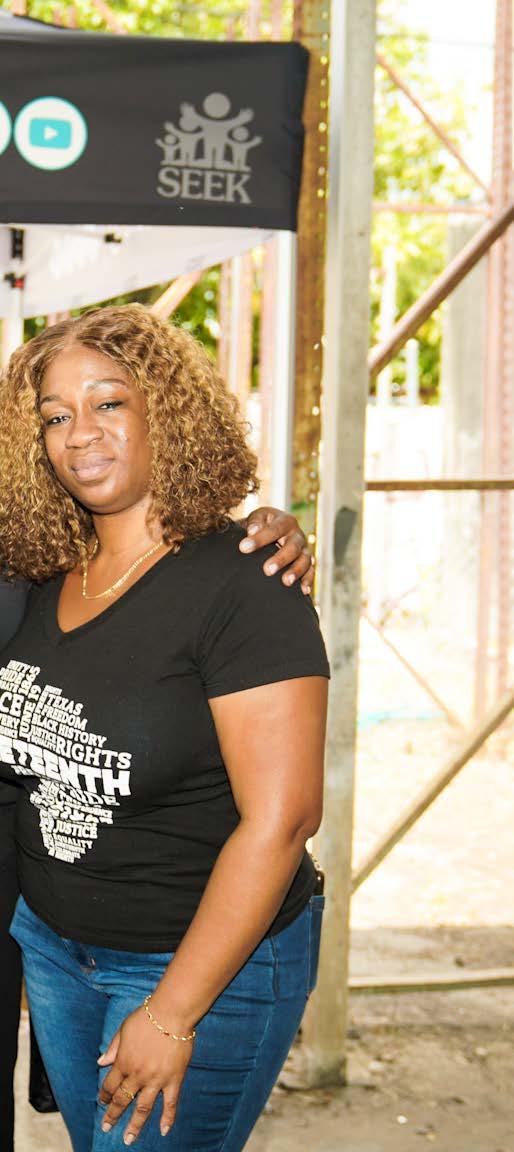
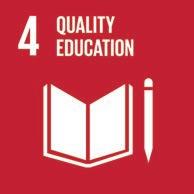

To address the deep-rooted systemic inequalities in STEM/STEAM education, all children – especially those from historically under-resourced make a transition by words, don't break the word without a high school or technical facility, this Miami-Dade County city is poised to bridge that gap and offer a transformative gateway to higher education and the workforce.
By Kacie Brown & Yulia Strokova
With a Seminole name, Arabic-inspired architecture, and a reputation for celebrating Black culture, Opa-Locka isn’t lacking in heritage. But with no technical or high school, the community of more than 16,000 does lack the hub for public enrichment these facilities often provide.
That’s about to change.
In 2024, the S.E.E.K. (Seeking Education Empowers Knowledge) Foundation broke ground on its SMART Tech Health Hub, a fourstory building conceived as a crossroads for young students, families, adults in need, career-seekers, and more. With $4 million from the State of Florida plus support from The Miami Foundation’s Digital Equity Collective, Tech Equity Miami, The Carrie Meek Foundation, and others, the building will be fully operational by December 2026.
The building symbolizes a monumental investment in a country where Black and Latinx people make up approximately 32% of the population but less than 10% of STEM workers. According to The Center for American Progress, these populations are considerably less likely to obtain higher education, especially in fields like science and engineering, than their white counterparts, and these numbers have worsened in the past decade.
But over the past 12 years, the S.E.E.K. Foundation has been working to move the needle in the opposite direction. They’ve immersed more than 15,000 children, particularly those of color, in STEM/STEAM education (science, technology, engineering,
arts, and mathematics) with programs from augmented reality workshops to starfish dissections. S.E.E.K. operates across many of the country’s largest cities, but its founder Anike Sakariyawo, a teacher with more than 15 years of experience, says she always knew she wanted to return to serve her hometown, Opa-Locka.
It was important for me to go back to the community that I grew up in. It’s important for people to see those who are making change in the community, and that there is talent in the community when its members are given opportunity and access that’s uninterrupted.
The Tech Health Hub will be all about opportunity and access. The sleek, window-walled building will prioritize patrons’ basic needs with a first floor dedicated to healthcare services, which the S.E.E.K. Foundation will provide via partnerships with local health organizations.
During an observation, I noticed a student said to his teacher, Mr. Curry, I need to step out and talk to my therapist on telehealth. We need that space for our students. And we all need a place to get a flu shot or check our blood pressure.
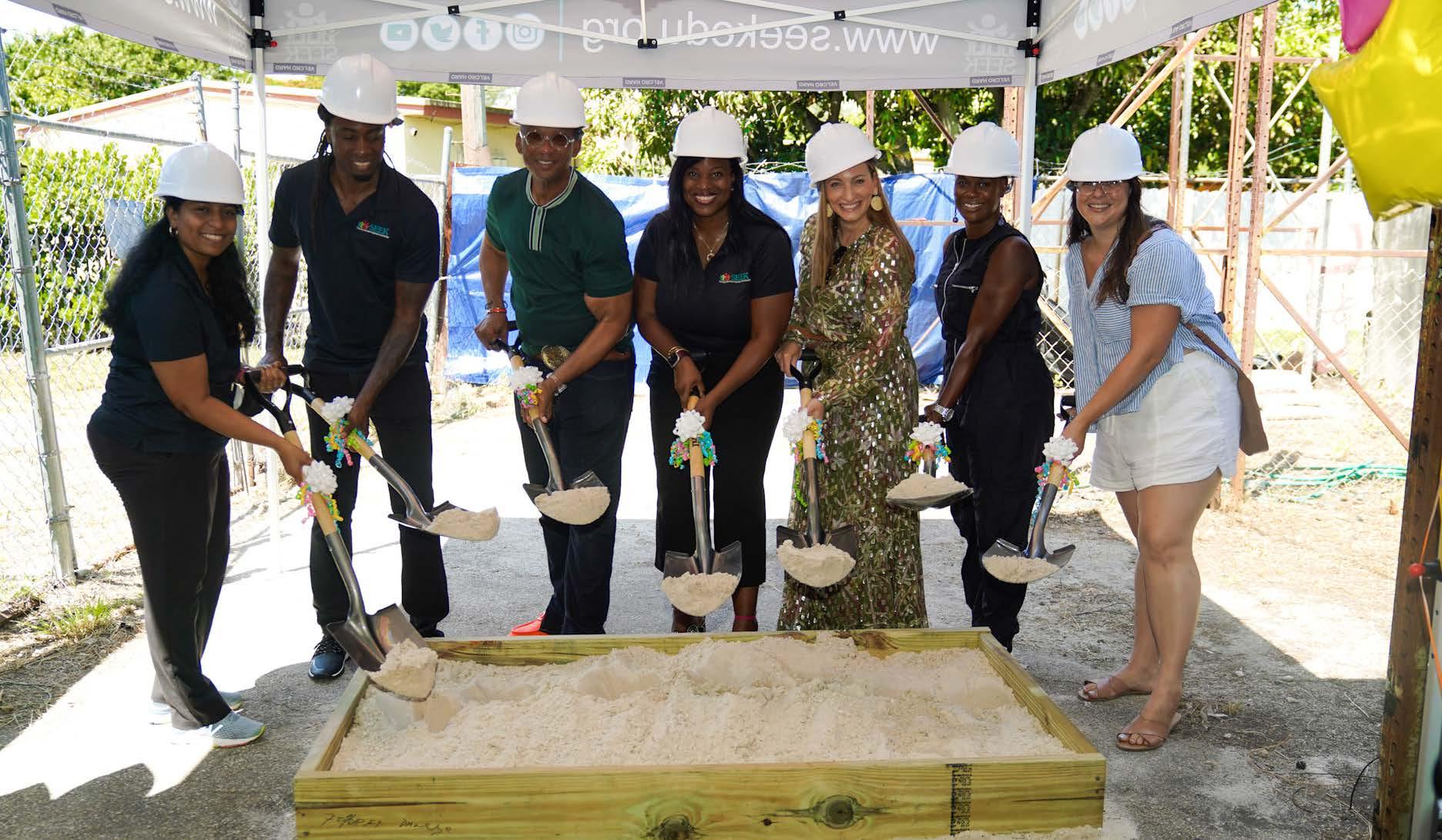
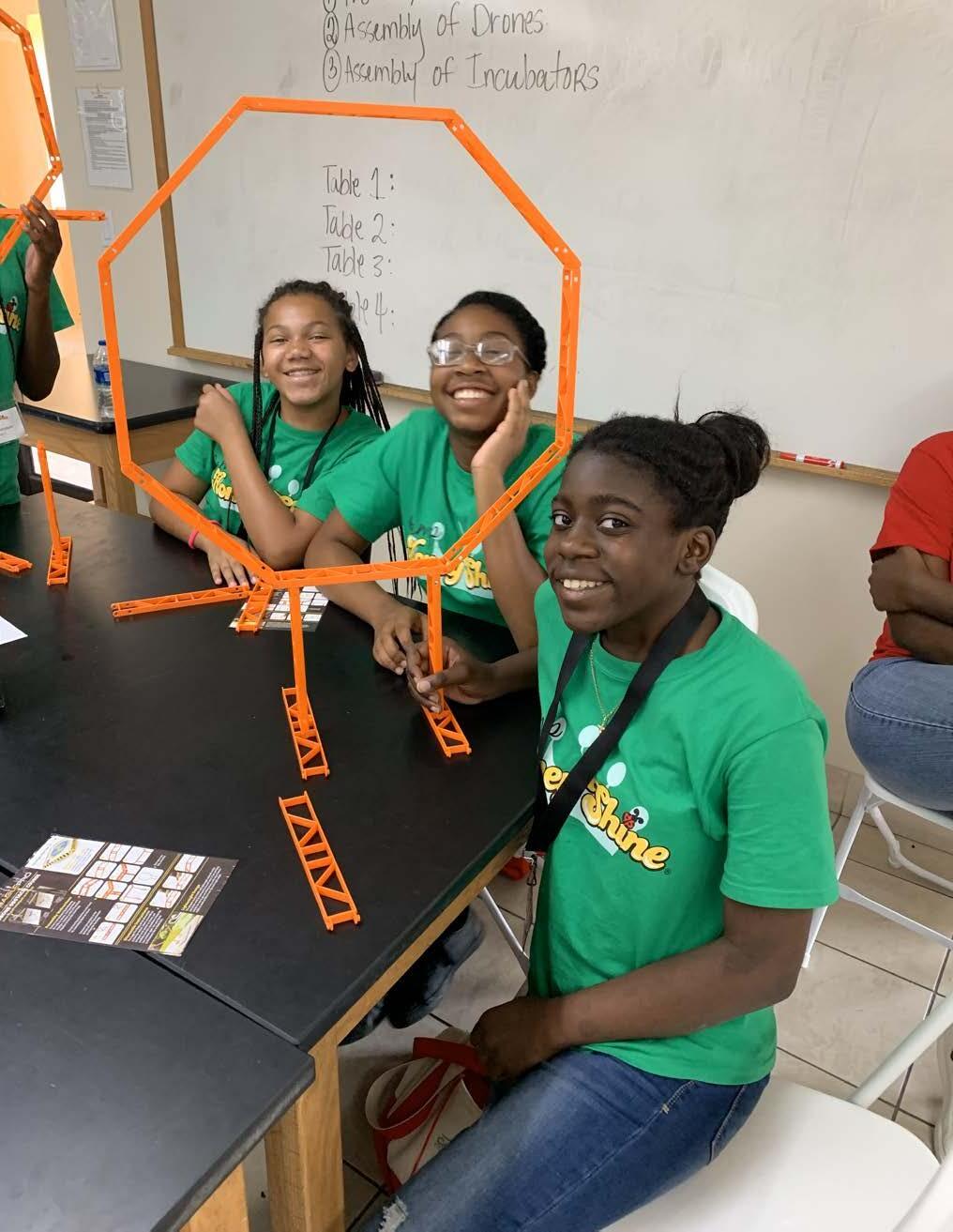
Those hoping to build career skills will want to step off the elevator on the next floor. Here, adults will be able to take classes led by local universities covering in-demand expertise like cybersecurity, AI, and engineering. Through a partnership with The Miami Foundation, Opa-Locka locals will also gain access to the tech essentials they need for everyday life.
Students will find their niche on the building’s top two floors, whether they’re interested in developing cosmetics, animating videos, or building robots. S.E.E.K.’s career-driven programs teach students to think strategically and innovatively about technology’s potential, but also, more broadly, about their futures and the futures of those around them.
This theme echoes through every carefully curated facet of the building. S.E.E.K.’s new hub isn’t just focused on improving individuals’ lives, it’s centered around enriching the entire community and beyond. A rich, hands-on education prepares students to step up when and where they’re needed most, too.
“It’s about how students and their parents or other community stakeholders will come together,” Anike says. “For example, when there was a hurricane in the Bahamas, we had a community event where students created flashlights from water bottles. They made deodorant and lotion.”
The Health Tech Hub's outward-looking mission aligns with the questions Anike asks of herself, to guide her leadership:
WHAT HAVE YOU DONE WHILE YOU WERE HERE ON EARTH? WHAT ARE YOU DOING OUTSIDE OF YOUR OWN NEEDS?
"We interact with people all day. Whether it’s on the phone, driving, talking, walking past someone at a bus stop, it takes a different way of thinking and navigating through the world when you think of others."
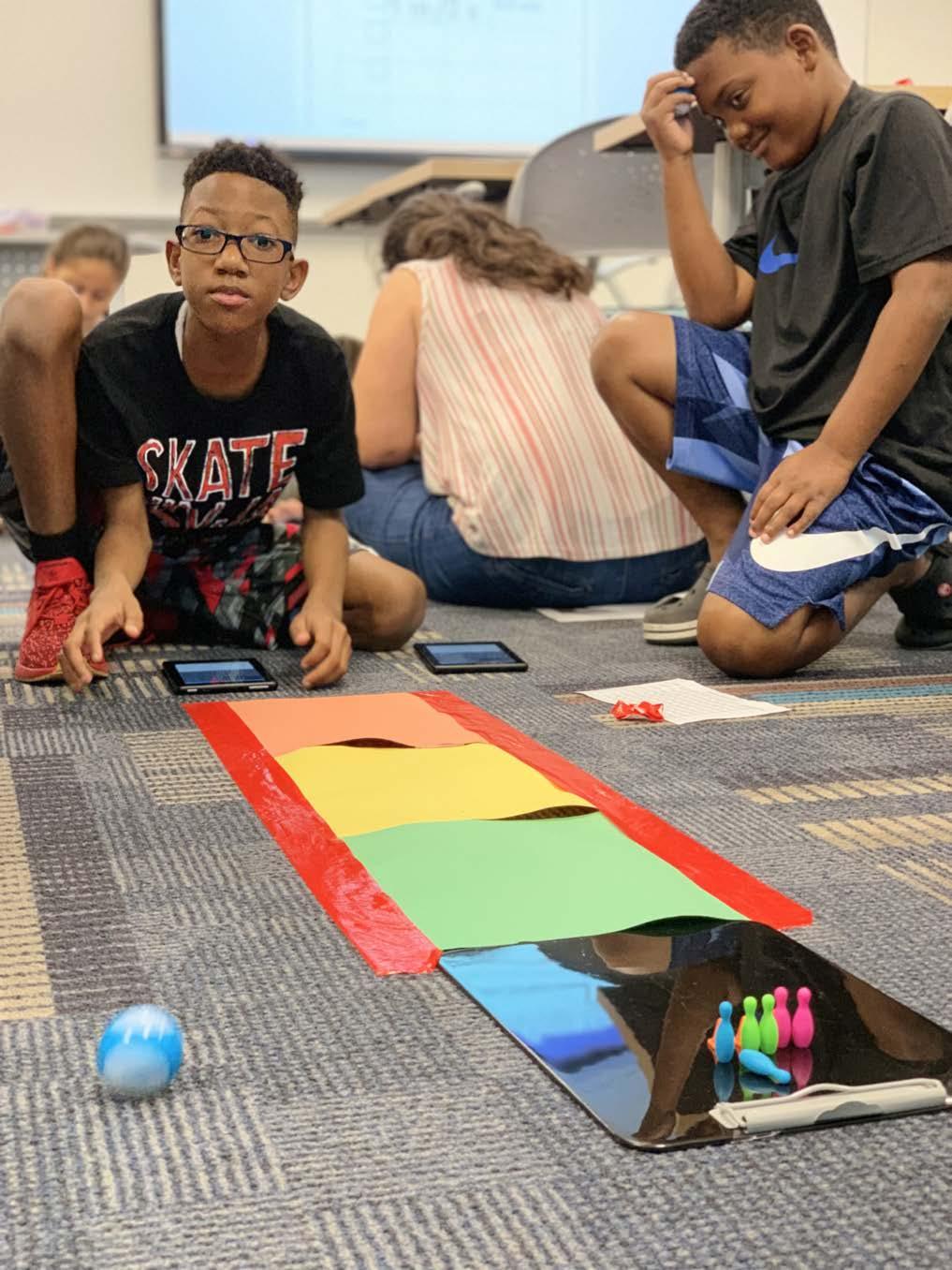


By Samantha Schalit

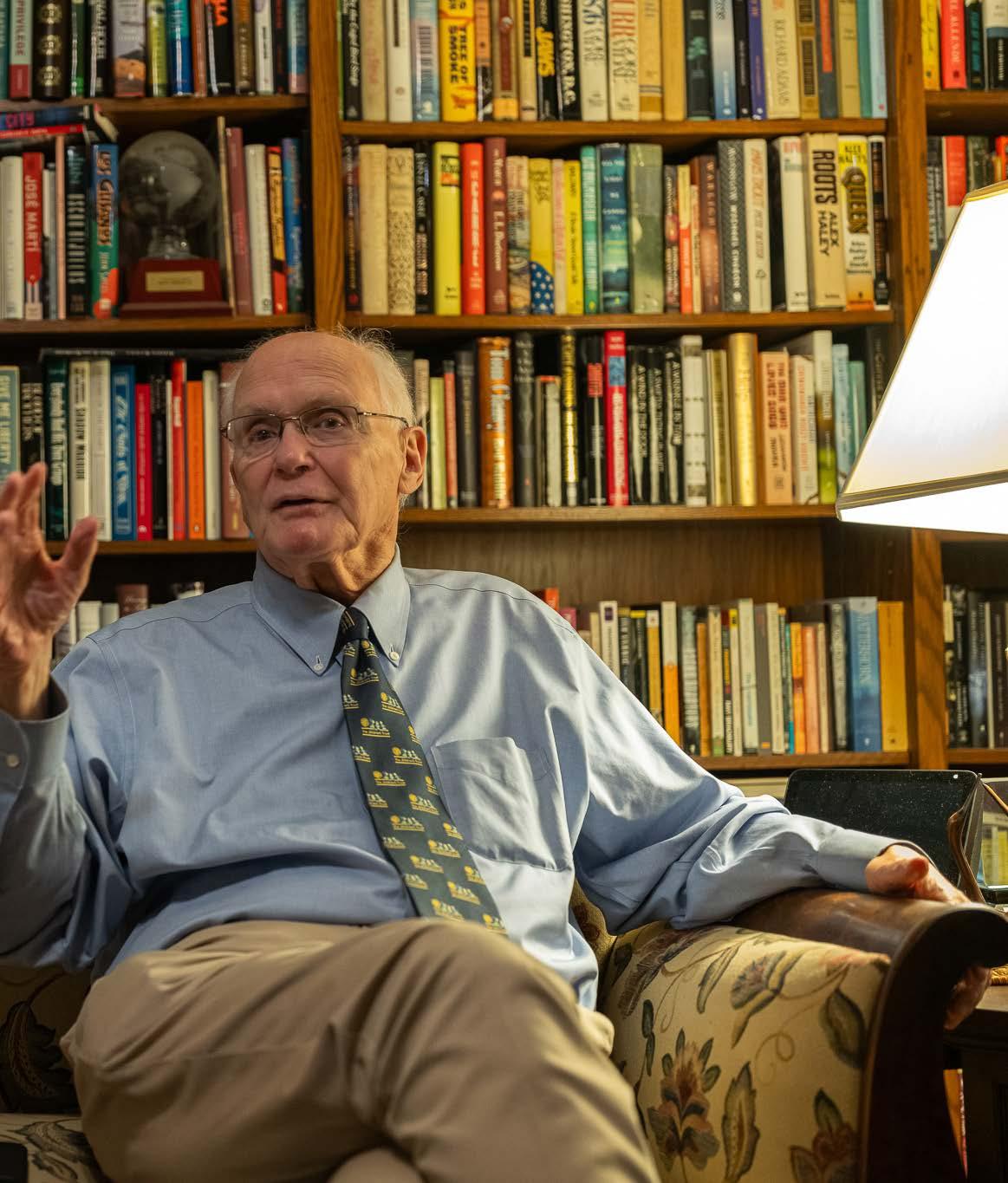
We met David Lawrence Jr. at his Coral Gables home, which feels both intimately local and decidedly global. He took us down a hallway, a compact museum of moments and memories that matter to him. On one wall, he was shaking hands with former U.S. presidents and foreign dignitaries. On the other, he posed for portraits at his children’s weddings and explored the outdoors with his grandchildren.
Dave — as he signs his emails and text messages — is a renowned publisher, educator, advocate, and Irish-descended Catholic. He’s a father of five and grandfather to seven. We met his wife, Bobbie, who is Jewish. They’ve been in love since 1962. He spoke to us about how to make a difference in the world and the one thing you need to do so: chutzpah
It’s a Yiddish word for grit and boldness that carries a weight beyond its emphatic syllables and a somewhat complex history.
You could say what chutzpah! when a child stands up for another who is being bullied, or you could be reacting to a jerk who just cut you off in traffic.
Rabbi Tzvi Freeman explains that chutzpah has “a kind of a cosmic attitude, as though there’s nothing really there stopping you from doing whatever you want.”
Dave takes the definition the rest of the way — where it is destined to go:
"You can do extraordinary things, but you got to take it from within yourself. If you have chutzpah, you can do almost anything."
In many ways, chutzpah is what Miami changemakers all have in common: their ability to push boundaries, to blend empathy with determination, faith with audacity, and resilience with stubbornness.
From his early days in New York and Florida to his tenure as publisher of the Miami Herald, Dave has always had this brand of chutzpah. After retiring from journalism in 1999, he hadn’t formally defined the next chapter of his life. But it did unfold for him.
He was in Liberty City, a neighborhood in Miami, reading Old Mcdonald Had a Farm to a group of children. When he pointed to the rabbit on the cover of the book and asked the three- and four-year-old children What kind of animal is this? none of them knew. At that age, he says, they should know.
“I came to understand that if we lose these children, we have lost more than them — we have lost what they might invent, lead, research, discover or give. The future of our country depends on these children — all children — having a real chance to succeed,” he wrote in his memoir A Dedicated Life: Journalism, Justice and a Chance for Every Child.
From that experience, he began his focus on highquality early childhood care, development, and education, a mission he has pursued with unmatched passion ever since.
“What I learned gave my life newly energized purposefulness.”
And in the two decades since, he’s worked to make sure all children receive the “blend of health and education and nurturing and love” they need. He founded and chairs The Children’s Movement of Florida, which advocates for policies and investments that help children thrive in their first five years; and he was instrumental in establishing The Children’s Trust, a dedicated source of revenue established by voter referendum to improve the lives of all children and families in Miami-Dade County.
“So, why don’t you let me mumble for a bit and you can always cut me off?” Dave proposed. That is how this story proceeds.

by
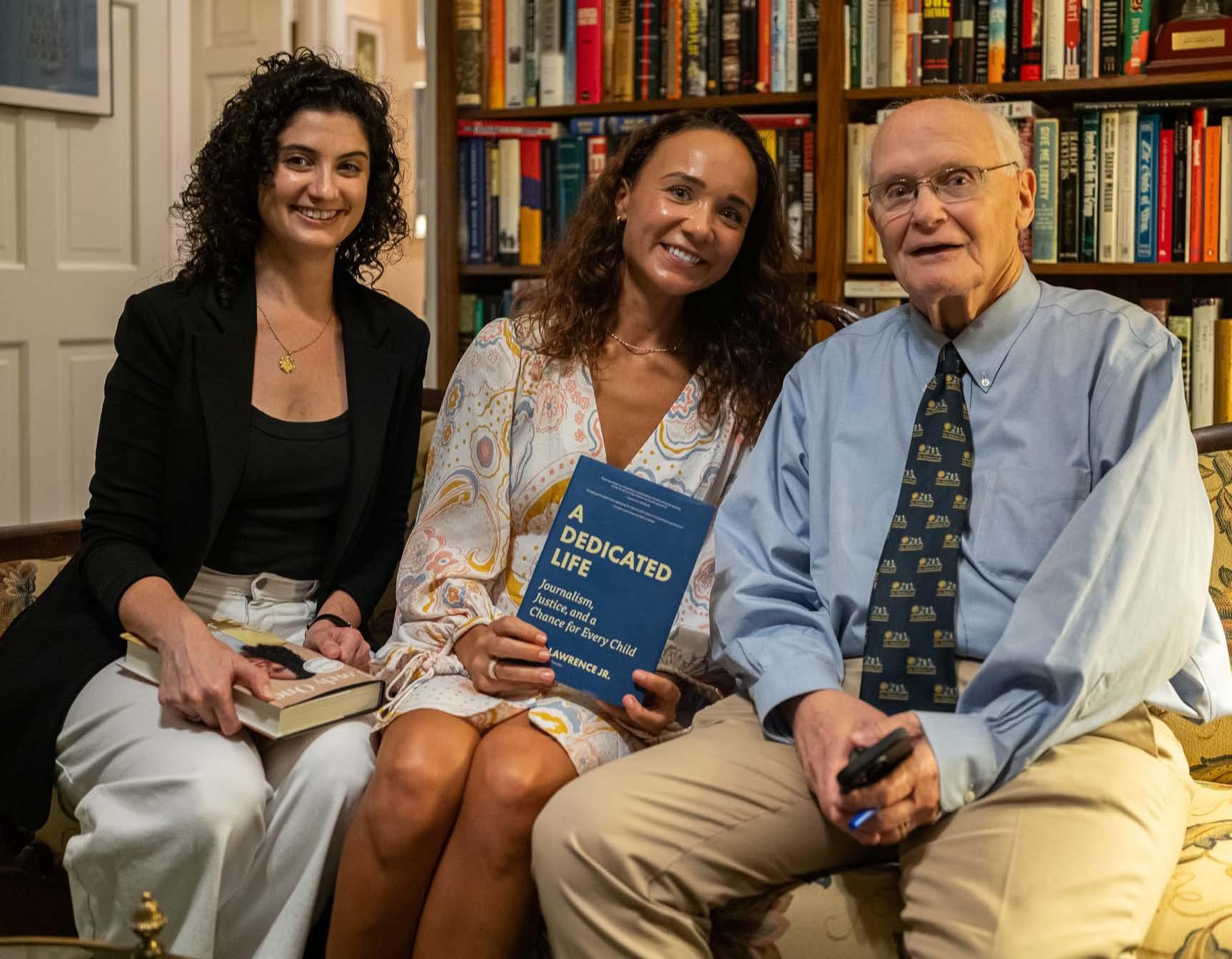
Our family didn’t have a lot of money, but we always got books for Christmas, Easter, birthdays, and so forth, and books were a big deal. When I was 11, we got the World Book Encyclopedia, which came then in 21 volumes. And I would just sit and read the book because it was fun to know things and learn things.
We would sit around the dinner table at night, and my father would quiz us on government, politics, and so forth. He expected us to be good people, and at 82 I’m as optimistic and idealistic as I was when I was 10 years old, which is a blessing. I fundamentally believe that most people are good. Now, it’s also a little perilous because it can be a bit naive and you can get burned. But I’ve gotten more done by expectations of what I might be able to do, and ultimately what matters beyond values is: what did you make happen?
Horace Mann, who is more or less the inventor of the American public school system, tells the graduating class at Antioch in
1859 — the Civil War is right around the corner — “Be ashamed to die before you won some battle for humanity.” So, it’s great to be for things, but what, ultimately, difference did you make? Could be with one human being, or could be a lot.
I’m more or less a driven idiot — and have been all my life — about what’s possible. I have high expectations of other people, including our five children and seven grandchildren.
It all depends on what’s within you – and it’s not an arrogant kind of thing. It’s a belief that you have things inside yourself. So, are you nervous from time to time? Well, of course. And that’s healthy.
It’s healthy if you can take your insecurity and the chutzpah and say, I’m going to go ahead and do this.
So, I was very involved as the founder of The Children’s Trust, which had to be voted in. Janet Reno, a quite famous American, and the longest-serving Attorney General, tried to pass it in 1988, and for a set of reasons, which I truly understand, it failed two to one.
What would be the difference between what Janet Reno did — somebody I knew and admired — which failed, and what I could do well?
When I speak, I will frequently ask an audience What was the Civil Rights Movement about? And I am very aware: I went to segregated schools. I was at the University of Florida when it was desegregated. I lived in a sundown town where Black people couldn’t be on the streets after sundown. I can remember being called a ____ lover.
So, I ask, what was the Civil Rights Movement about? Most of the time, the people answer it was about Black people, minorities, and their rights. I say you got it wrong. It was about an American sense of equity, about all Americans. This isn’t something you sort of patronizingly pat on somebody’s head: we’re doing this for you. This is what should be for all Americans.
I ran a very different campaign, which said, this is about all of us, not those people. You can’t build a movement on those people, whoever they might be. Take the gay rights movement; I don’t think you have to be gay to think this is important. It’s about all of us, and so forth.
So, I co-led a campaign for Pre-K. Florida is not a famous education state, and 40% of the children in fourth grade cannot read at minimally proficient levels. That’s scary for the future of
this country because this is not like when I was growing up when the United States was number one in the world in both high school and college education. We’re in the middle of the pack now, and it’s unhealthy for this country for a lot of people to feel they have no hope of getting ahead.
I made the case that this was about everyone’s child. In 2008, I was trying to pass The Children’s Trust in perpetuity amidst the Great Recession; this time, we passed it with 85.4% of the vote. Now does that tell you that somehow people suddenly started loving children? I don’t think that could be. It was all about trust. Whom can you trust and so forth? So, remarkable things can be done.
I went into journalism because my father was in journalism, and I so admired him and loved him that I did this, too. There’s an enormous death of newspapers. But there’s also an opportunity. How all this works its way out, I don’t know. I still want to know about my community.
We still get The Herald in print. You used to be able to say for The Miami Herald, whatever flaws it had — and it did have flaws — it had a very large staff, you knew what was going on in the community. Now the circulation is vastly smaller.
But it was seen as a sort of a central player in the community, and you could trust it, and that was true of lots of places around this country. Now, who knows what’s fully true? There are fully sophisticated and non-factual things you can see on Facebook, Twitter — X, I guess it is — and so forth. There’s no central source where you’re sort of confident about the gatekeepers and who’s watching over this thing. And it used to be when I went to work. Now, whom do you trust?
WE’RE MOST COMFORTABLE WITH PEOPLE LIKE OURSELVES, BUT WE HAVE TO GET PAST THAT.
Why do you think it was called The Children’s Trust when we passed it? Because trust is the central issue in this community and this country. If you look around the world, this isn’t something localized.
I want people to understand and learn history. No social progress in history was ever made without pushing and shoving. And it’s not because people are lousy and racist and hateful and so forth, but if you think of the progress in this country, it wasn’t until 103 years ago that [women] got to vote in this great land. It wasn’t until 1935 that Social Security came to be and it was fought as communistic, right? It wasn’t until 1965 that Medicare came to be and it was fought as socialistic. Look at the fight about the Affordable Care Act, the so-called Obamacare. Progress doesn’t happen without pushing and shoving, and we’re not close to the Promised Land.
Today, there is an anger in this country about who’s the elite, and feeling left out.
What I want is for everyone in this country to have genuine access to healthcare. We had pediatricians when our five children were growing up, and our grandchildren do, too. Think about the people who don’t have pediatricians, and they go to Jackson Memorial to get care. You can ask your pediatrician, how’s my child developing? You’re not going to go to Jackson Memorial and ask how’s my child developing. It doesn’t work that way.
Thirteen percent of the people in this country live in the full federal definition of poverty. How do you have a country this rich, frequently instinctively generous, and so many people feel left out?
I read a lot of history. I sort of have a sense of how the continuum works. I have a deep belief in what makes this country special and how it’s progressed, but I have a deep sense of where we’ve gone wrong. I’ve been in 56 countries. I’ve never been in a country without racism. God didn’t give us this crap. We sort of had to figure it out for ourselves. And you’ll never diminish racism in any significant way unless you confront yourself.
I’ve never met an objective human being. And in theory, people want to be objective. The best people I ever knew in journalism work hard to realize what their predilections and biases are, and then try to keep them out of the newspaper. But what kind of home did I grow up in? What did I read? What’s my sense of faith? Whom did I meet? And so I have predilections that I’ve had all my life. My hope is that I have grown and become more objective.
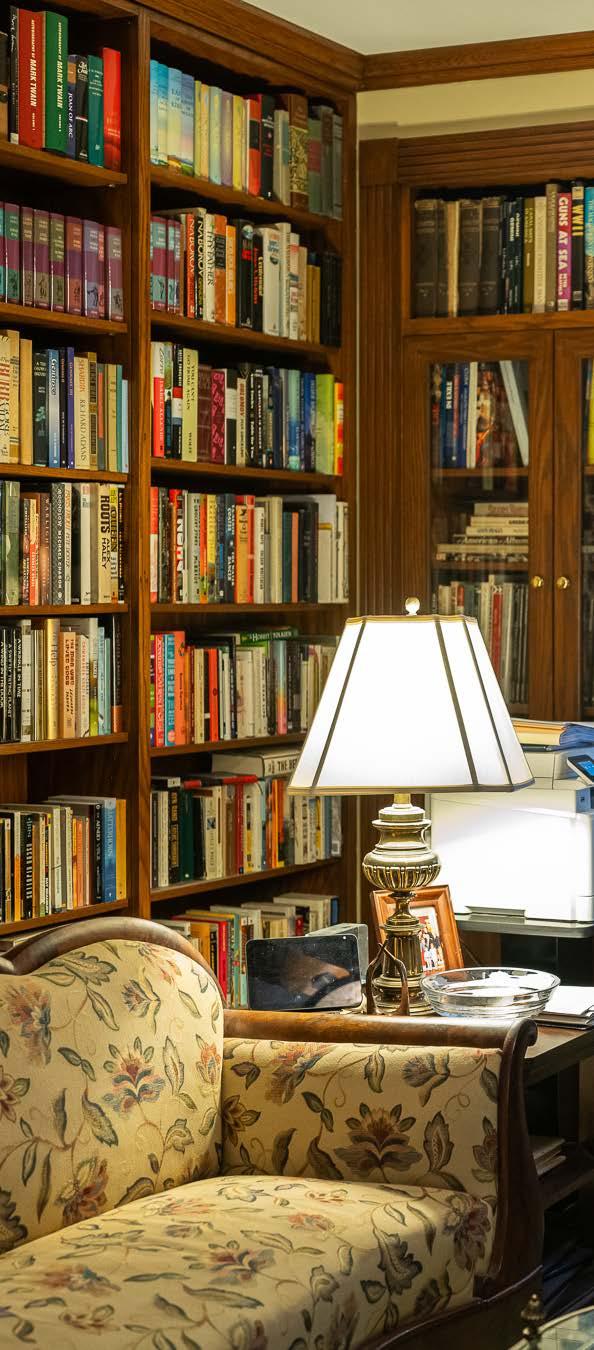
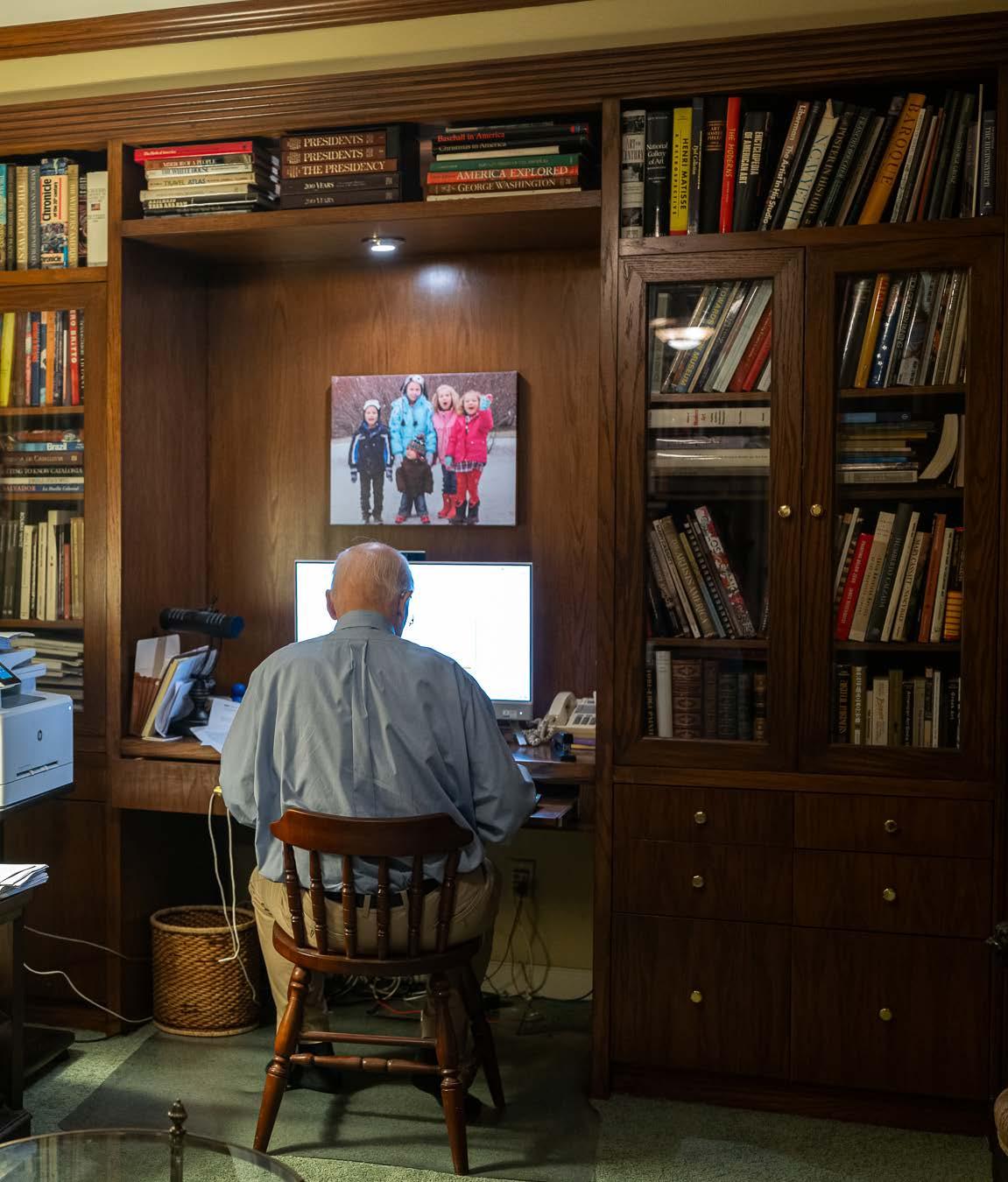
EVERYBODY OUGHT TO HAVE ACCESS TO FUNDAMENTALS.
I
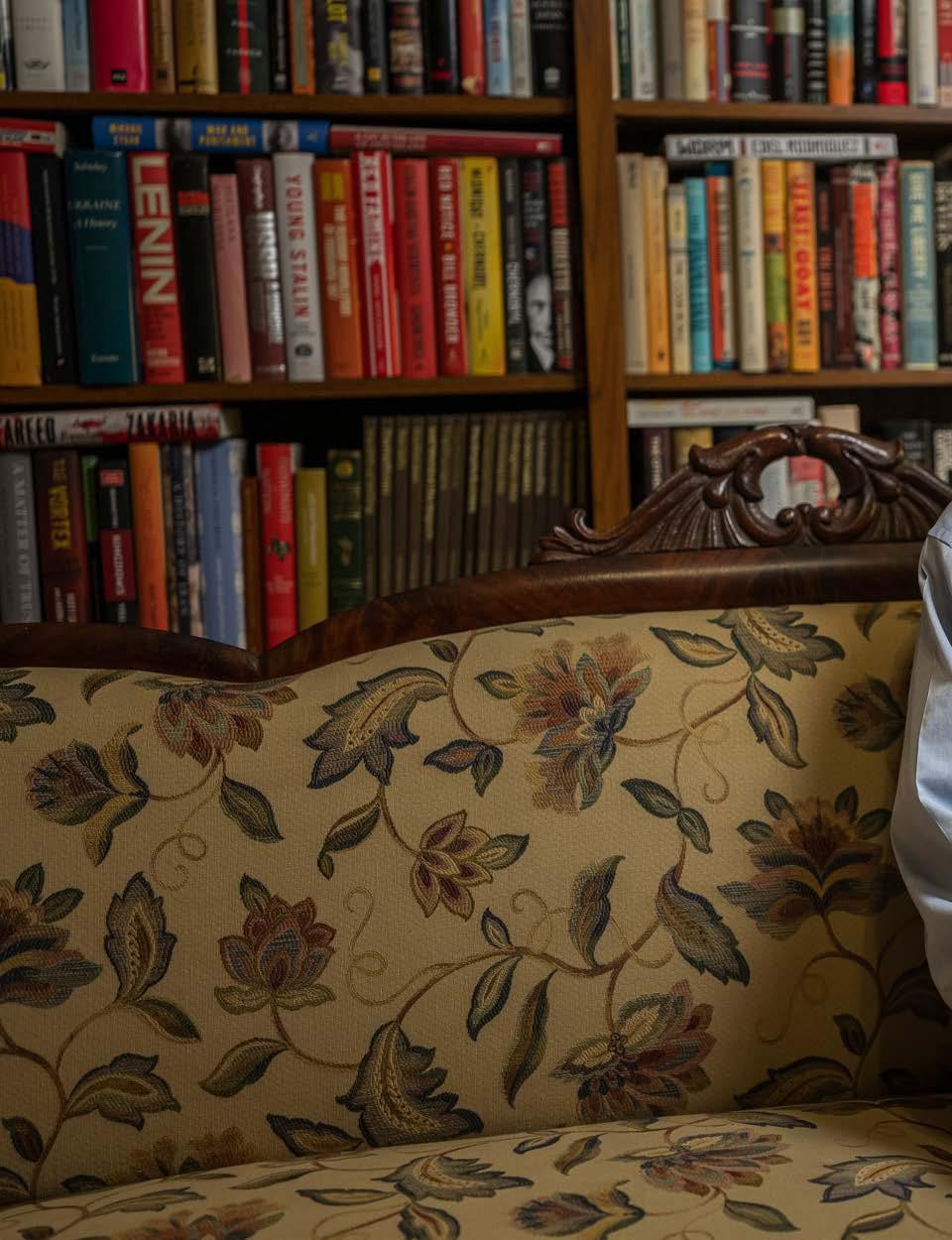
I was on the board for six years at Florida A&M University, which is one of the four biggest historically black colleges and universities. And when I got on the board, I was the only white person. When I got on the board, my inclination was Shut up; don’t come across as some dumbass white liberal. And then I said, Well, I’m 74. I better be speaking up sometime. But I’m trying to learn and confront myself all the time.
We live in Miami where there are 2.8 million people and larger than 16 states in the country. We’re at the cutting edge of American pluralism. I have long thought that one of the tests for you and for me, whom did you have in your home in the last six months? We're most comfortable with people like ourselves, but we need to get past that.
We talked earlier about The Children’s Trust, The Children’s Movement, and the Civil Rights Movement, and so forth. It was about everyone.
I know we lead different lives. I know a bunch of people are better off than others. But I’m optimistic. Lincoln’s my favorite president. Why? Because he grew all his life. That’s the mark of the best people: they grow all their lives. You get a lot more done by expecting good things from good people.
Fundamentally, we all need role models, and we need people to be honored and celebrated so that other people will see what’s important. It sure as heck needs to be recognized about the power of one person: what he or she could do. Everyone has power, but you gotta believe that you have some power.
I start out thinking that people want to be good. I start out with high expectations for my own children and their children. You just get a whole bunch more from those kinds of expectations until you get burned sometimes. Well, welcome to the world!
"But the mark of your life is: what kind of difference did you make? Specifically, what kind of difference? How’s your family, your community, your country, how’s the world better for what you do?"
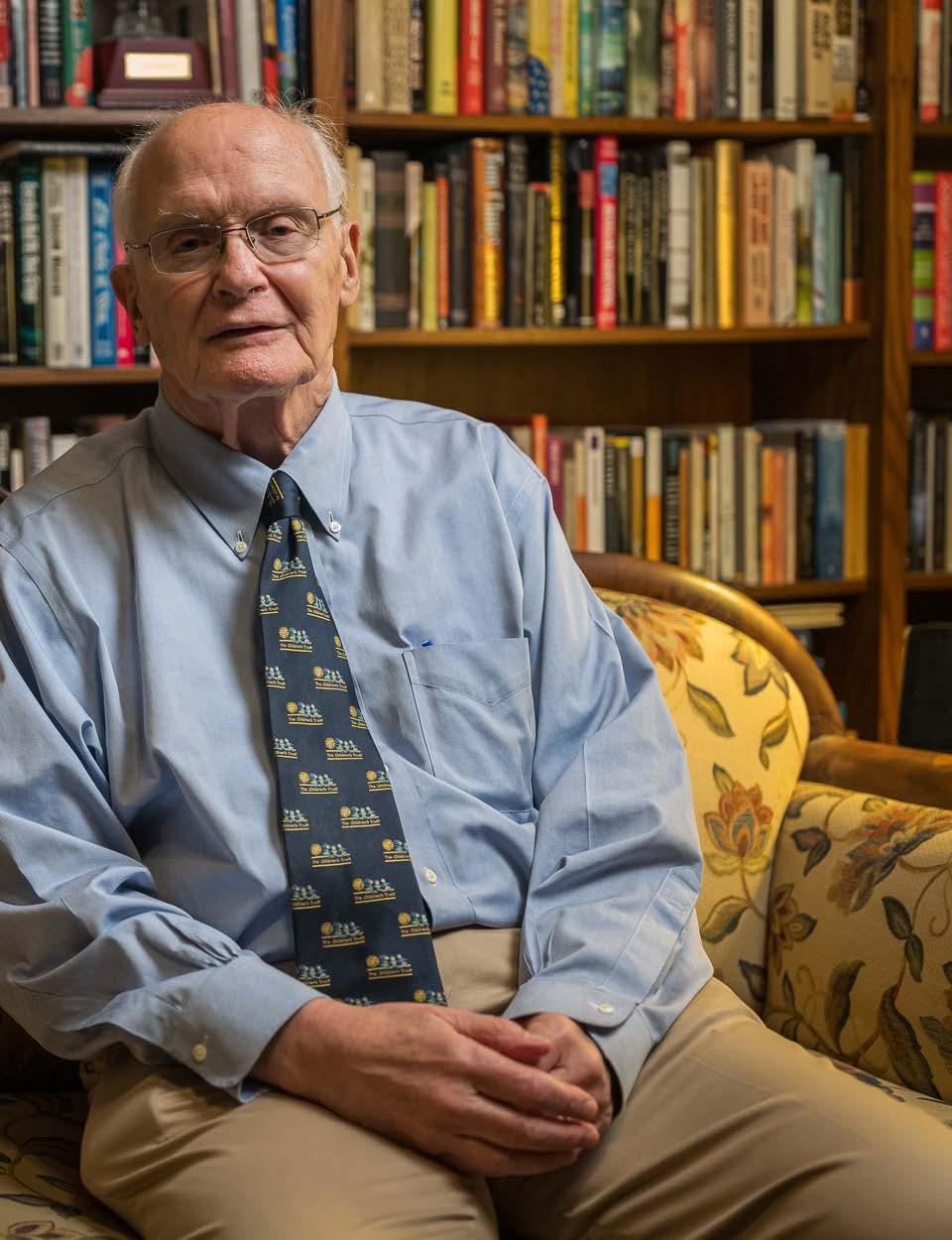
DAVID LAWRENCE JR.
● Founding Board Chair of The Children’s Trust
● Founder and Chair of The Children’s Movement of Florida
● Founding chair of the Early Learning Coalition of Miami-Dade and Monroe
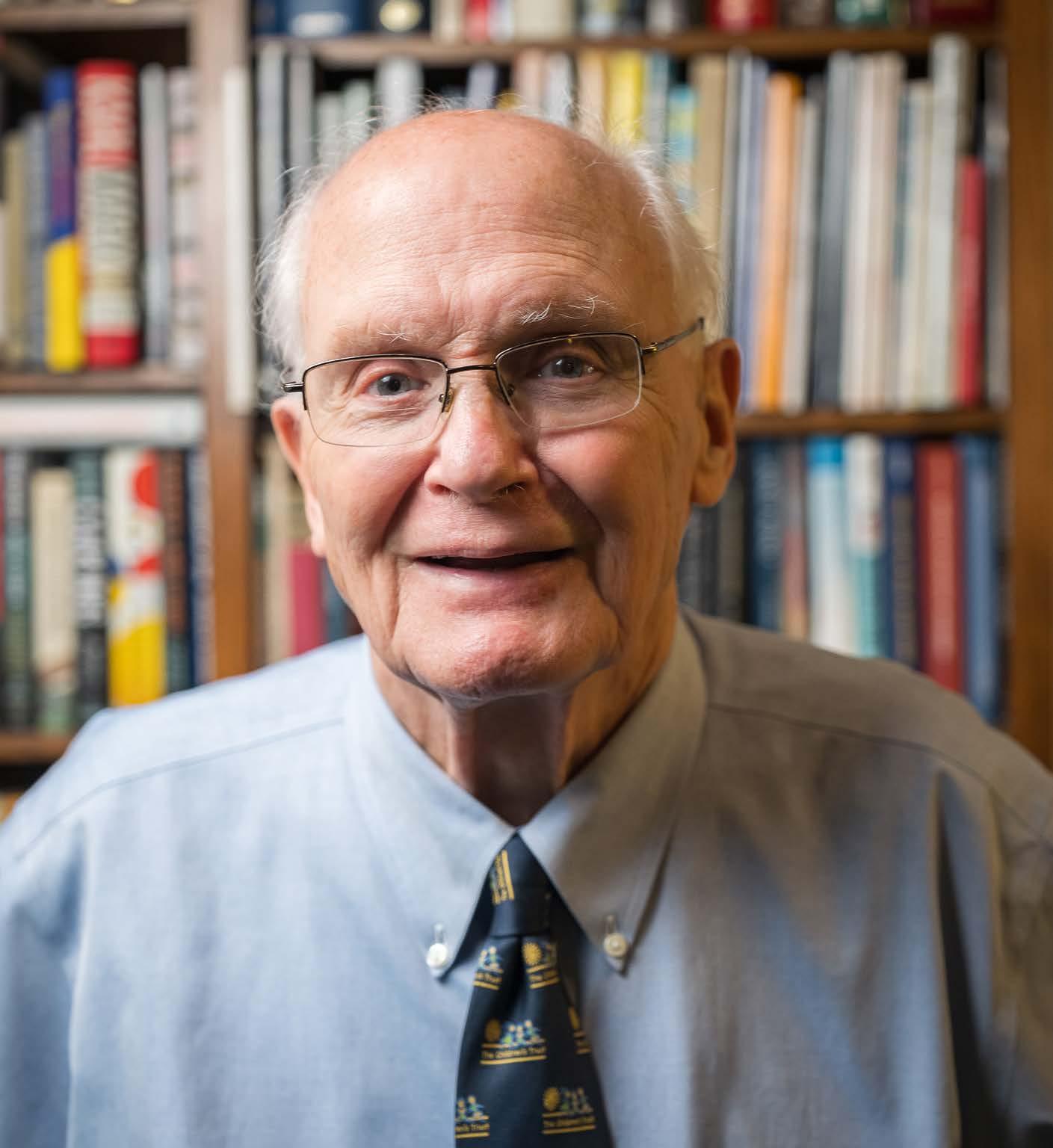
● Former publisher of The Miami Herald 1989 - 1999
● Age: 82
● Born: New York
● Education: Bachelor in Journalism, University of Florida & 13 honorary doctorates
And again, I point out that somebody could make a difference in somebody else’s life. I deal with people all the time, including an example today of somebody who worked for me 30 years ago as a driver. Wonderful young man – did the best Elvis imitation I’ve ever seen, and I like Elvis. A good human being who’s been in a rut for years, but he’s about to get a new start.
You gotta believe in redemption. Gotta believe in people. Give people another chance. Not always, but frequently. Doesn’t that make your heart feel good? The joy of that – being able to say yes to people, making a difference – sometimes it’s sort of cosmic, and sometimes it’s pretty small.
Our children grew up with books and art, and they never heard us crapping on other people because of race, or faith; shouldn’t be saying things out loud in one setting and not be willing to say it in another setting. I don’t think it’s complicated. I think people lead hard lives. People need to have hope. People screw up, we need to give them another chance.
The same principles that raise our five children, our seven grandchildren, are the same principles that everybody else needs. And this goes back to the question about the Civil Rights Movement, of the feminist movement. You might say, well, the feminist movement was all about women. No, it was about an American sense of equity, and it also was accompanied by pushing and shoving.
"We grew up in a home where you expected to make something of yourself, and it doesn’t need to be some overwhelming, cosmic kind of thing, but that’s going to be the story of your life."
I happen to be a member of both Church of the Little Flower and Temple Judea, a full member of Temple Judea, partly in tribute to my wife, partly because the rabbi once introduced me as the best Catholic member of her congregation. But God didn’t have a plan to make you Jewish and me Catholic.
Now, it gets more complicated when you go to India and you find there are 2,000 deities. I haven’t figured that one out yet, but I don’t know what life would mean if there weren’t something higher and better. And none of us is going to be perfect, but you could get closer to it in a meaningful way, right?
You want to be successful in this world, you need to build relationships. One of the ways you build relationships is, of course, having things to connect with people. What books have you read? Whom have you met? Where have you been? Lifelong learning is really critical, and I’m meeting people every single day and reading books all the time; it’s not a deliberate kind of thing. It’s sort of serendipitous, but I certainly have more things to connect with people.
Since we lead pretty separate lives, the solution is, frankly, to reach out, be a good example of connecting with other human beings.
I frequently write personal notes to people. I wrote notes for years to people who work for me, thanks for making a difference or something – well, it’d be better than that, because anybody can say that. I handle a lot of emails, and I can tell you which emails come from a “real” person. You see it all the time.
How do you know that it’s truly meaningful? I meant it for you. I know you as an individual and so forth. People want to be needed, loved, celebrated, and remembered.
There’s a story in the book, you remember, about my father dying, and he says at the point, I want you to know how proud your mother and I are of you. What did I want him to say? I love you.
Love is so important. We need it. All of us need it.
"I talk to all of my children every week. They live in five different places in this country. None of them near here. They’ll always hear from me: I love you."
"Life can go so suddenly. I know no shortage of people who suddenly are gone, and I want to as much as possible, want them to know that they were cared about and loved and needed."
I can remember a lecture by somebody who’s really smart and a psychologist and talked about what most turned on people. Money was number seven. Yes, we all need to make money. I’m not telling you it’s unimportant, but that money is never a motivator. Until Bobbie got Alzheimer’s, she handled every nickel we ever had because I didn’t care about money, but somebody in the house needed to care about money. What sense would there be to measure your life by how rich you were?
If you look at my Rolodex – it’s not a real Rolodex, it’s a computerized thing – there are more than 16,000 names of people I know. I know their cell phones. I know their personal emails. I can tell you that the person I met today, his wife’s name is April. I know where he lives. She sells real estate. He’s retired, and he’s, I think, 33 years younger than I am. But what does retirement mean? That he’s got a different chapter.
You ought to have the next chapter and the next chapter and the next chapter of making a difference for someone else, or maybe a bunch of people. You’re not going to need the energy in the next world. Use it all up here, and the best you could be in this world is a good example of what can be done.
"We need leaders of moral conscience. We need people who inspire people. I need to be inspired. I want to read stories and hear stories of people. Wow, what a difference that person made. And it doesn’t need to be somebody giving millions to a project."
For all the flaws of this country, and there are stunning flaws, we’re mostly a well-intended country that too frequently does stupid things. I think we want to be a good people, but we’re a little too sure of ourselves, of what is right and wrong.
First, you need to participate in the republic. You need to get out and vote. Don’t need to fall back on I’m just one voter. Or, It doesn’t mean anything. And so forth. You need to do things that are bigger than yourself; you just need to make a difference.
You’ll find that some people are stunningly generous and do more than you think they can, and other people don’t do anywhere near what they could do. But it doesn’t make me cynical. This is just about life, and cynicism is bad for you. Skepticism is good in the republic. This country is never fully safe. No country is ever fully safe. So, you’ve got to be skeptical, you’ve got to question, but you got to participate.
You have to look not the big shots, or frequently the people who are perceived to be the leaders. There’s an immense amount within human beings, and the best stories in the world are of somebody who made a difference. I know of a whole bunch of people in this community in their own way who are making a difference.
There is a lot of opportunity in this world, a lot of good people in this world. You want to be a good and honorable human being? Set a good example.
AND SAY, I’M GOING TO DO THIS.
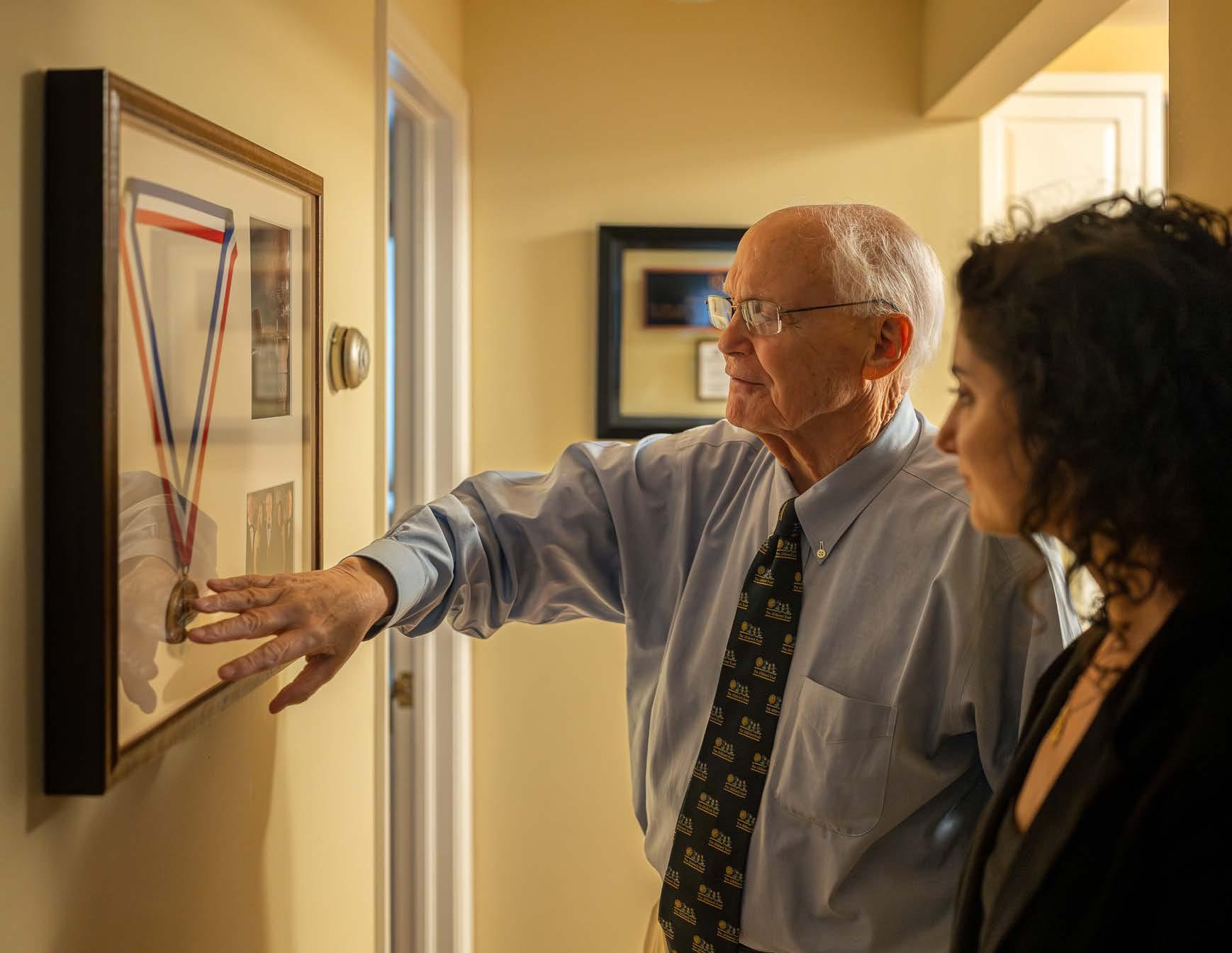
WE NEED LEADERS OF MORAL CONSCIENCE. WE NEED PEOPLE WHO INSPIRE PEOPLE.
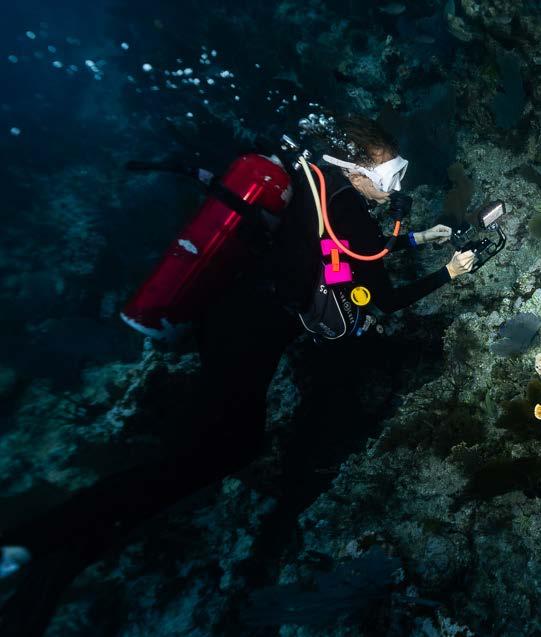

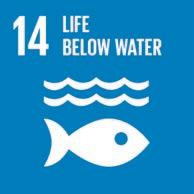
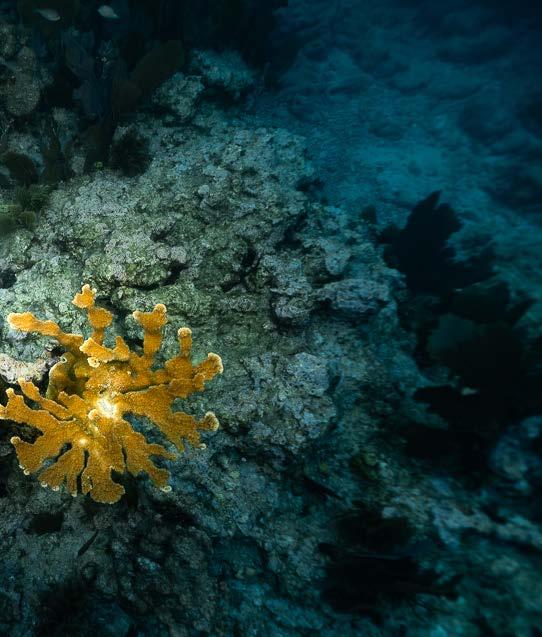
By Yulia Strokova
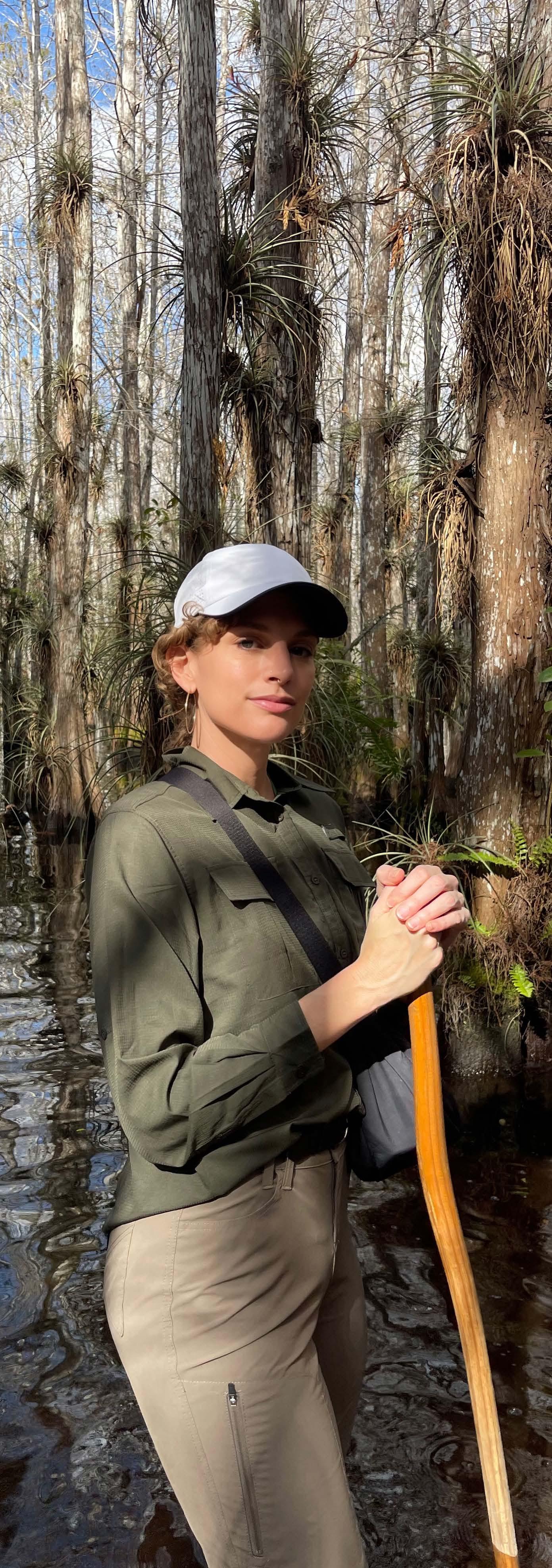
For Lauren Shapiro, the connection to South Florida is deeply personal. Growing up on the edge of the Everglades, the artist was struck by the stark divide between urban sprawl and the untamed wilderness.
“It was always kind of weird to me that the Everglades was such a huge part of South Florida, yet we’re so disconnected from it,” Lauren reflects.
This dissonance lies at the heart of her artistic practice, driving her to reclaim a sense of place and foster environmental stewardship. A master ceramicist and passionate educator, Lauren’s career bridges art, science, technology, and community, creating immersive artwork, workshops, and community-based projects that invite audiences to explore their relationship with the fragile natural world.
“In Miami and South Florida, it’s kind of like the ecosystem is eating back into us,” Lauren observes. Her art begs exploration of this delicate coexistence, asking how humans and nature can harmonize within a landscape in flux.
Lauren’s work, Temporary Terrains and Garden Portals (2019) at Fairchild Tropical Botanic Garden and “Future Pacific” (2020) at Bakehouse Art Complex truly exemplified her ethos. Through a series of collaborative workshops for the general public, everyone could participate in modeling the clay into the molds.
For Temporary Terrains, Lauren also collaborated closely with field biologists, who specialize in conservation ecology. These scientists helped her identify and understand plant species and their connections to the ecosystems in which they thrive. Lauren then collected samples and cast imprints of the flora in silicafree silicone to create molds for her installation.
“Scientists can be reserved, but when you find those who love art, the overlap is incredible.”
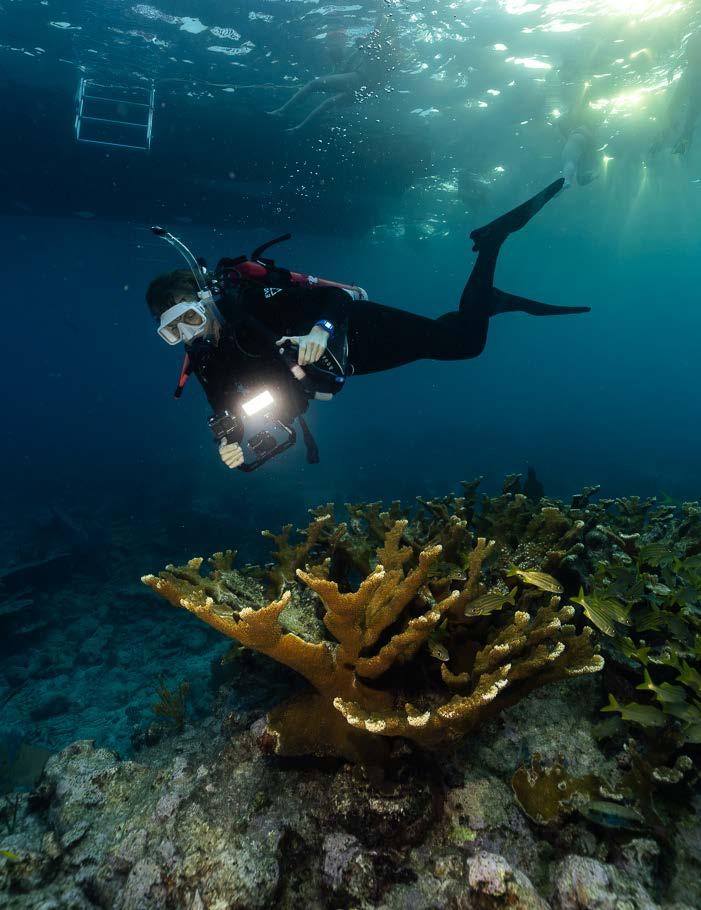
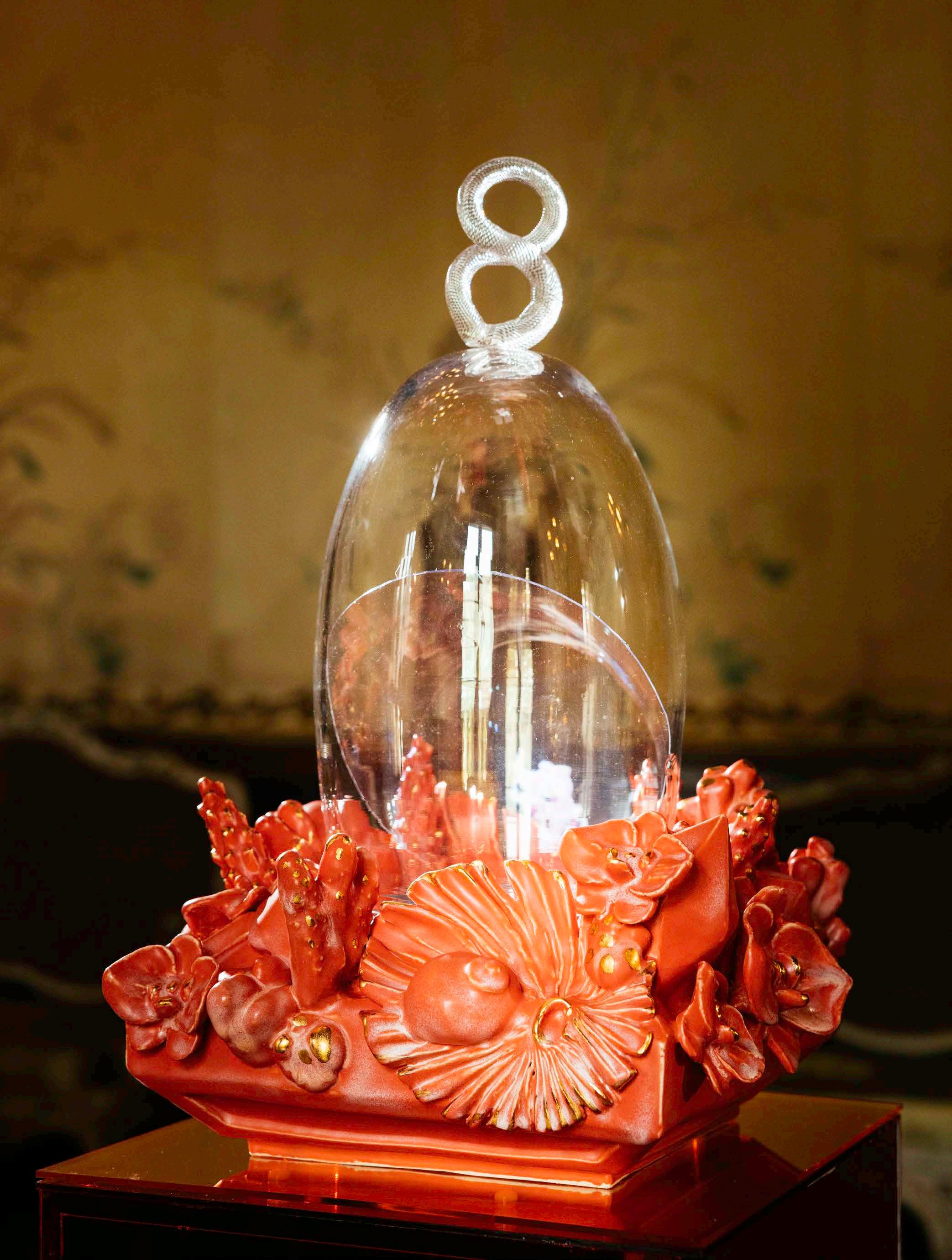
— IT'S A WAY OF PRESERVING SOMETHING THAT'S DISAPPEARING.
Lauren Shapiro
During a residency in French Polynesia, she encountered scientists using 3D mapping to study coral reefs. Inspired, Lauren incorporated these technologies into her practice: “It’s really interesting to blend new and old technology. Ceramics is one of the oldest tools we’ve ever used, and it’s still relevant today.”
Her coral-inspired works, such as Site R16 Transect One on South Beach, honor fragile ecosystems while celebrating their ephemeral beauty. One such ecosystem, Rapture Reef in the Northwestern Hawaiian Islands’ French Frigate Shoals, was destroyed in 2018 by a hurricane intensified by climate change. Using 3D photogrammetry scans created by marine ecologists, Lauren molded and cast a representation of this now-extinct coral population. The resulting dimensional clay tiles, stacked within a gold-framed monolith, bring the submerged world to land, resurrecting it.
“The corals I capture are a moment in time, frozen into ceramic,” she explains. “It’s a way of preserving something that’s disappearing every day.”
Beyond aesthetics, Lauren’s work carries a message of environmental preservation and collective responsibility. Her public art projects are purposely accessible, encouraging participants to feel a sense of ownership.
I’m interested in civic engagement and civic spaces where people have a little bit of pride about the spaces they share because they helped to create it. I think the same goes for our environment. If we feel like the environment belongs to us, we’ll take better care of it.
Lauren is currently an artist-in-residence at Bakehouse Art Complex, a Wynwood-based incubator for artists. Her latest project, Pastiche at Vizcaya Museum and Gardens, draws parallels between endangered ecosystems and vulnerable architecture.


“Vizcaya wasn’t built for the harsh South Florida environment,” she notes. “It’s in danger of being swallowed by the ocean, much like the natural ecosystems I work with.”
The exhibition celebrates Vizcaya’s artistic advisor, Paul Chalfin (1874–1959), and it blends traditional craftsmanship with modern techniques. Lauren’s approach to studying Chalfin mirrors her methods of studying nature. Whereas she typically explores the Everglades and the ocean to gather her source material, for this project, Lauren turned to Chalfin’s contributions at Vizcaya, particularly his use of pastiche: the blending of styles and influences to create a cohesive whole.
Lauren activated three public rooms with sculptures and digital installations. The resulting vessels, with their neon pinks, blues, and greens, evoke the past while resonating with the present. And by employing advanced 3D printing technologies to create plastic molds, she replaced the laborious, centuries-old technique to cast glass.
Lauren shares the depth of her perspective:
“I’m fascinated by the idea of deep time. Florida was formed millions of years ago by an ancient coral reef. The entire area was once about five or six feet underwater and part of a massive reef system. Essentially, we are living on land shaped by multiple mass extinctions over Earth’s history — and now, we’re accelerating another extinction event.
Human beings are only here for such a tiny, fleeting moment compared to the life of the Earth. The planet will recover — it always does — but we might not be here to see it. Maybe humanity will be somewhere else, off-planet, or just gone entirely.
So, preserving the environment now feels like a selfish act in some ways. I want to have it around because I find it beautiful. We’re here for such a precious, short amount of time. It’s important to preserve what’s beautiful and precious about our planet."
WHAT GIVES ME HOPE: LIFE WILL COME BACK, EVEN IF IT TAKES MILLIONS OF YEARS. IT ALWAYS DOES.
Lauren Shapiro


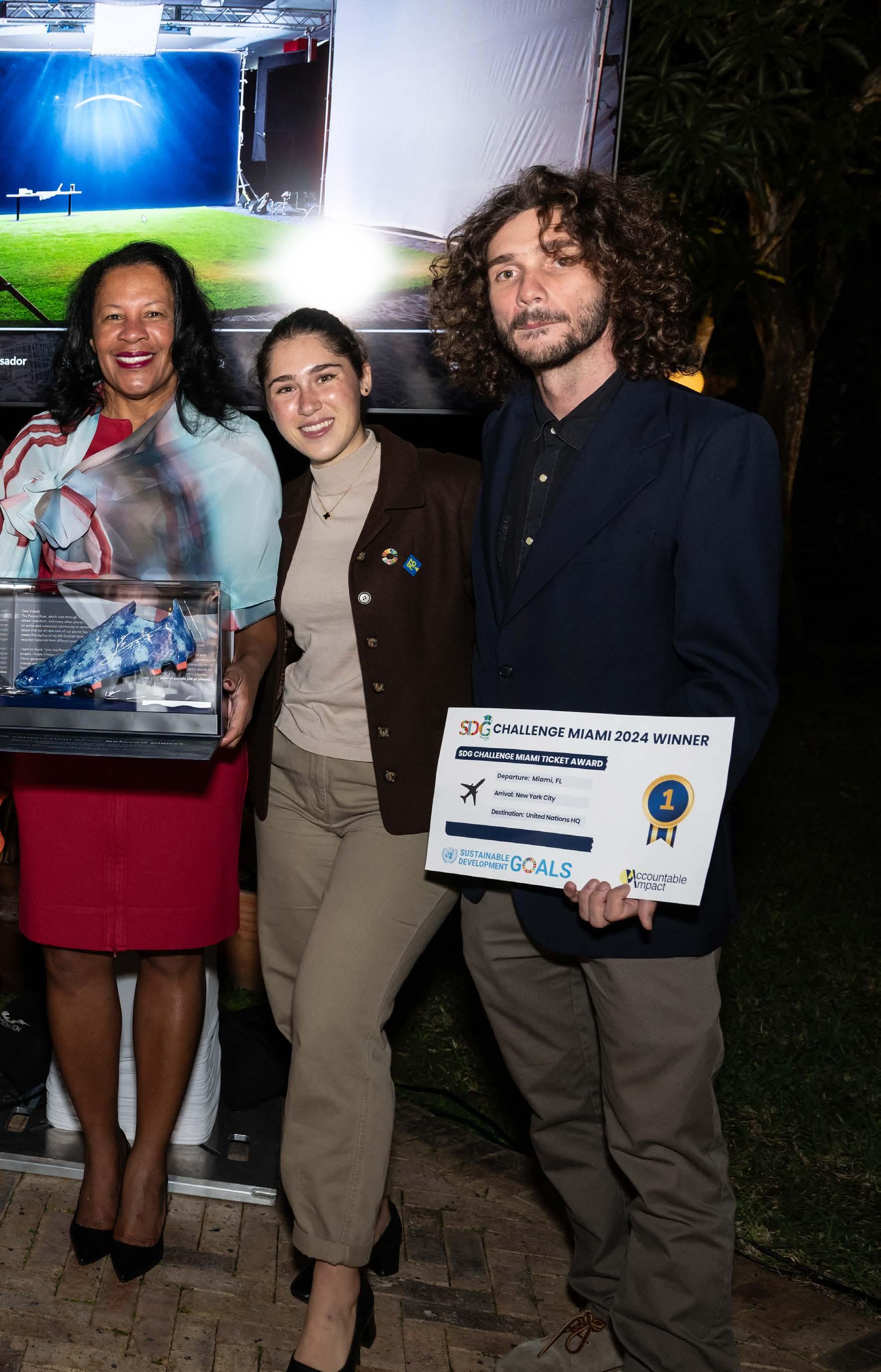

While progress toward achieving the Sustainable Development Goals (SDGs) may seem uncertain, the unifying and educational power of the SDG agenda remains undeniable. This universal framework provides a common language to foster collaboration across all levels and sectors, igniting hope and action for a better future. Here in Miami, the next generation of leaders is stepping up.
By Yulia Strokova
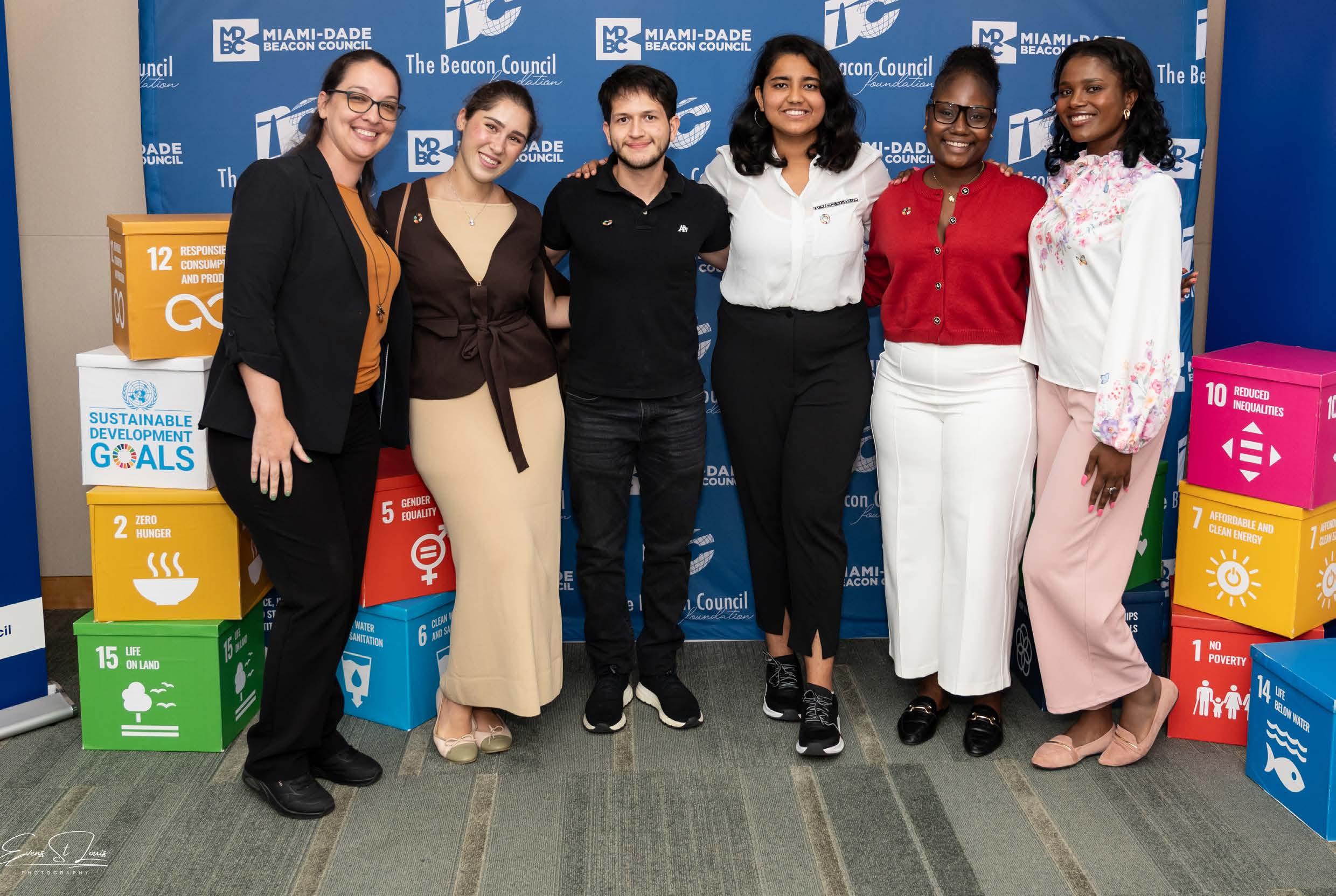
Alexandra Escobar is a Lynn University student pursuing a master’s in social innovation management. She teamed up with Martin Hernandez from Florida International University, who is working toward his master’s degree in landscape architecture and environmental urban design, and Victor Kersting, who studies business at The Honors College at Miami Dade College. Together, their group claimed first prize at the SDG Challenge Grand Finale.
With the first-place win, the cross-academic team will be sponsored to travel to New York City to visit the United Nations Headquarters in 2025. Join The Planet also gifted the winners a unique keepsake: a bespoke Lionel Messi cleat made 100% from ocean-recovered plastics.
The winning SDG solution focused on empowering the MiamiDade Beacon Council, the official economic development organization of Miami-Dade County, to champion SDG integration across South Florida. The centerpiece of their vision is the SDG Immersion Program, a multifaceted initiative designed to drive an engagement strategy that educates, motivates and incentivizes local businesses, investors, and nonprofits to adopt and prioritize the Goals.
TO BUILD AN INCLUSIVE, SUSTAINABLE & INNOVATIVE CITY, WE MUST INTEGRATE THE SDGS EVERYWHERE.
Alexandra Escobar
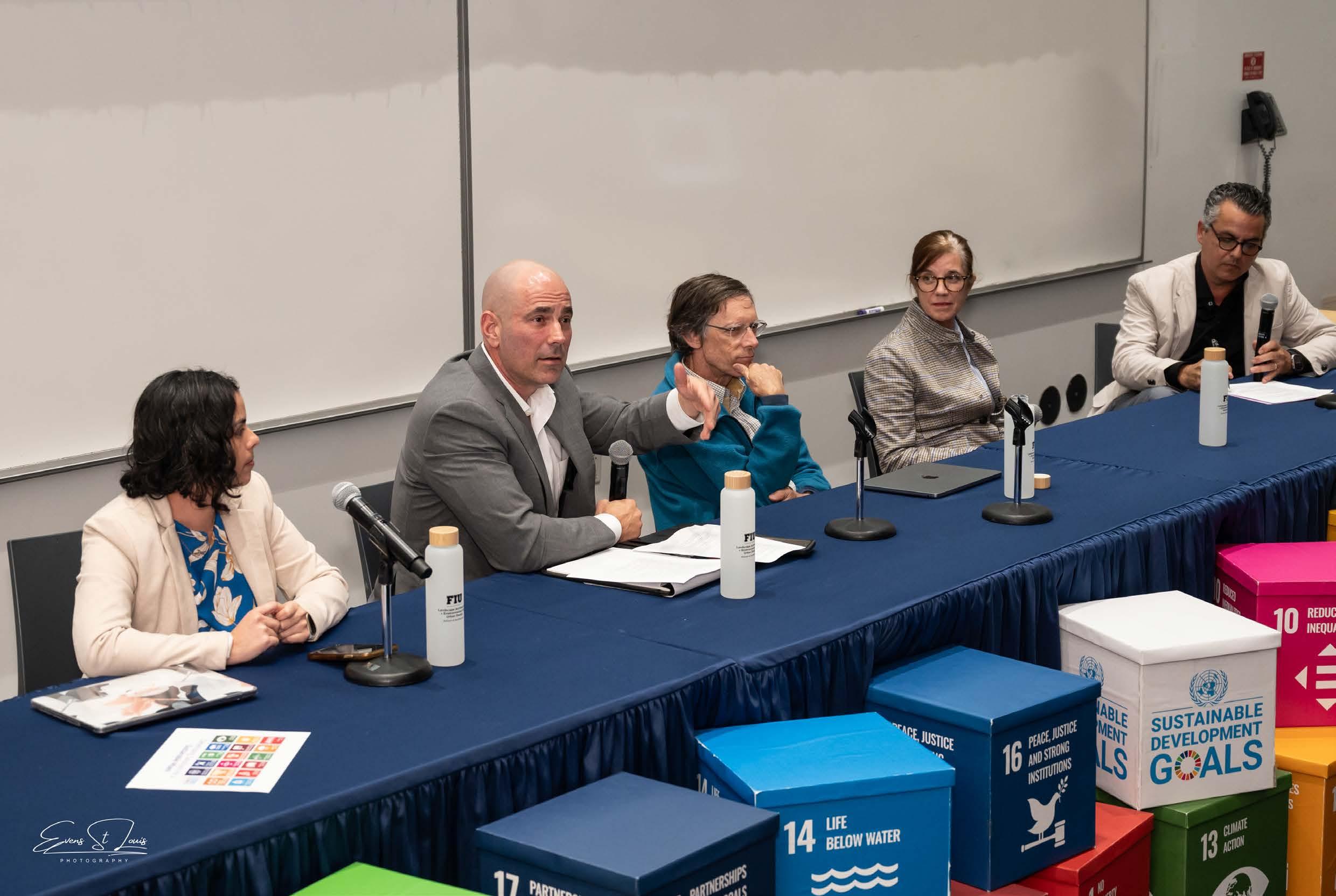
Alexandra, who presented her team's work on stage at The Netherlands Residence, says:
The Miami-Dade Beacon Council’s connections with investors and businesses are pivotal in driving accountability and progress. I’m so happy that I got to connect with the Miami-Dade Beacon Council and have them open to implementing some of the solutions we presented.
Dr. Paula Hopkins, EVP of Strategic Partnerships and Funding Development at the Miami-Dade Beacon Council, led the winning team. The organization faces a significant challenge in implementing and integrating the Goals across industries. With this new program, driven by young leaders, the Beacon Council plans to establish a structured plan to champion the SDGs effectively and elevate business-led strategies in South Florida in the context of the global sustainable development agenda.
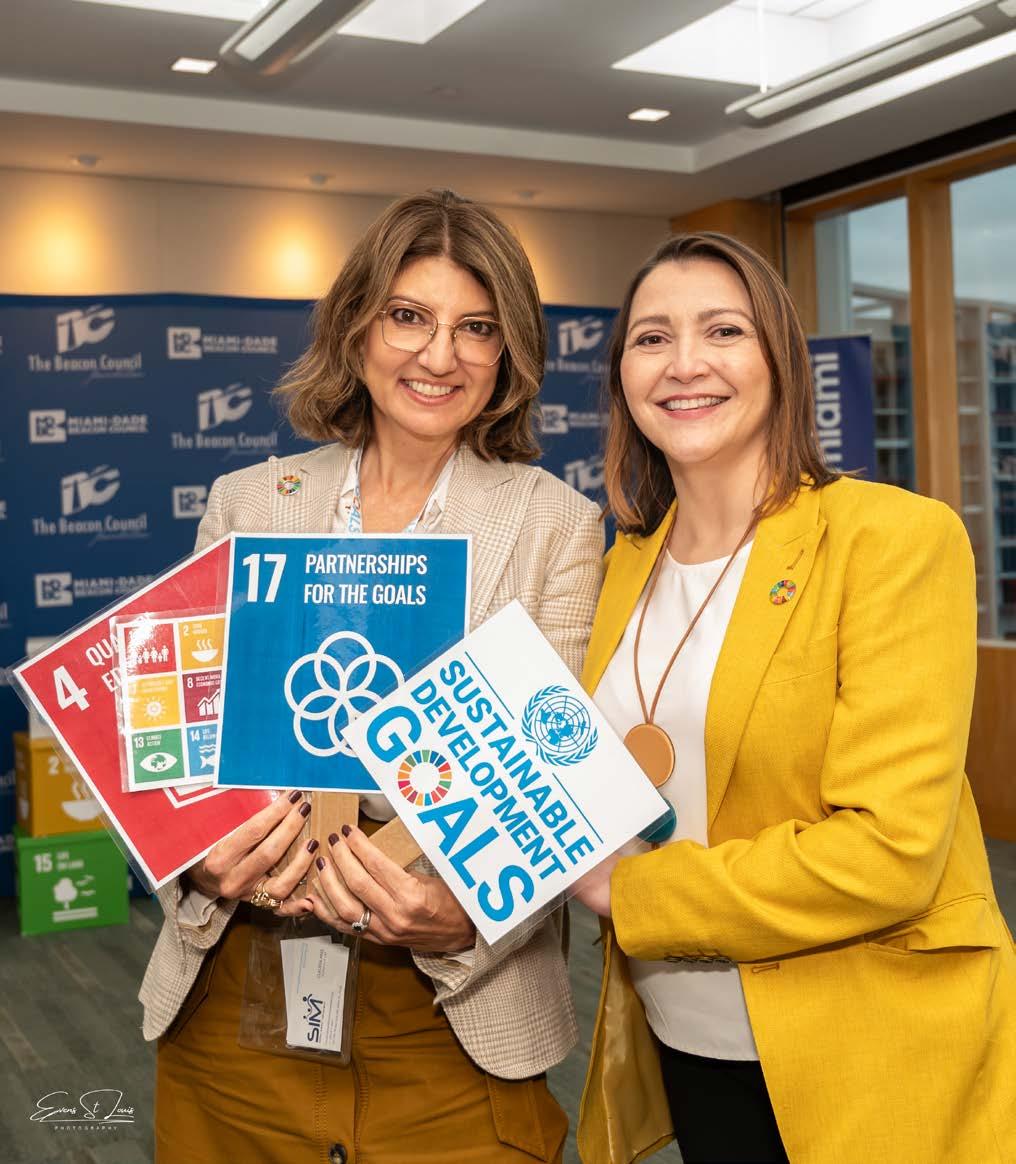
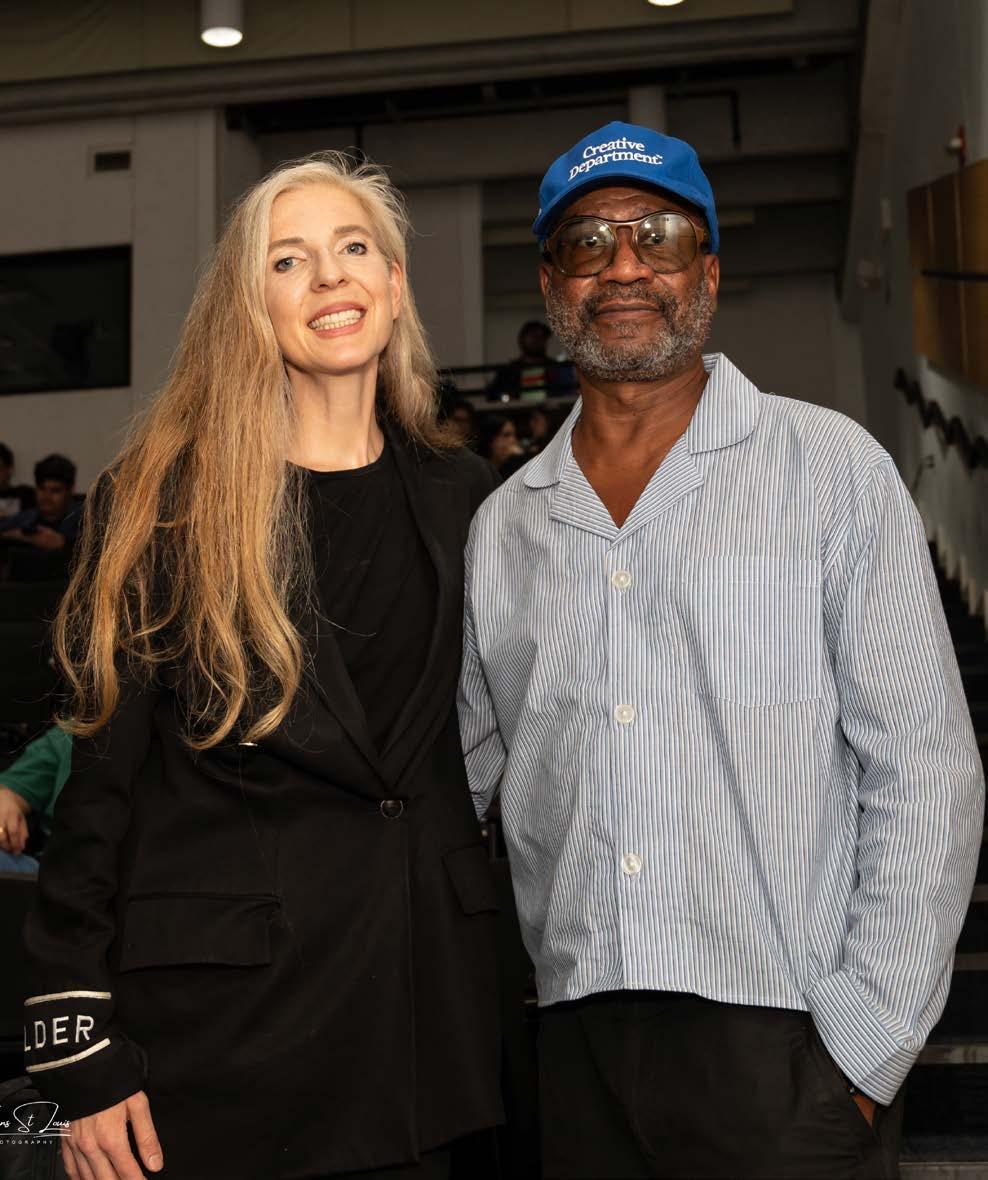
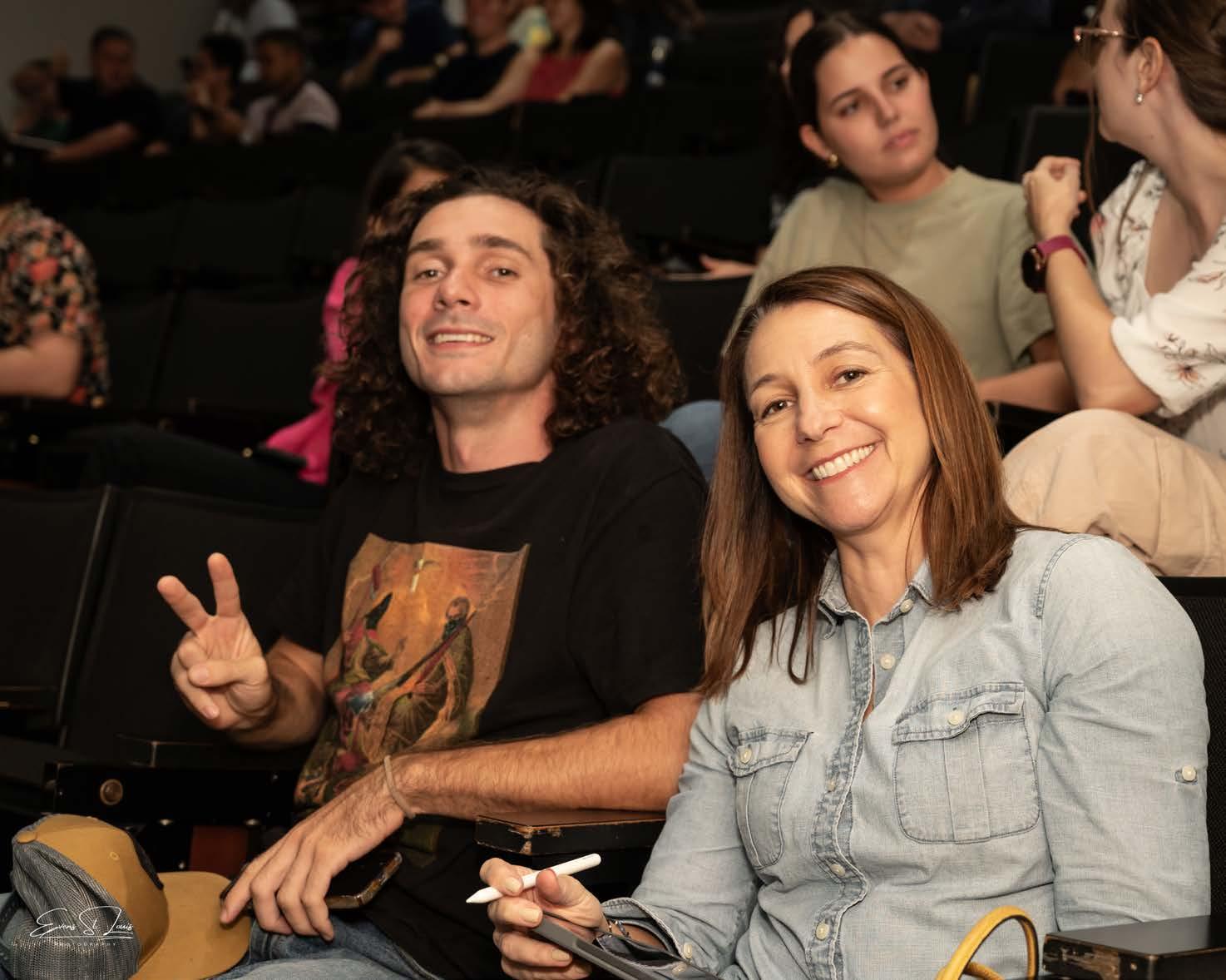
THE SDGS ARE ABOUT MAKING THE WORLD FUTURE-PROOF.
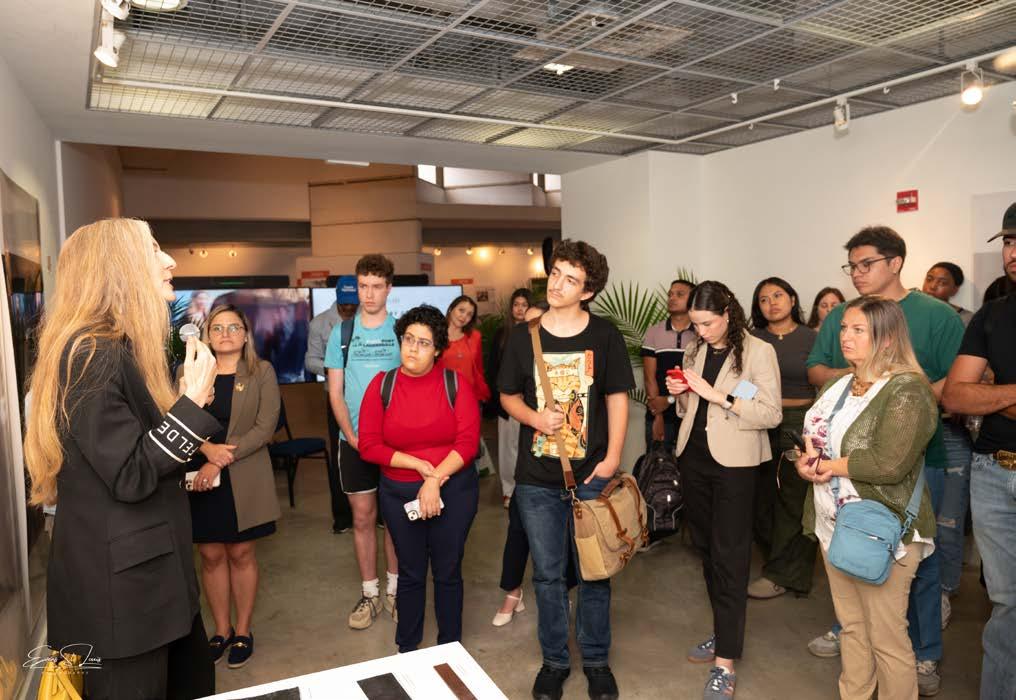
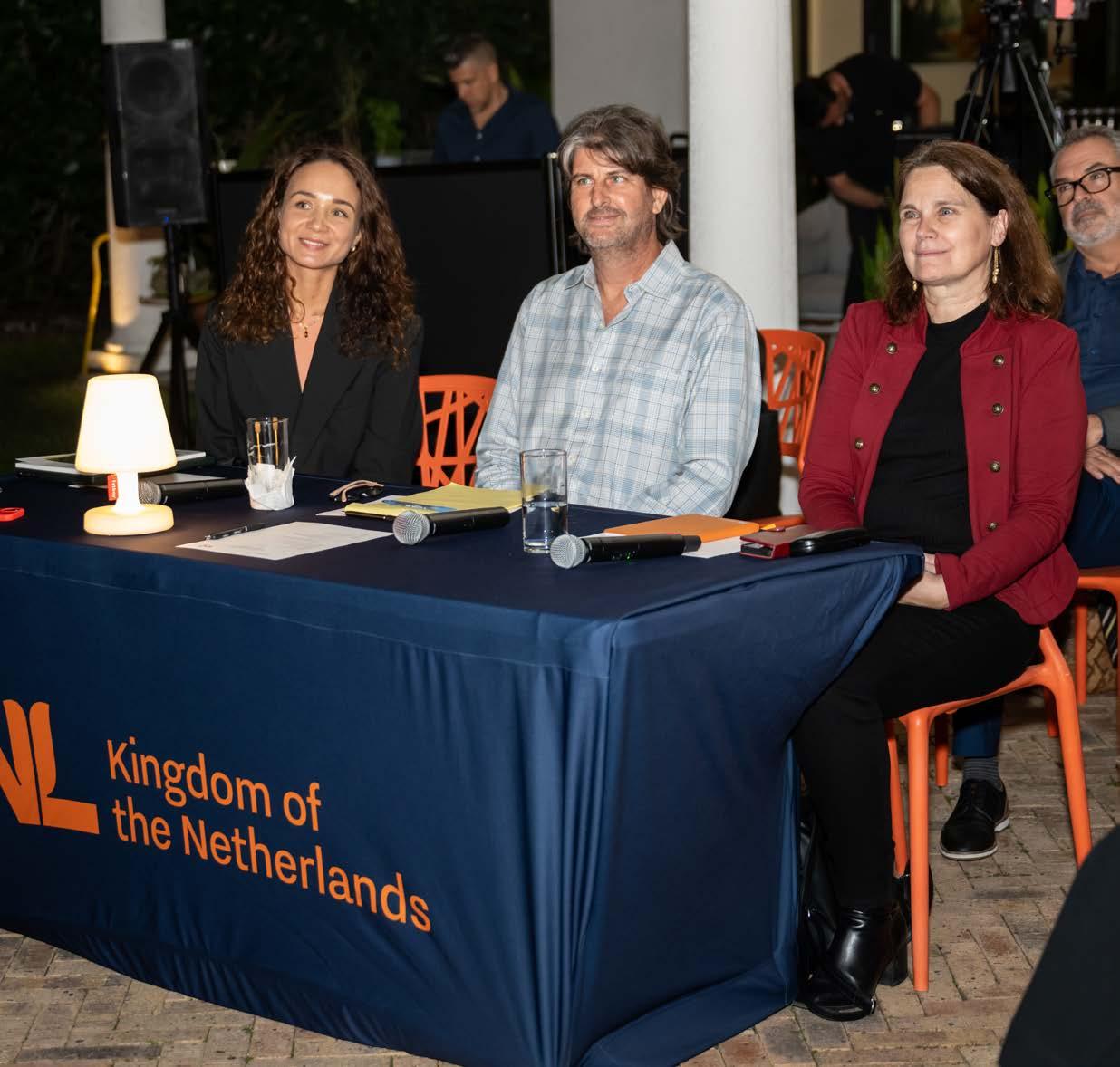
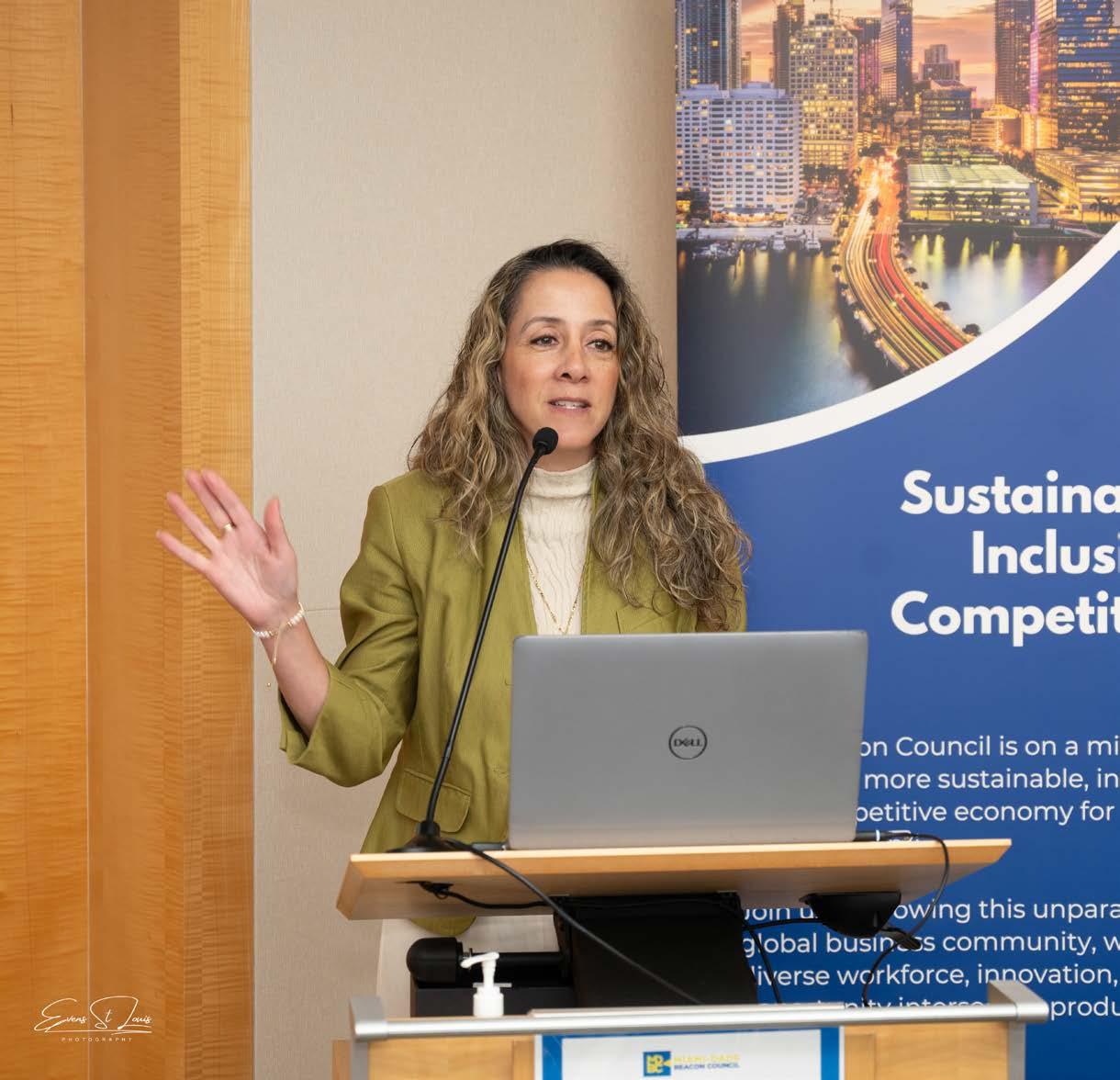
As Dr. Hopkins says:
I am incredibly proud of the Miami-Dade Beacon Council team and the brilliant students who participated in the SDG Challenge Miami 2024. Their innovative ideas and commitment to sustainability exemplify the spirit of collaboration that drives our community forward.
The SDG Challenge is more than just a competition; it’s a sixweek immersive journey to creating real-world solutions. The Challenge encourages students — and the professionals they partner with — to think critically about present-day sustainability choices. It serves as a platform to empower young innovators to collaborate with leading companies, local governments, universities, and nonprofit organizations.
With guidance from mentors and industry leaders, students from Florida International University, Lynn University, and Miami Dade College showcased their creativity and expertise by developing and pitching innovative solutions aligned with the Goals. These proposals also included launching an SDG podcast for college students, designing a data-driven platform to track financial performance and SDG alignment of publicly traded companies, and scaling Future Leaders Movement, a nonprofit to inspire and equip the next generation of BIPOC changemakers.
Lisette den Breems, Consul General of the Kingdom of the Netherlands in Miami, hosted the SDG Challenge Miami Grand Finale. The finals were an inspiring showcase of Miami’s brightest minds and most innovative institutions.
“The SDGs are about making the world future-proof. That is why the Kingdom of the Netherlands strongly supports the involvement of young people as agents of change to build a greener, fairer, more inclusive world for all generations, now and in the future,” says Consul General den Breems. “It was very inspiring to see the students develop innovative solutions for achieving the SDGs and to witness the commitment of companies to advance the SDG Agenda. We already look forward to the next edition!”
The SDG Challenge Miami is powered by Accountable Impact; its founder, Scarlett Lanzas, is committed to activating networks to localize and accelerate the Goals in South Florida. Through partnerships with organizations like Verizon, Future Leaders Movement, SDGTalks.ai, Emergent Global Investments, and the Miami-Dade County Office of Resilience, Accountable Impact continues to build momentum in creating a resilient future for Miami — and beyond:
This experience will unlock countless opportunities for our students, paving the way for impactful careers and professional growth.

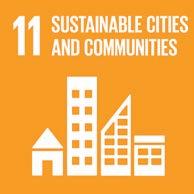

‘YOU
TEDxOvertown made a powerful mark on Miami, offering a storytelling platform that elevated voices of innovation, resilience, and cultural preservation. Spearheaded by Joshua Jomarron, the inaugural event served as a poignant reminder: in a city as dynamic and rapidly evolving as this one, legacy and progress can coexist.
By Sarah Knowlton
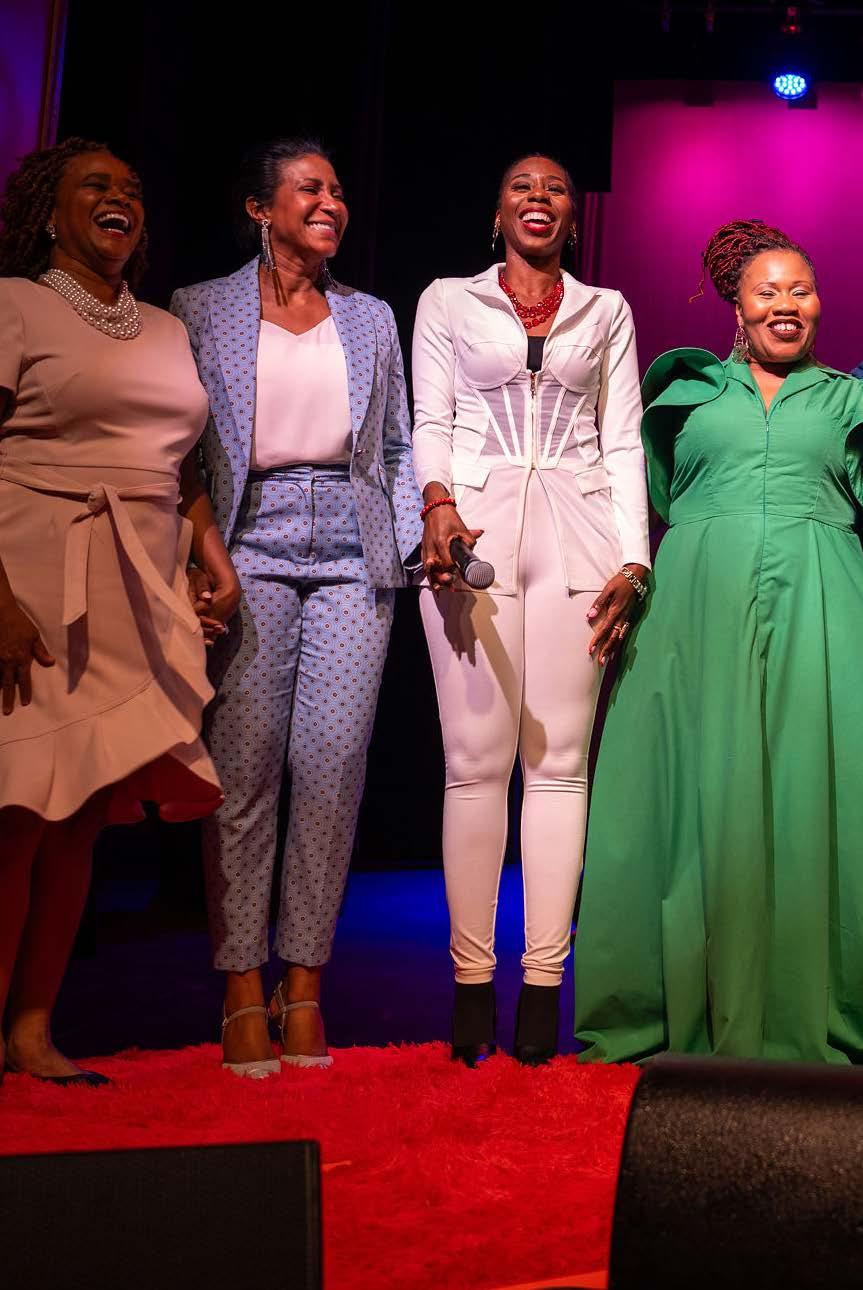
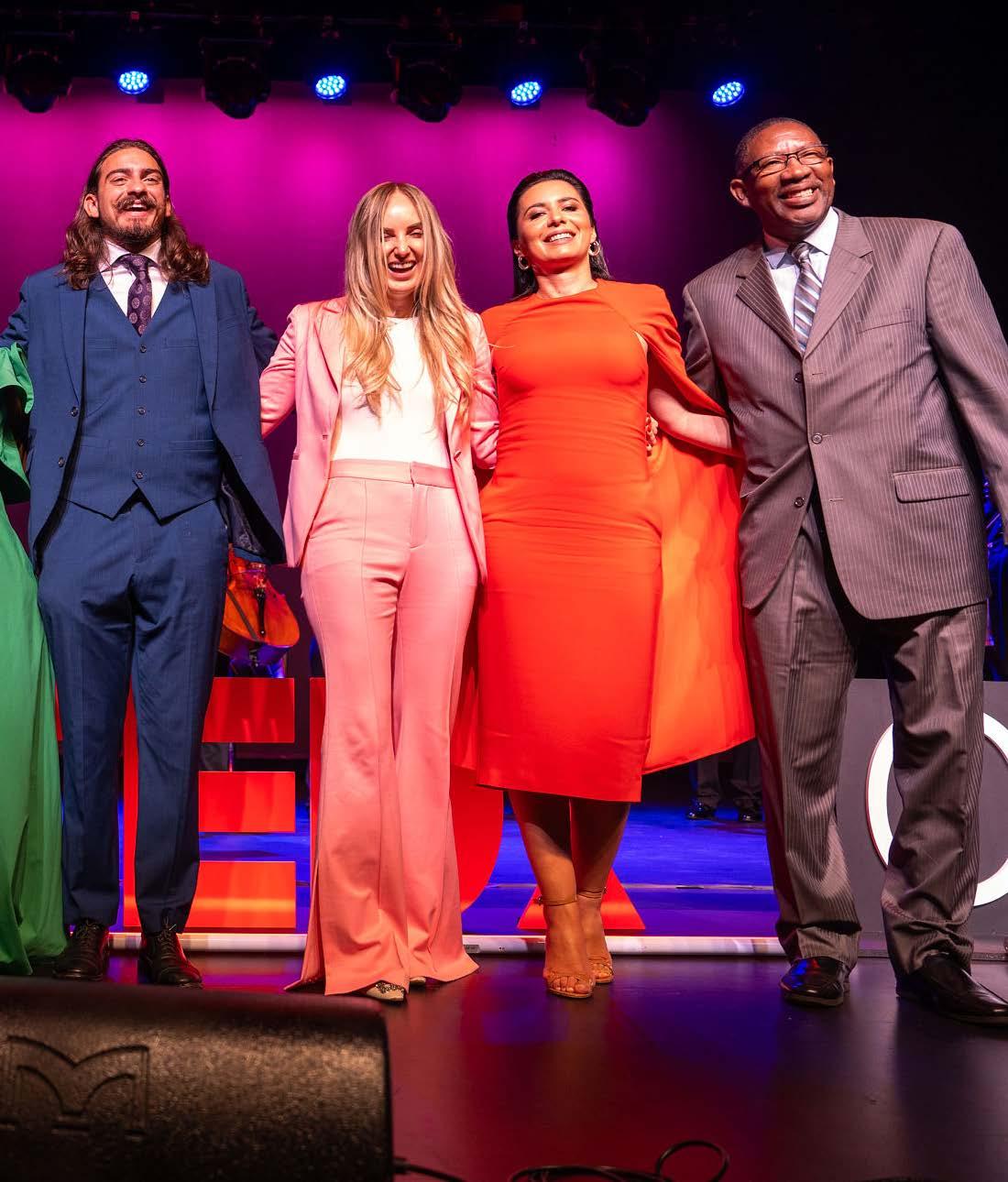
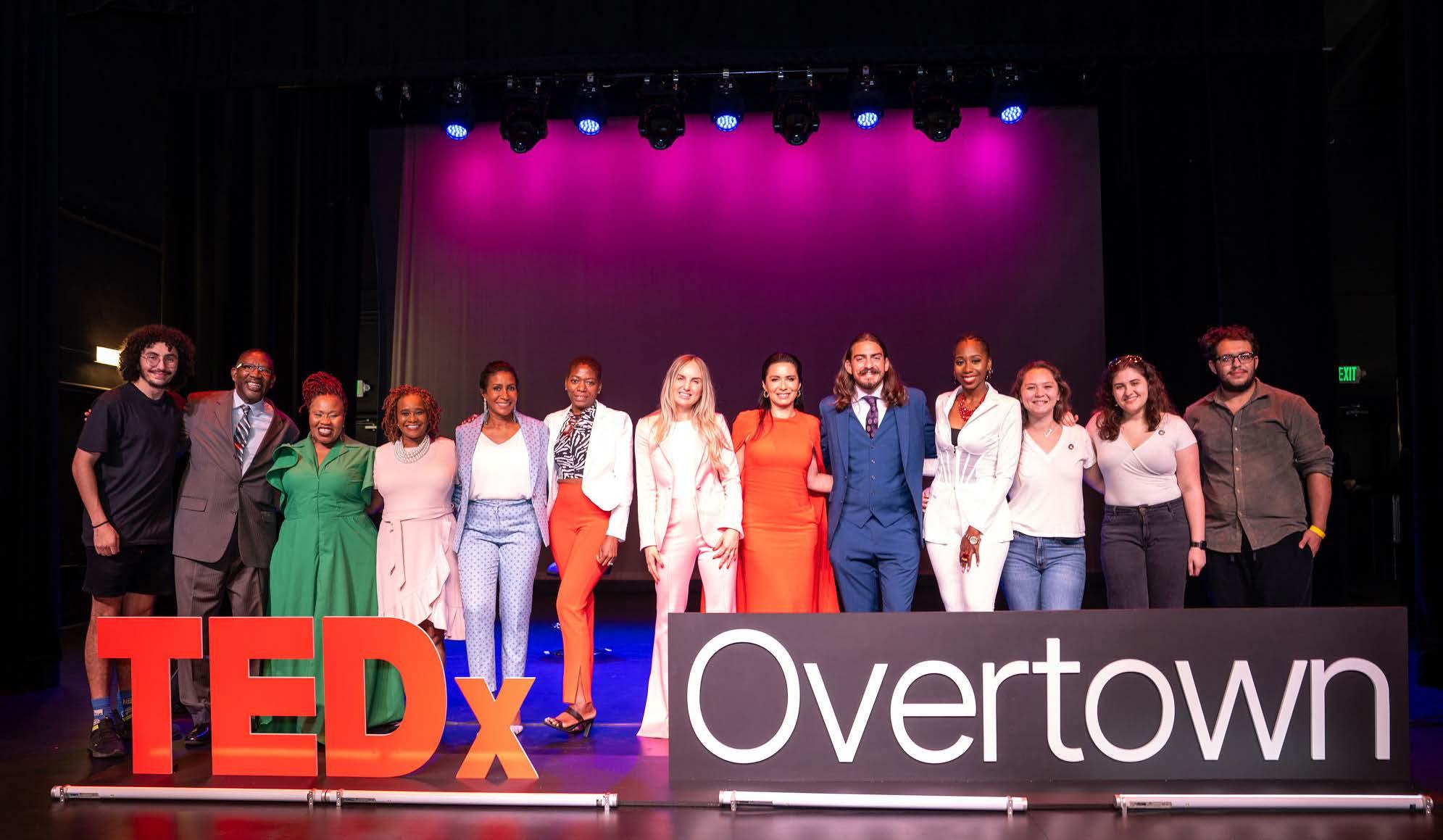
When Joshua Jomarron, a Miami native, returned to his home city after studying political science for six years in Washington, D.C., he was struck by the drastic transformation it had undergone in his absence.
“Once I hit Miami, I was like, Wow, Miami has changed completely since I left. This is not the same place I remembered, and I needed to find a way to adapt without losing who I am in the social impact space,” Joshua shared.
Joshua’s journey in nonprofit work began in high school when he co-founded Key to Knowledge, an organization that provides school supplies to children in developing nations. Now, as president of the organization and Board chair of the Social Impact Movement, his focus has shifted to addressing changes within Miami’s culture and community.
“Everyone was just working to make a name for themselves, but now it’s like, I have to start a cool tech company to be something big. Before, you could own a store, build a business, and still make a name for yourself. I feel like we’re losing that kind of recognition in Miami,” Joshua explained.
“I’ve seen so many people leaving, and I feel like the entire culture of Miami is declining. I’m not saying evolution is bad, but how do we evolve without forgetting? We’re slowly pushing people out, and they’re taking their culture somewhere else instead of building on it.”
Motivated to spark conversations and drive positive change, Joshua founded TEDxOvertown in 2024. This independently organized TED event — sponsored by Share Our America and 305 Givesback — brought together local speakers, scholars, and community members to explore Miami’s past, present, and future.
“Pushing the legacy and making people aware of the culture is really important,” Joshua reflects. “The only way you can build properly is if you know what happened in the past. We don’t want to make the same mistakes, and we don’t want to lose traditions because then we lose who we are.”
The event’s theme, Legacy and Progress, reflected both Joshua’s personal ethos and the broader narrative of Overtown, Miami’s historically Black neighborhood, often called the “Harlem of the South.”
Situated just outside downtown Miami, Overtown was once a vibrant hub for Black life, commerce, and entertainment. Worldrenowned musicians such as Count Basie, Ella Fitzgerald, Billie Holiday, and Nat King Cole frequently performed in Overtown’s clubs and theaters but were barred from staying in Miami Beach due to racial segregation. Venues like the Knight Beat Club at the Lord Calvert Hotel, the Harlem Square Club, and the Lyric Theater made Second Avenue live up to its “Little Broadway” nickname.
TEDxOvertown featured a diverse lineup of speakers who shared ideas on preserving Miami’s culture while embracing progress:
Nicole Crooks is Catalyst Miami’s Community Engagement Manager for Overtown and founder of Indigo Butterfly Effect, driving transformative change through initiatives like Share Our America and “A Walk through Our Neighborhoods”
Stephanie Van Vark, owner of StephanieCreates, Inc., produced GoingOvertown.org, Just Talking Business podcast, and Jigsaw Parenting, which highlights diverse parenting perspectives across races, cultures, economics, and professions.
Anya Freeman is the founder and CEO of Kind Designs, a 3D-printed seawall company. After working in law, she pivoted to address rising sea levels through innovative technology.
Desiree Faulkner has more than 25 years of experience in real estate development, transforming mixed-use developments into vibrant destinations and revitalizing underserved urban areas with lasting cultural and generational impact.
Stichiz Casseus, a multilingual hip-hop artist featured on BET’s One Shot, is a lyricist, songwriter, voiceover actress, and radio personality, born in Ottawa to Haitian parents and raised in South Florida.
Adriana Delor pioneered a groundbreaking approach focused on shifting hearts and minds, not just data. Her secret weapon? The “human factor.”
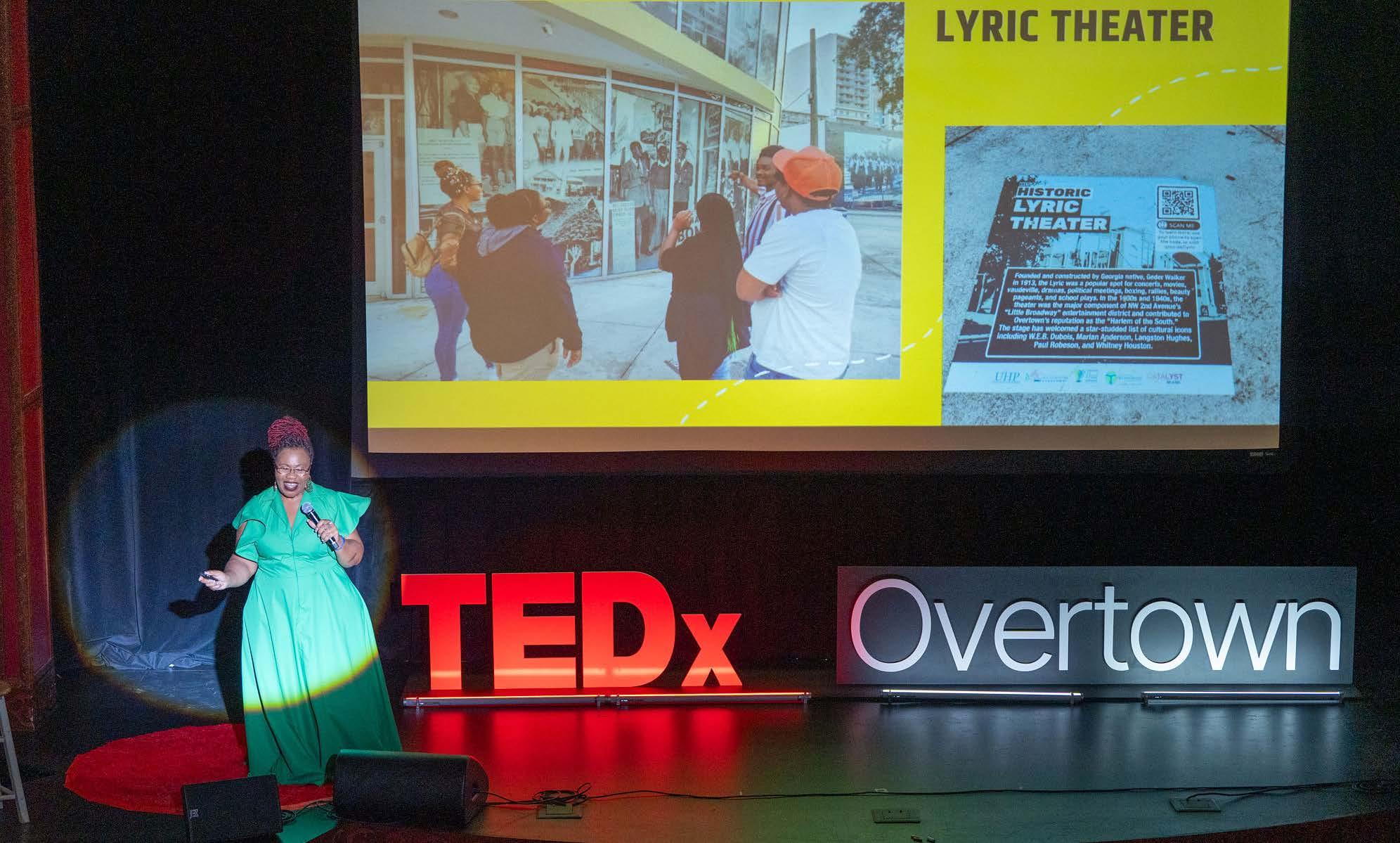
However, this cultural vibrancy was shattered in the 1960s when the government decided to build a highway directly through the heart of Overtown — many families were forcefully displaced.
Today, Overtown faces new challenges brought on by climate change and rising sea levels. As one of the few neighborhoods in Miami situated above sea level, it has become increasingly attractive to developers seeking higher ground less prone to flooding. As a result, long-time residents are being pushed out by skyrocketing living costs. To ensure that the history of Overtown is not forgotten amid this rapid transformation, numerous community organizations are coming together to preserve what remains of this once-thriving Black neighborhood.
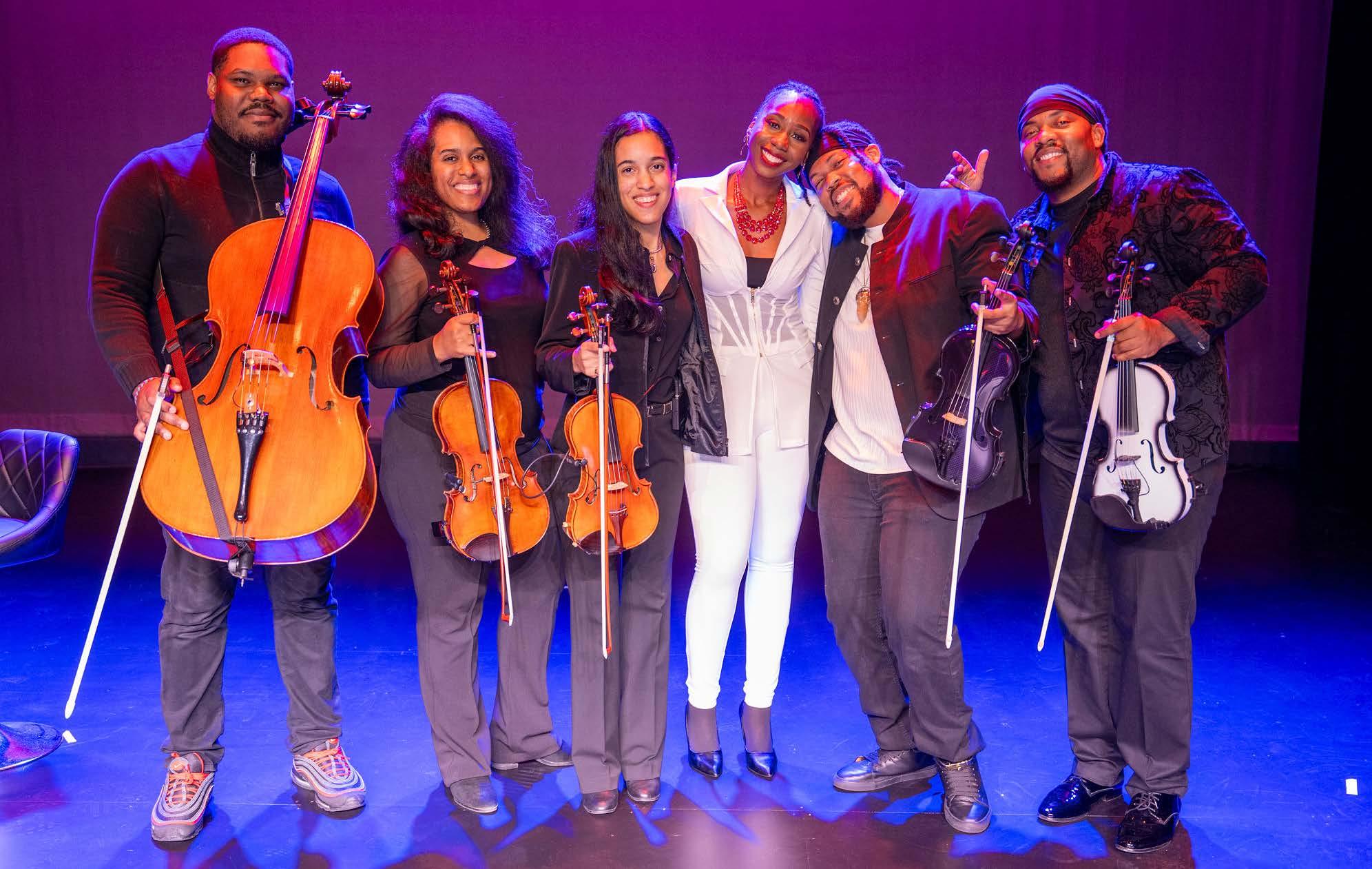
PUSHING THE LEGACY AND MAKING PEOPLE AWARE OF THE CULTURE IS REALLY IMPORTANT.
Joshua Jomarron TEDxOvertown

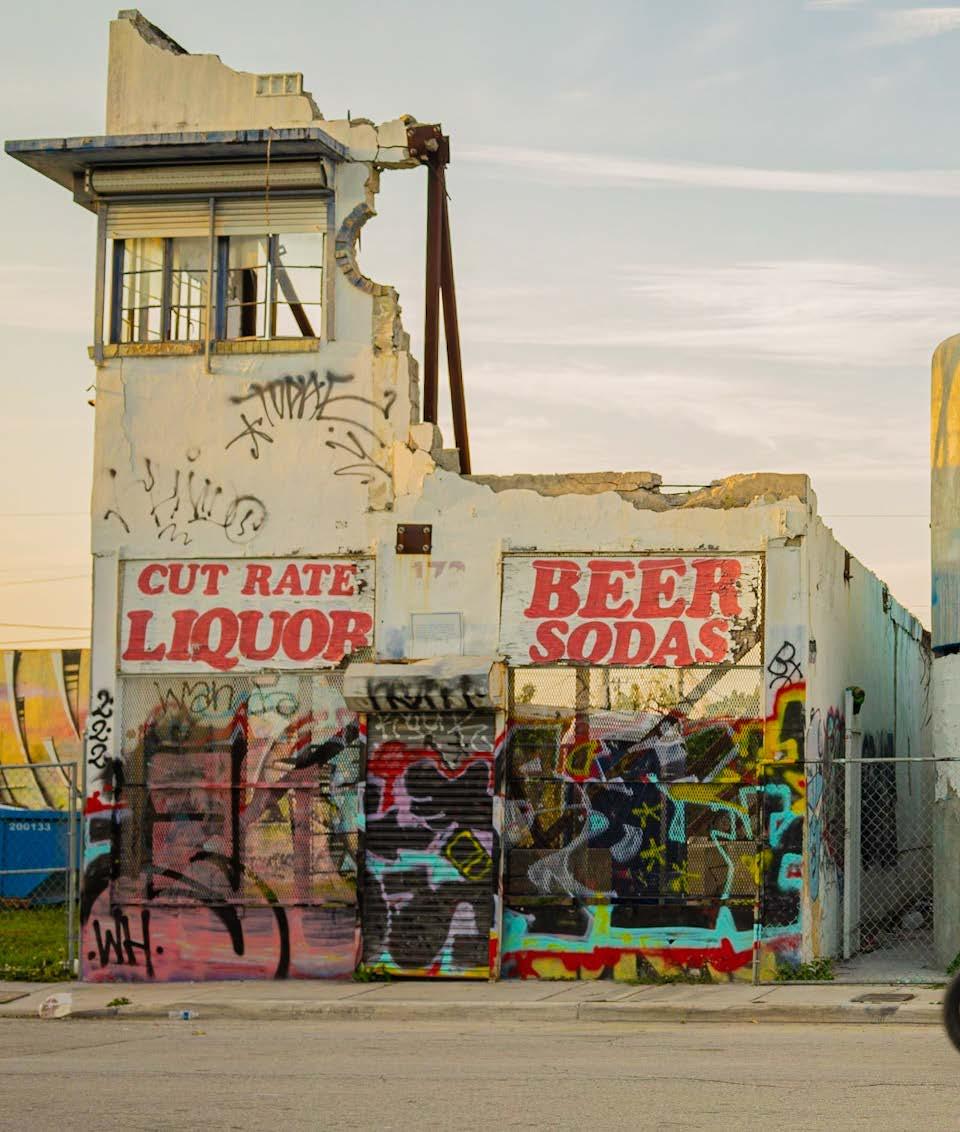

Joshua Jomarron TEDxOvertown
An exhibition that celebrates Overtown, Miami’s historically Black neighborhood known as the “Harlem of the South.”
Photo by Greg Clark —
Wilbert “Treetop” Tillman
South Florida Blues, Soul, and R&B veteran, Treetop has performed for more than 50 years, sharing stages with legends like Aretha Franklin, Patti LaBelle, and BB King, recording with Stax stars Sam & Dave, and playing iconic venues like the Sir John Knight Beat Club and the Apollo Theater.
Location: Knight Beat, Overtown, Miami, FL
March 3, 2012
From the series I Played Here
Face-Mounted Acrylic Print
40 x 30 inches
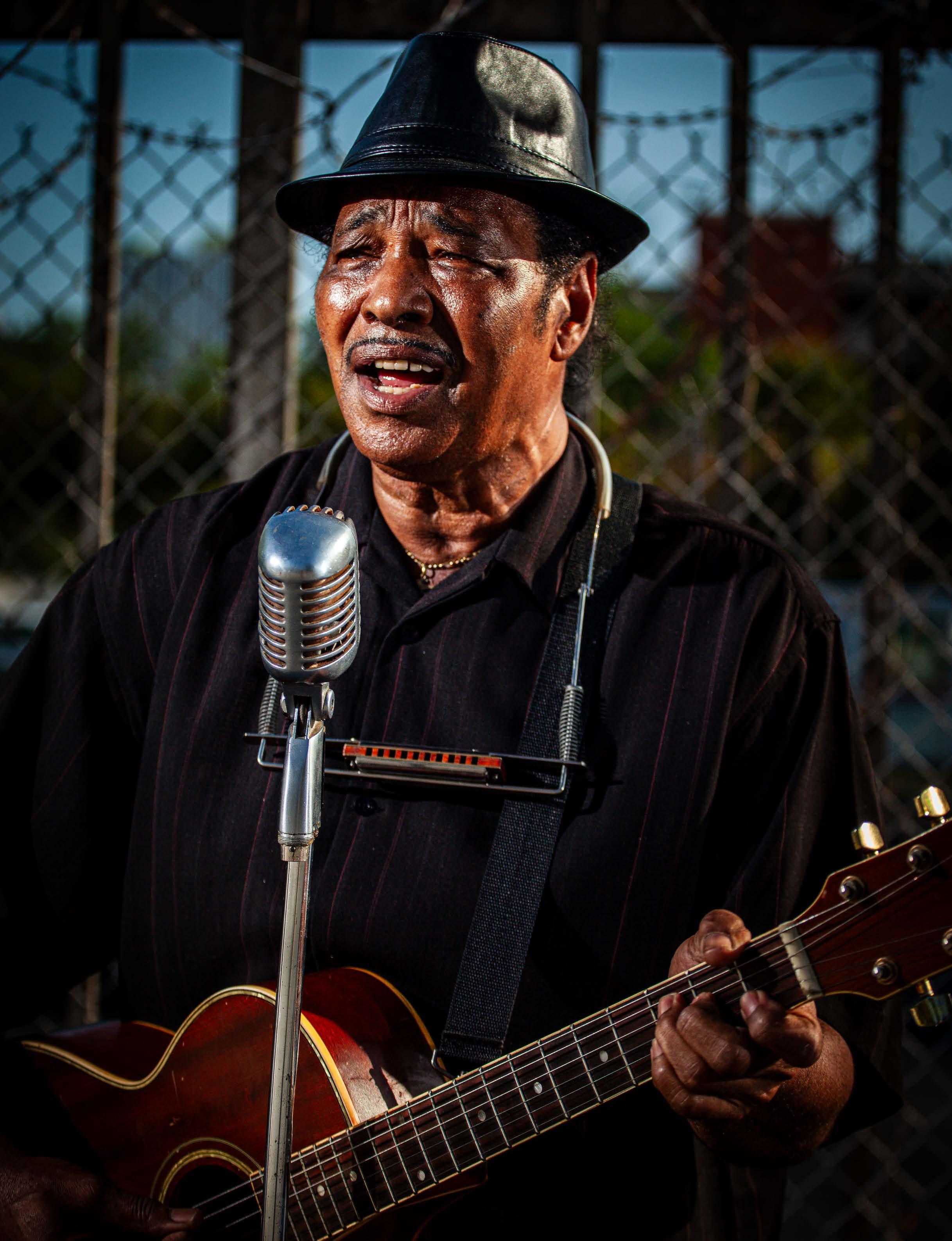
Overtown is really good at advocating for itself, balancing development while staying true to its roots. The attitude of Overtown’s residents is basically, Build whatever you want — we’re not going anywhere.
With its rich cultural history and resilience against gentrification pressures, Overtown provided the ideal setting to discuss maintaining collective identity while embracing growth. A diverse lineup of speakers shared innovative ideas on preserving Miami’s culture while embracing progress. Attendees explored how education can empower future generations, how technology can align with local values, and how cultural preservation can be a cornerstone for sustainable development.
TEDxOvertown demonstrated the transformative power of listening. On this note, Joshua reflected on the importance of engaging communities in decisionmaking processes, whether in nonprofit work or urban development:
You can’t just impose what you think they need; you have to listen. That was really inspiring to me. Progress requires an understanding of the past — of legacy. By truly listening to the community, you can identify what’s needed and wanted, allowing you to create a business model that not only succeeds but drives real impact.
Following the success of the inaugural TEDxOvertown, which is set to become an annual event, Joshua hopes the ideas shared will spark a chain reaction in Miami and beyond:
People will begin to understand what Miami, and particularly Overtown, has to offer. It’s not just about what’s happening here at home — it’s about spreading those ideas everywhere. I will help as many people as possible for the rest of my life because I know that once you help someone, they’ll be motivated to help the next person.
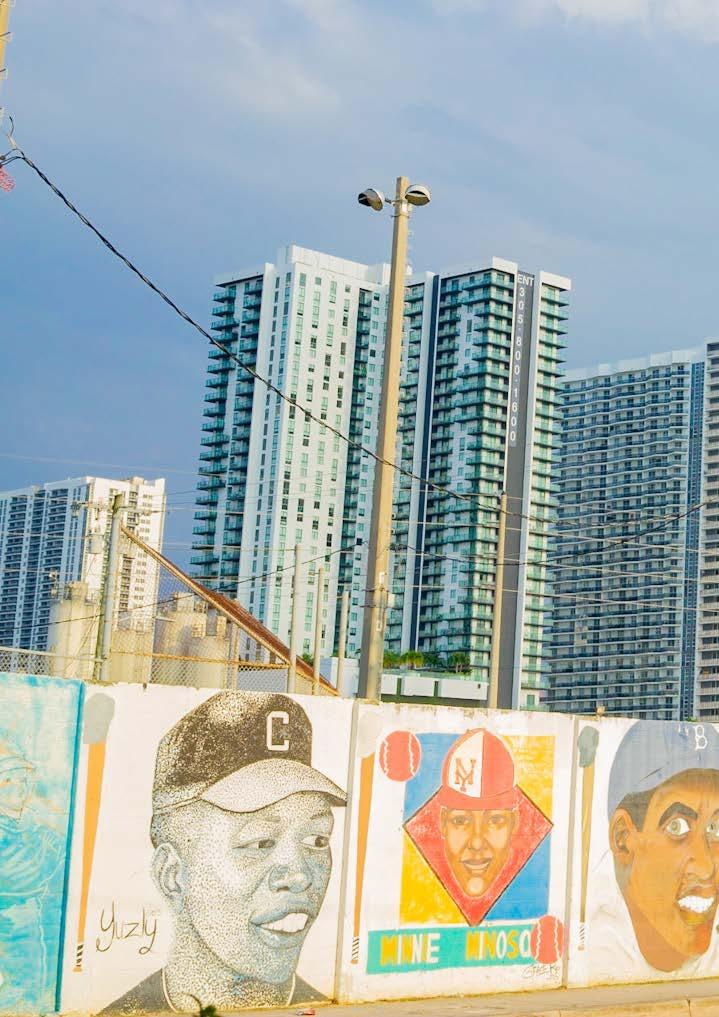
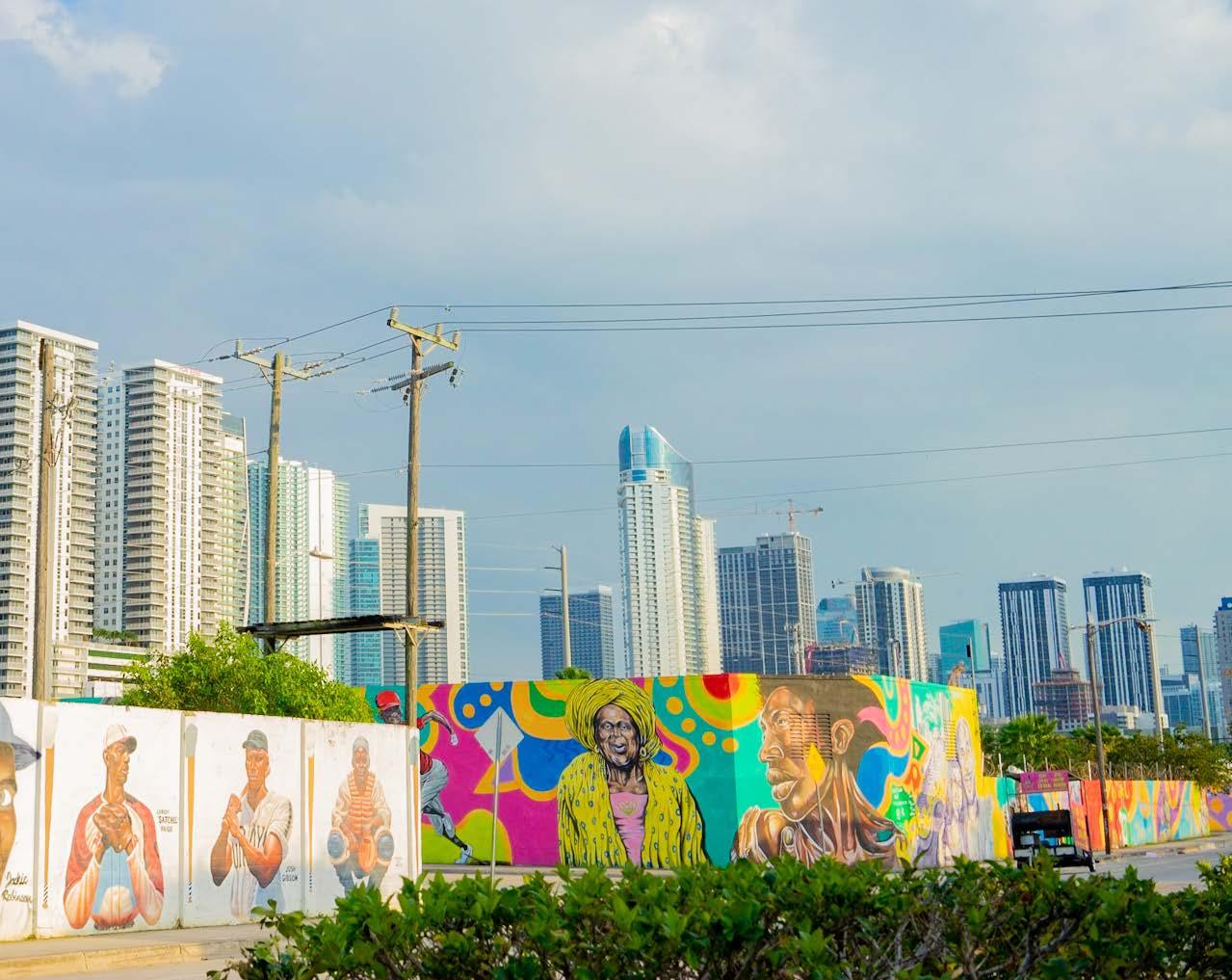
by
Joshua Jomarron TEDxOvertown

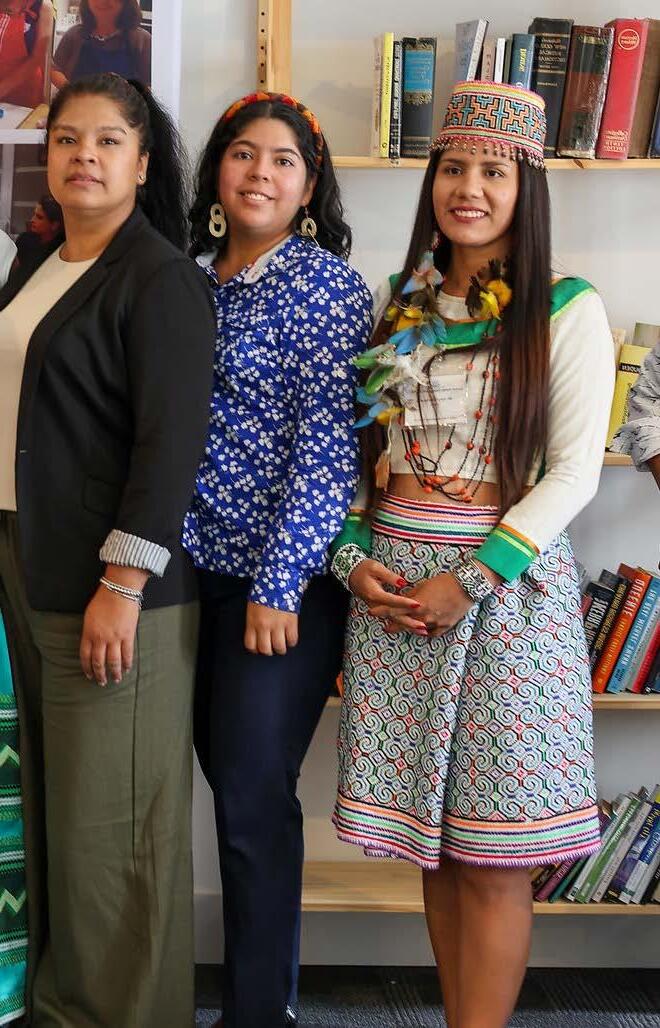

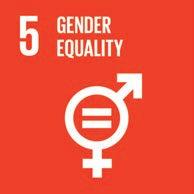

Miami is its own paradox. The same characteristics that make the “Magic City” feel diverse and welcoming can also create a sense of transience and isolation for many who call it home. Yet, amidst the shifting tides of people and cultures, a wave of changemakers is quietly redefining the city’s narrative and building the scaffolding of a cultural collective. These visionaries are uniting communities, fostering inclusion, and laying the foundation for an interconnected and peaceful future both locally and globally.
By Kacie Brown, Brishailah Brown
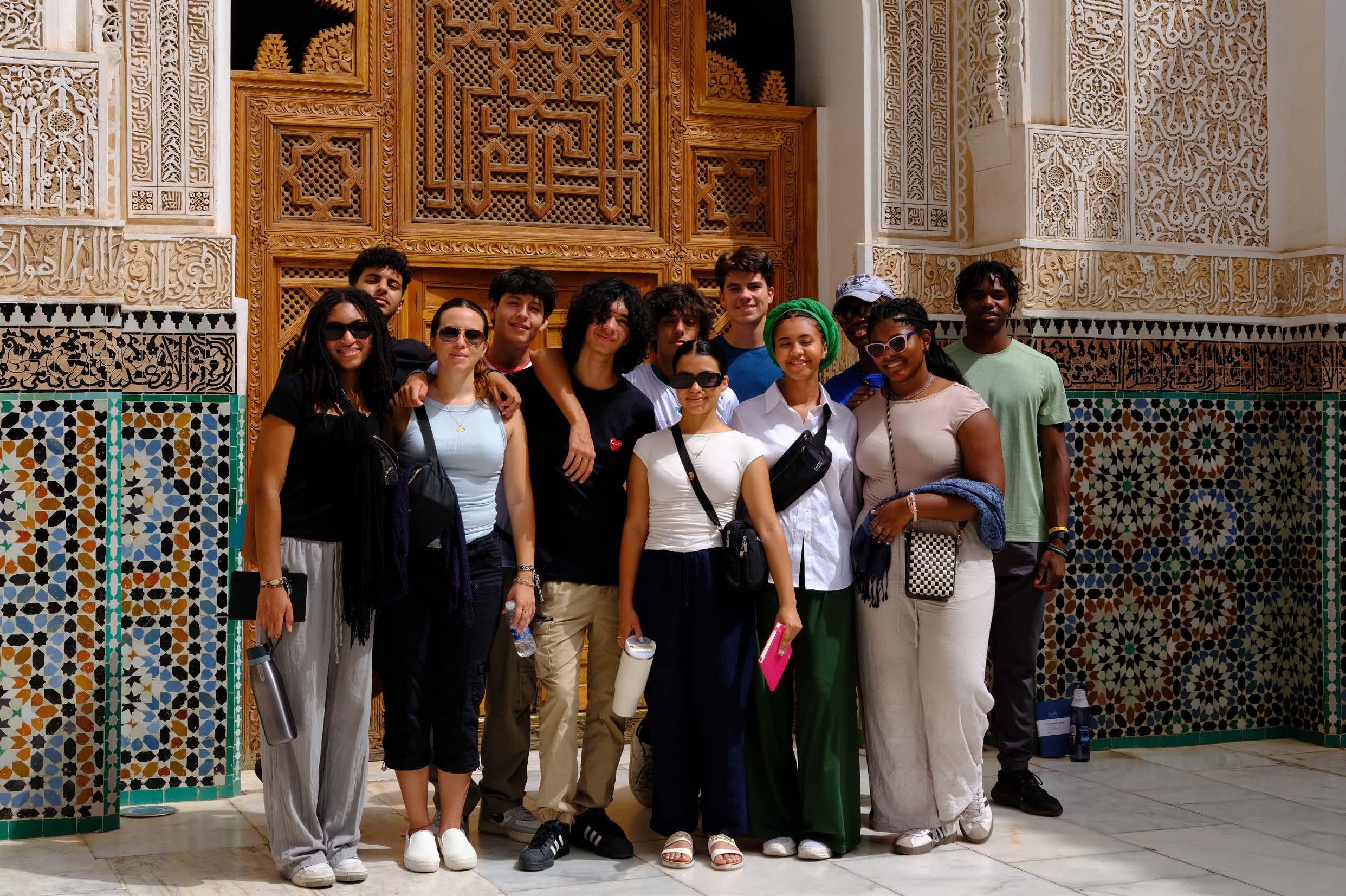
More than half of Miami’s population was born outside the United States. It has the country’s third-highest immigrant population. International travelers, too, flock to Miami by the millions aboard cruise ships and planes. Visitors and residents alike fill the city with world languages — 75% of families don’t speak English at home.
From its people to booming tech and finance industries, to its celebrated arts and culture scene, Miami has everything it needs to be considered a global hub. Its newcomers and guests suggest that this is where people imagine themselves happy. But Miami’s potential doesn’t stem from simple neighborly tolerance, and it doesn’t lie in the hands of a select few individuals; it’s realized during connection points for inclusion and collaboration made by people across the city and the world.
At Nyah Project, the benefits of global connection aren’t reserved for adults. Philanthropist and technology and innovation executive Leigh-Ann Buchanan founded the organization in 2014 based on her own experience attending college and law school on a full scholarship; Nyah Project is working to ensure that Miami’s youth are not only connected to the global community but also equipped to lead within it by accessing higher education.
Nyah Project, whose name comes from the Swahili word for purpose, was conceived as a connector between students and their collegiate dreams. With leadership training, mentorship, and private coaching, the organization prepares underrepresented and underserved students for success in the college admissions process, ensuring 100% enrollment.
This work reaches beyond success in college and scholarship applications — exceeding $30 million since launch — the heart of Nyah Project is the Global Youth Leadership Fellowship. Each year, the program provides up to 12 high school students with individualized and small group college access coaching, professional mentorship, plus a two-week, fully-funded travel experience abroad designed to develop leadership skills and expand worldviews.
Nyah Project intentionally guides youth through countries in Africa or Southeast Asia. It hopes to expose the young leaders to cultures they’re less familiar with, especially because any previous international trips could’ve been a visit to extended family. That experience might be more like retracing their own immigration journey.
WAY, ITS MOTIVATION WAS TO SHOW PEOPLE THAT THE IMPOSSIBLE IS POSSIBLE.
Ari Sernik Nyah Project
Aileen Alon, Nyah Project’s director, knows the power of stepping foot on new soil. She’s been to more than 40 countries herself:
Travel has shaped me in ways that go beyond personal growth. It opens your eyes to different cultures and people, but more importantly, it helps you see the synergies and similarities that connect us across borders. In a world that often focuses on what divides us, I find comfort in recognizing those connections.
In their destination country, Nyah fellows have a packed schedule of educational experiences and cultural immersion. They meet with local business and civic leaders, participate in leadership labs, volunteer with schools and NGOs, and more. Aileen says students often return home with compelling topics for competitive college and scholarship essays, but also foreverchanged perspectives.
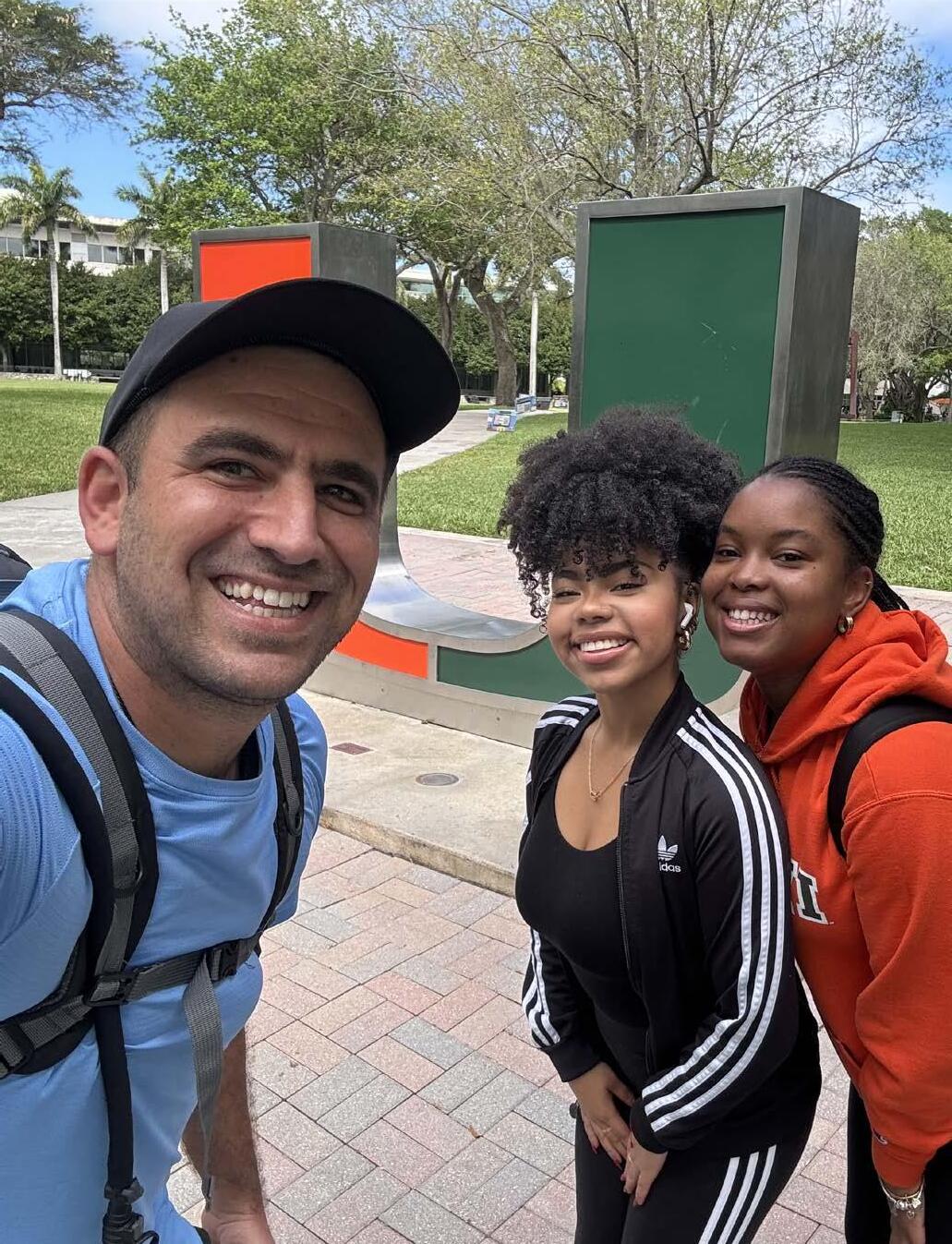
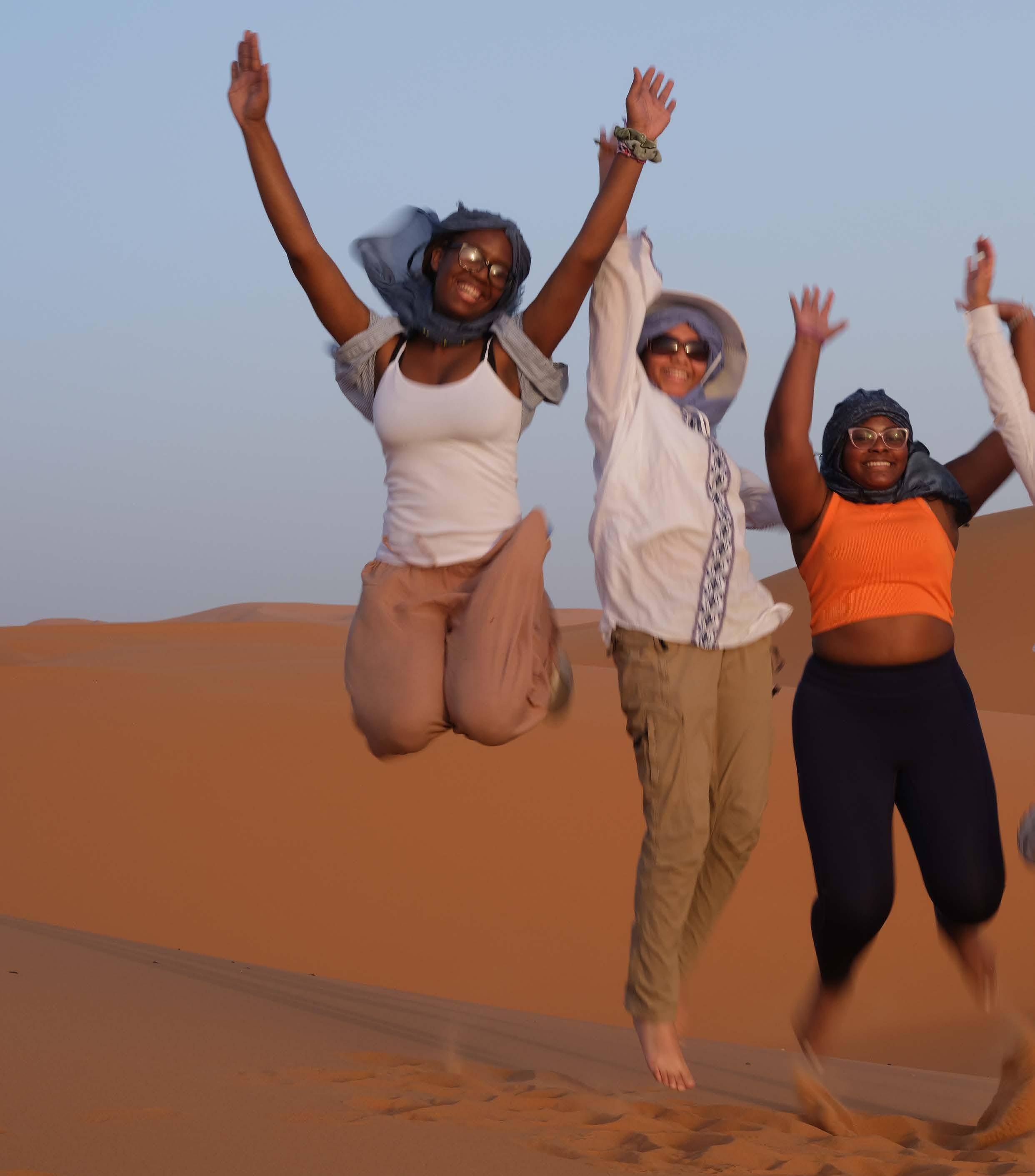
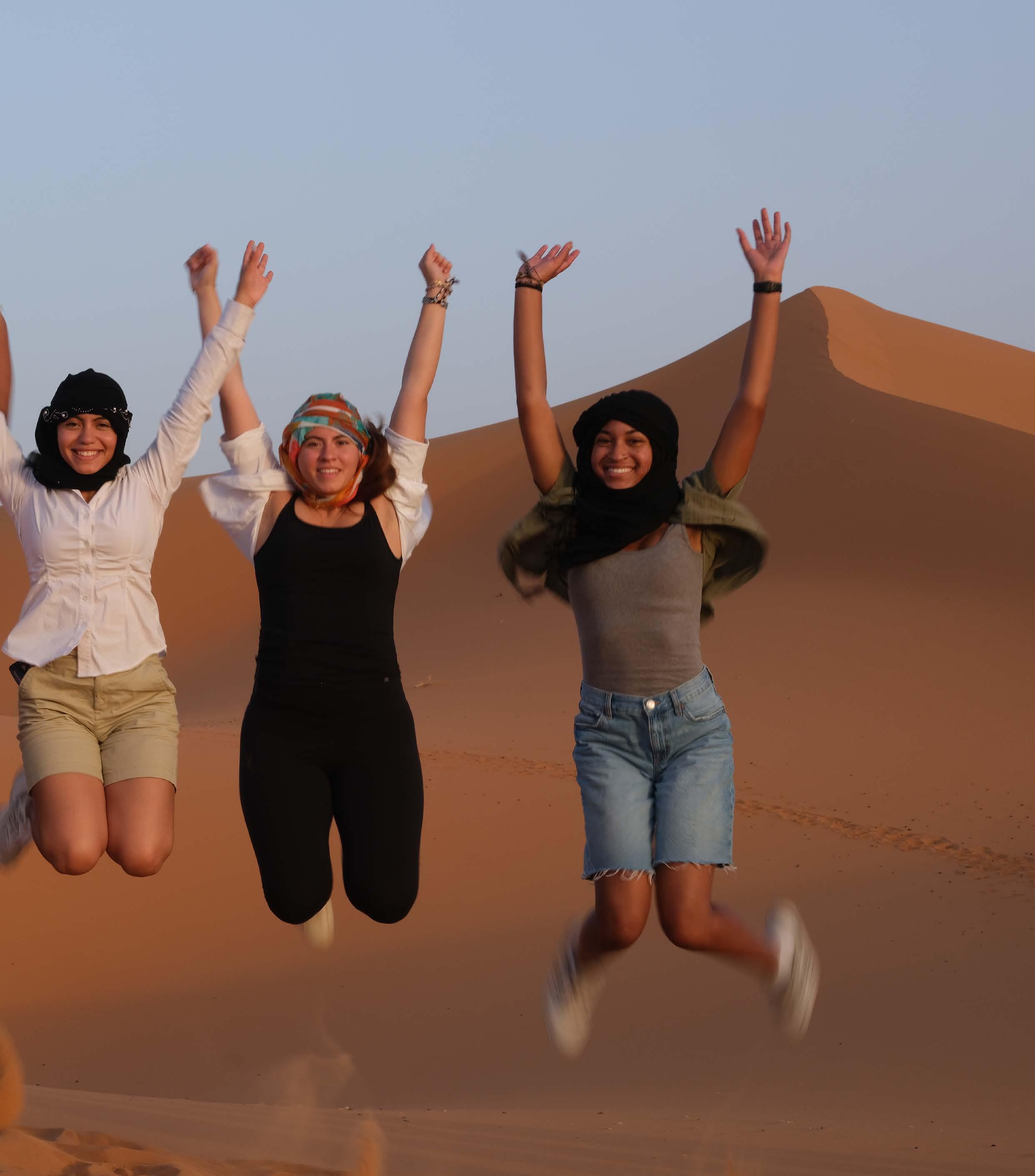
GIVING THESE YOUNG LEADERS A CHANCE TO EXPLORE THE WORLD, TO UNDERSTAND THAT THERE’S A MUCH LARGER GLOBAL COMMUNITY THAT THEY’RE A PART OF — THAT’S POWERFUL.
Aileen Alon Nyah Project
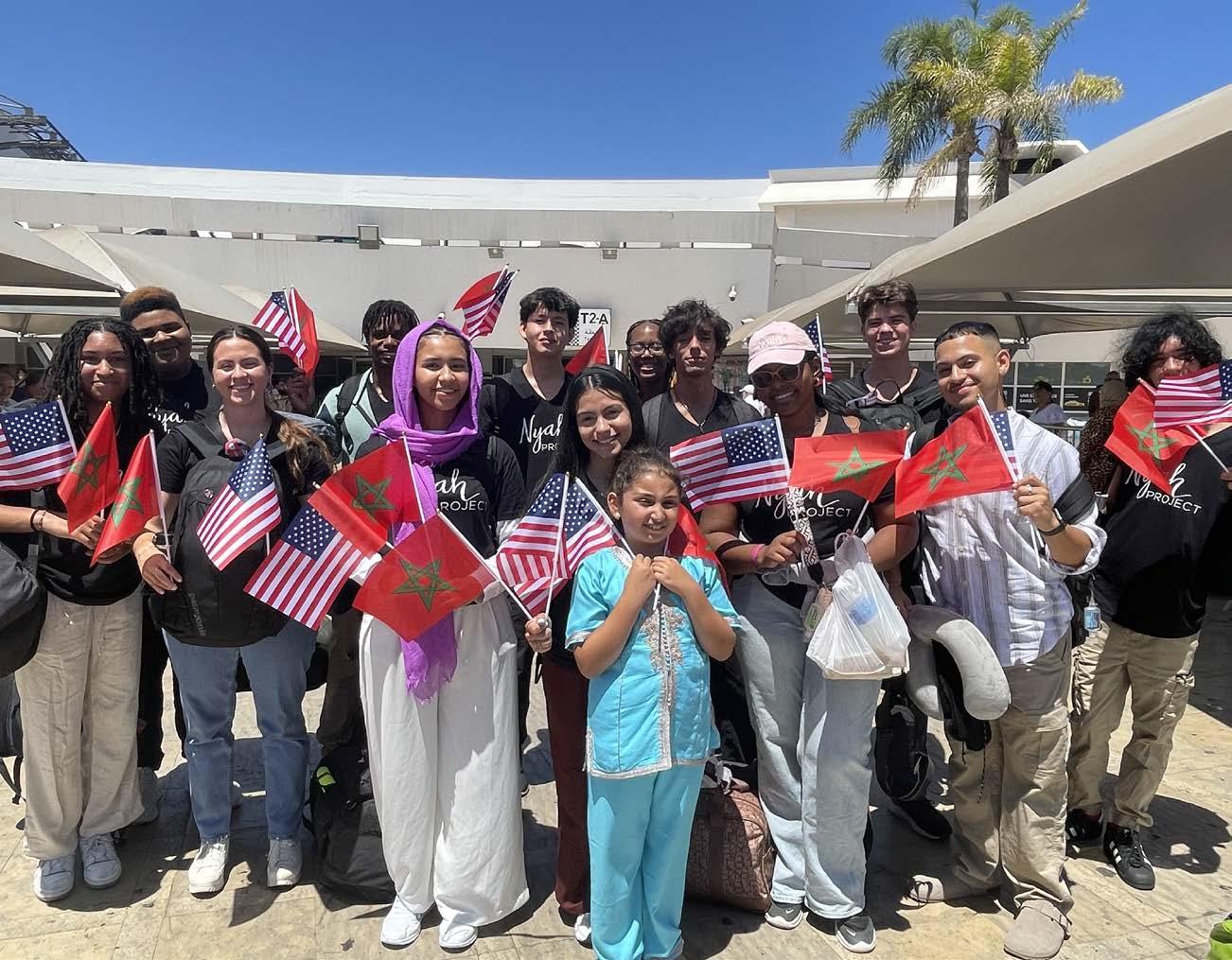
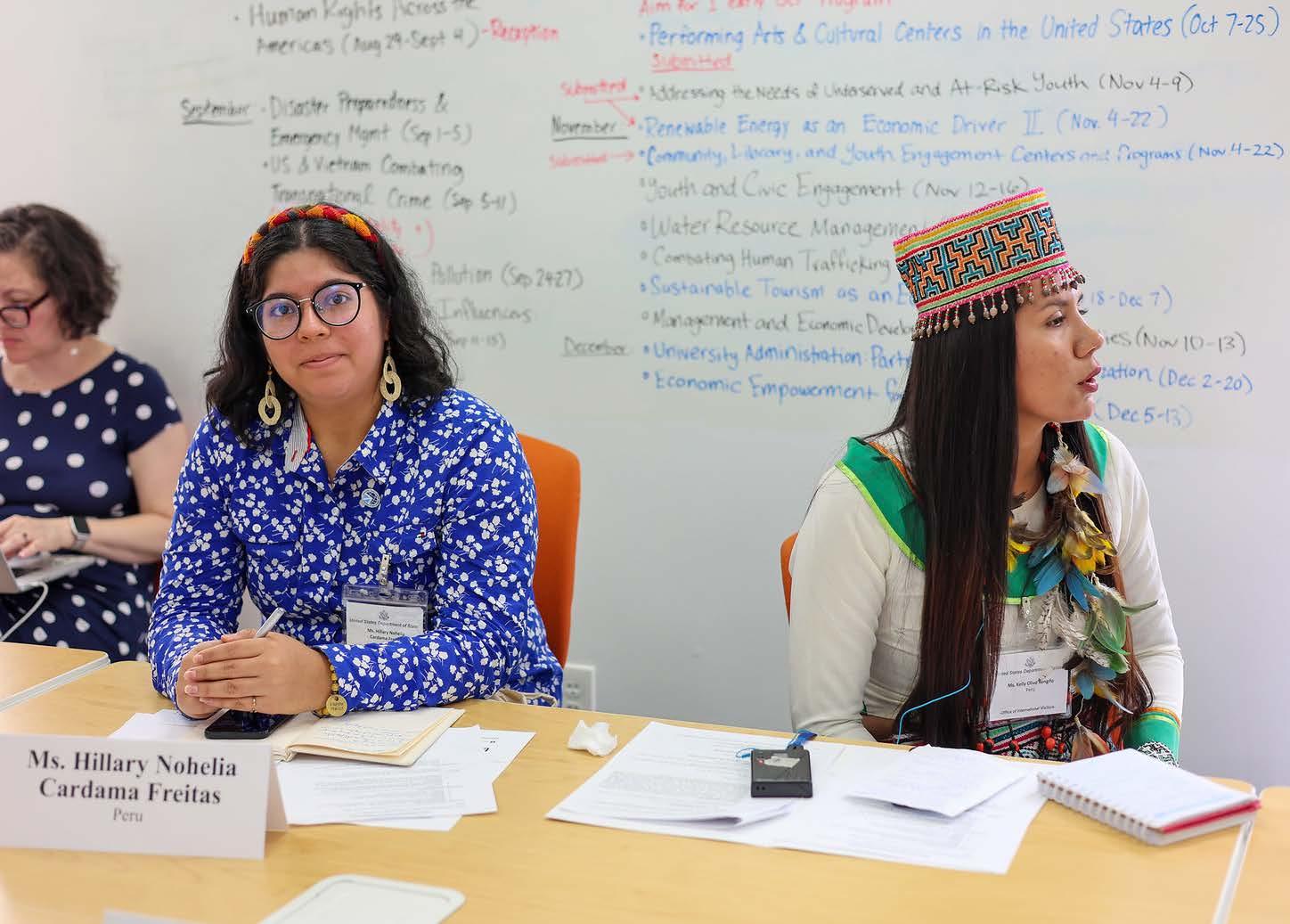
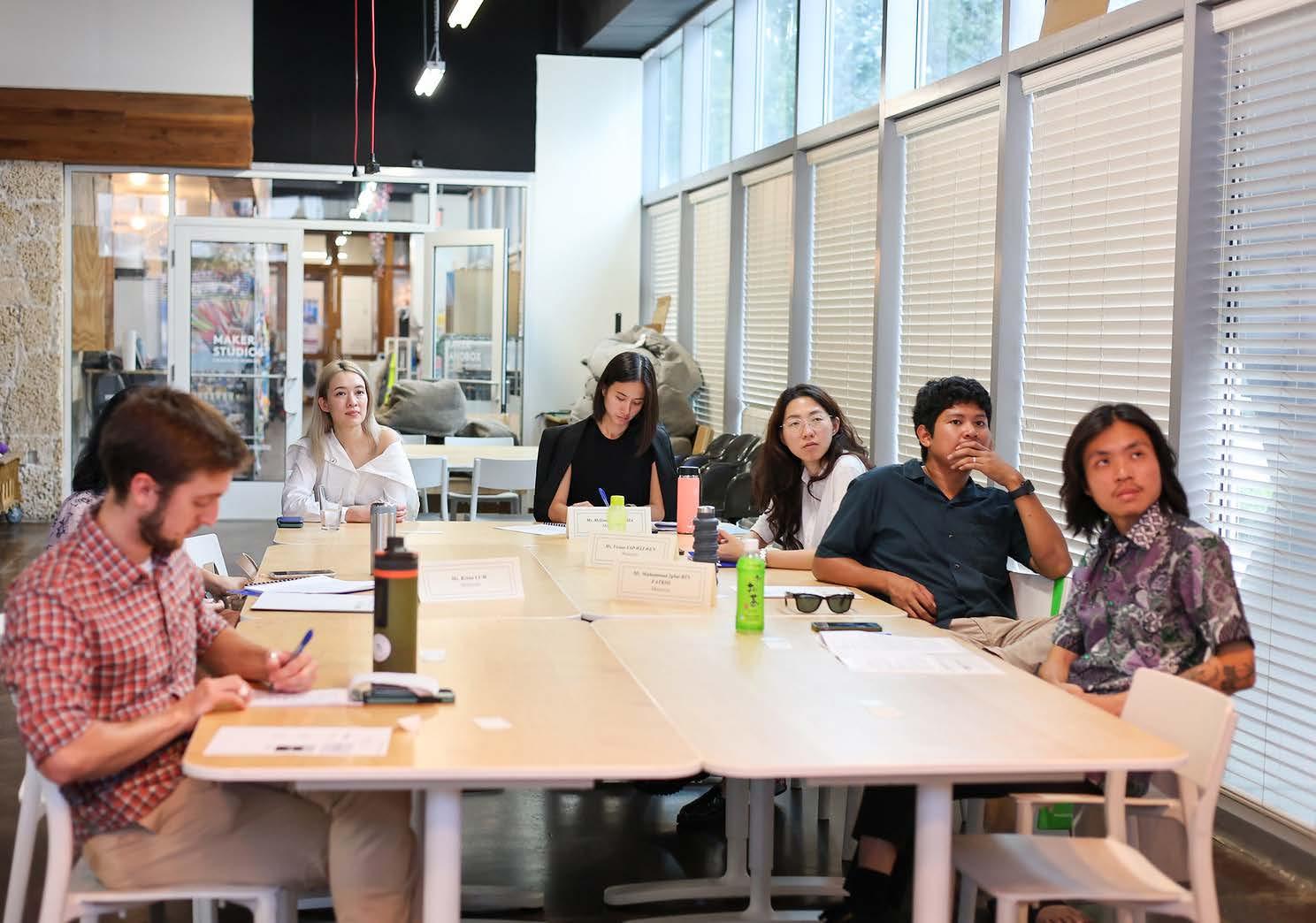
Self-described social entrepreneur Ari Sernik is a natural fit as a Nyah Project mentor. Ari says his own voyages — from work with HIV-positive children in Cambodia to service in the Israeli army — have broadened his understanding of some of the world’s most dire situations.
Ari’s mentorship isn’t just a side gig. He’s served on the advisory board for nine years, and he even walked 100 miles in four days to raise awareness (and money) for Nyah Project. Ten Miami-area universities were the cornerstones of his walk, and it even earned a sponsorship from Lululemon. Ari says the walk had a broader purpose, too:
“This journey, starting with the spontaneity of backpacking through Southeast Asia in 2012 to the deliberate steps taken, now quite literally, to support the Nyah Project, embodies my commitment to pushing boundaries, fostering personal growth, dismantling limiting beliefs, and advocating for transformative change. In some sort of way, its motivation was to show people that the impossible is possible.”
As the Nyah Project sends youth abroad, Global Ties Miami brings the world here and has been challenging assumptions about diplomacy for more than 60 years.
“We’re trying to forge relationships and bonds at that human-to-human level. We believe that private citizens can be powerful diplomats for their countries. They can help break down stereotypes. They can help build bridges,” Global Ties Miami President, Dr. Athena Passera says.
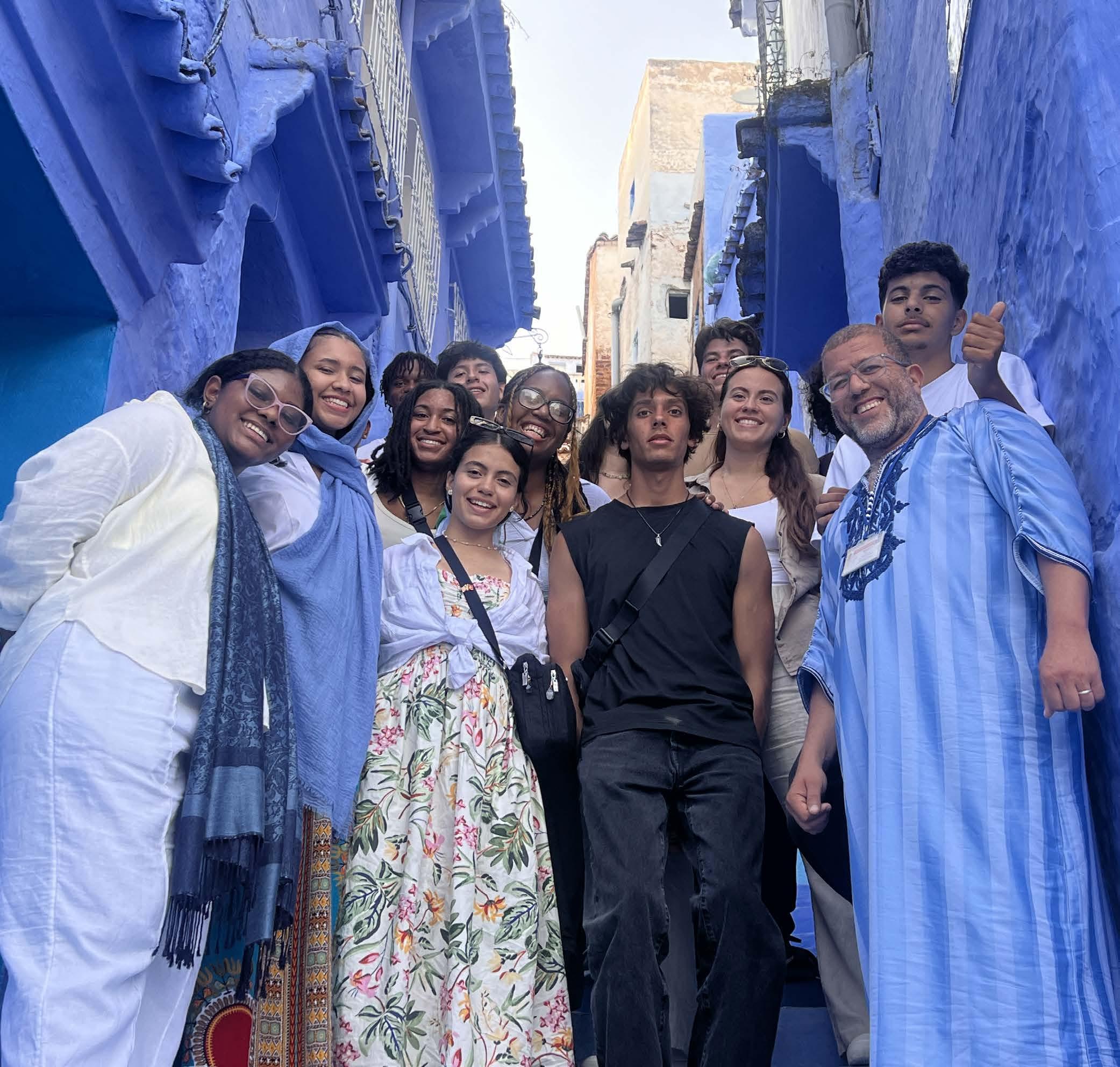
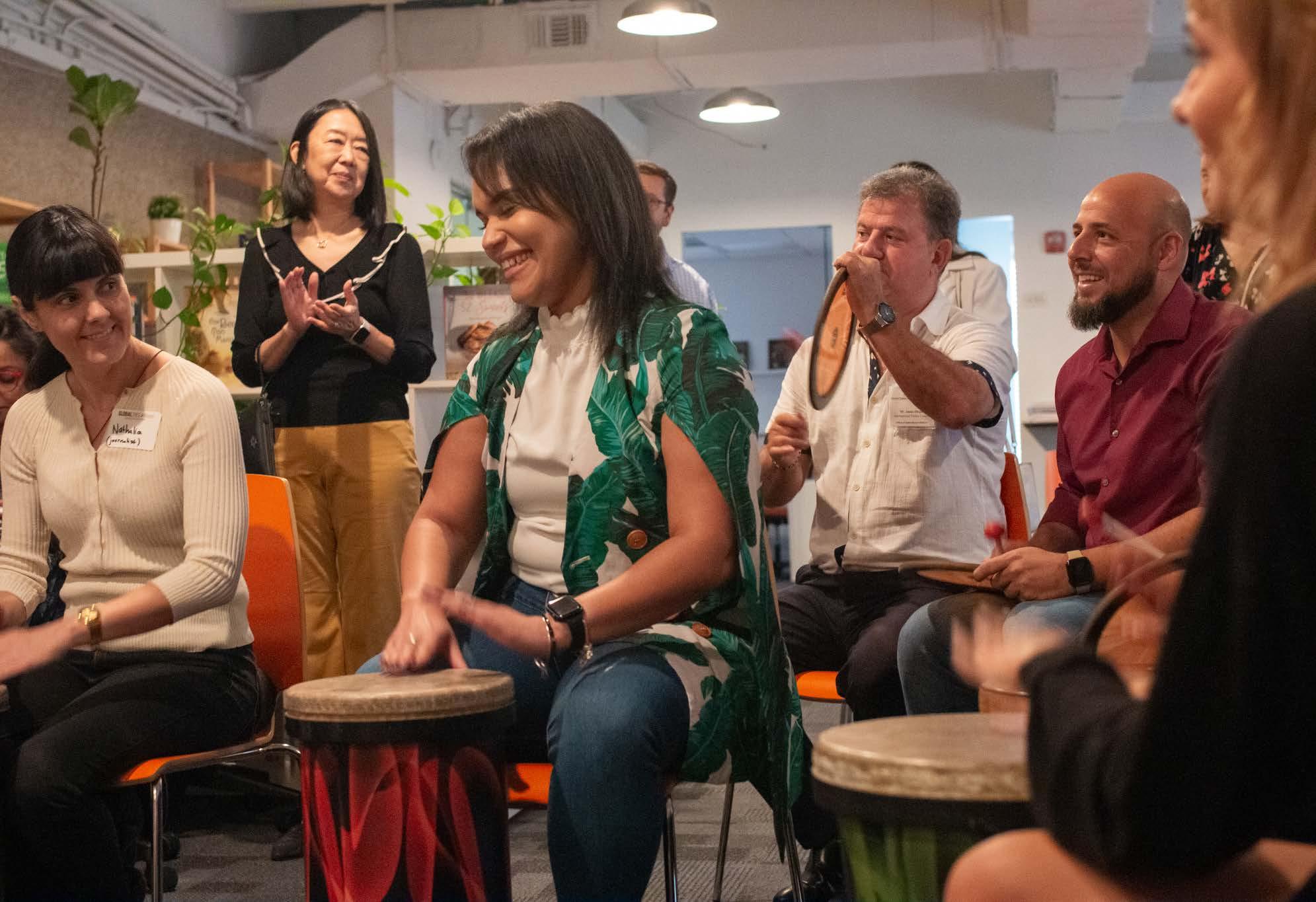
Their work on the U.S. State Department’s International Visitor Leadership Program has hosted professionals from Uruguay to Uzbekistan. While in Miami, guests take part in community events and service, enjoy arts experiences, and take in authentic Miami life. Every step of the way, Global Ties Miami makes space for the grassroots-level diplomacy that comes from informal conversations free from the constraints a diplomat would have.
“We get to be representative of ourselves as humans trying to make connections,” Athena says. She recalls a meeting one visiting delegation had with the Gay Men’s Chorus of South Florida.
There was one visitor in particular who said that he was one of the only outwardly gay individuals in that program and that when he walked into the room, it was the first time that he really felt safe. Because in his country, it’s illegal. That moment, that just feels like everything.
These visitors’ excursions go beyond diplomatic tourism. Athena describes powerful experiences blossoming from gatherings of strangers willing to be vulnerable. Global Ties Miami has hosted multiple groups in conversations with the Coalition of Immokalee Workers, a migrant rights group in Immokalee, Florida, that has successfully self-advocated for fair treatment and wages. As migrant workers share stories of the challenges they’ve faced and the fair treatment they’ve fought for, Athena says the visitor and host groups forge remarkable person-toperson connections despite extreme differences in background and language. “Seeing that beautiful synergy happen is really special,” she says.
Global Ties Miami sees the same courage and openness with students, too. In a meeting of Guitars Over Guns’ high school musicians and artists from countries including Algeria, Venezuela, and Poland, one student asked for advice on gaining their parents’ support for a career in the arts. Athena recalls how affirming the adults’ responses were. One visitor from Jamaica, accustomed to quelling parents’ concerns through her career at a university, said, “When you choose art, you’re choosing humanity.”
While the everyday citizen’s role in the global equilibrium may not sound as high-stakes, Athena does not doubt that civilians’ potential shouldn’t be underestimated:
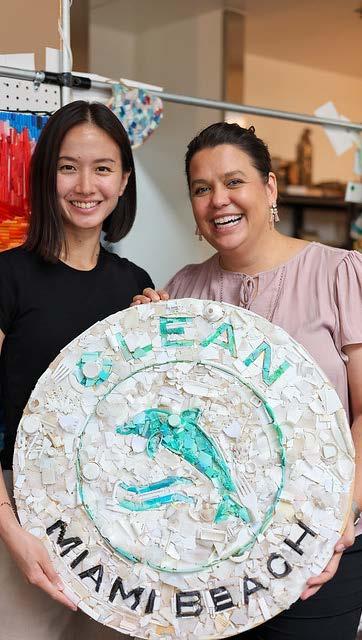
The role of citizen diplomacy has never been more powerful or on a larger scale than it is right now. It’s one of the most powerful deterrents to outright conflict. It’s much more difficult to bomb somebody that you know than somebody who’s faceless.

By Yulia Strokova
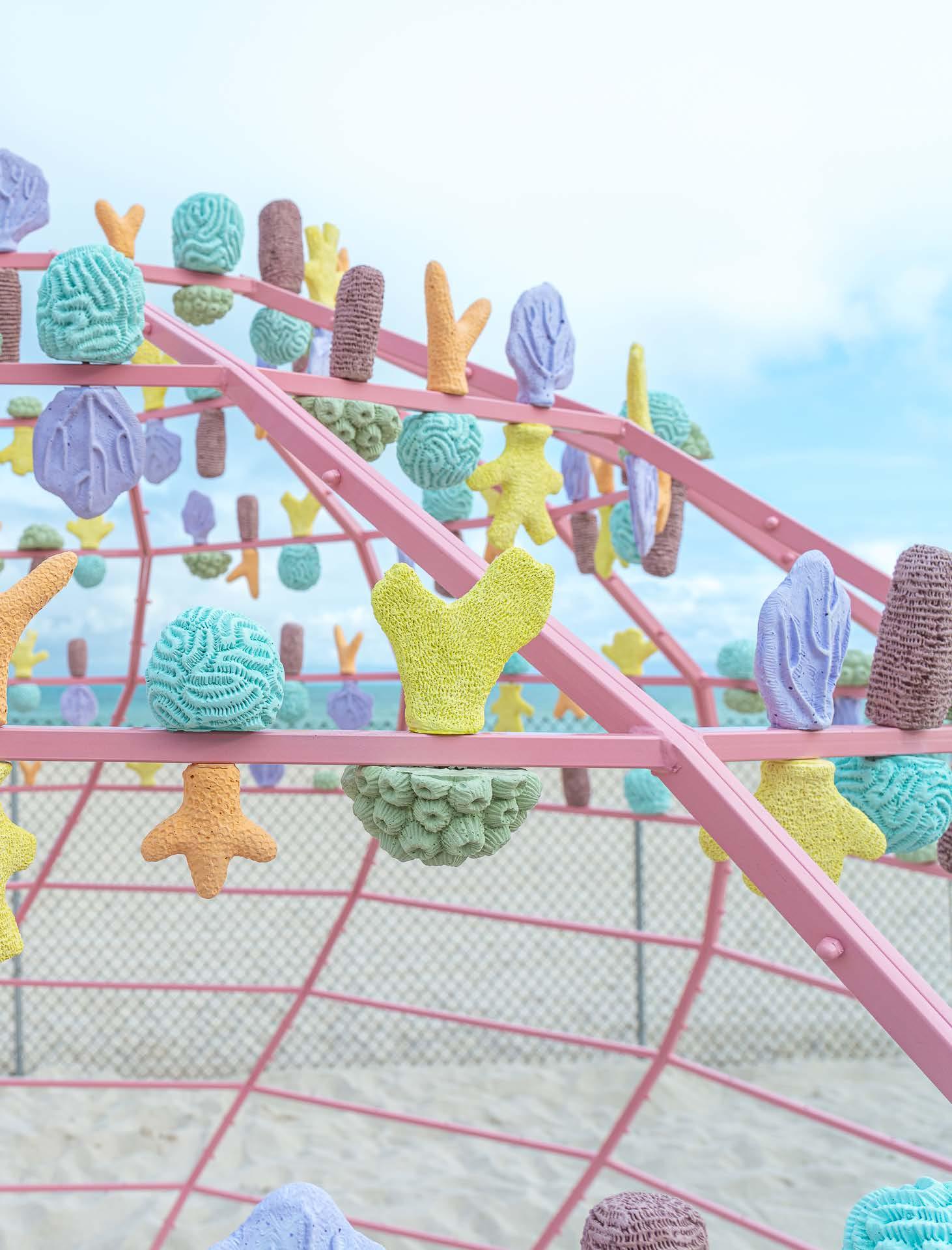


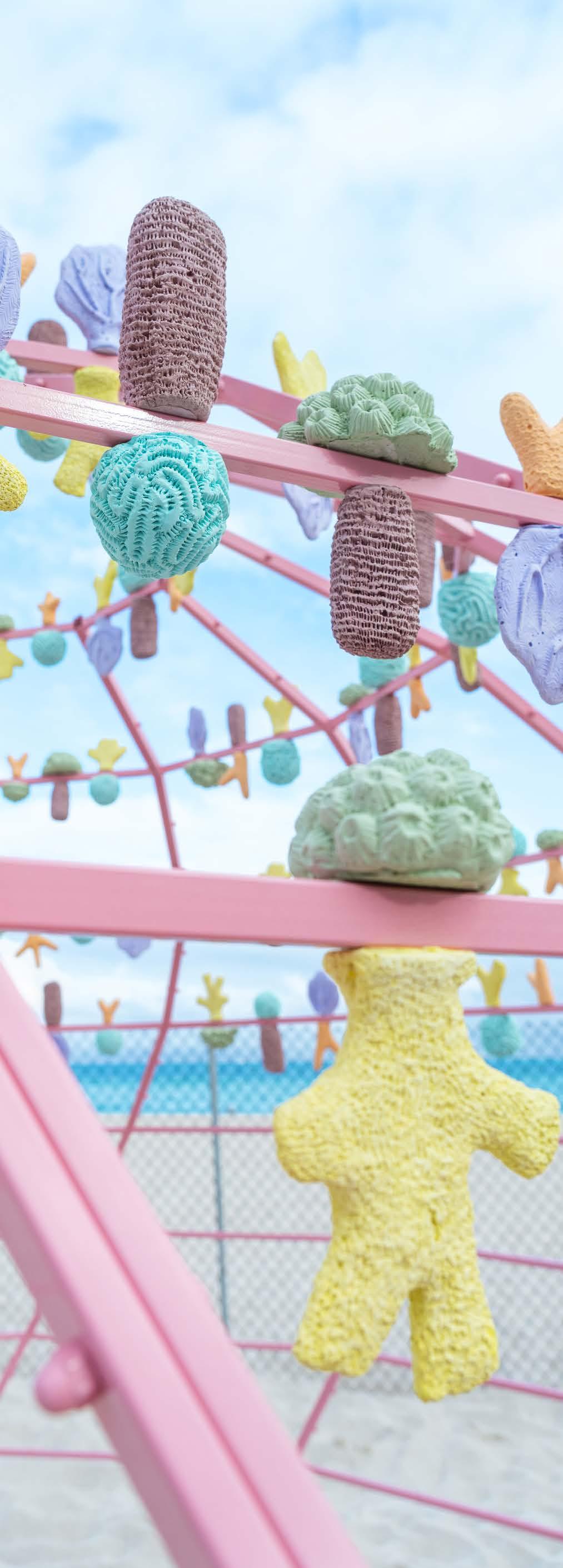
Miami-based visual artists and coral restoration advocates Beatriz Chachamovits and Randi Renate love the ocean more than anything. Their latest collaborative sculpture, On Water and Future Dreams, is a vibrant testament to this shared passion and a direct call to action.
The colorful dome-like installation, which debuted at the 2024 SCOPE Art Fair beachfront, is adorned with individually-cast coral shapes. These are crafted from durable cement and steel to withstand weather and curious human hands. Beatriz explains, “This material choice allows the piece to remain intact, unlike fragile ceramic replicas. It’s designed to endure and travel to new locations.”
Visitors are encouraged to pick, touch, and handle their favorite concrete coral components in their own way. Each of the 650 handmade pieces is equipped with a bolt, enabling participants to attach it to the structure. By rearranging the pieces on the domes’ frames, visitors create unique configurations and choose which colors and shapes to combine.
This tactile experience sparks a profound connection, allowing participants to hold and study the intricate details of the coral replicas. Each component is modeled after coral species native to Florida’s reef tract, such as elkhorn, staghorn, pillar coral, and sea fans.
“When you hold a piece of coral, you’re not just observing art — you’re part of its story,” Beatriz notes. “That interaction gives people ownership of how the piece is going to look, and that’s a huge deal in creating a lasting impression and keeping that memory alive.”
Corals are animals that live in colonies, maintaining a symbiotic relationship with tiny algae inside their tissues. The sculpture’s interactive design reflects this collective nature. Randi explains:
Individual polyps grow together to form communities. This interdependence inspired our collaborative process and underscores the collective effort needed to replenish the ocean.
It’s also a beautiful metaphor for how we need to address the climate crisis: as a collective of humans, not just as individuals. Climate change affects us all, and it’s going to take a united, collective effort to mitigate its impacts.
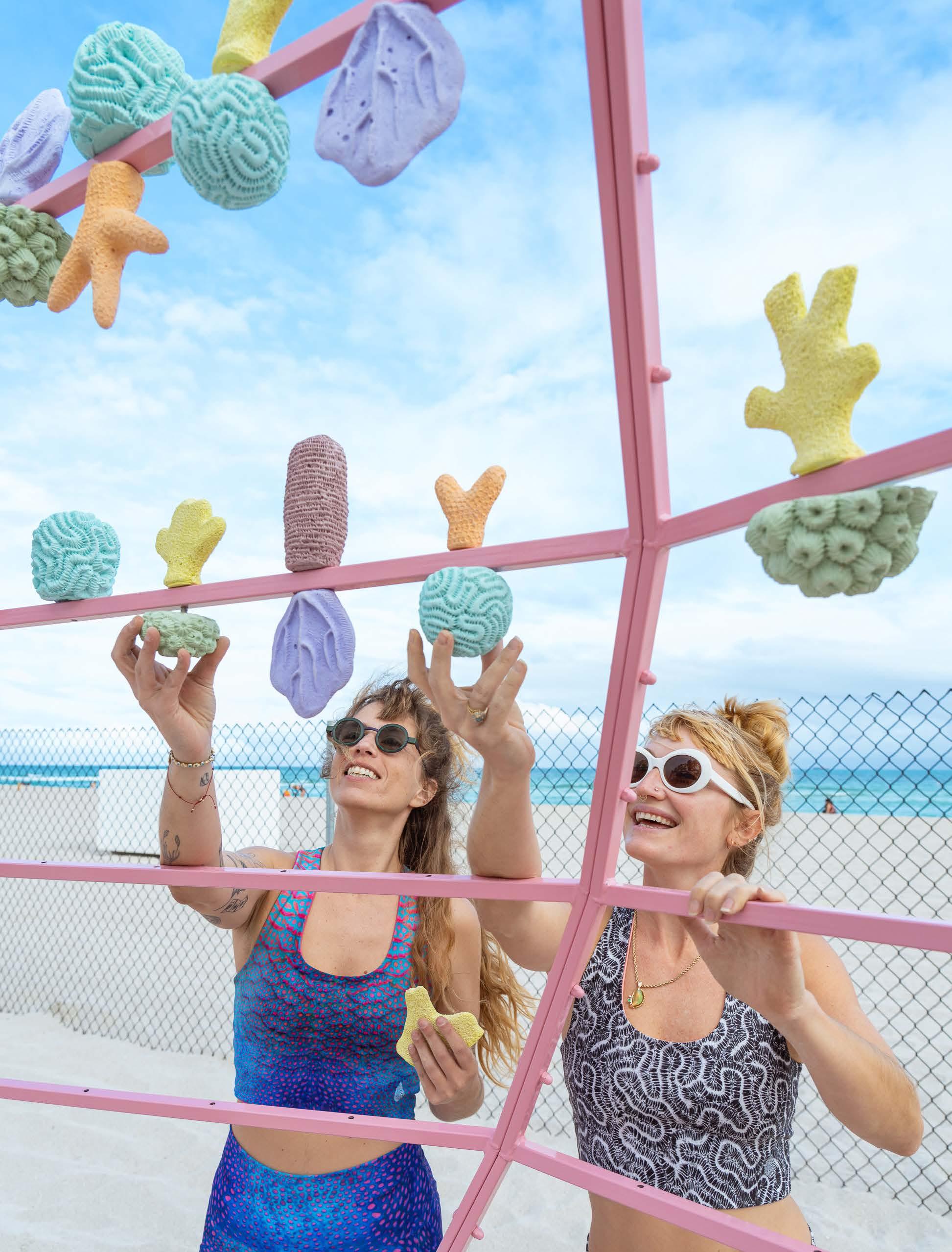
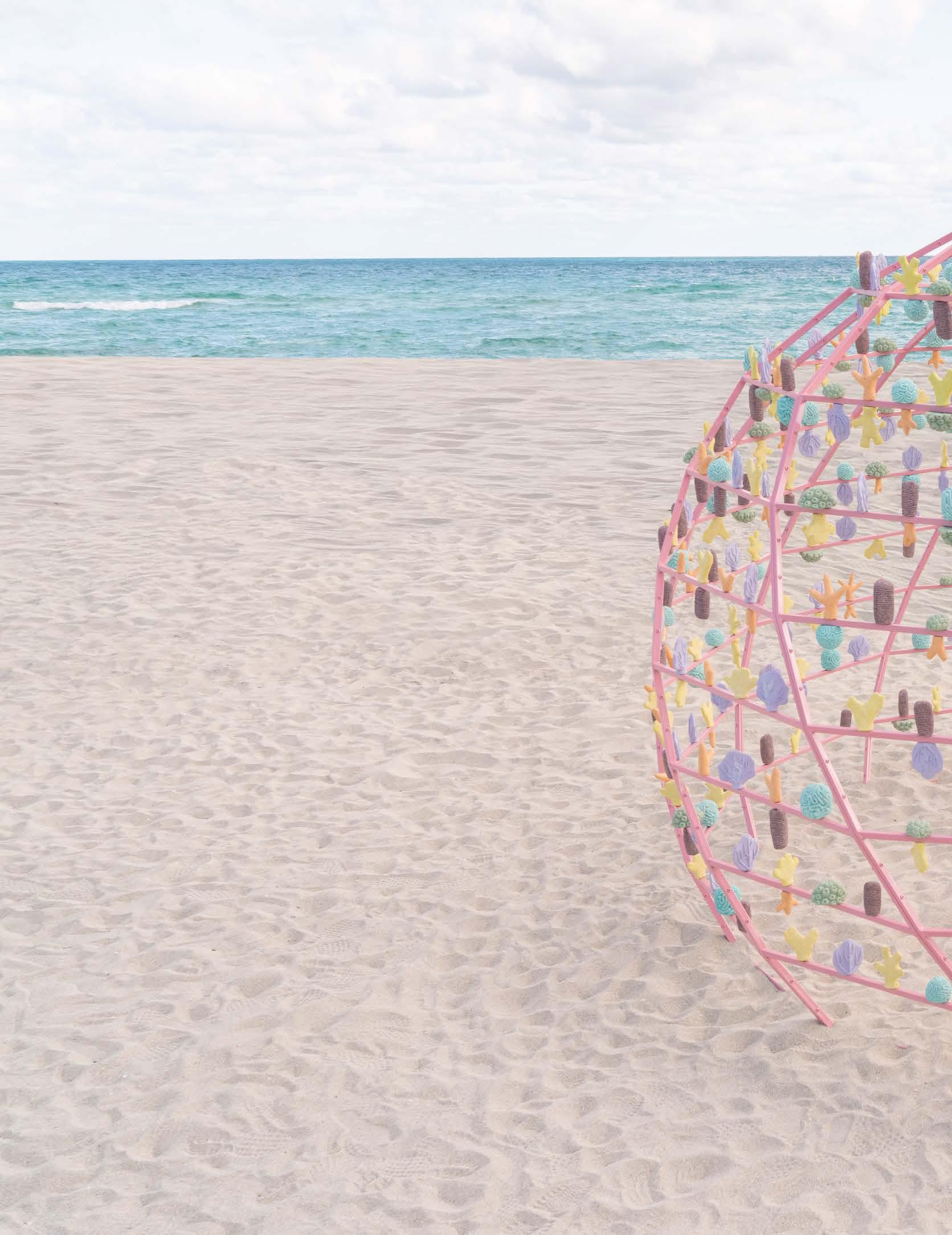
— THAT’S THE CHANGE WE HOPE TO INSPIRE.
Randi Renate
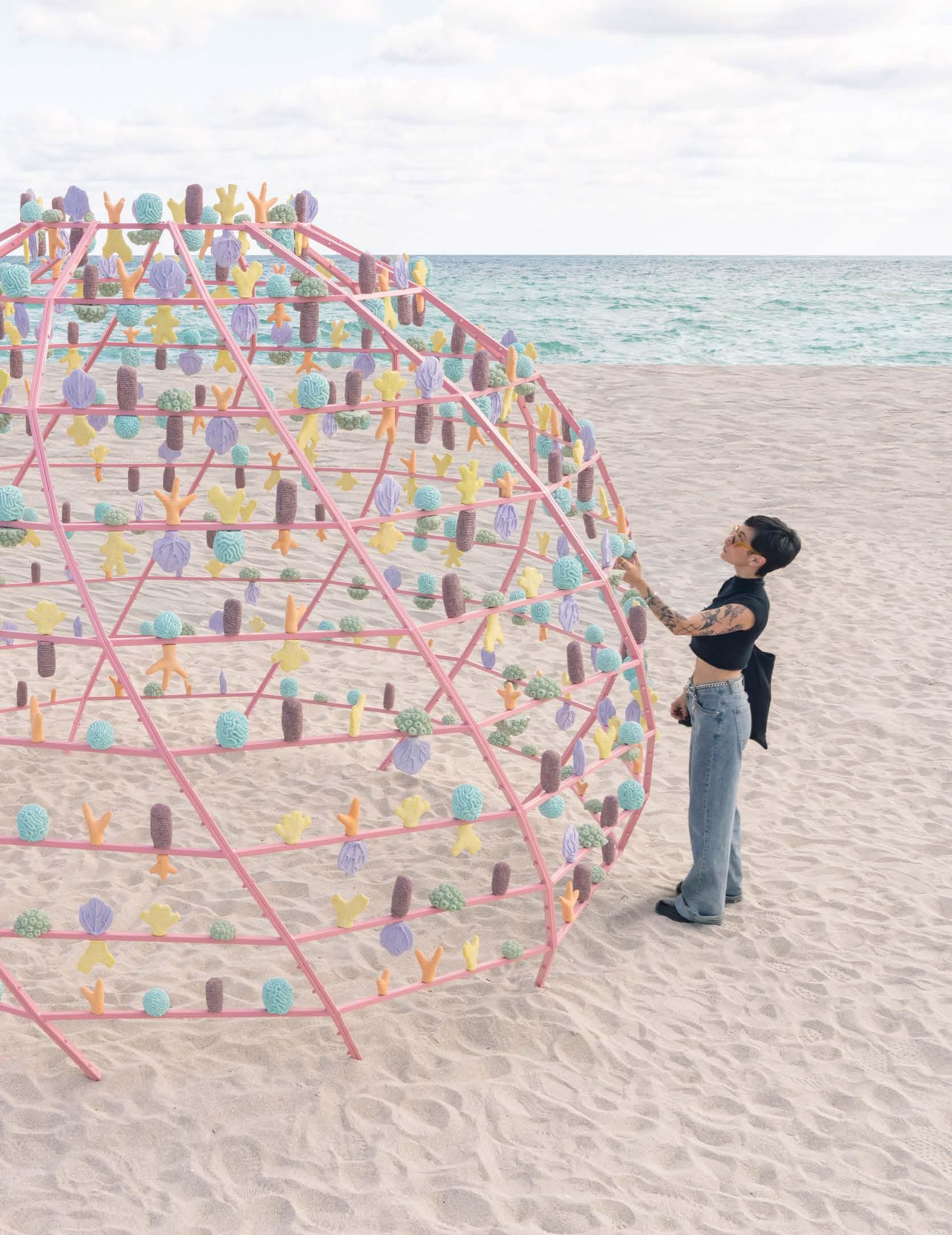
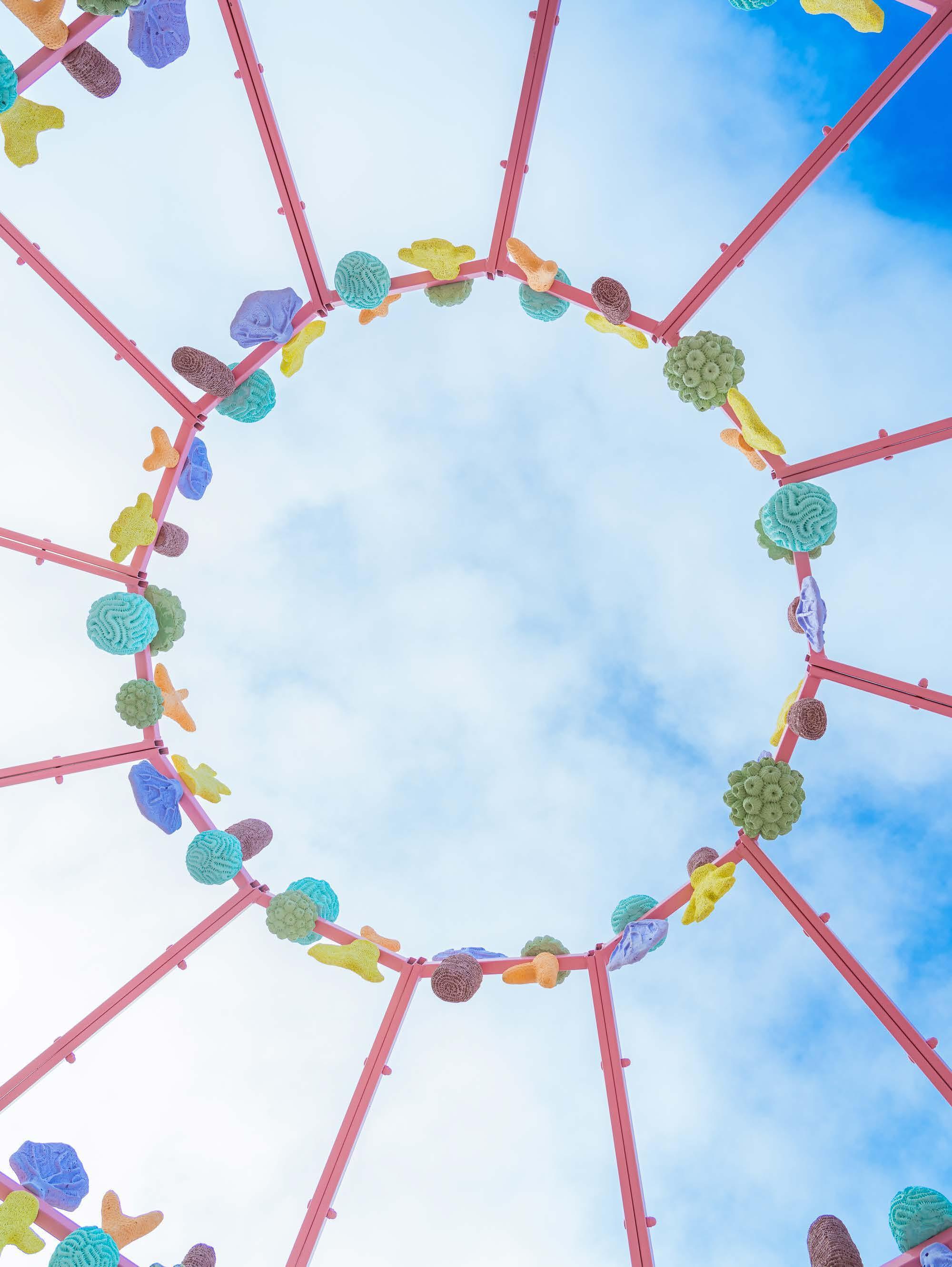
Beatriz Chachamovitz
Coral reefs play a vital role in protecting against extreme weather, shoreline erosion, and coastal flooding. They also help form Florida’s iconic sandy beaches and tranquil lagoons, which are central to the state’s tourism industry. However, this coral reef ecosystem, home to around 1,400 distinct species, is gravely endangered by rising sea temperatures, ocean acidification, plastic pollution, and coral bleaching.
While the sculpture acknowledges the stark reality of reef degradation, it also celebrates resilience and possibility. The choice to incorporate vibrant colors marks a pivotal shift in Beatriz’s artistic journey. “I want the message to be: Hey, this is still alive. We still have time. This is most incredible, phenomenal, magical, alien thing on our planet, and we need to care for it.”
This optimism extends to their mission to educate. The artists stress the importance of citizen science programs like Rescue a Reef and Coral Restoration Foundation’s outings.
The sculpture’s creation involved extensive collaboration with local marine scientists, including Dalton Hesley of the University of Miami’s Rosenstiel School of Marine and Atmospheric Research and Lad Atkins of the Frost Science Museum. Together, they selected several coral species to feature, each with ecological significance. For example, the pillar coral, now functionally extinct, underscores the urgent need for conservation. The project’s local sponsor, Bridge Initiative, led by Kate Fleming, highlights its mission to unite art, science, and community to restore this fragile yet mesmerizing marine ecosystem.
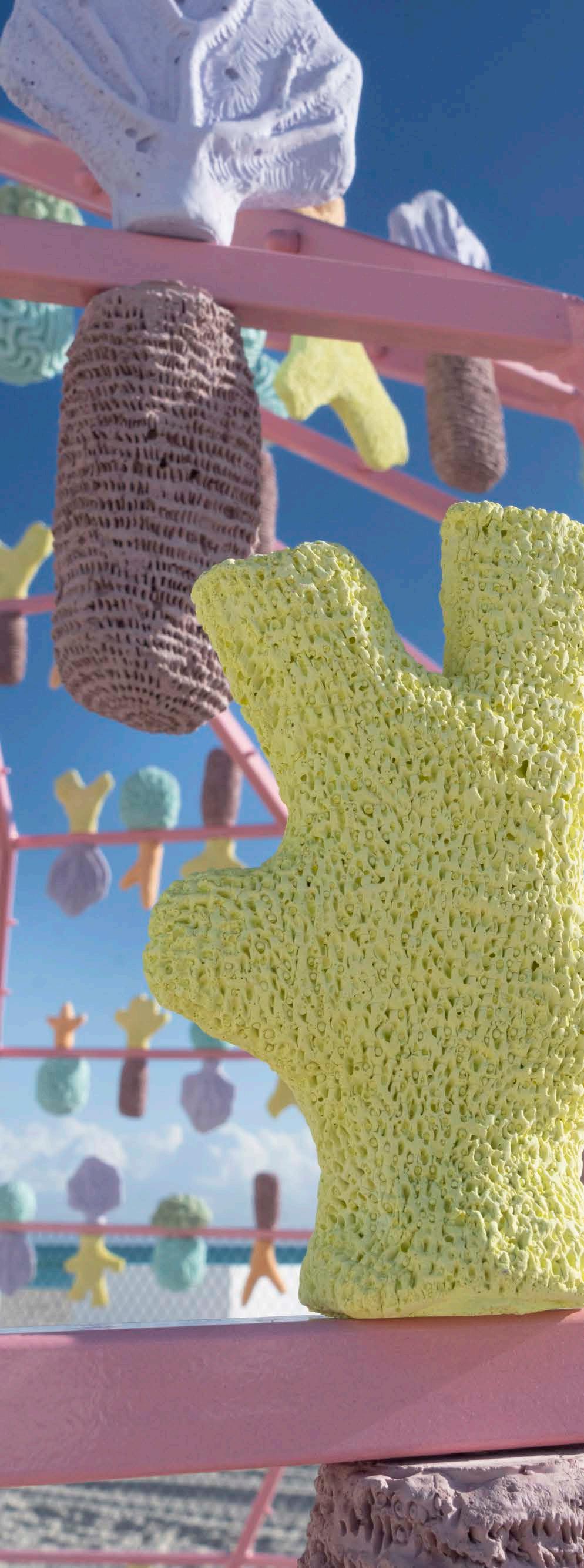
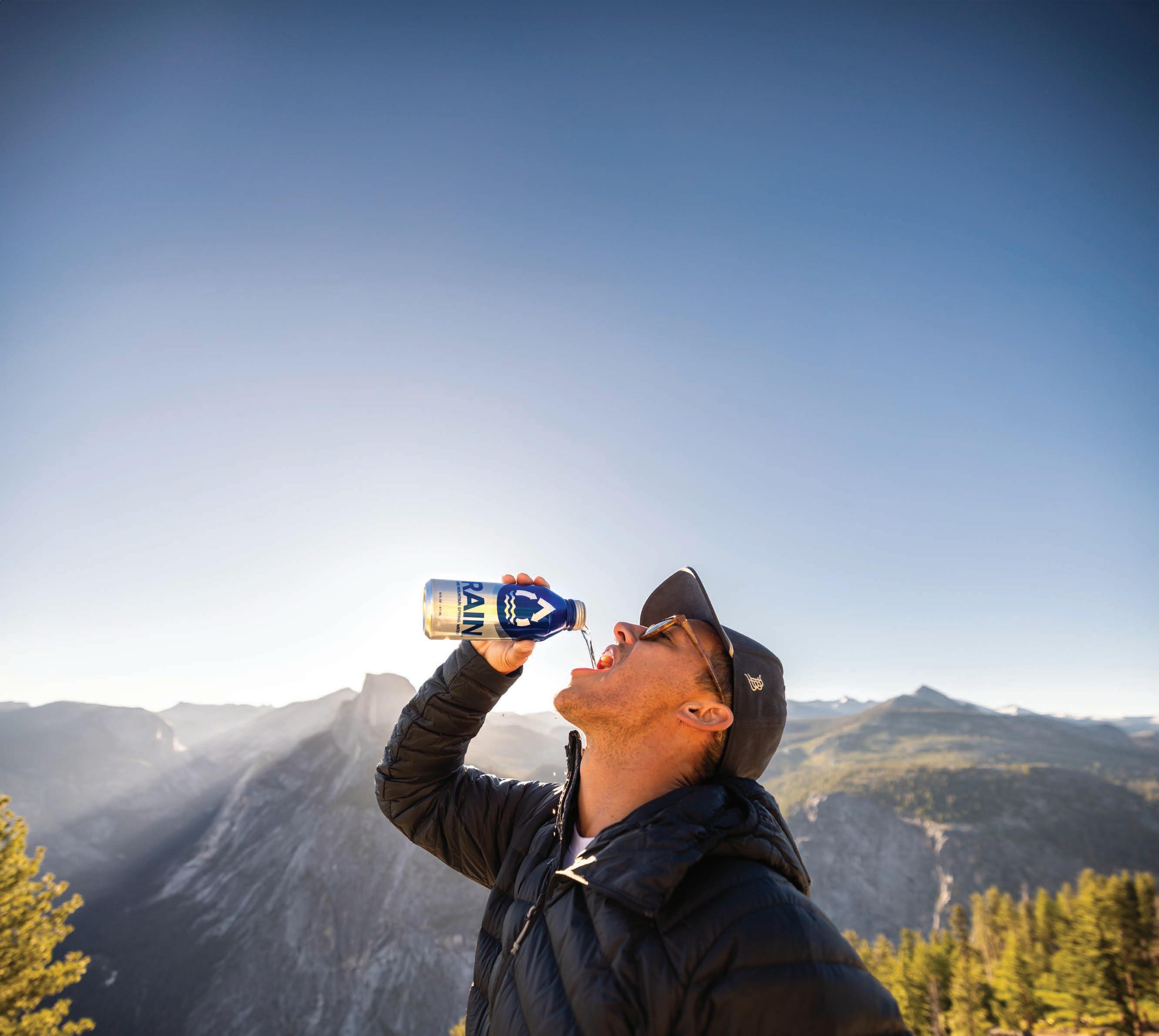
Impact.Edition is a true labor of love, born from the dedication and passion of our incredible team. These talented individuals volunteer their creative skills and share deep care for the community to bring beautiful, thought-provoking visual and written stories to a wider audience.
When we say community-driven publication, we truly mean it. This magazine would not exist without the collective contributions of countless individuals — from the unwavering support of family and friends to the generosity of our donors, the collaboration of community partners, and the enthusiasm of our readers.
Together, you help us elevate best practices and creative solutions, empowering our communities to move toward a more just and sustainable world through the transformative power of storytelling.
Your support enables us to amplify the voices of local changemakers, shed light on critical issues, and inspire meaningful action in our communities.
We can continue building a better future — together!
Media Partnerships
Reach out to us at hi@impactedition.org to see how we could scale impact together.
Spotlight Your Impact
We partner with mission-driven ventures and foundations interested in spotlighting their impact in print. Gather your content into an advertorial related to the topic of social and climate justice, art for impact, community innovation, & business for good.
Share Your Story
Impact.Edition has featured hundreds of impact ambassadors and changemakers who create lasting change in their communities. If you consider yourself a good fit, please review our submission guidelines for contributors and guest writers.
Support Our Operation with a Monthly Donation


